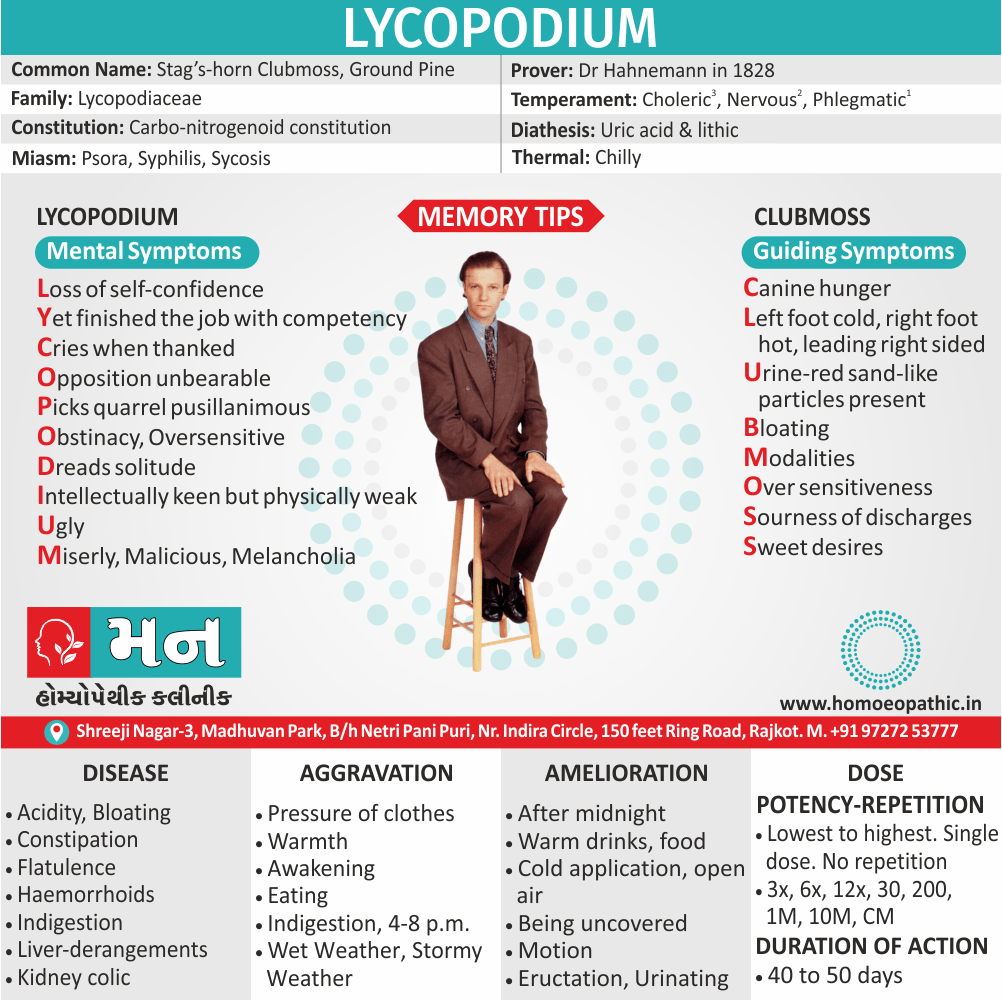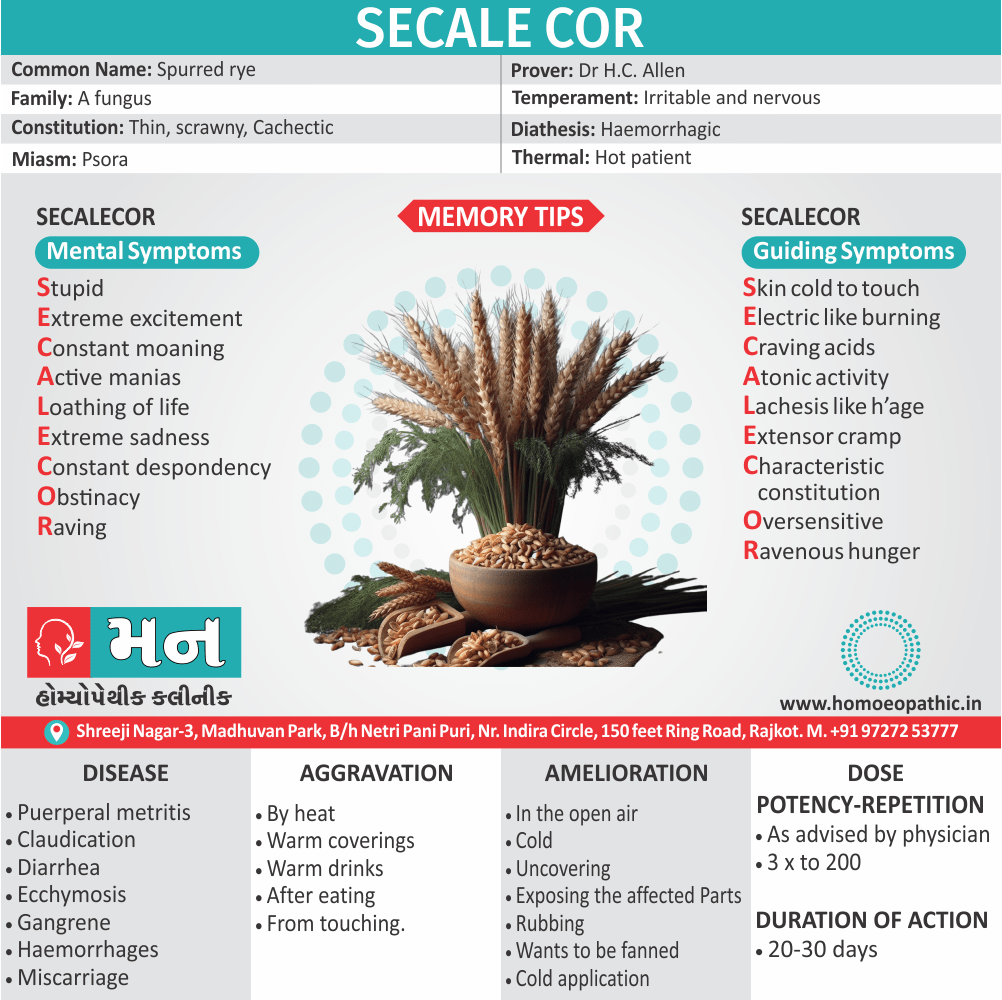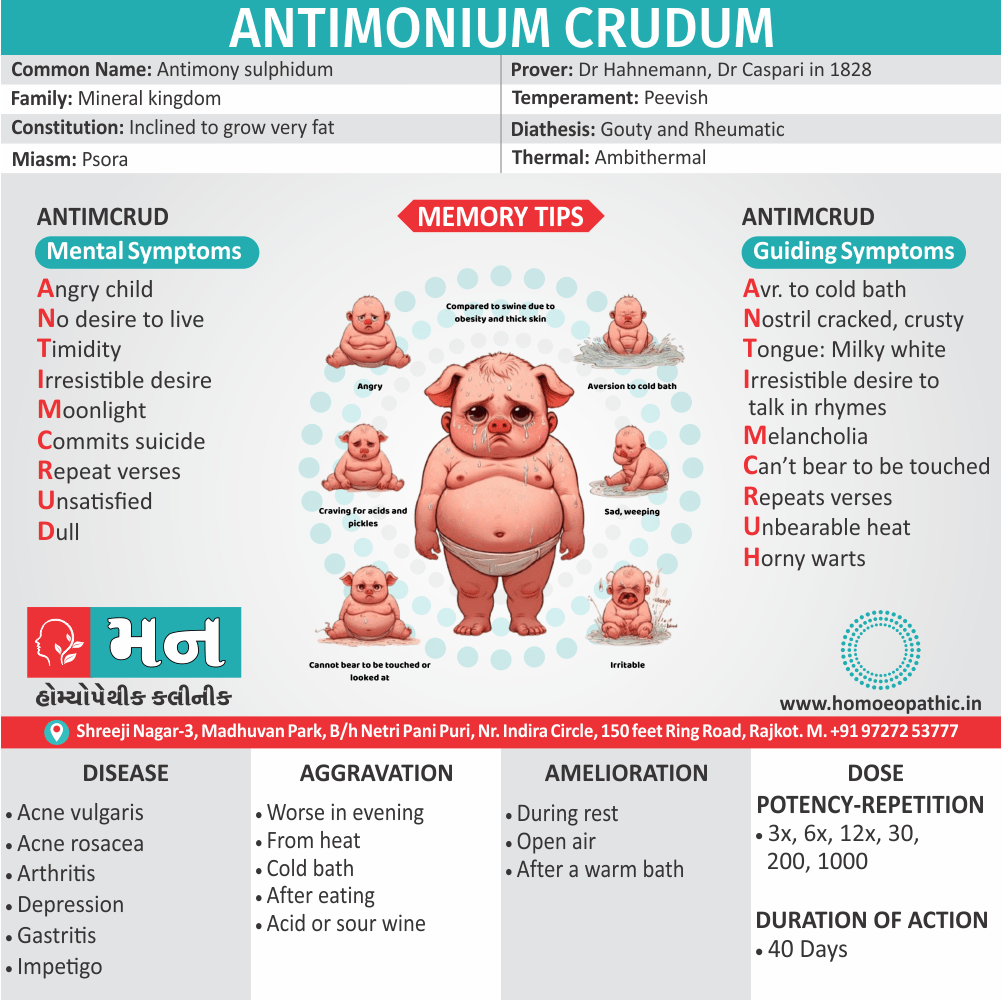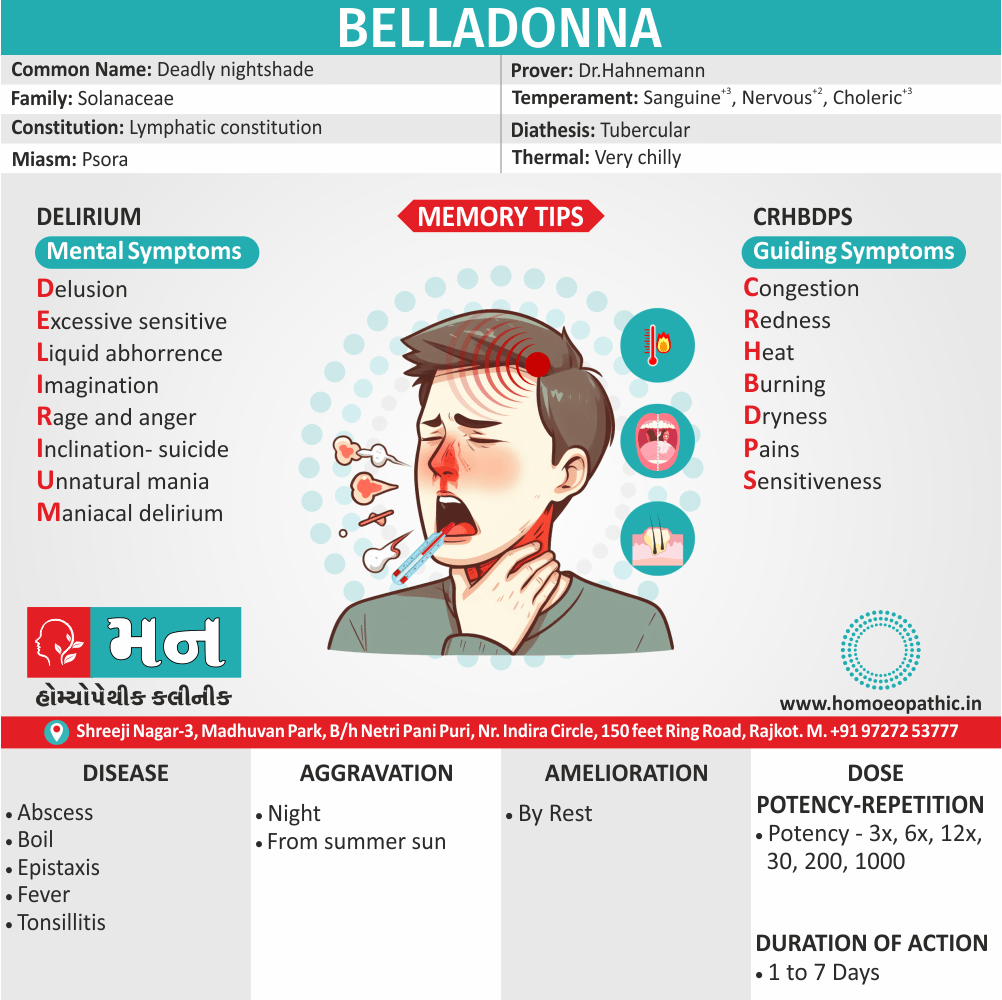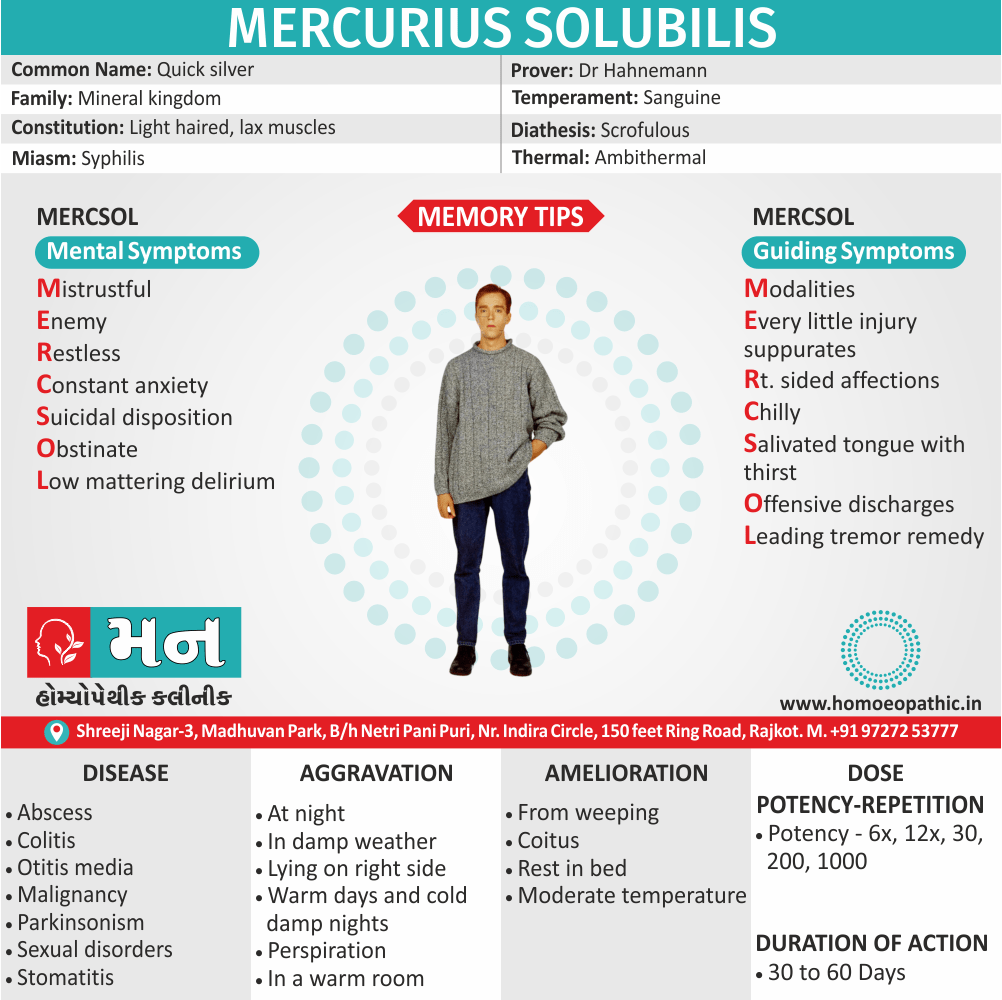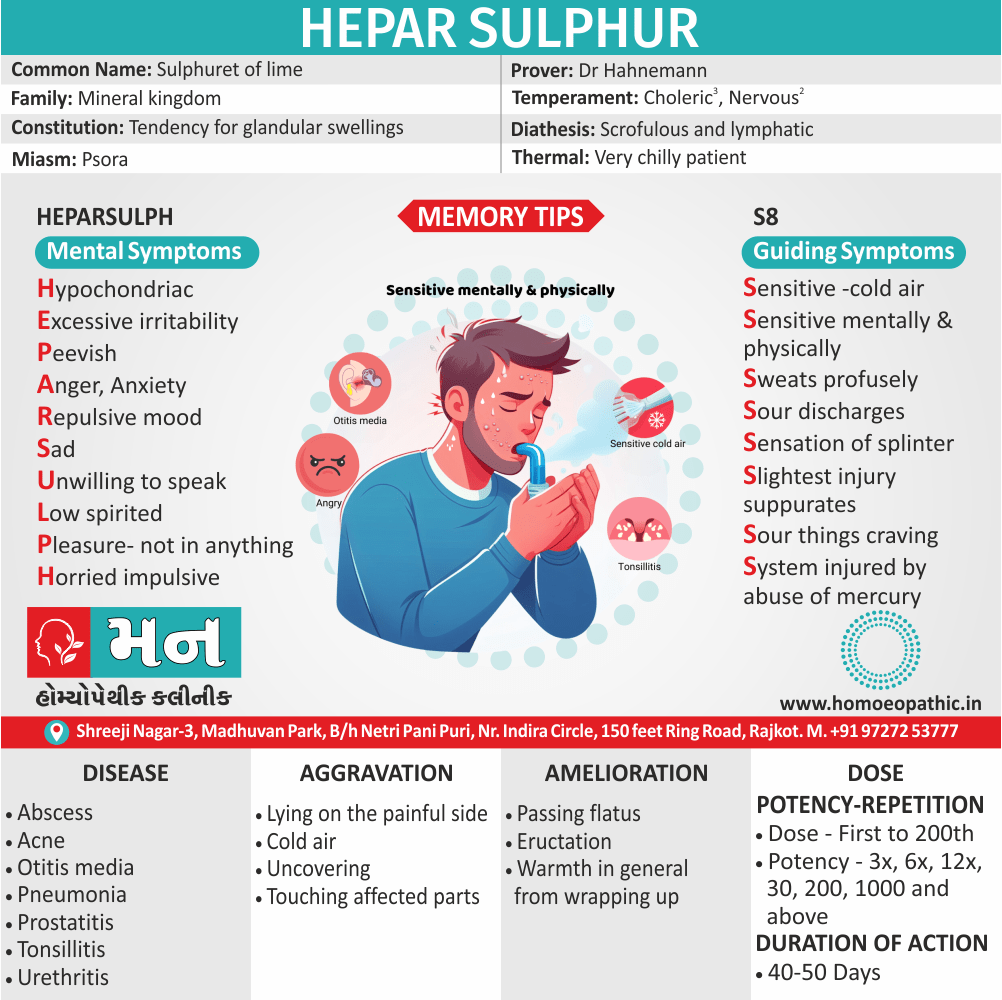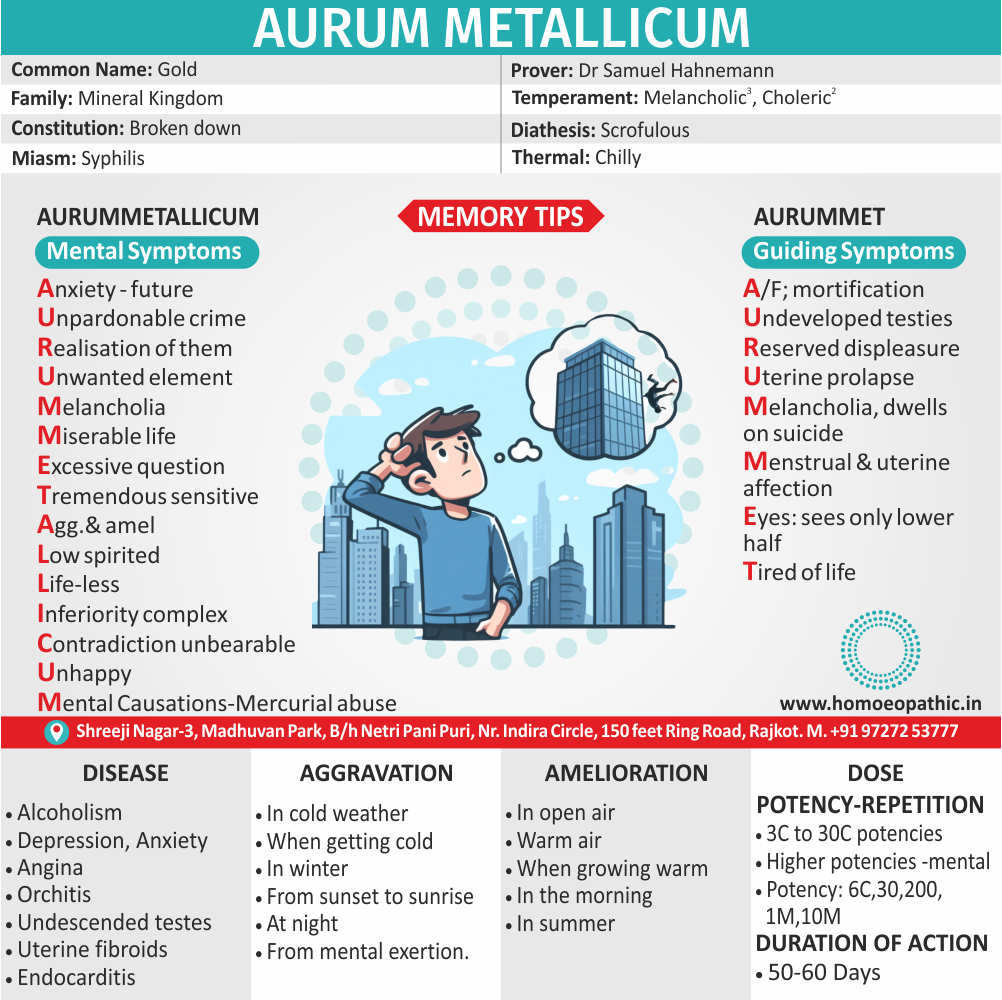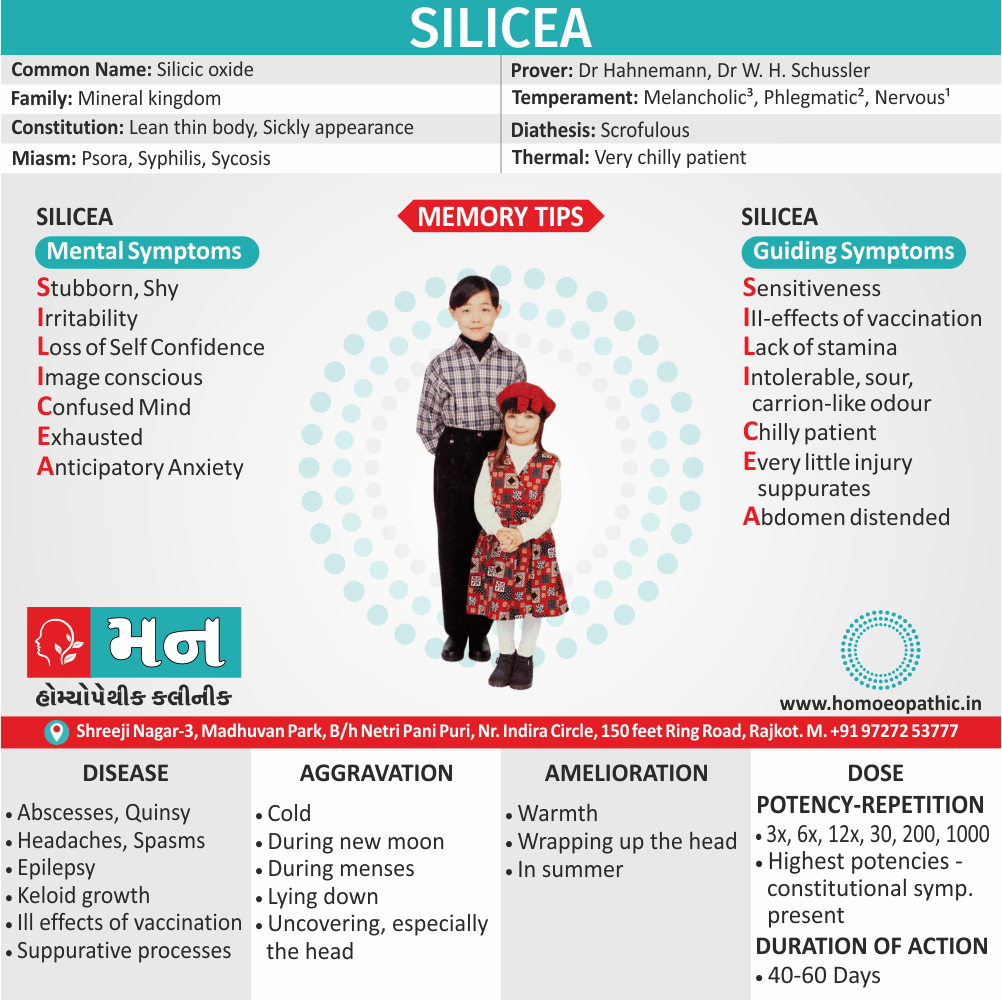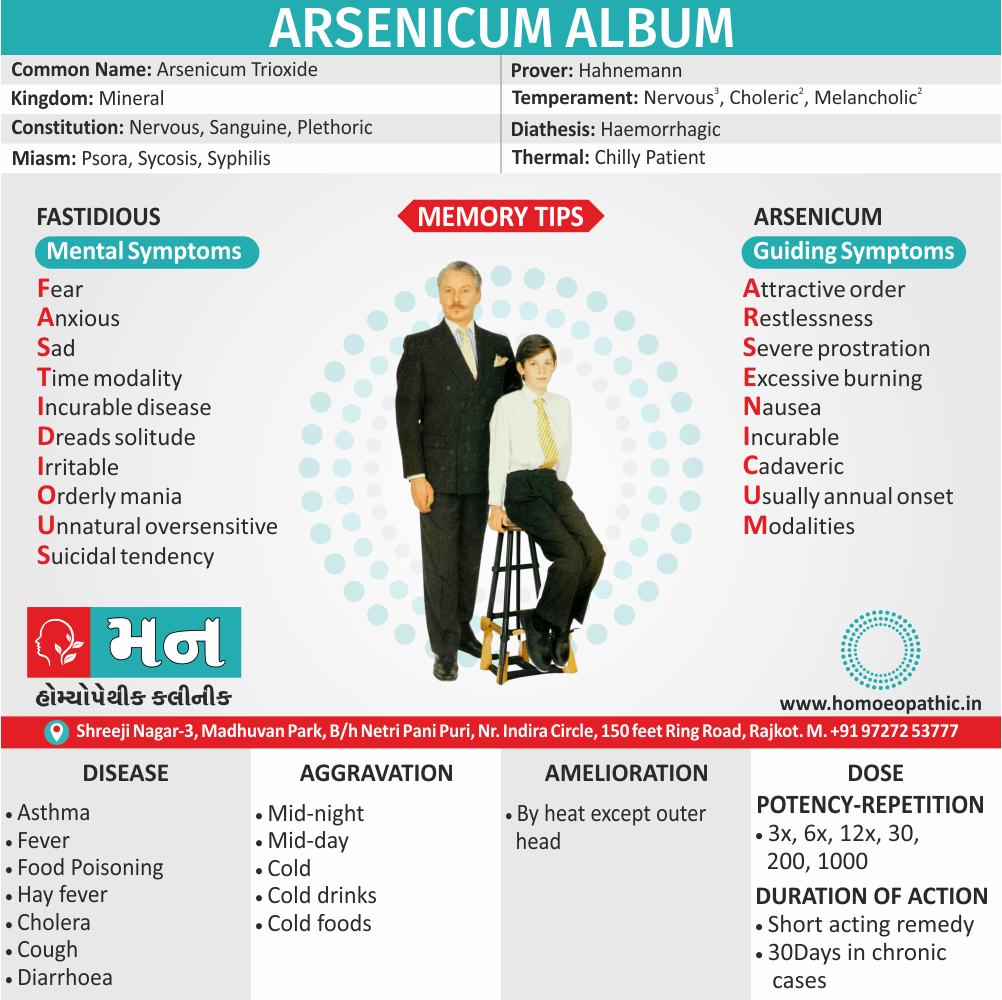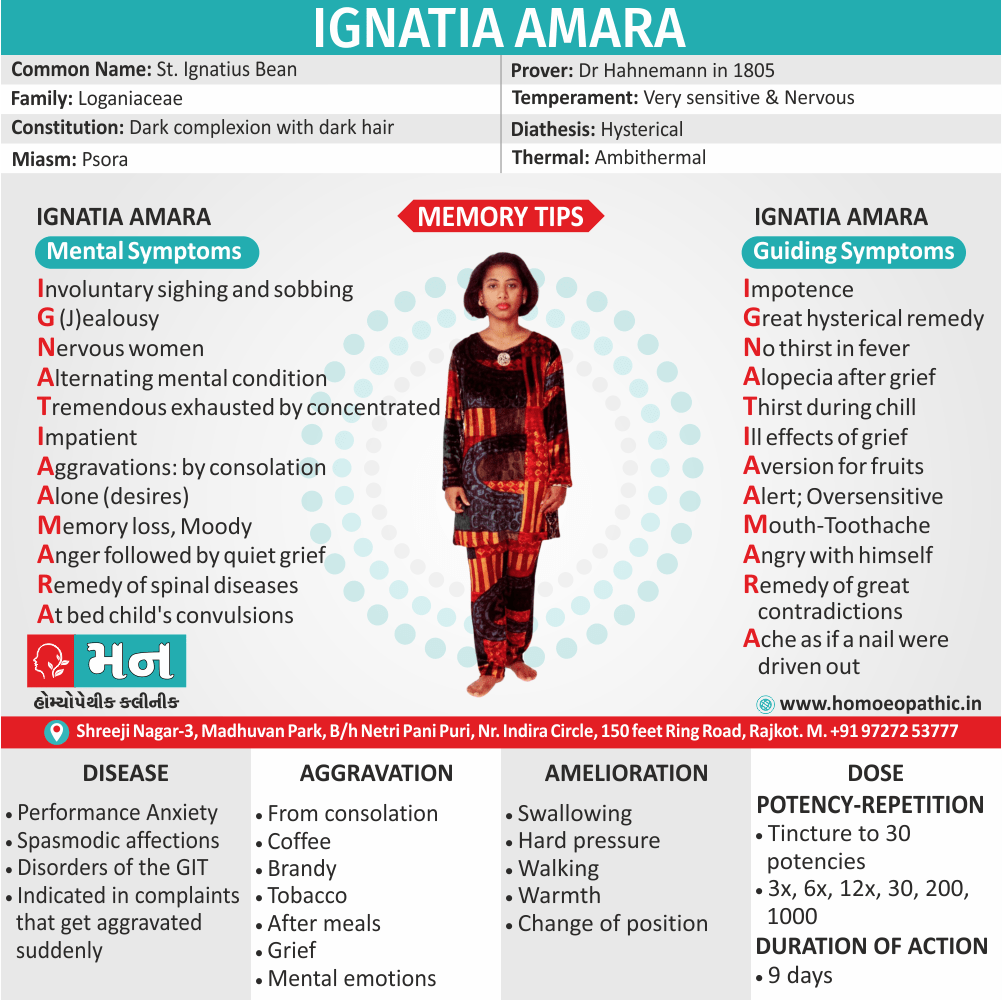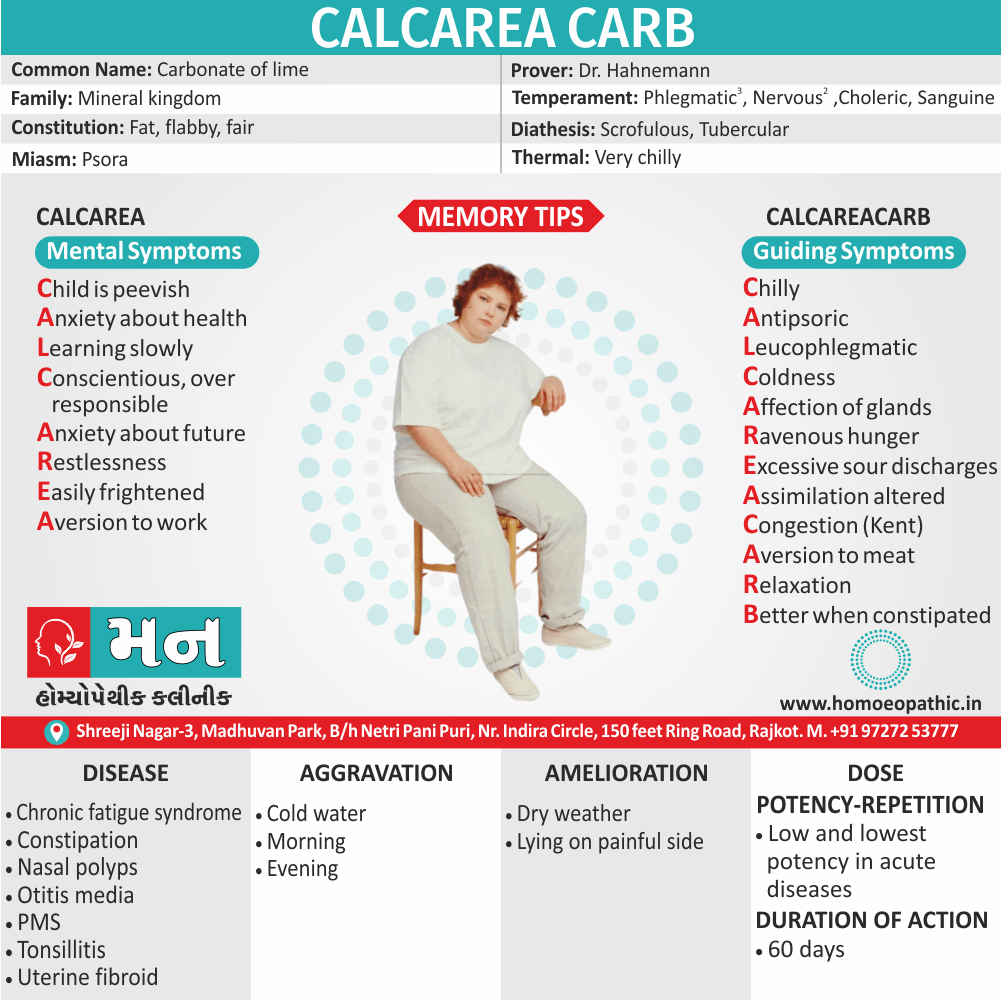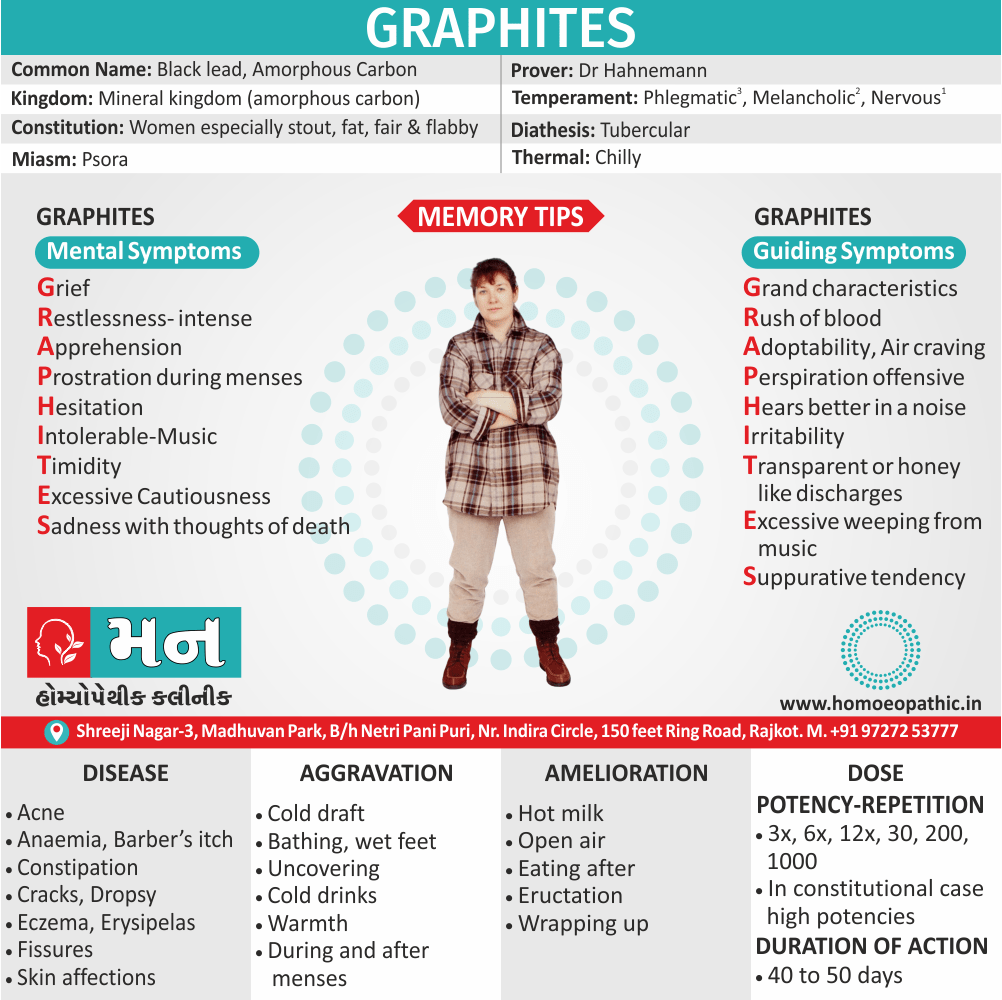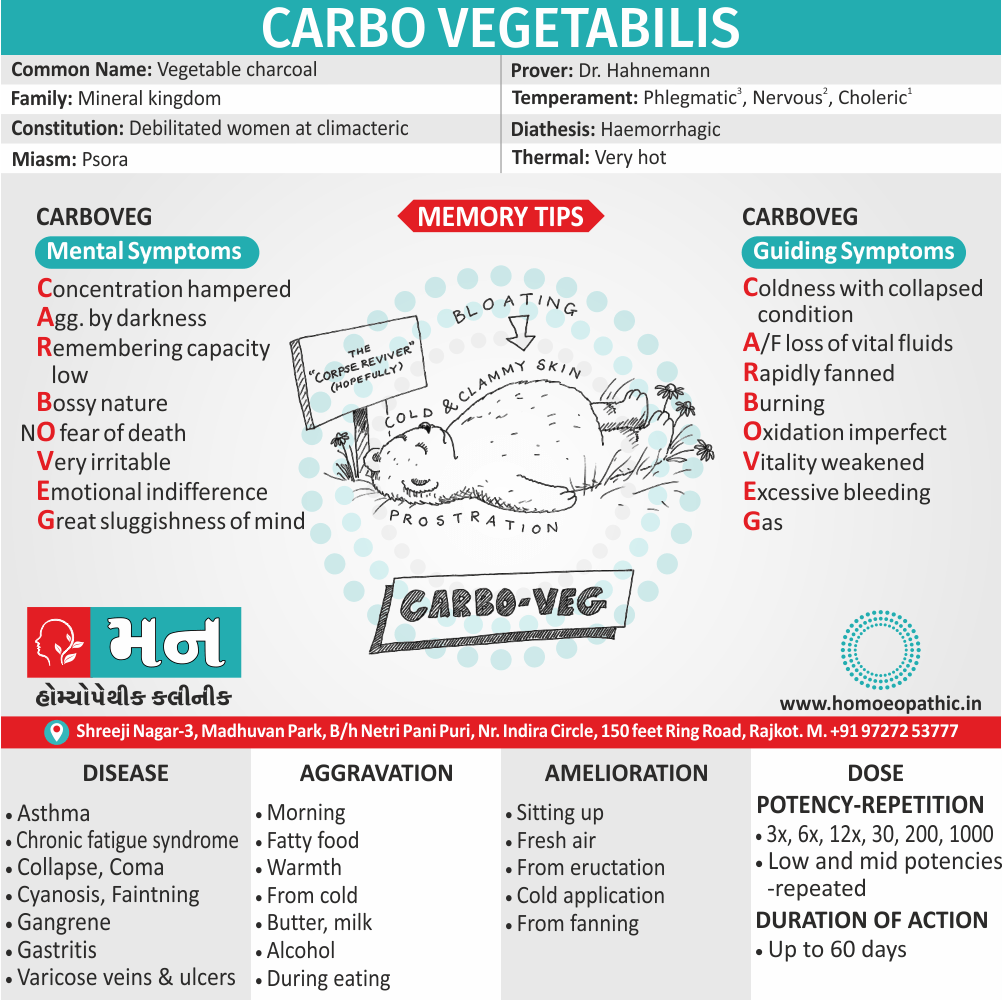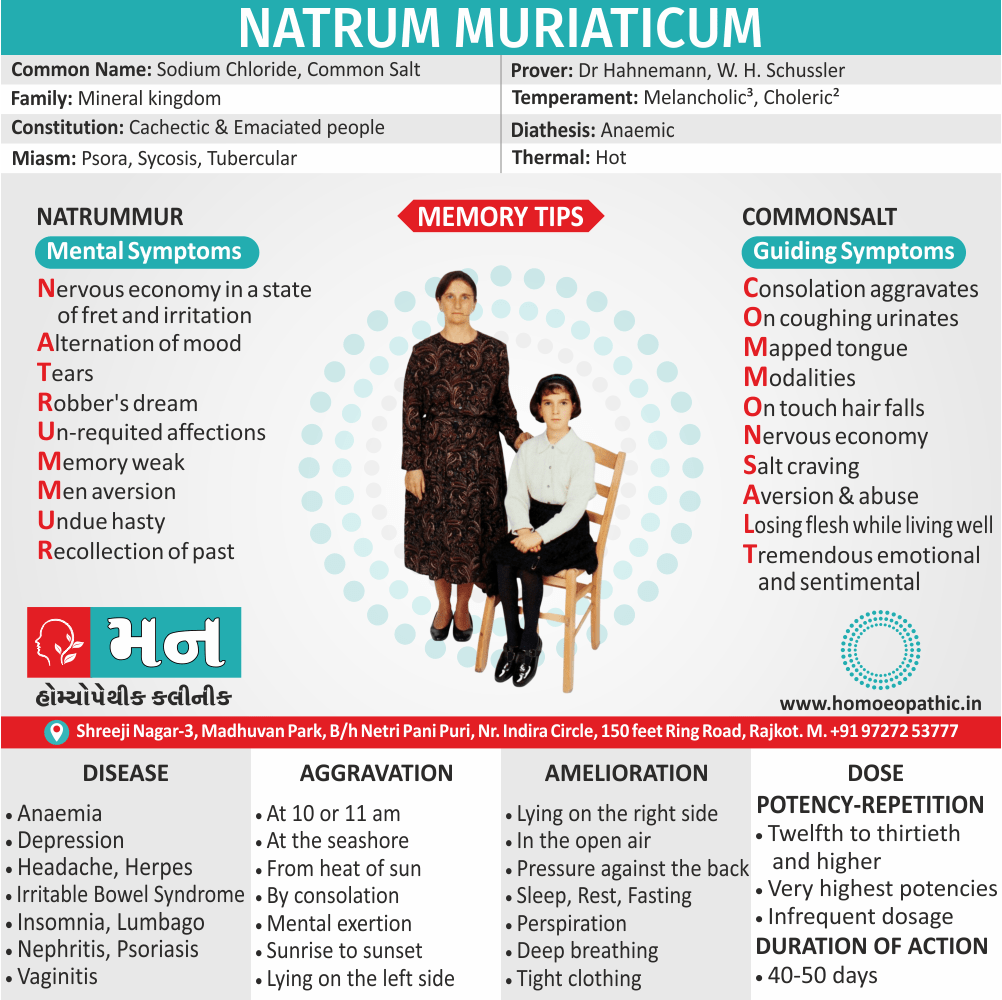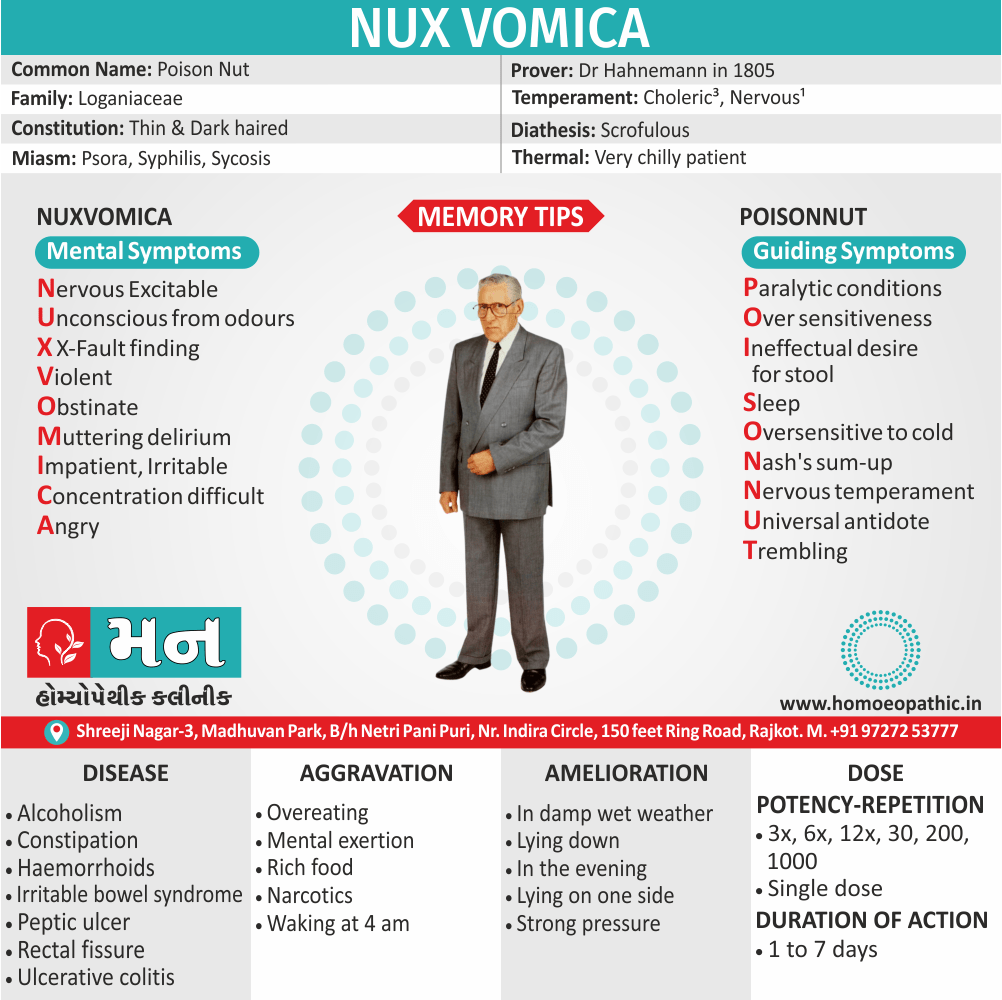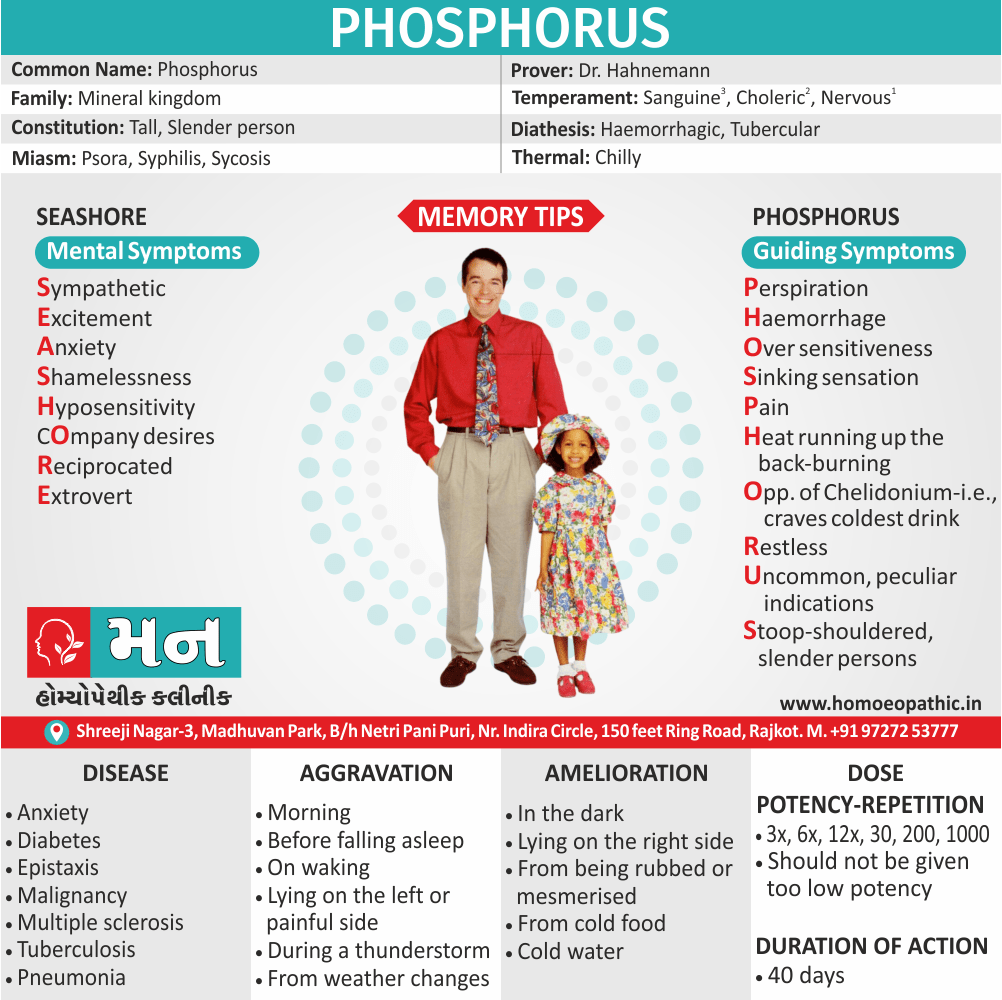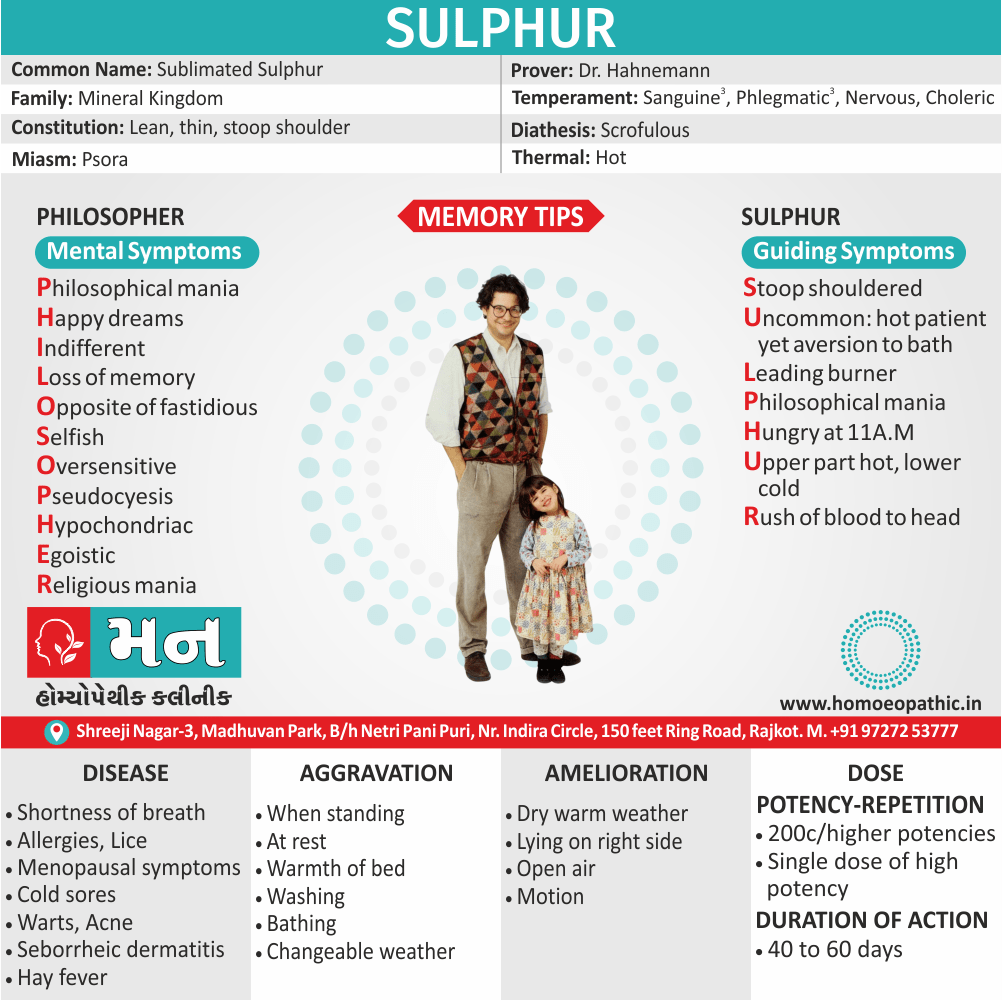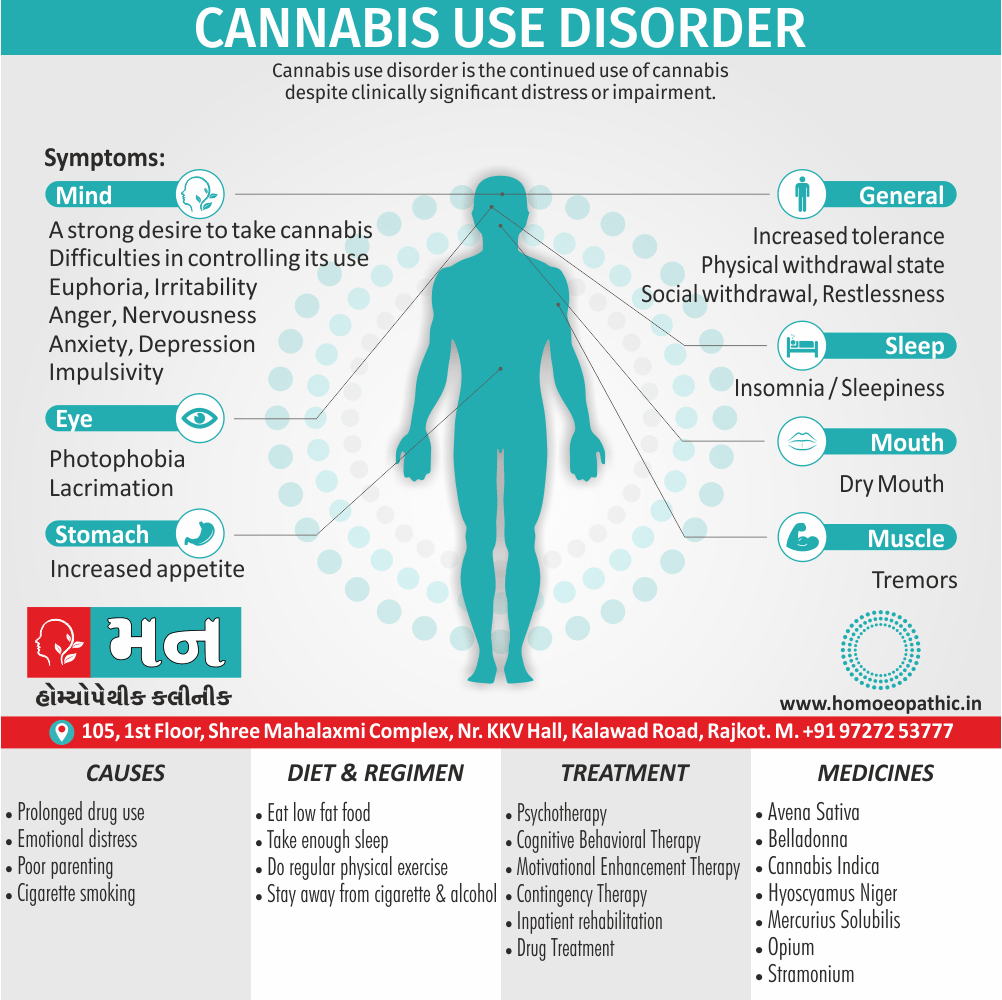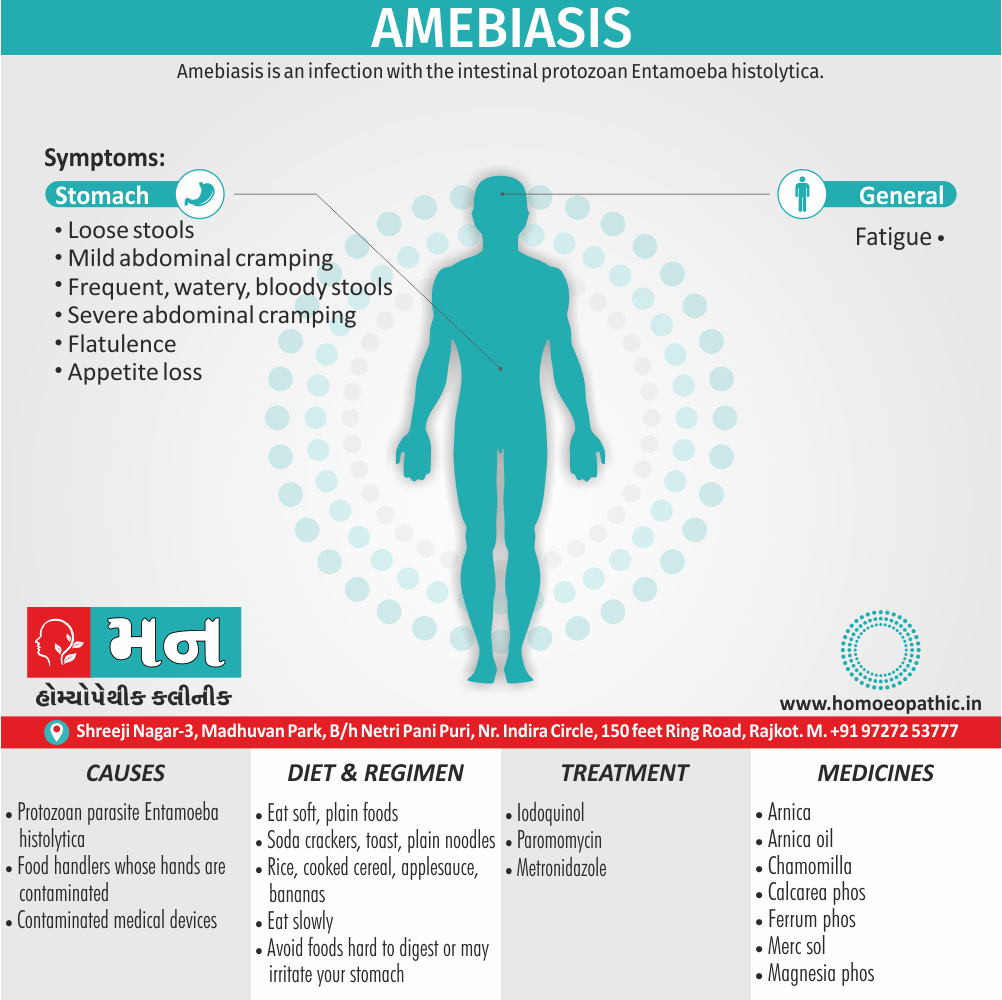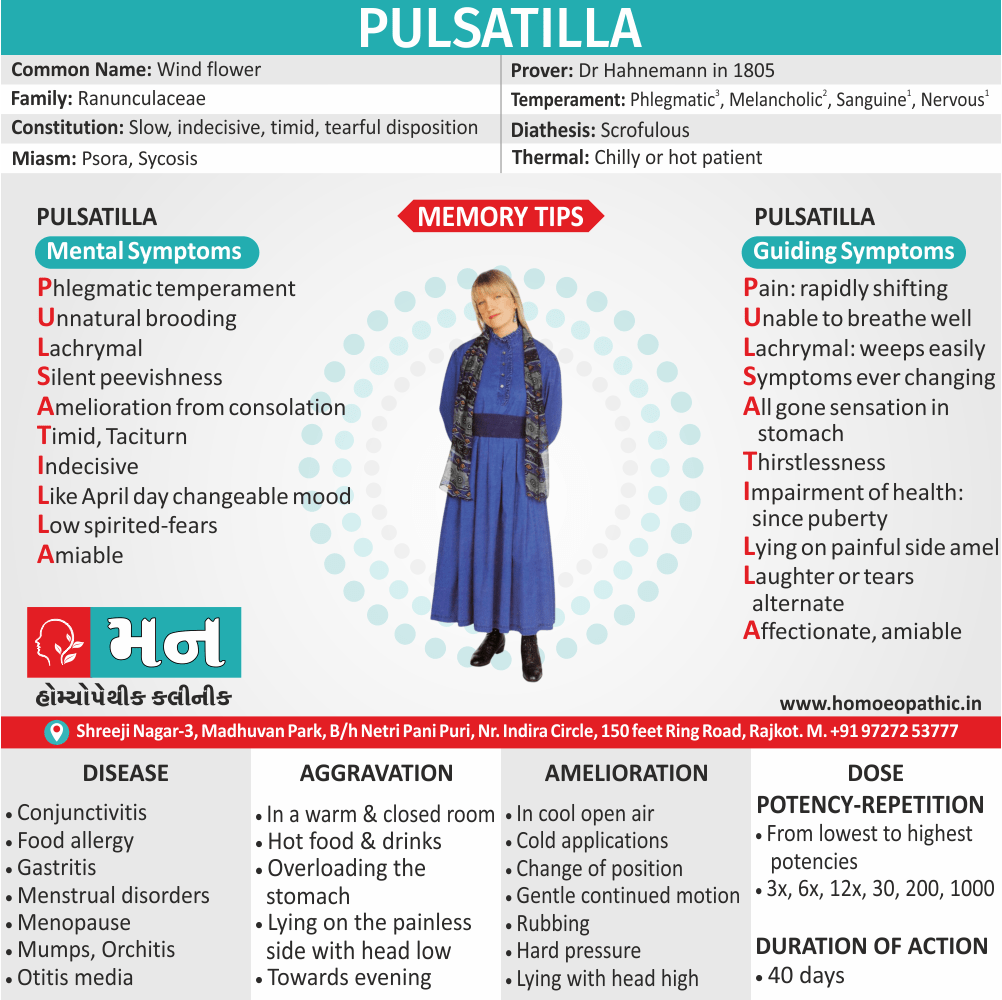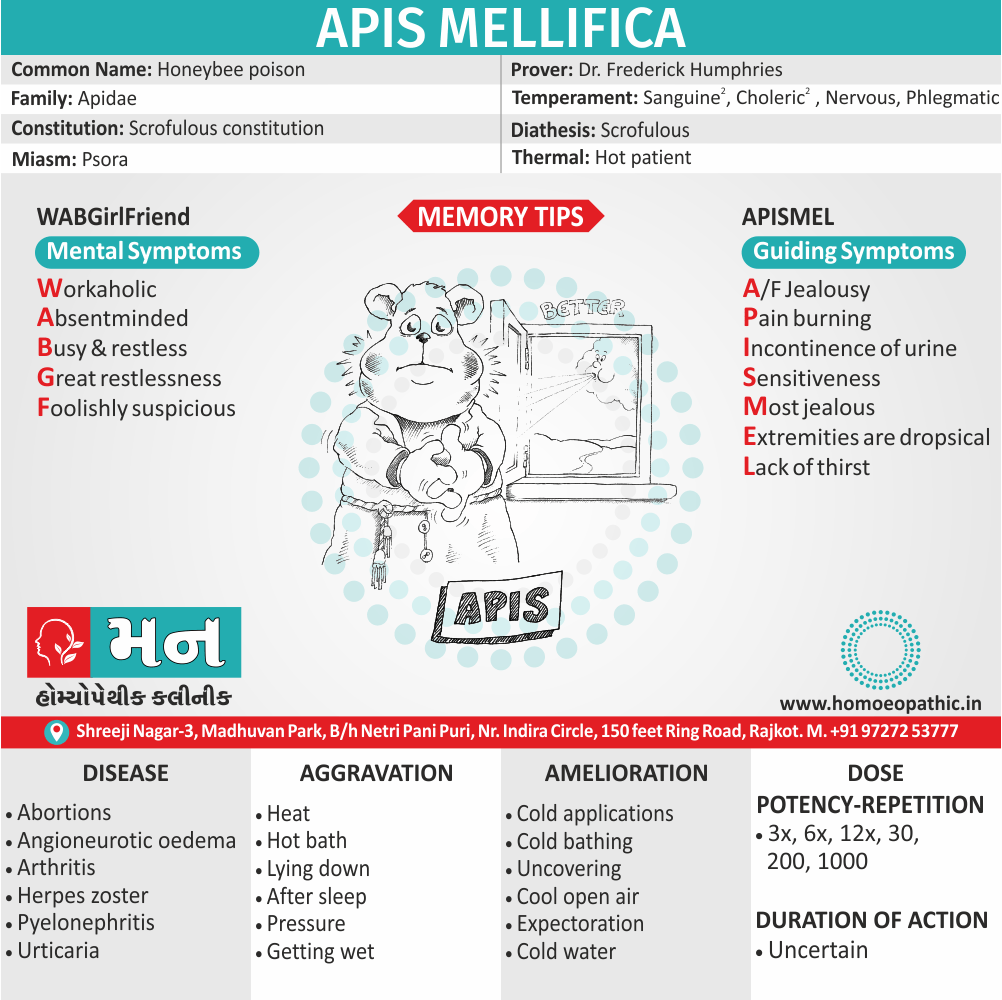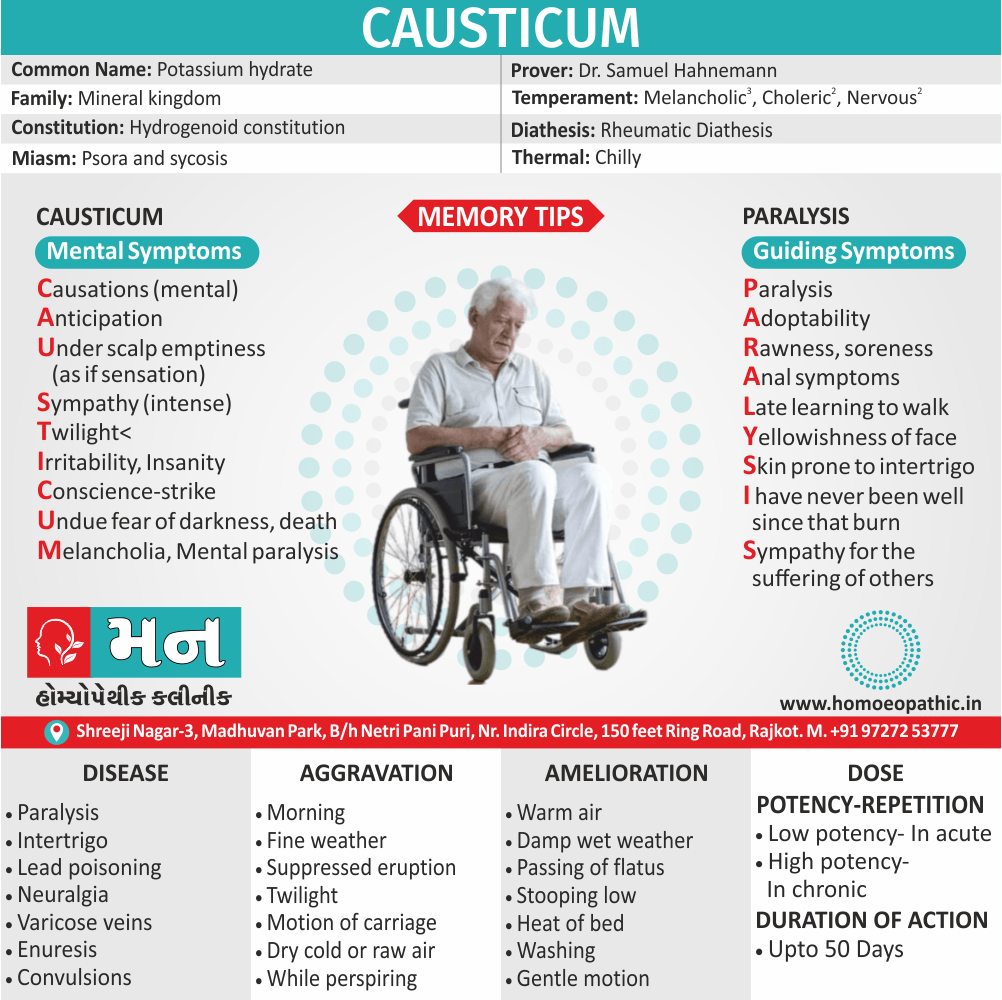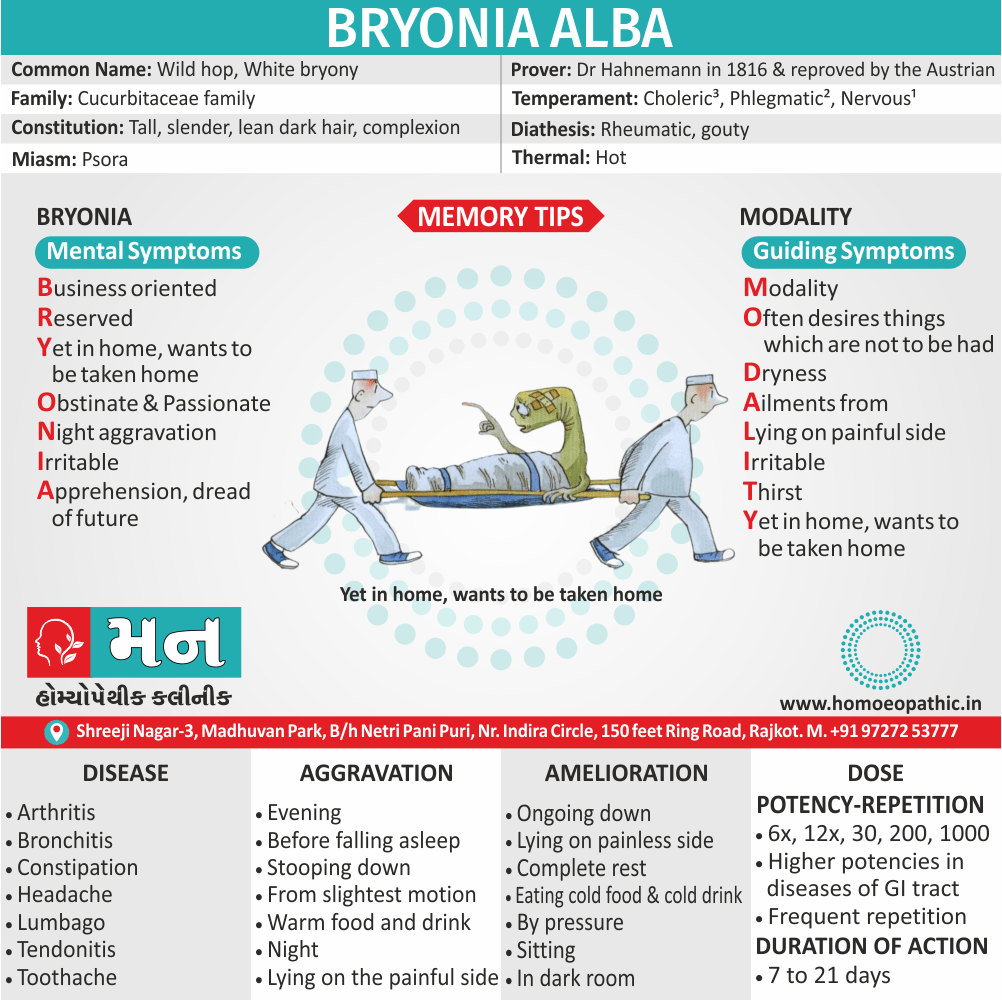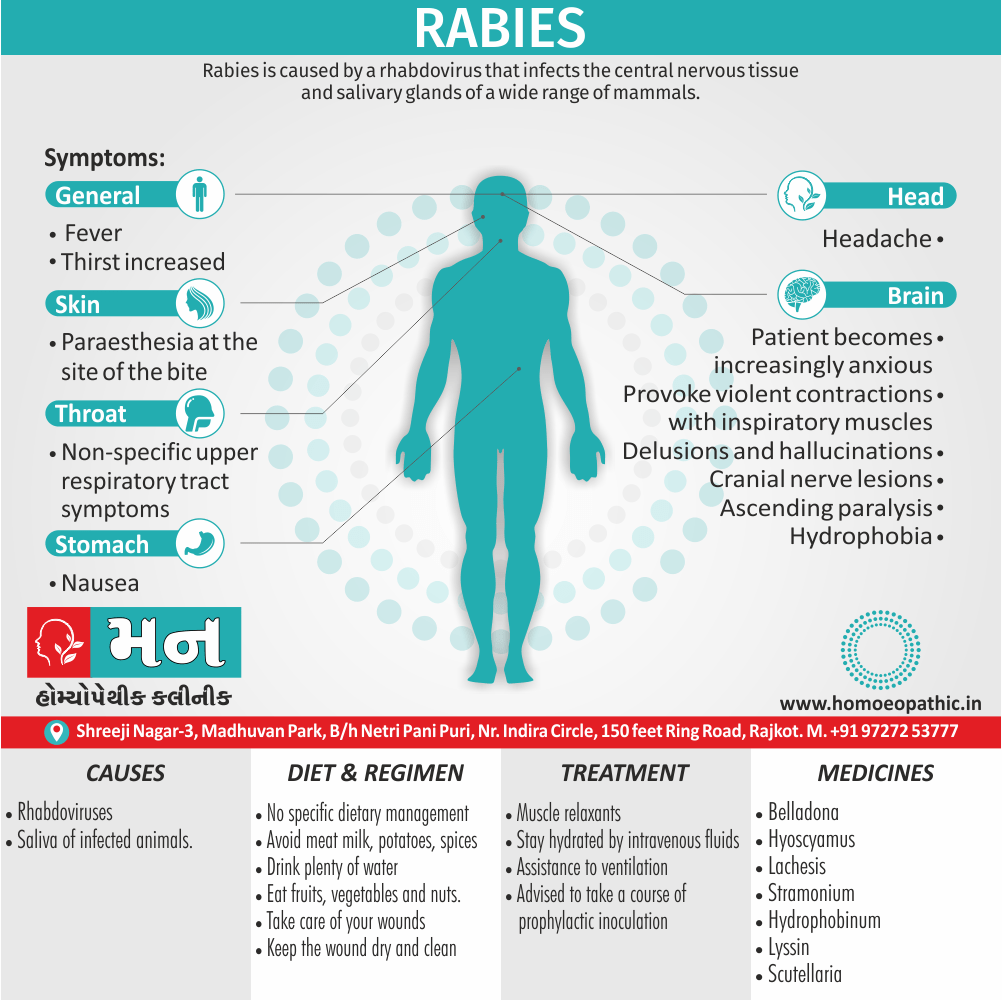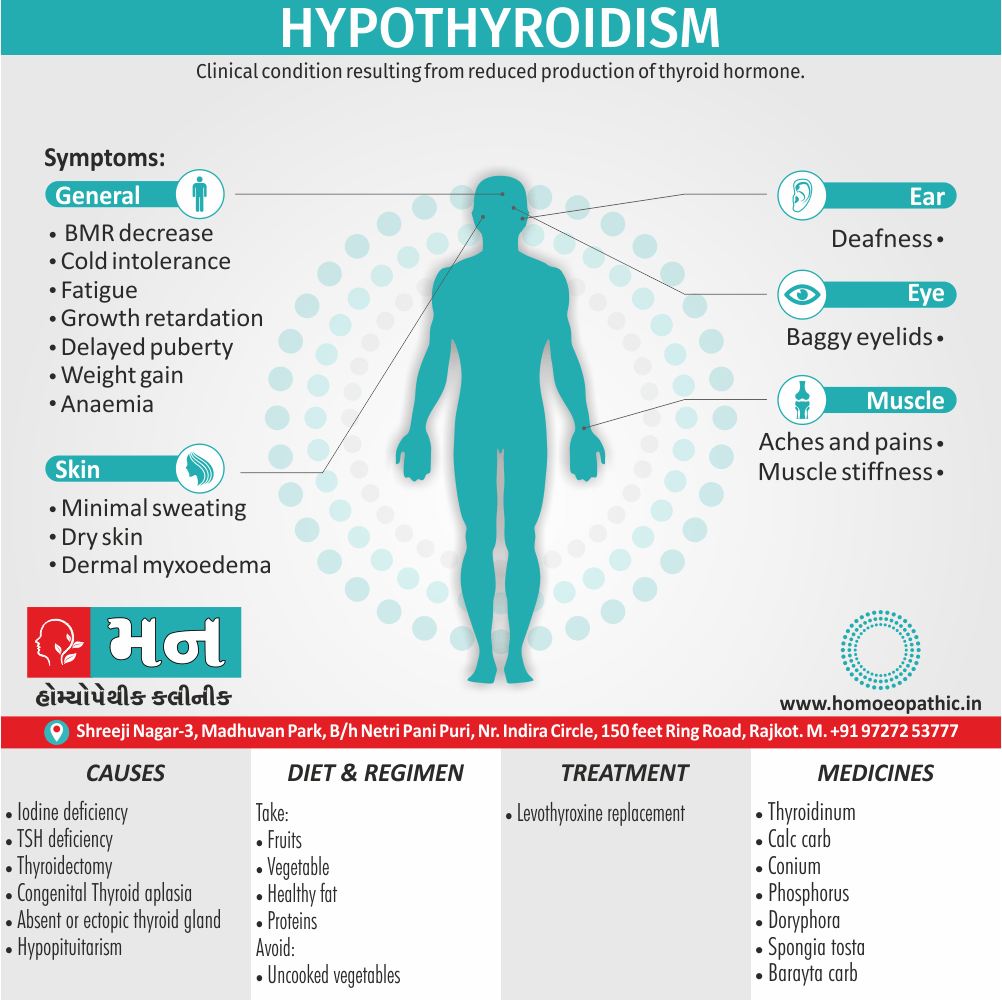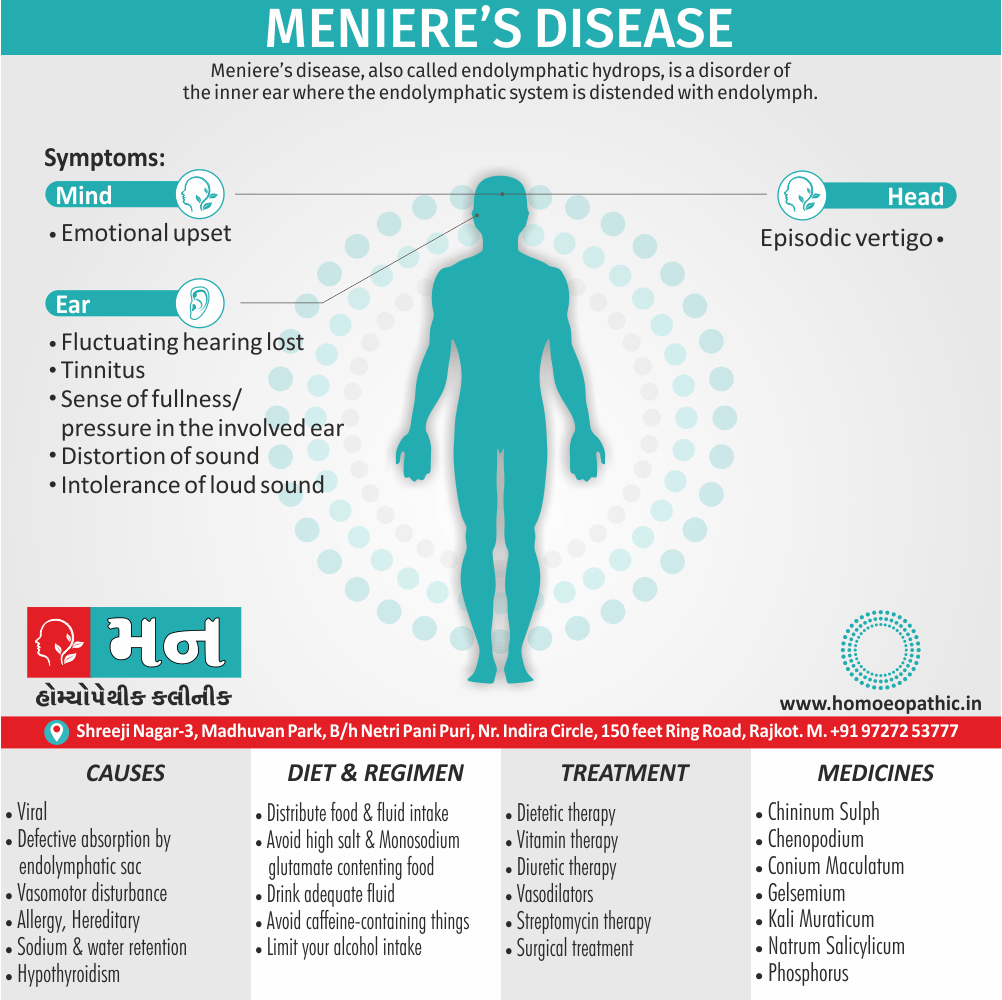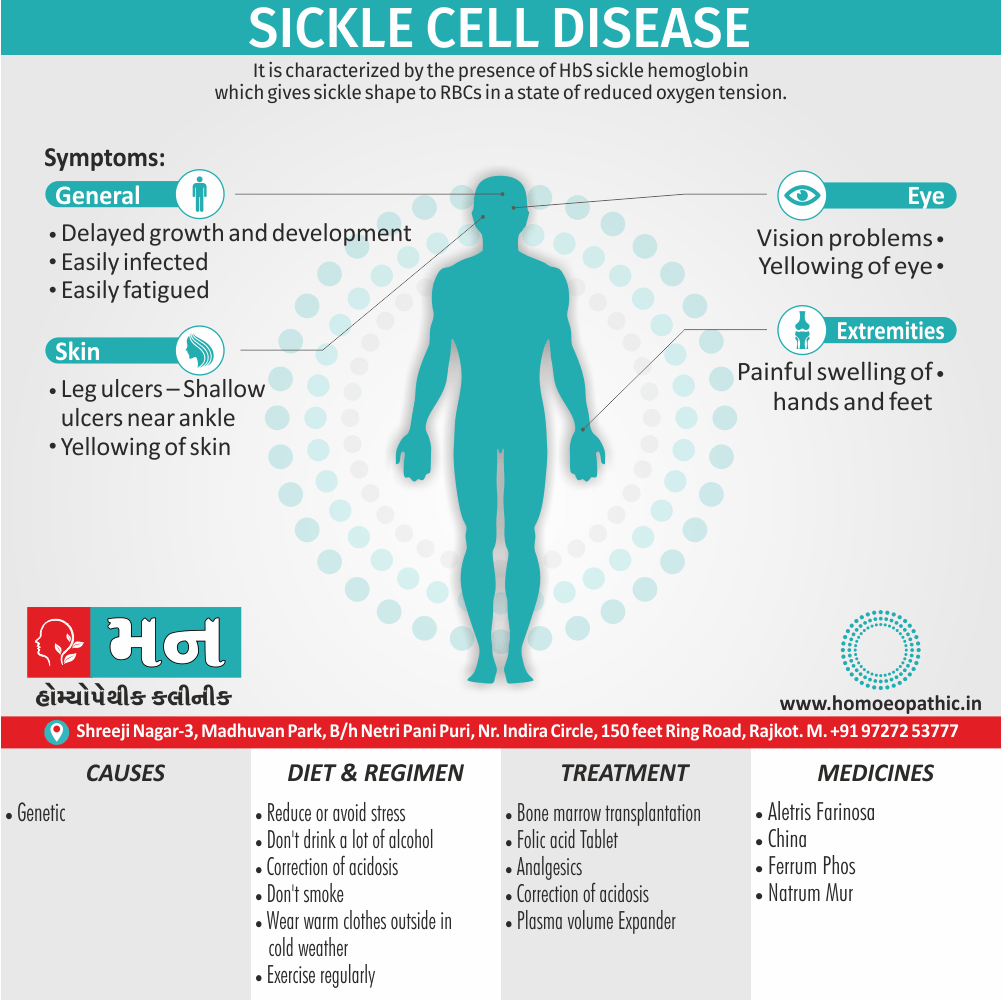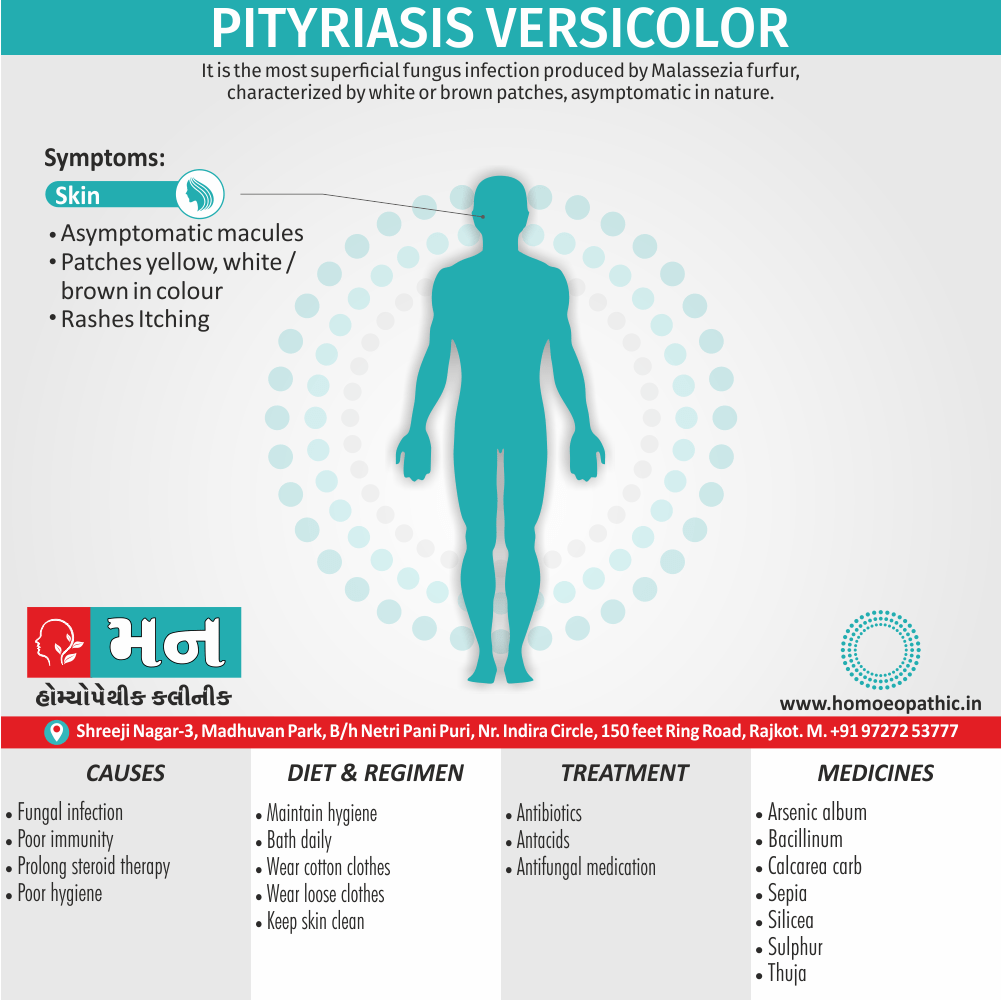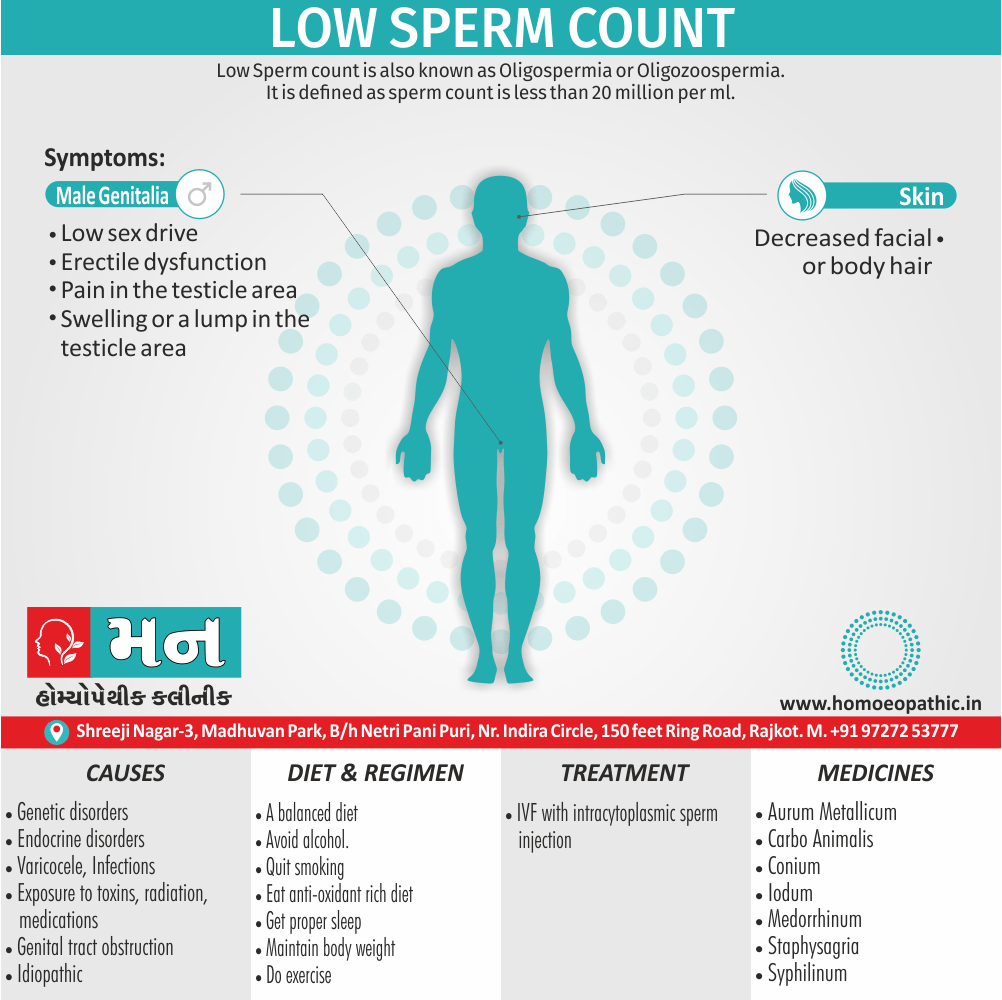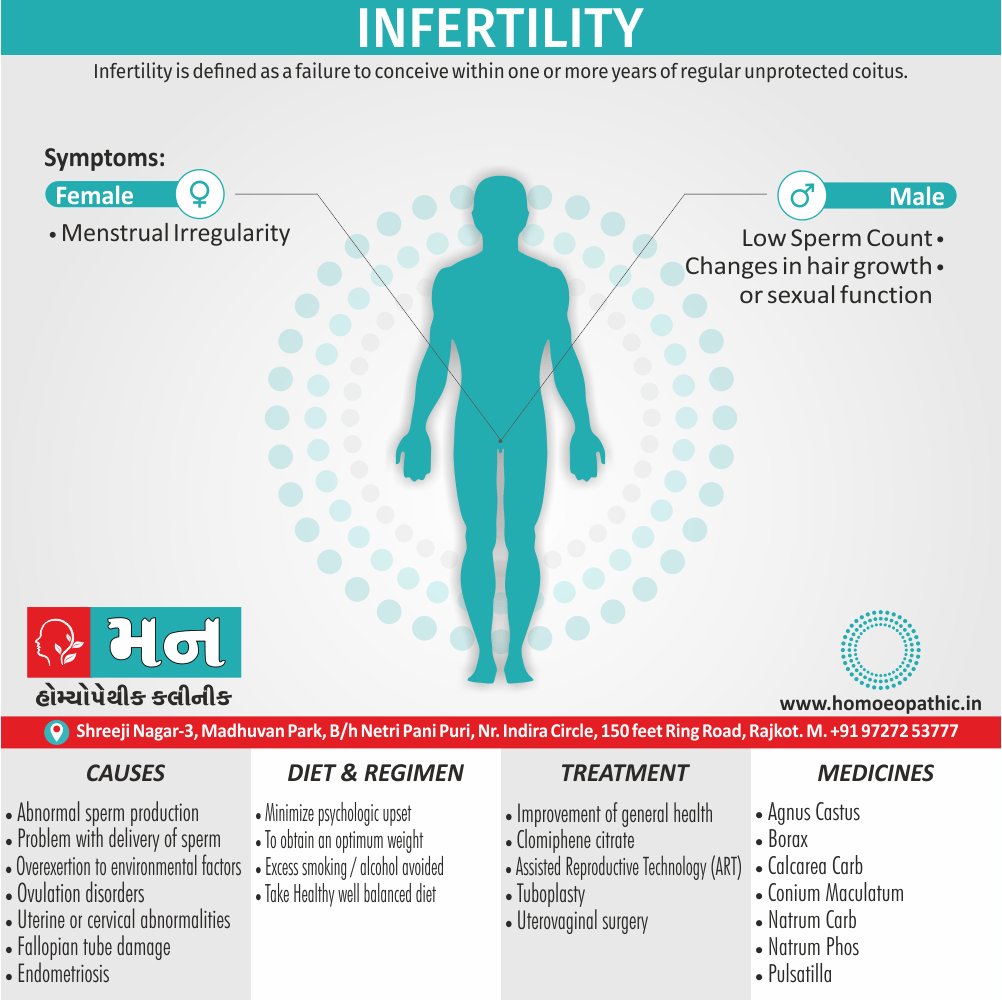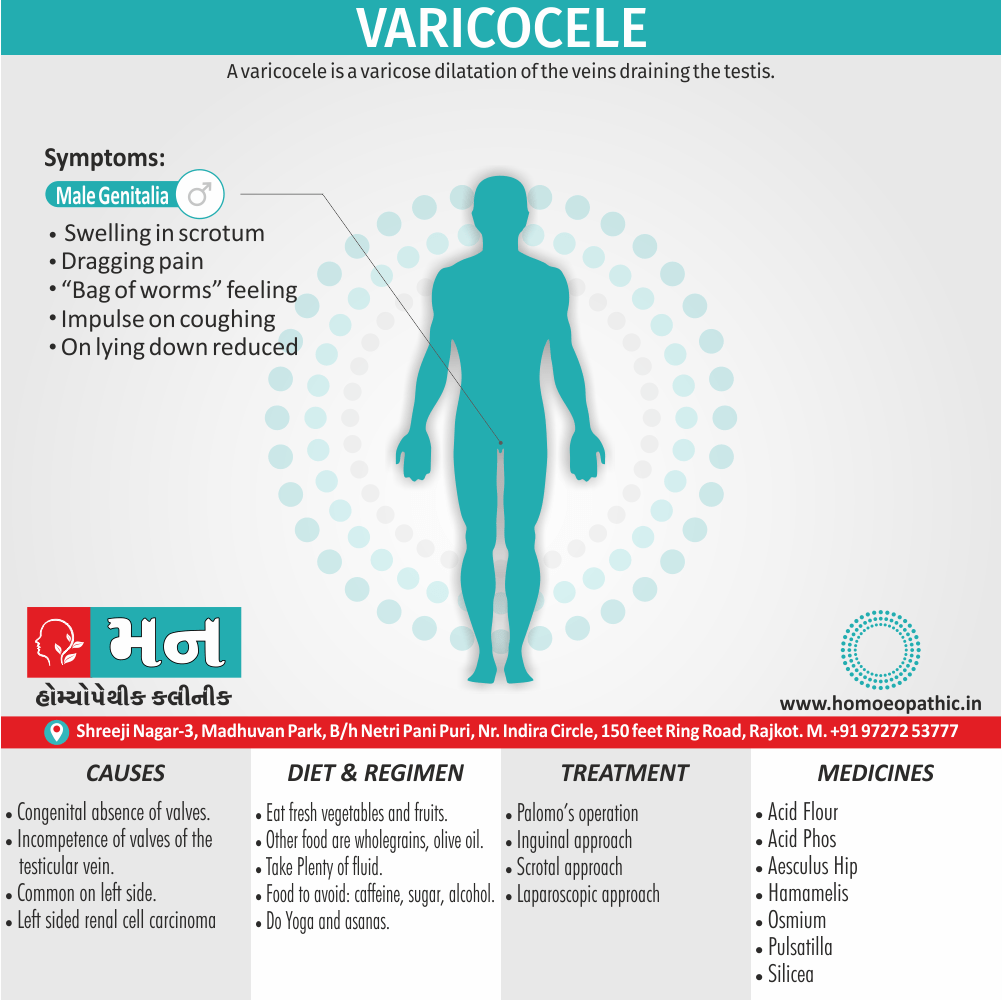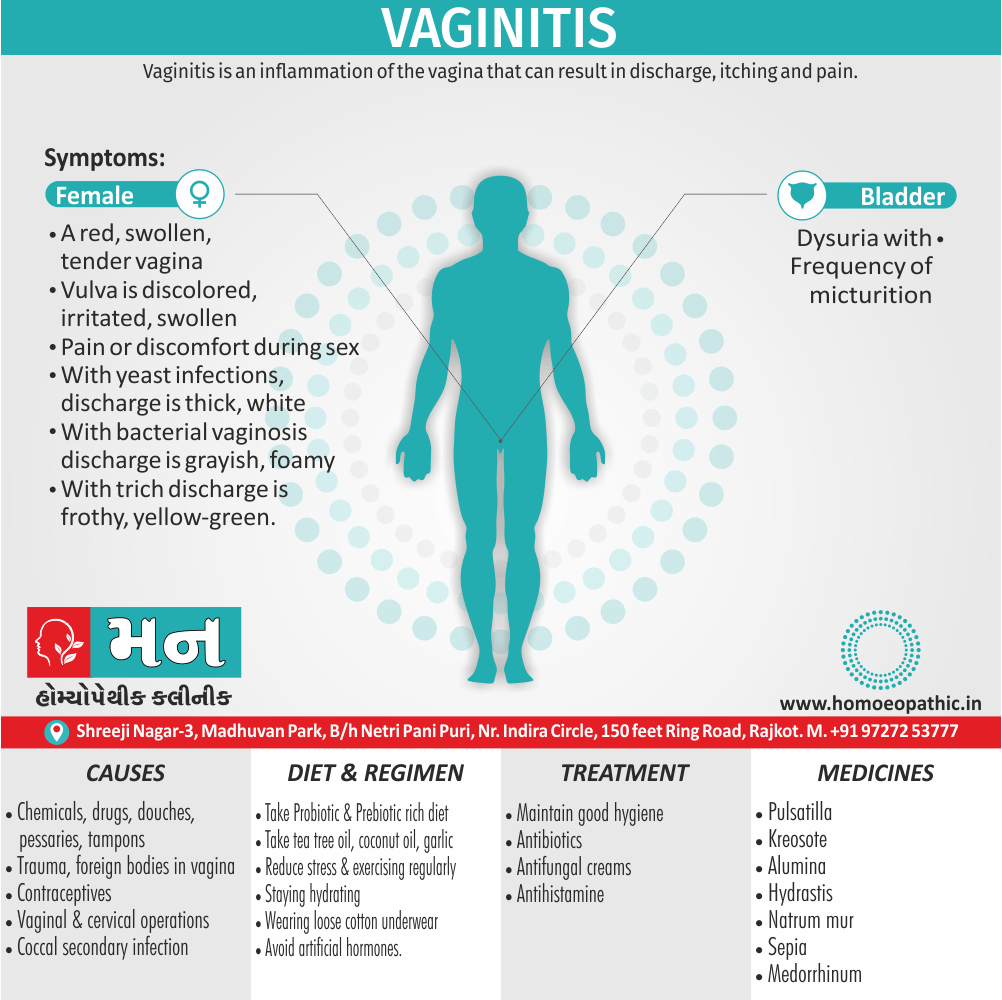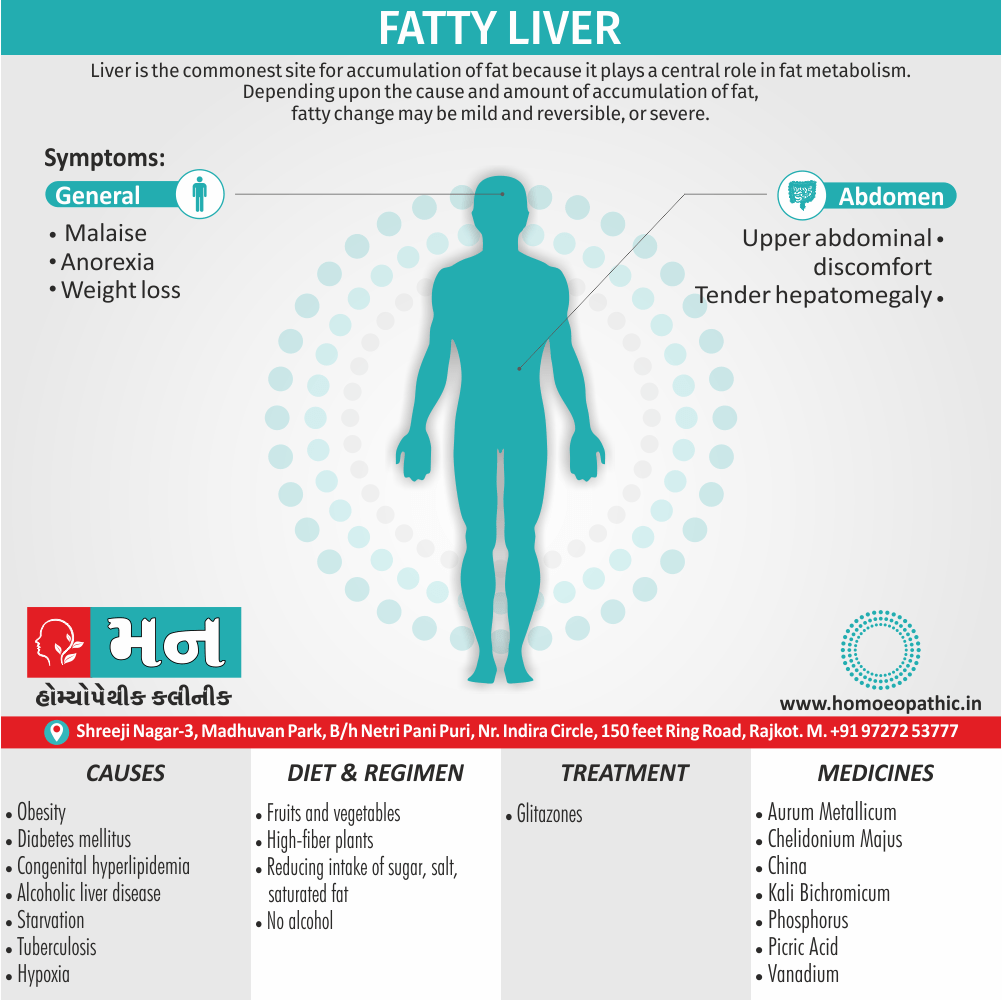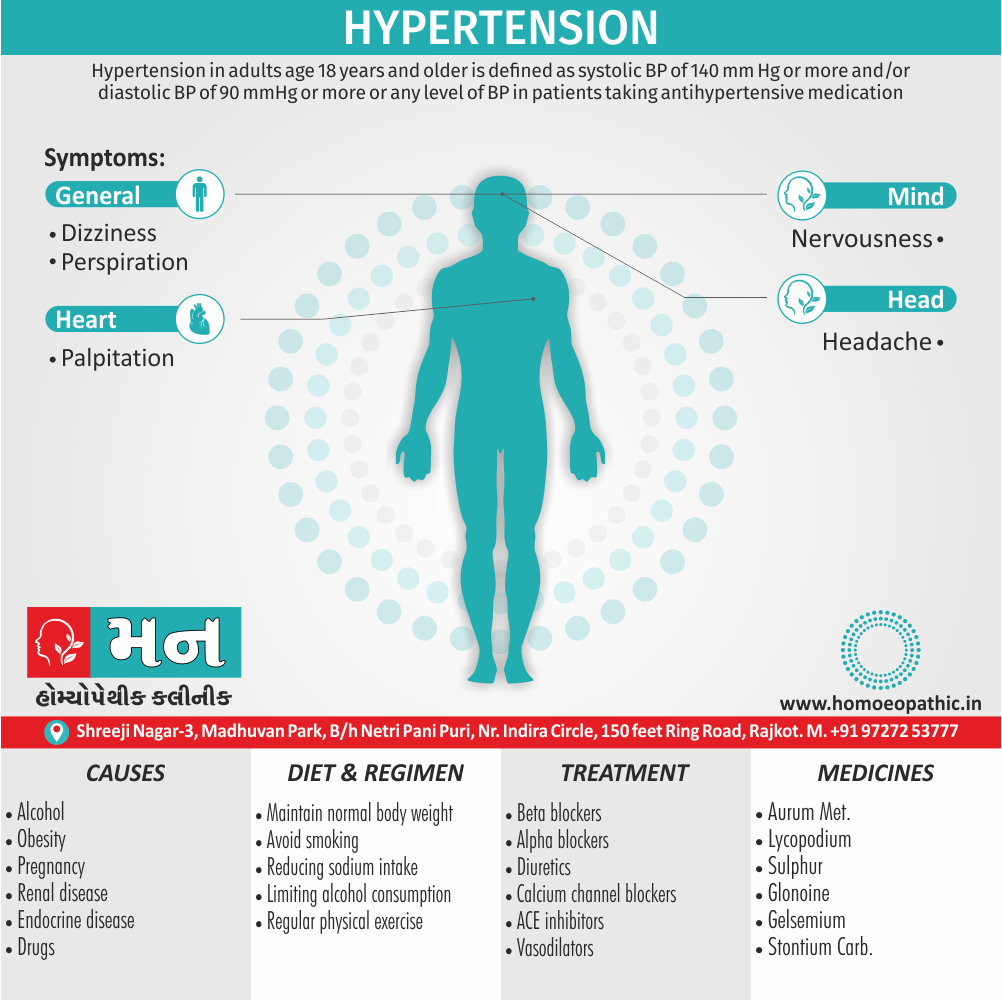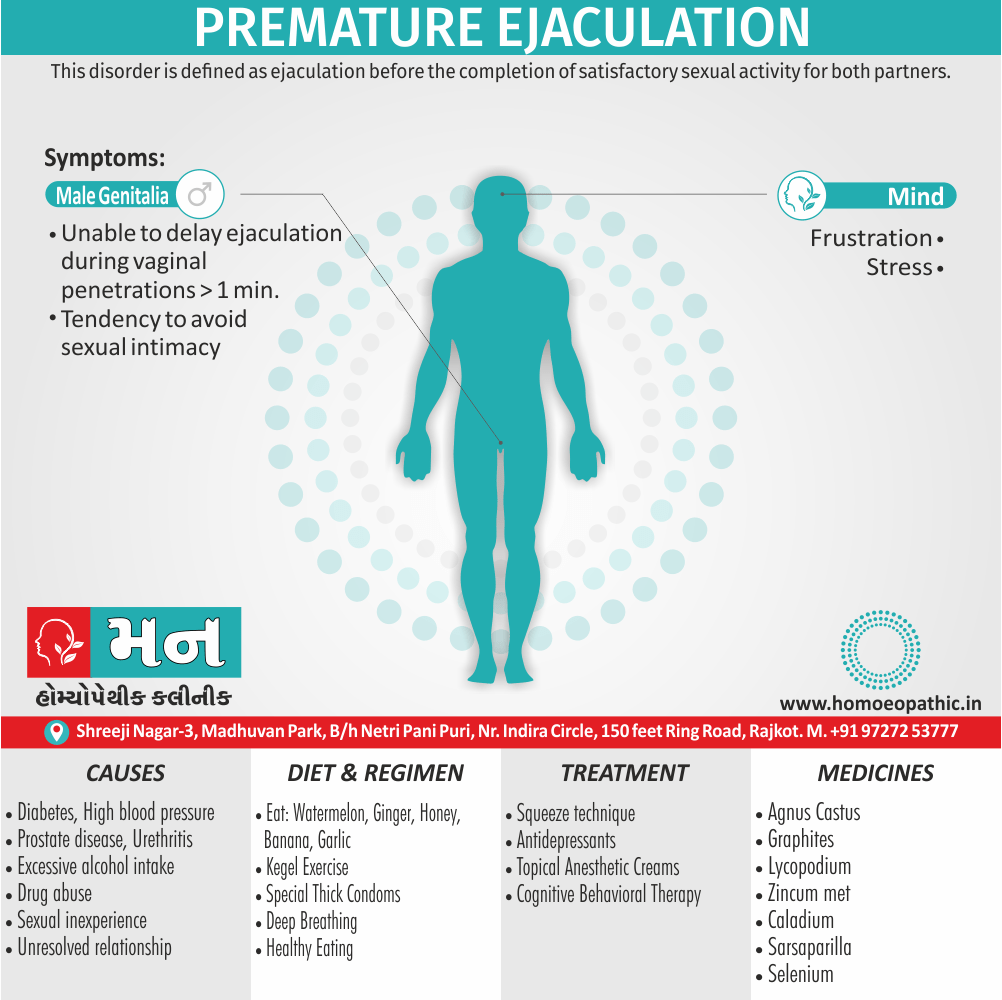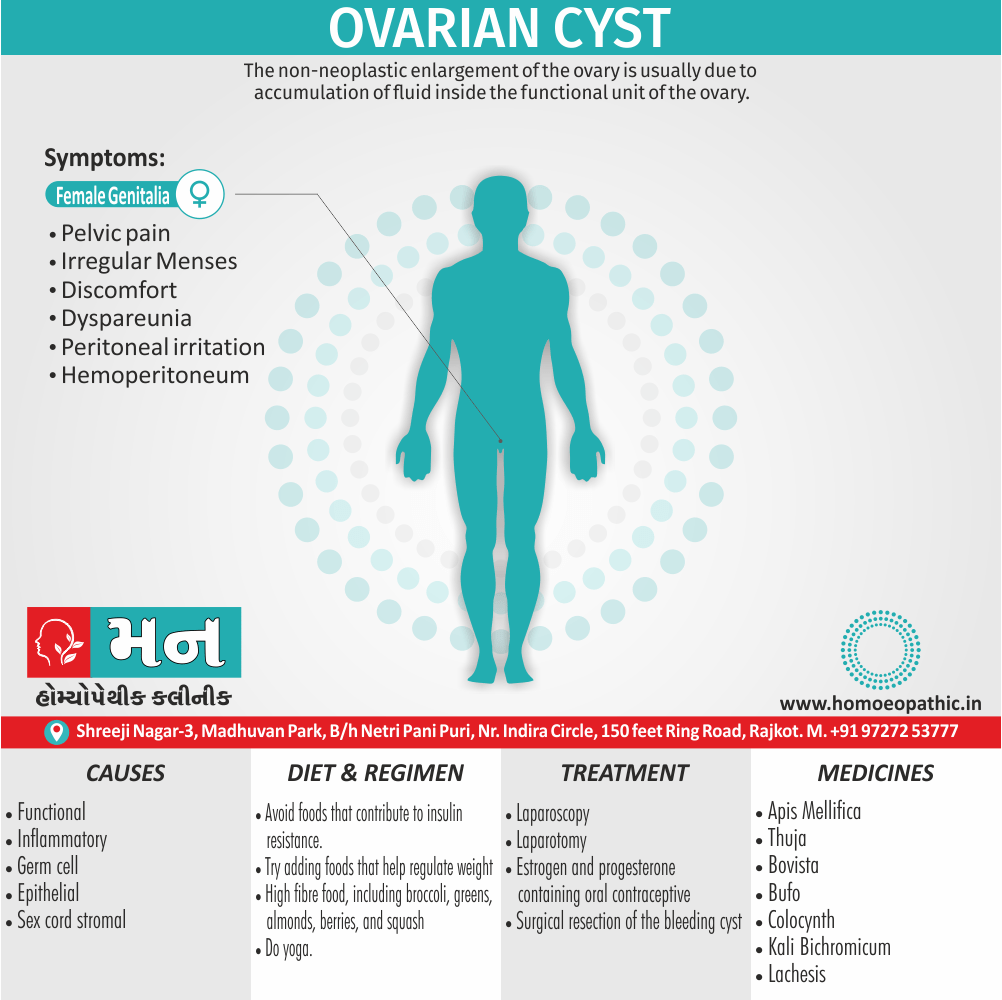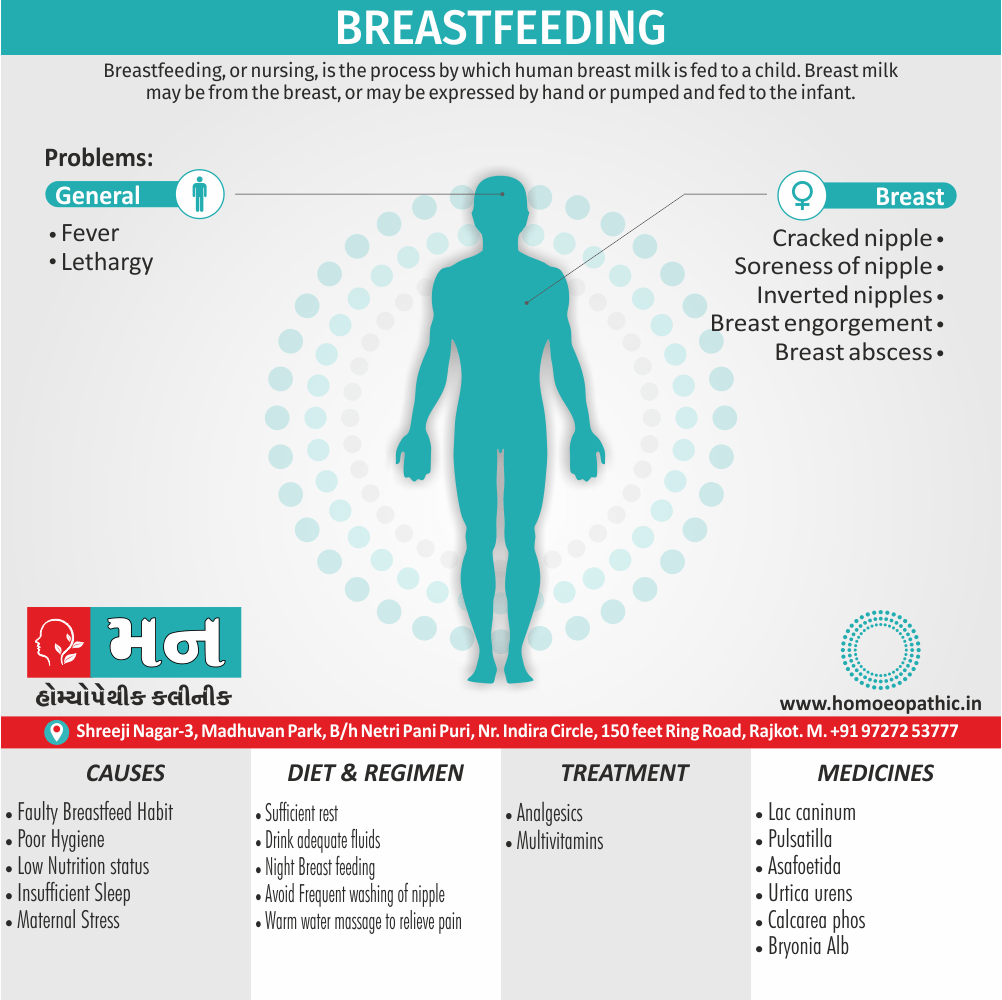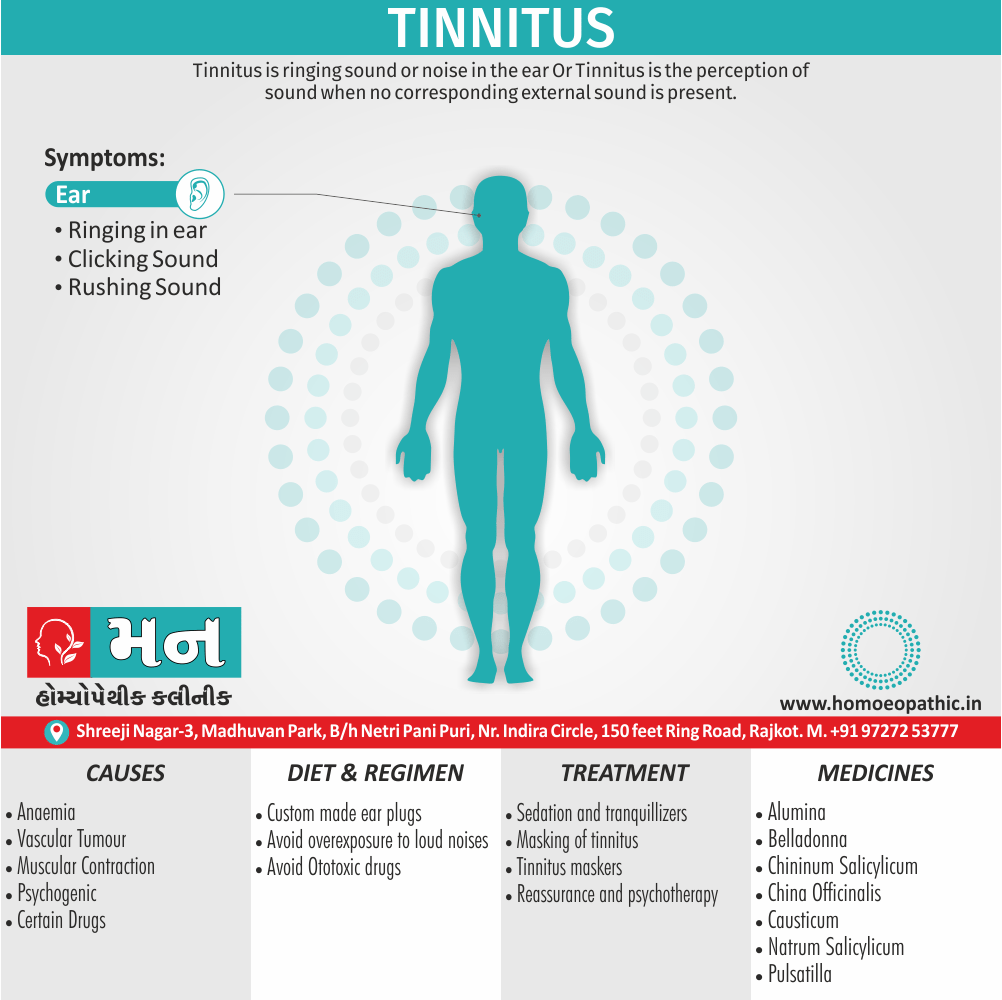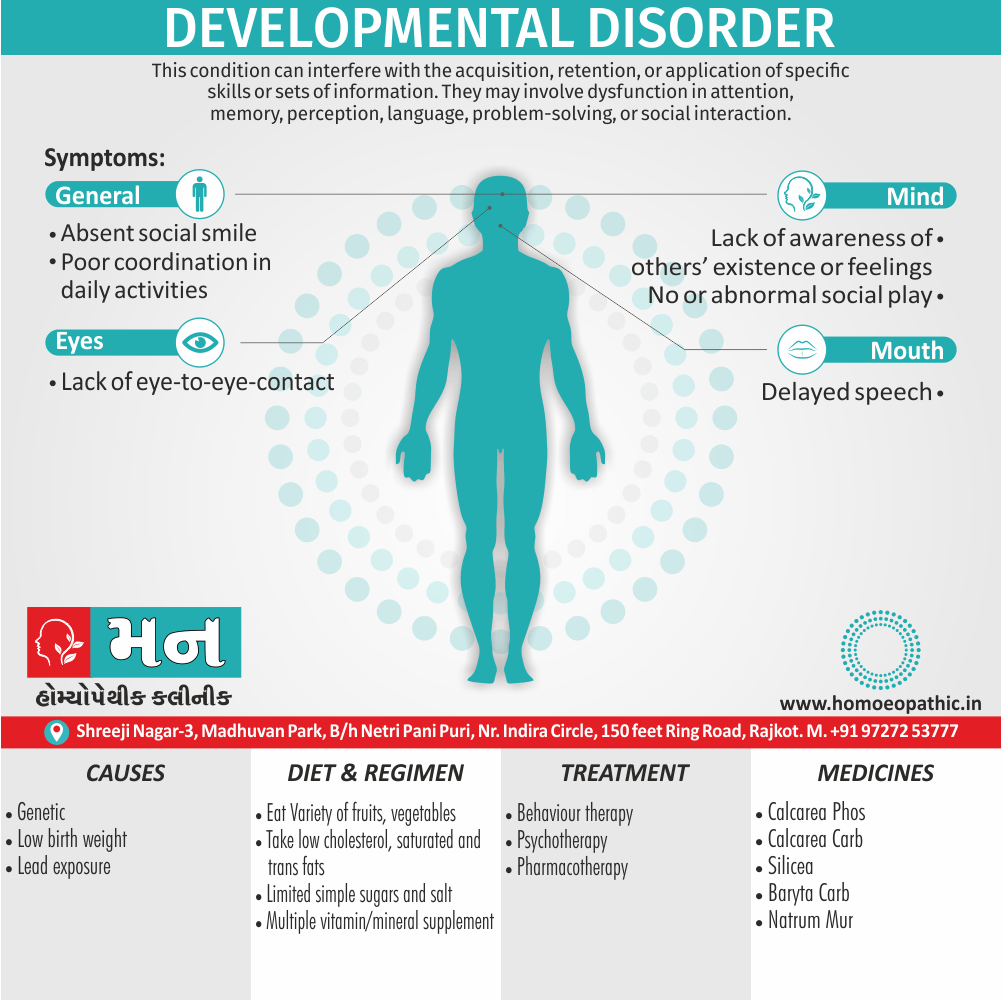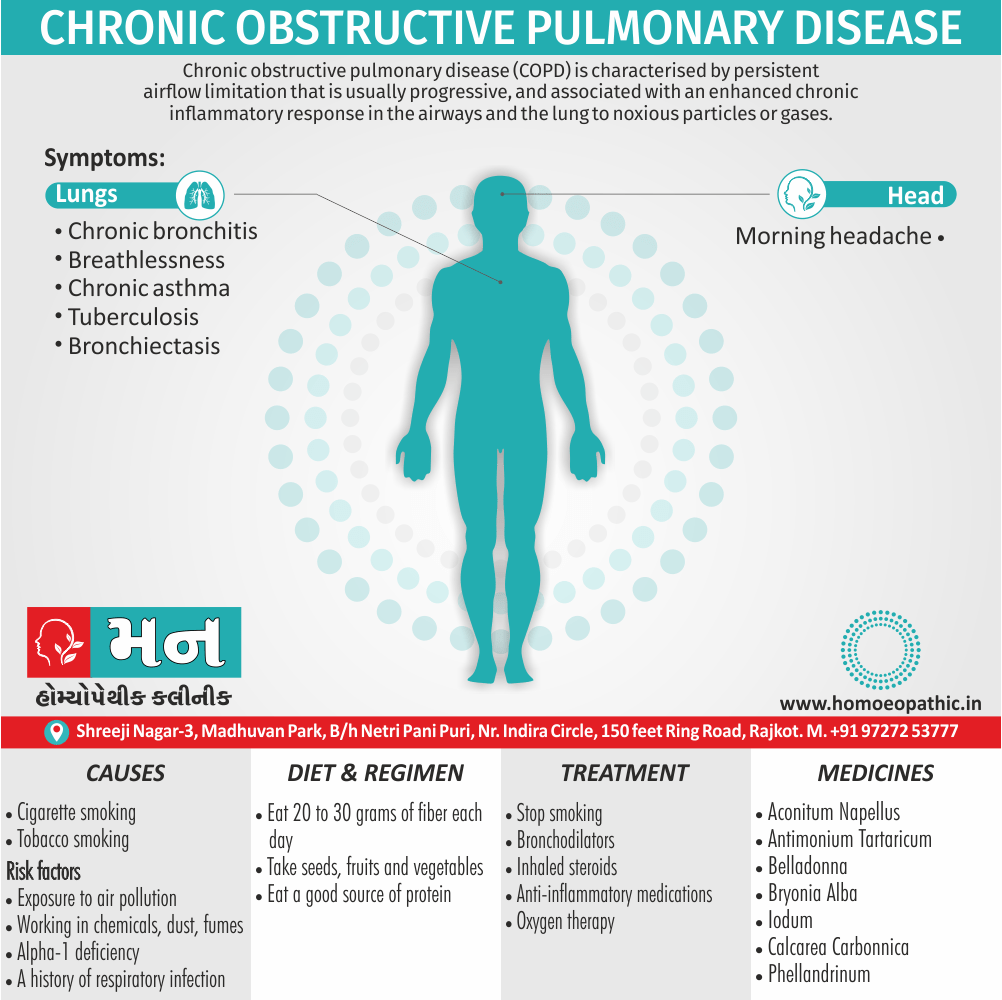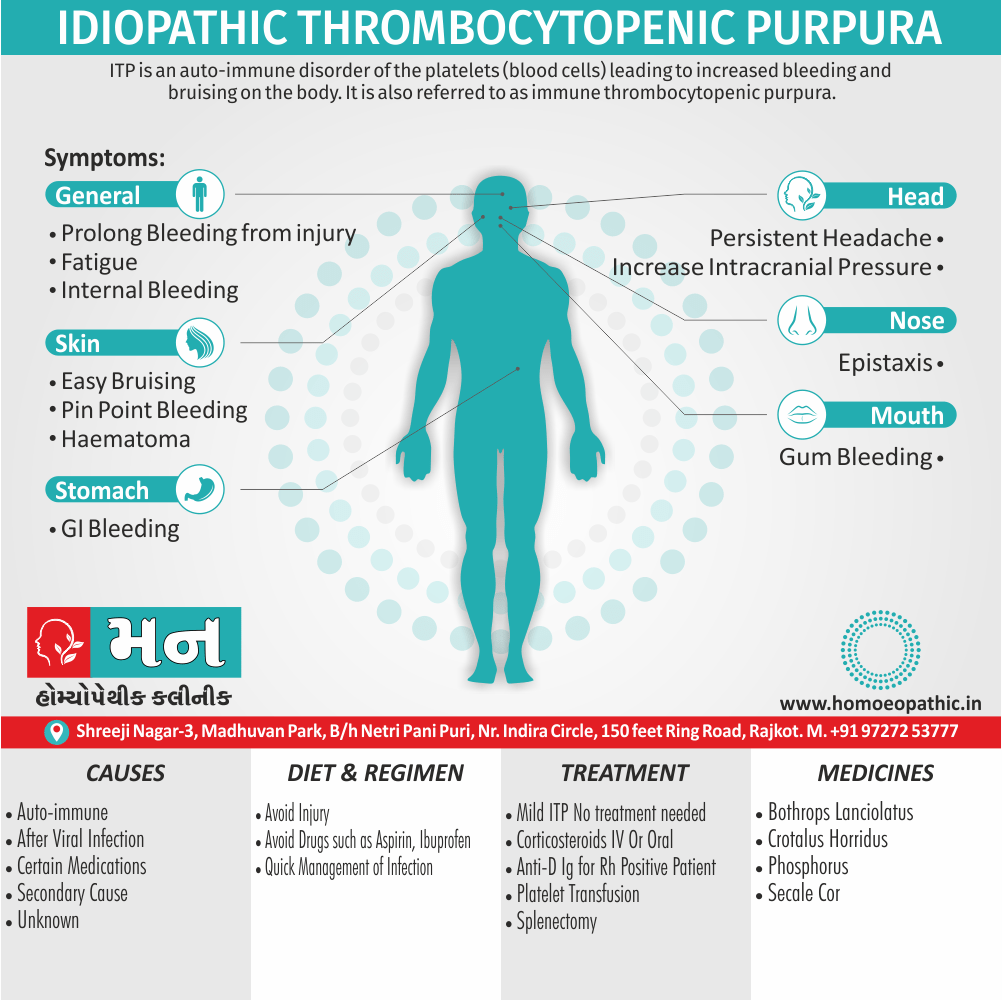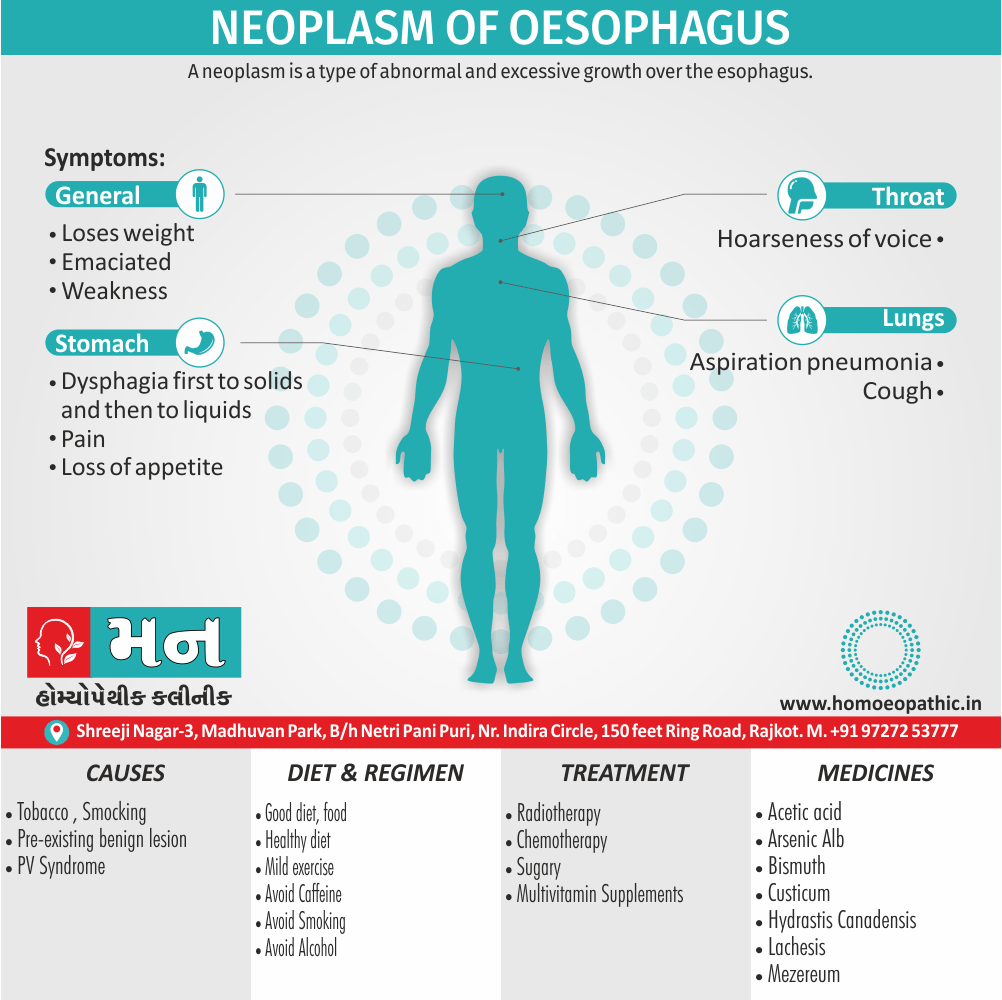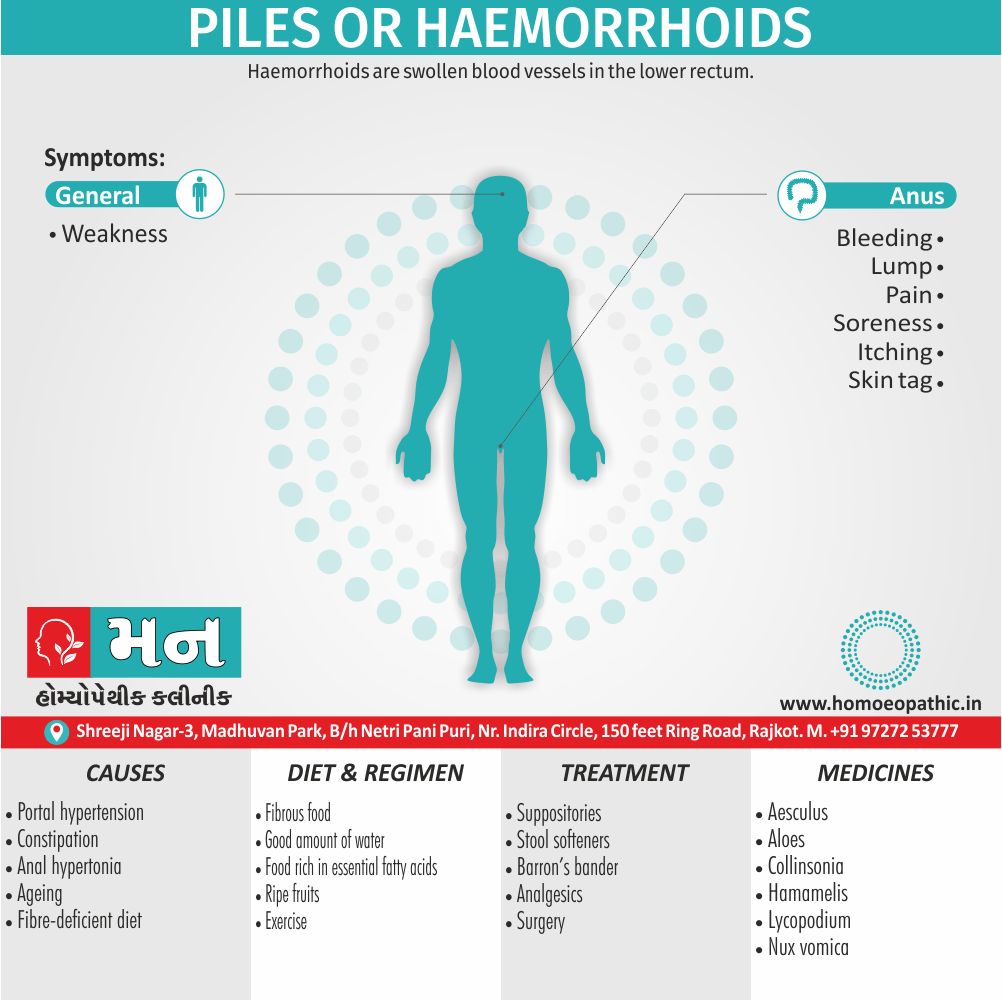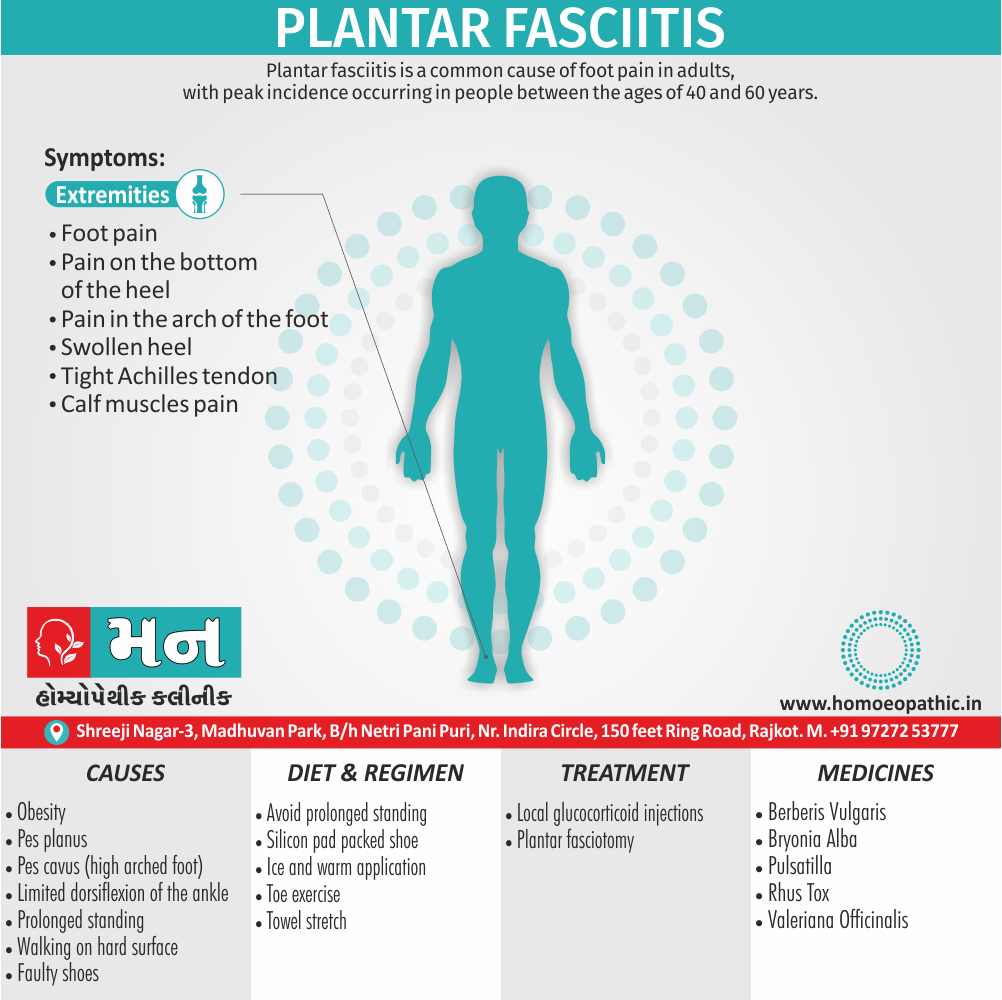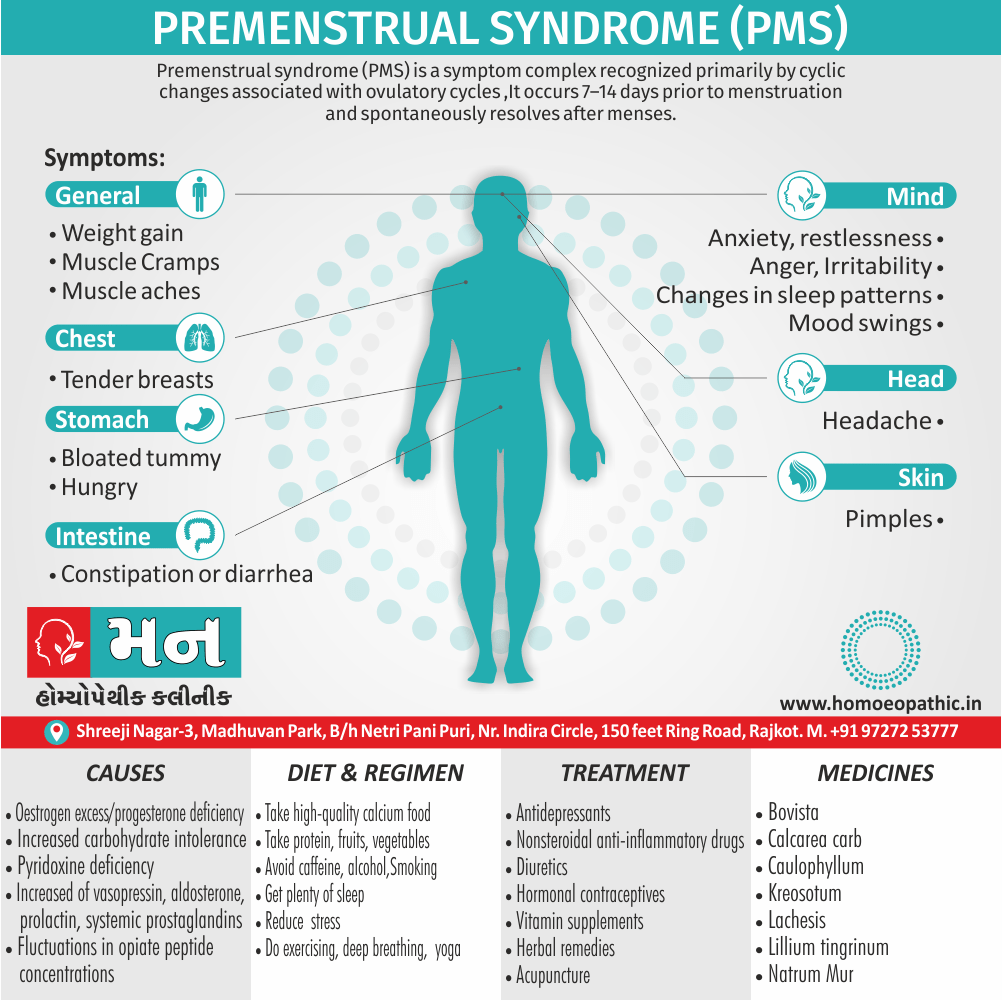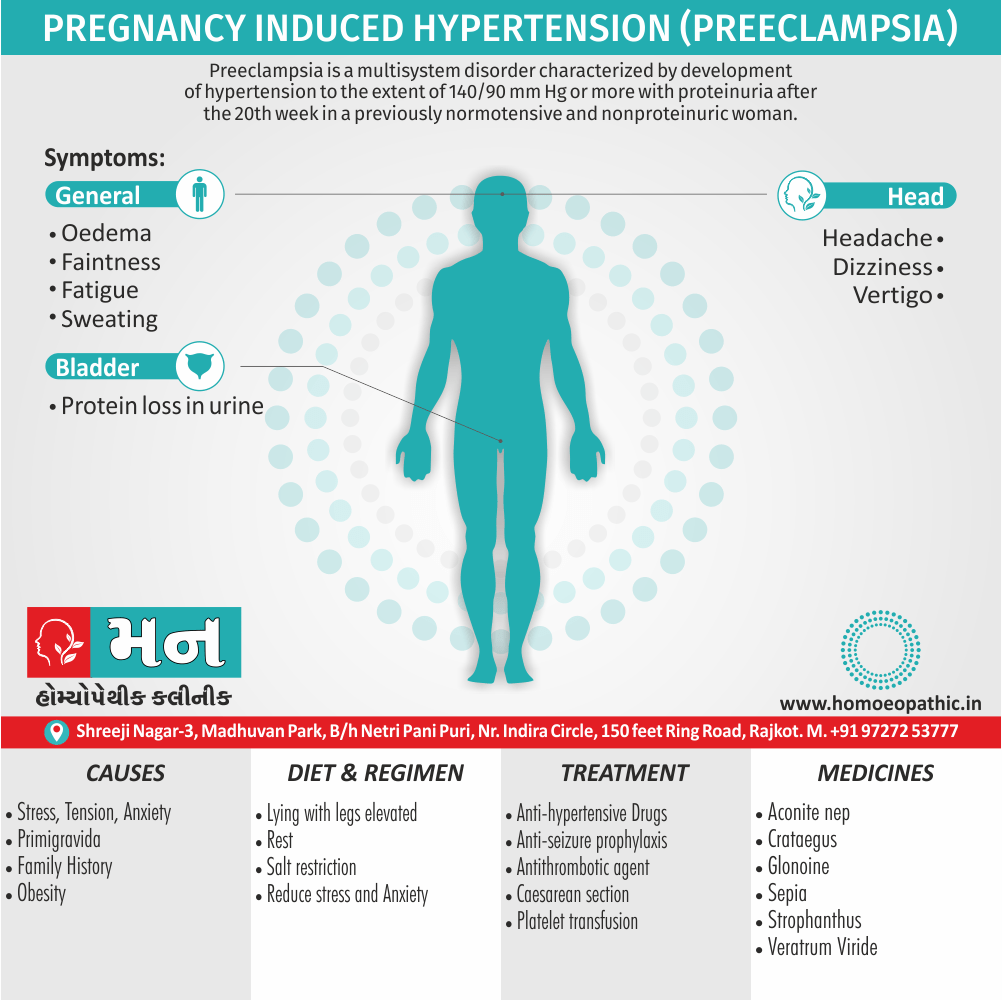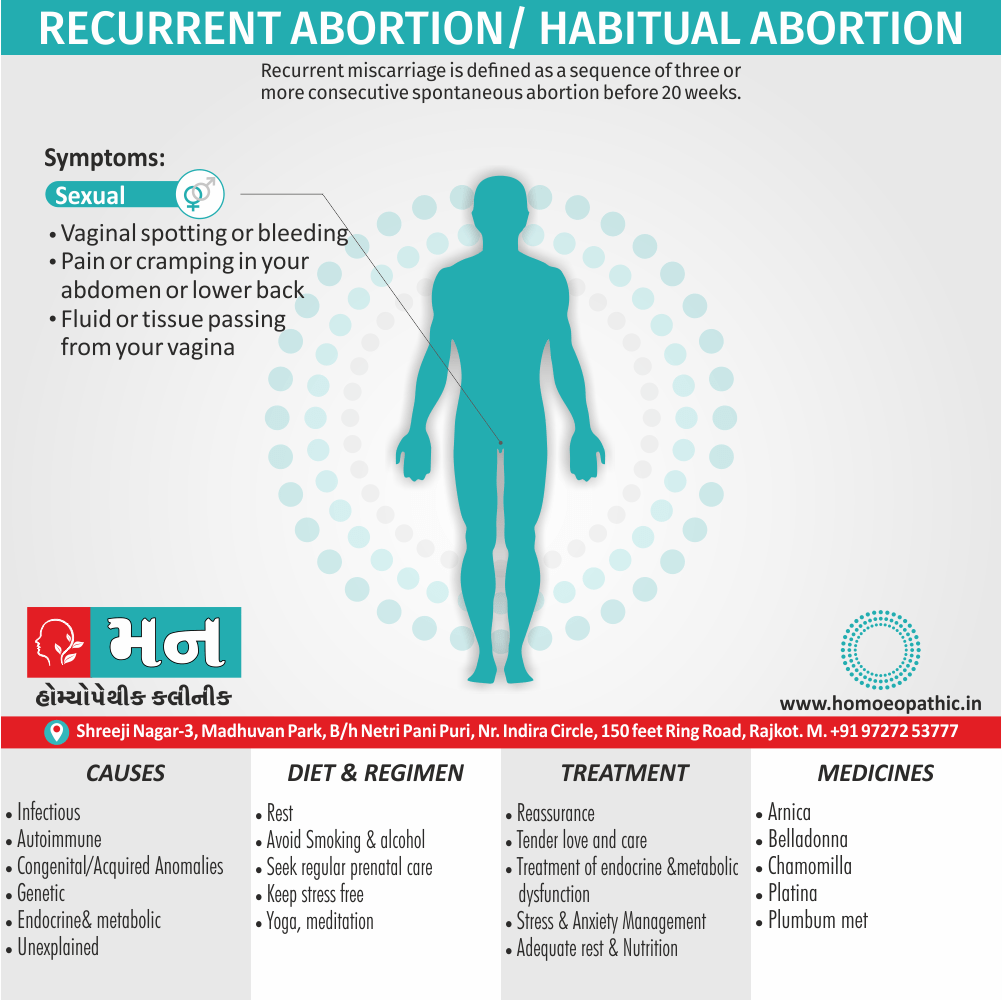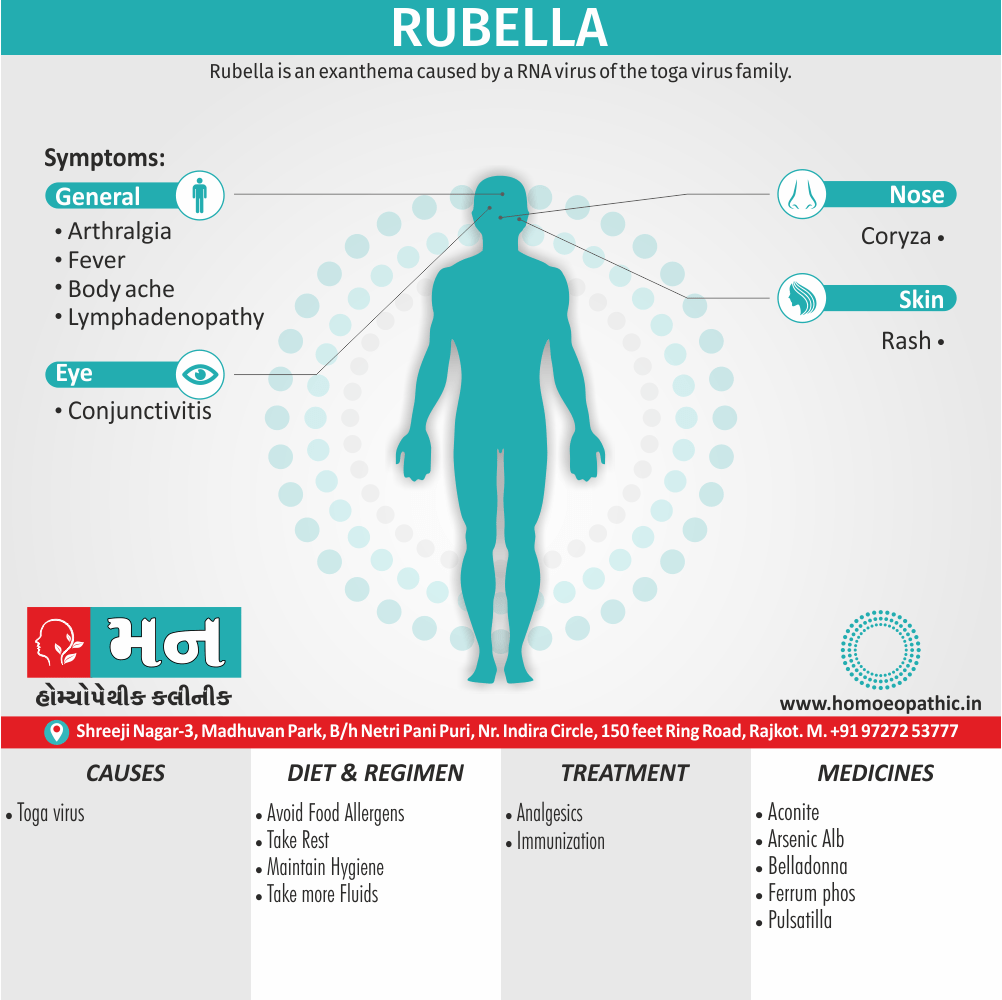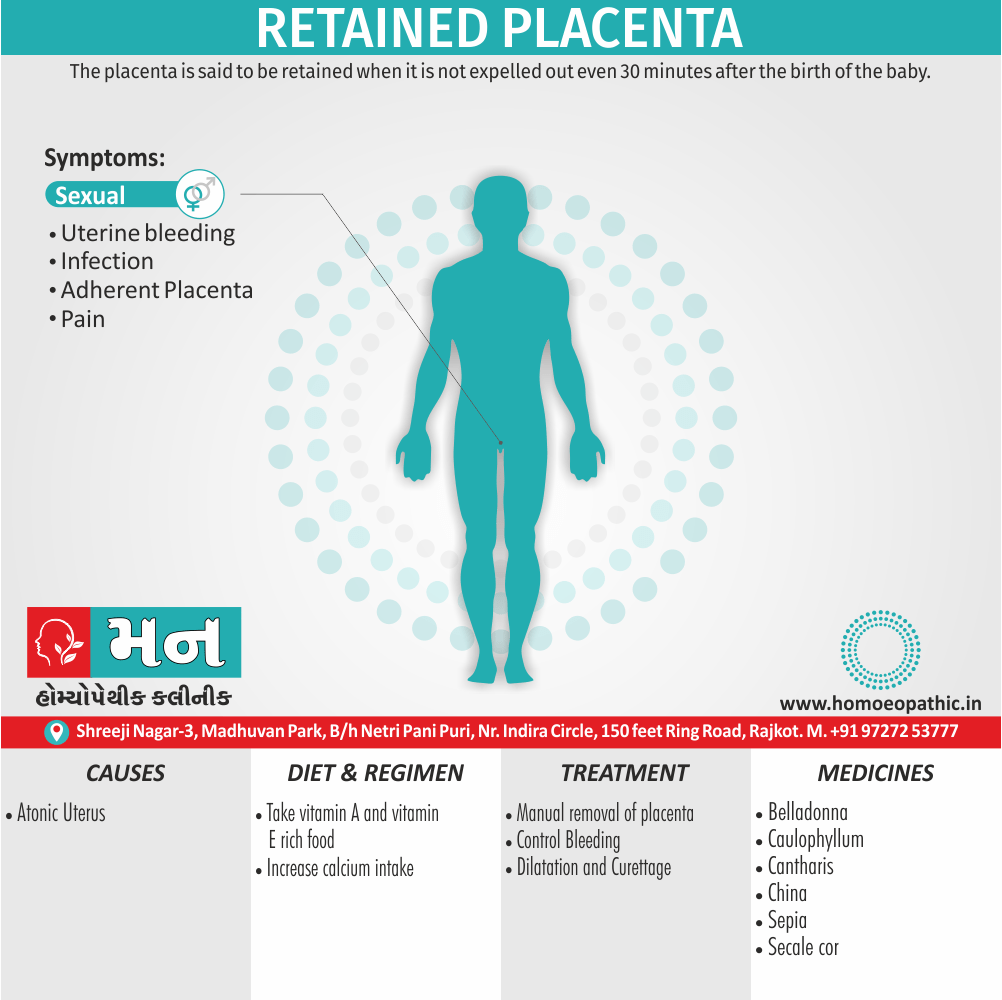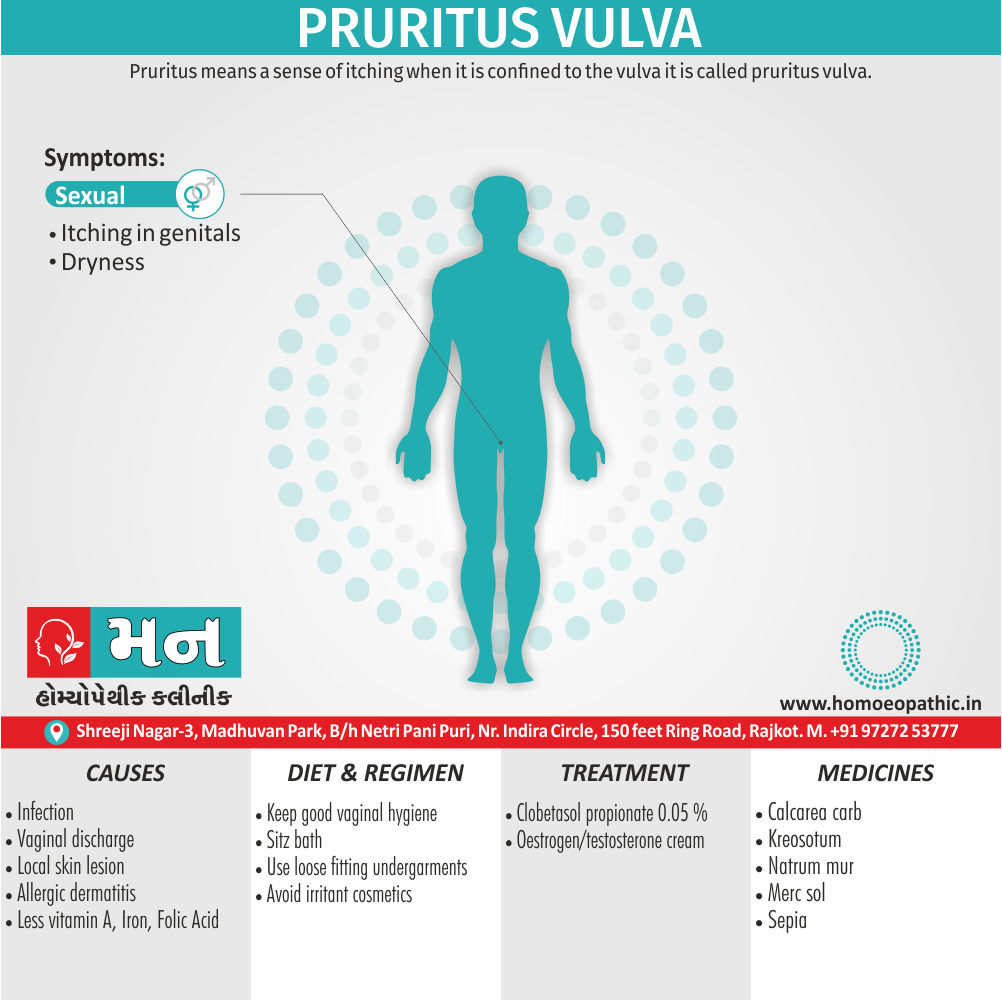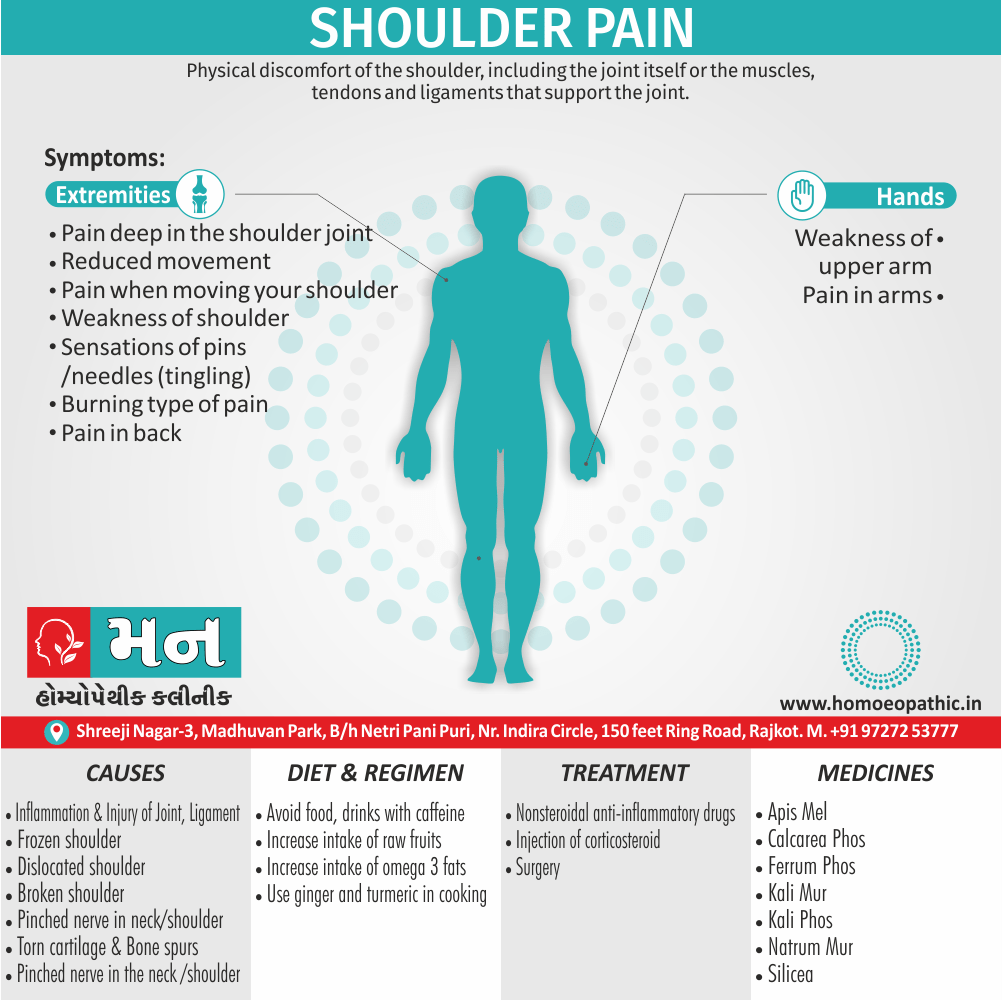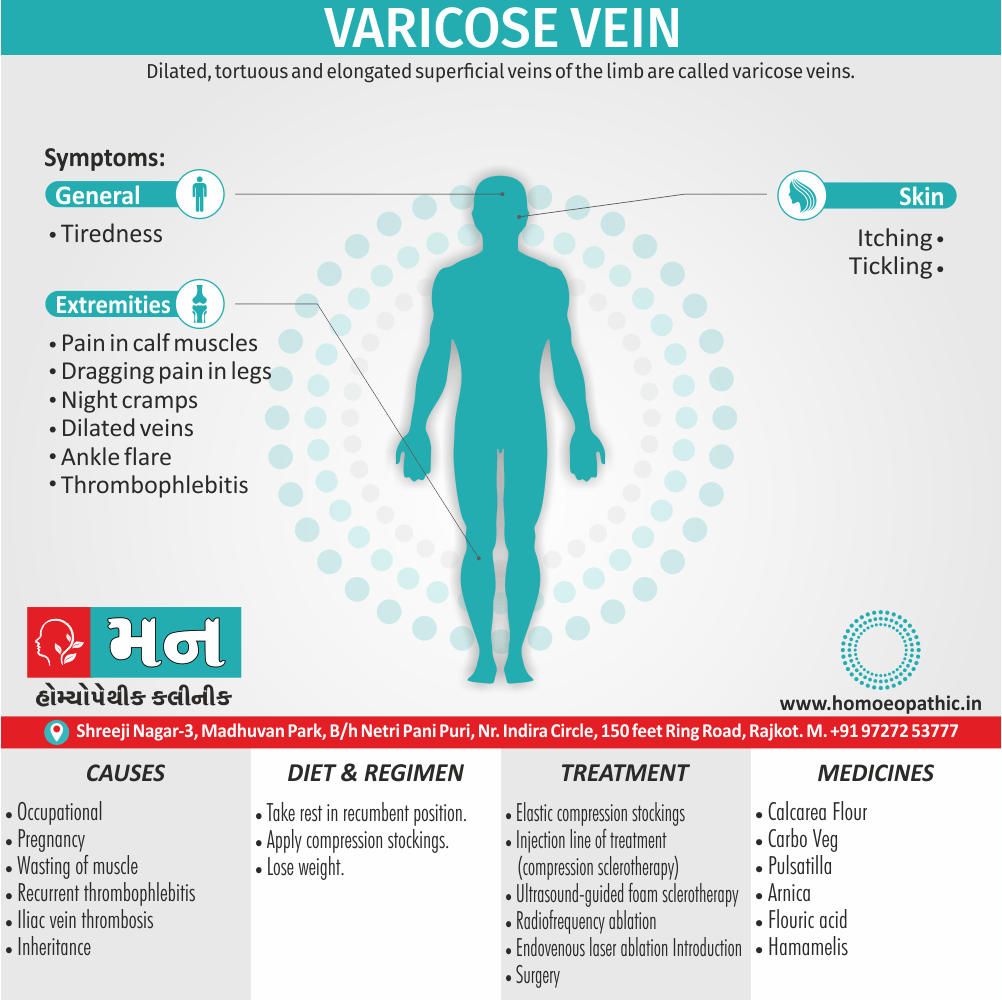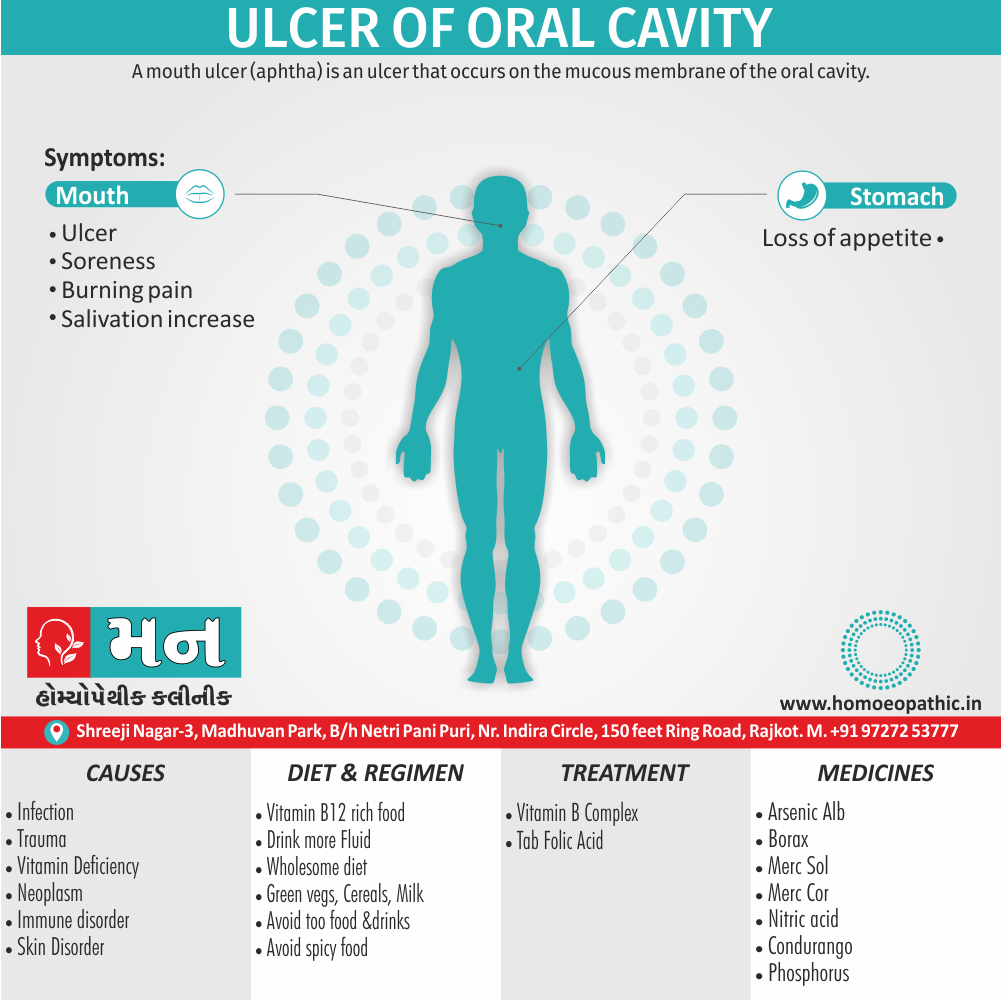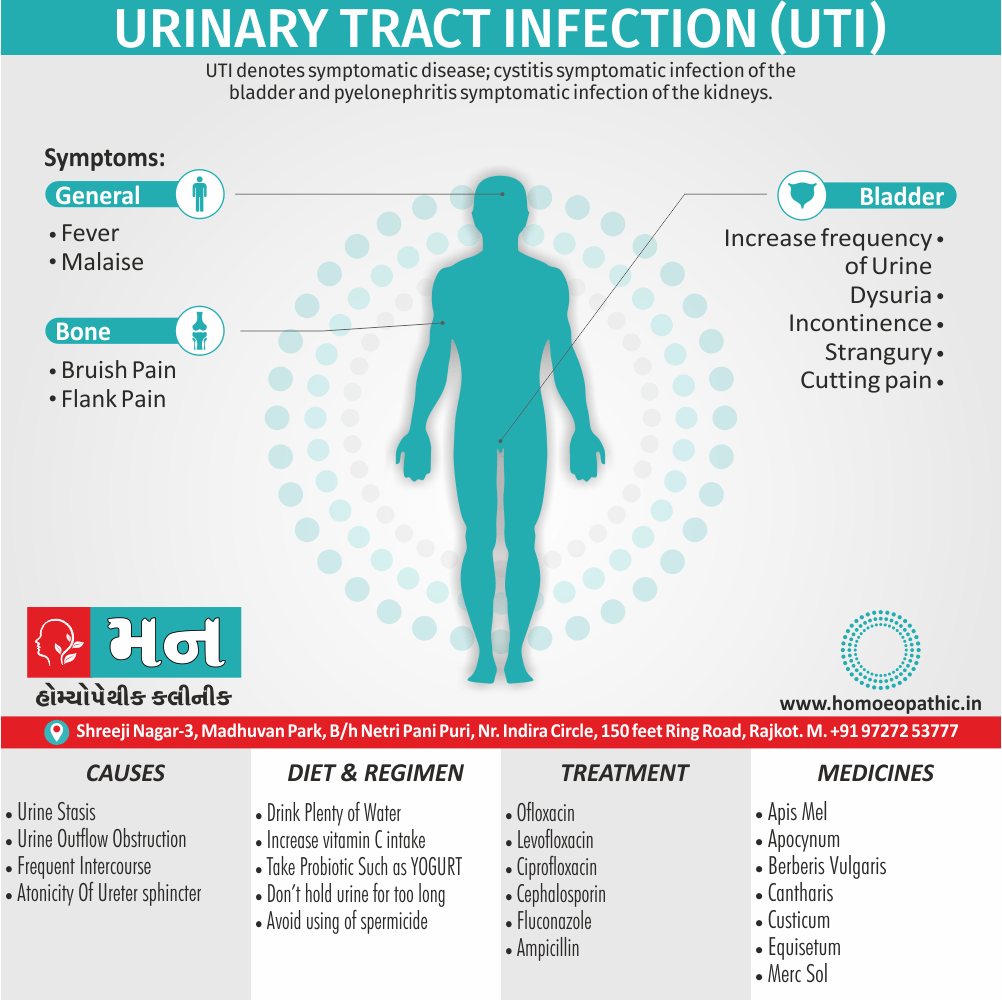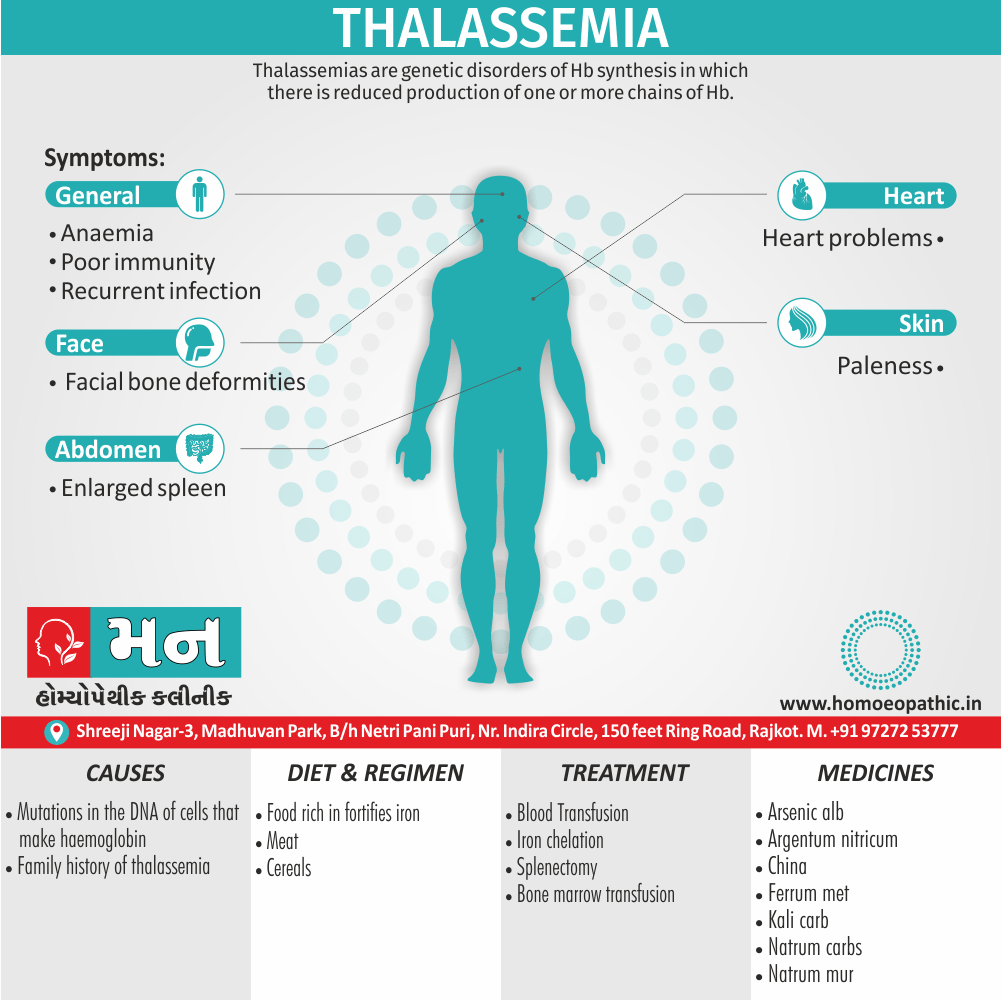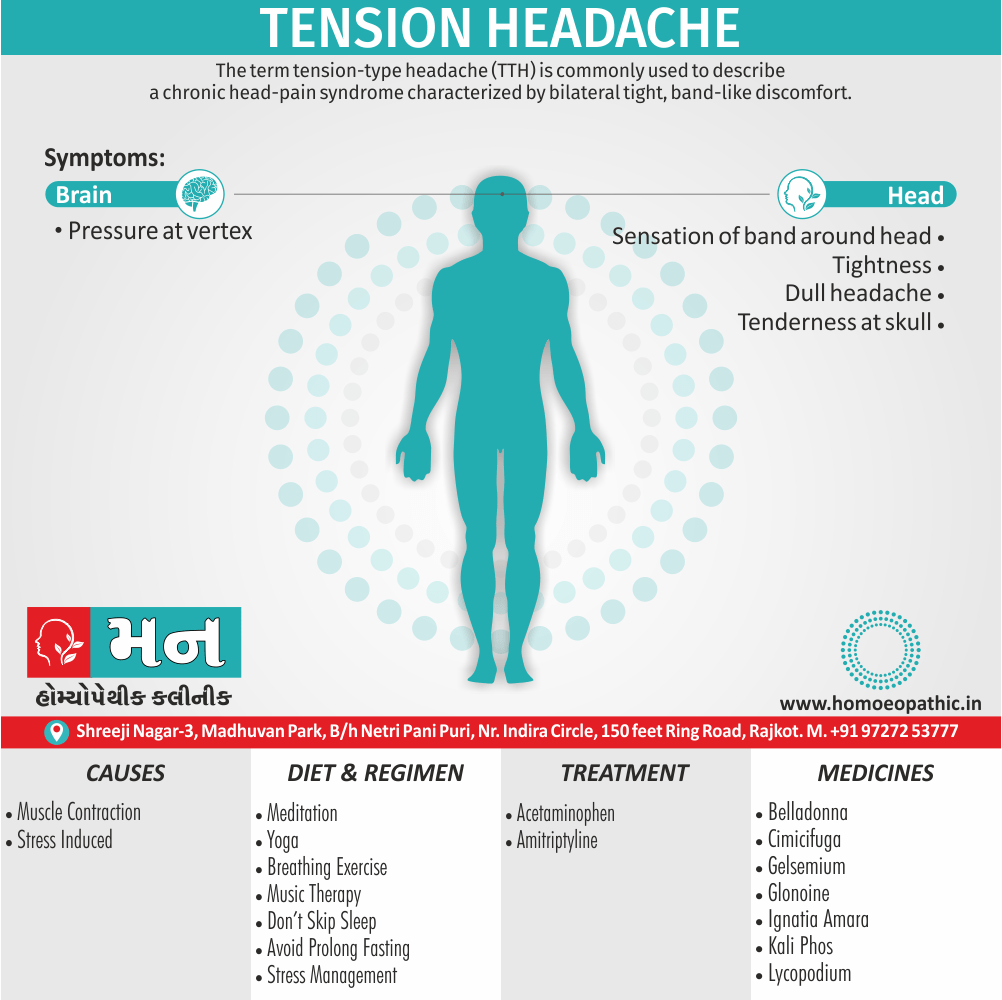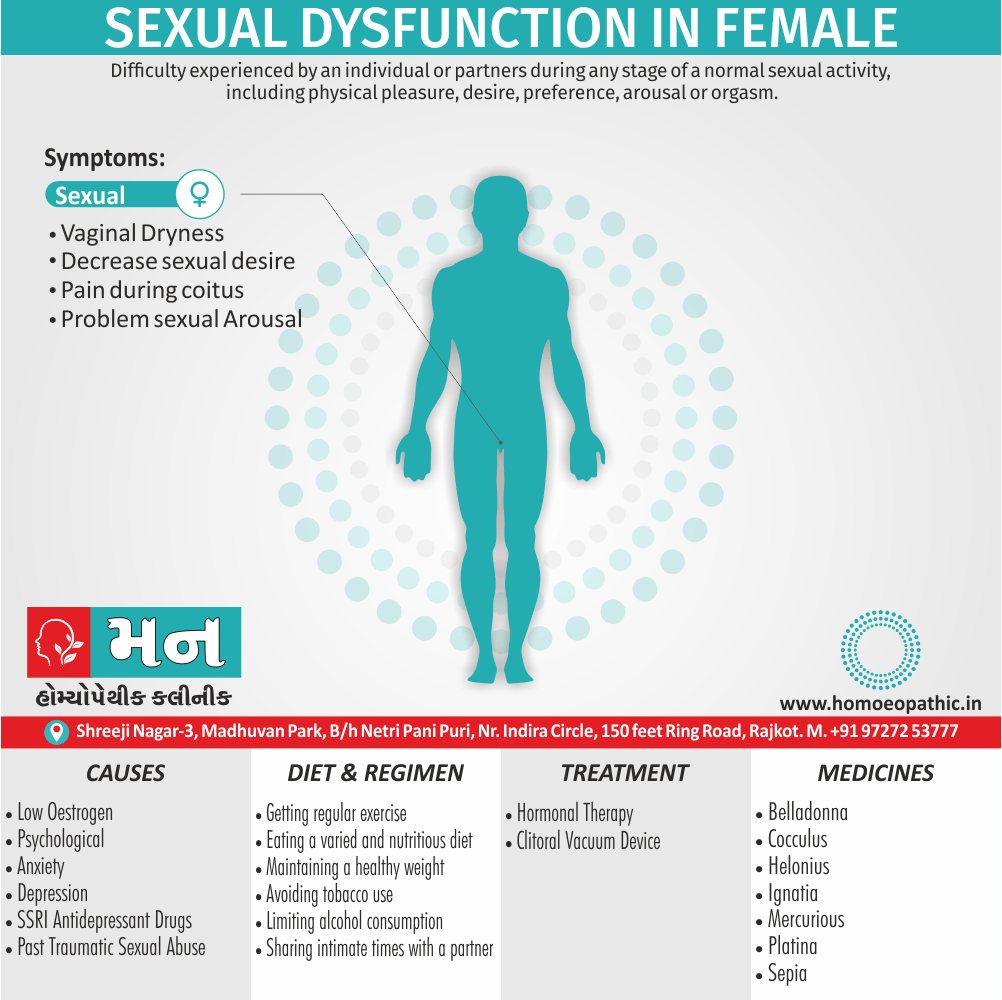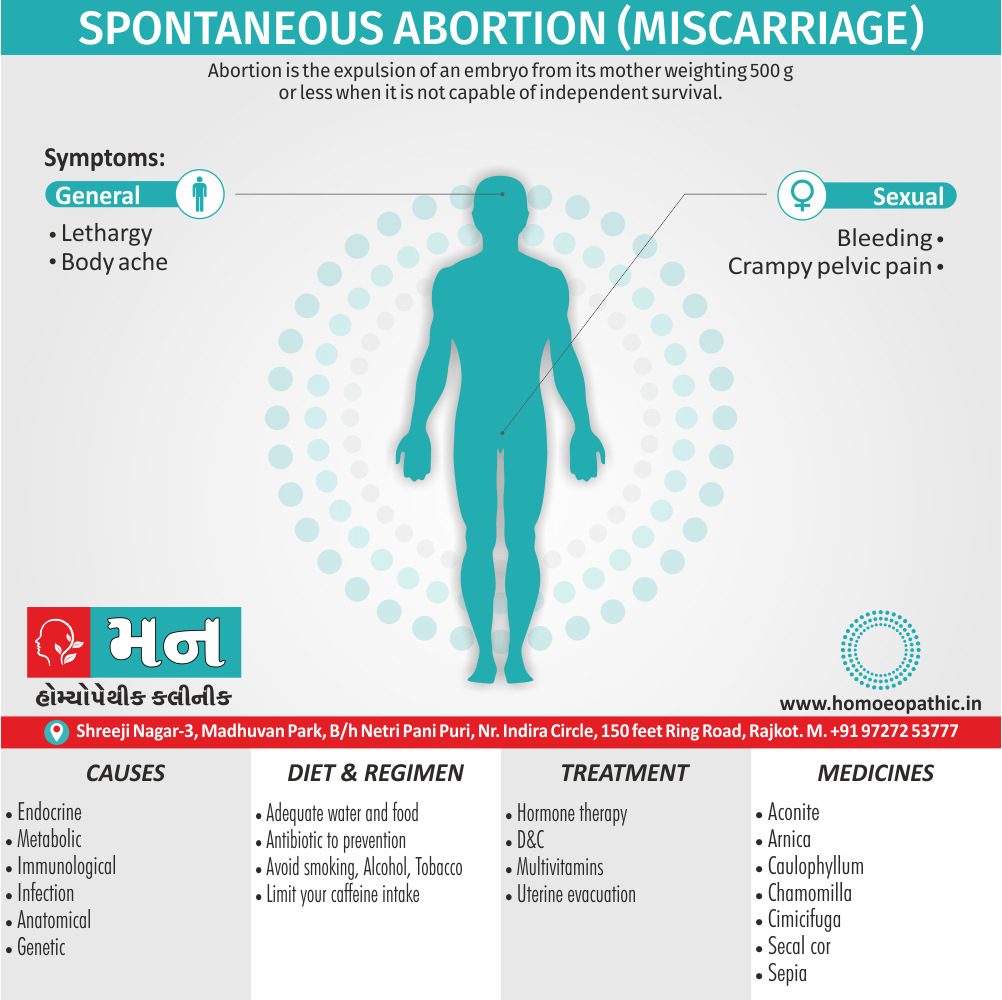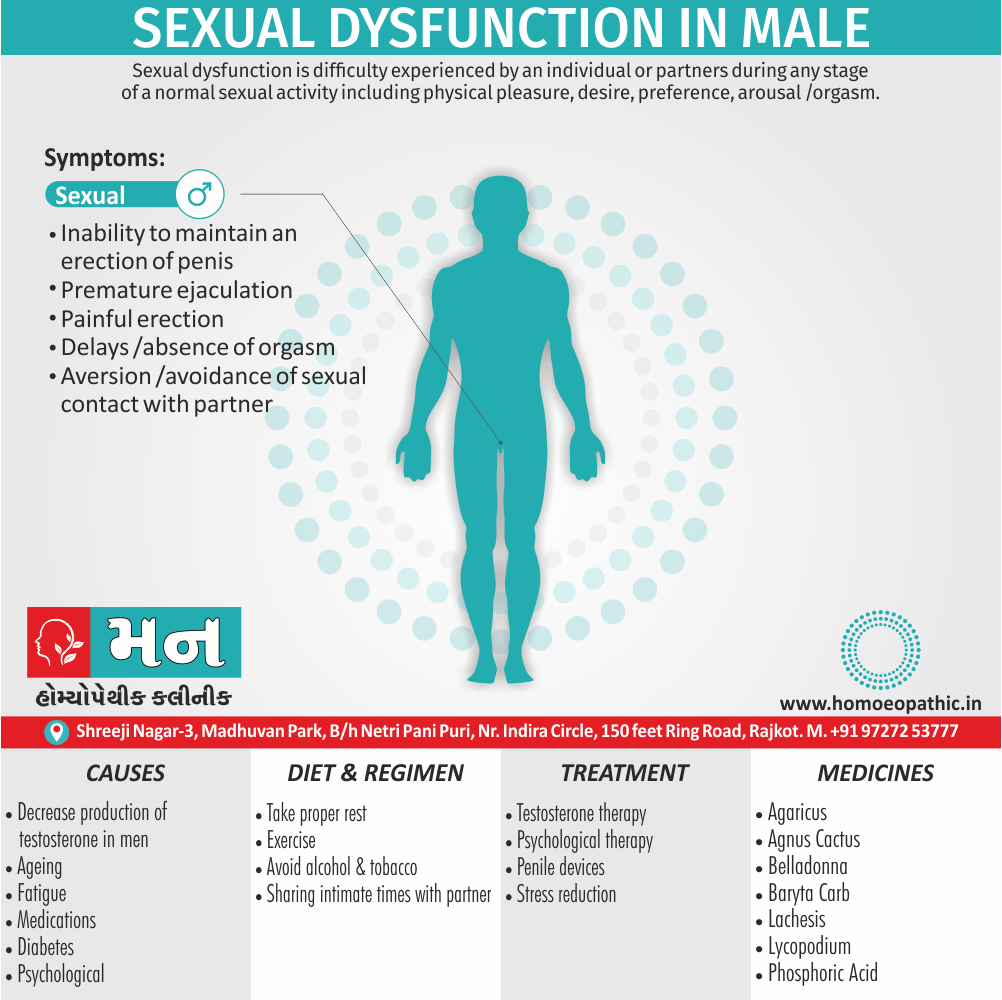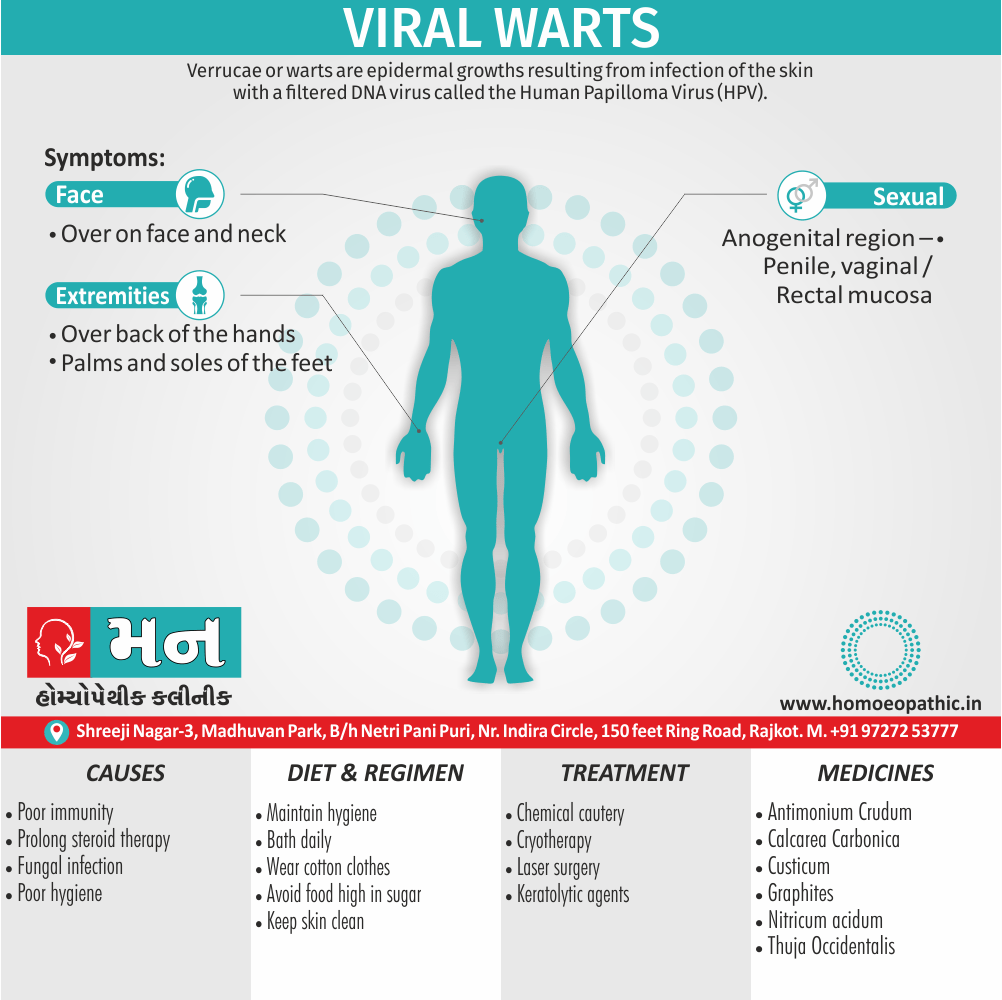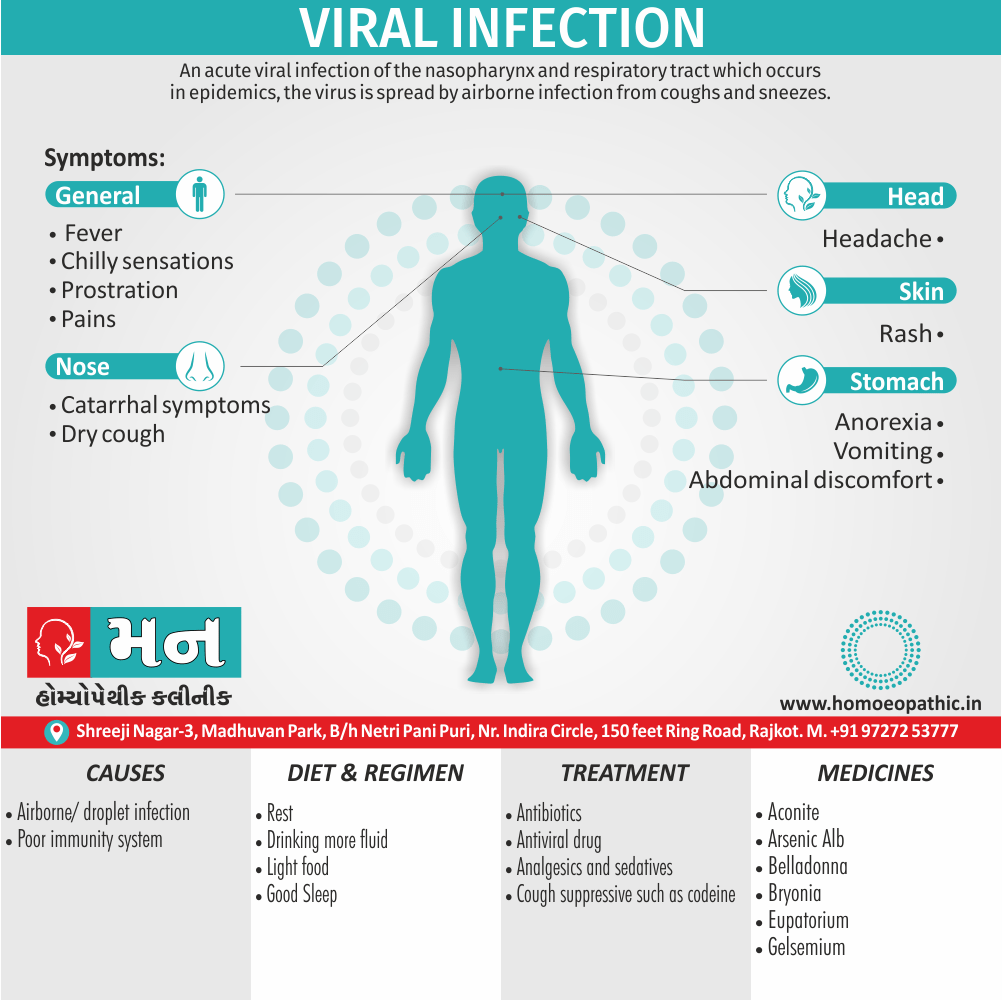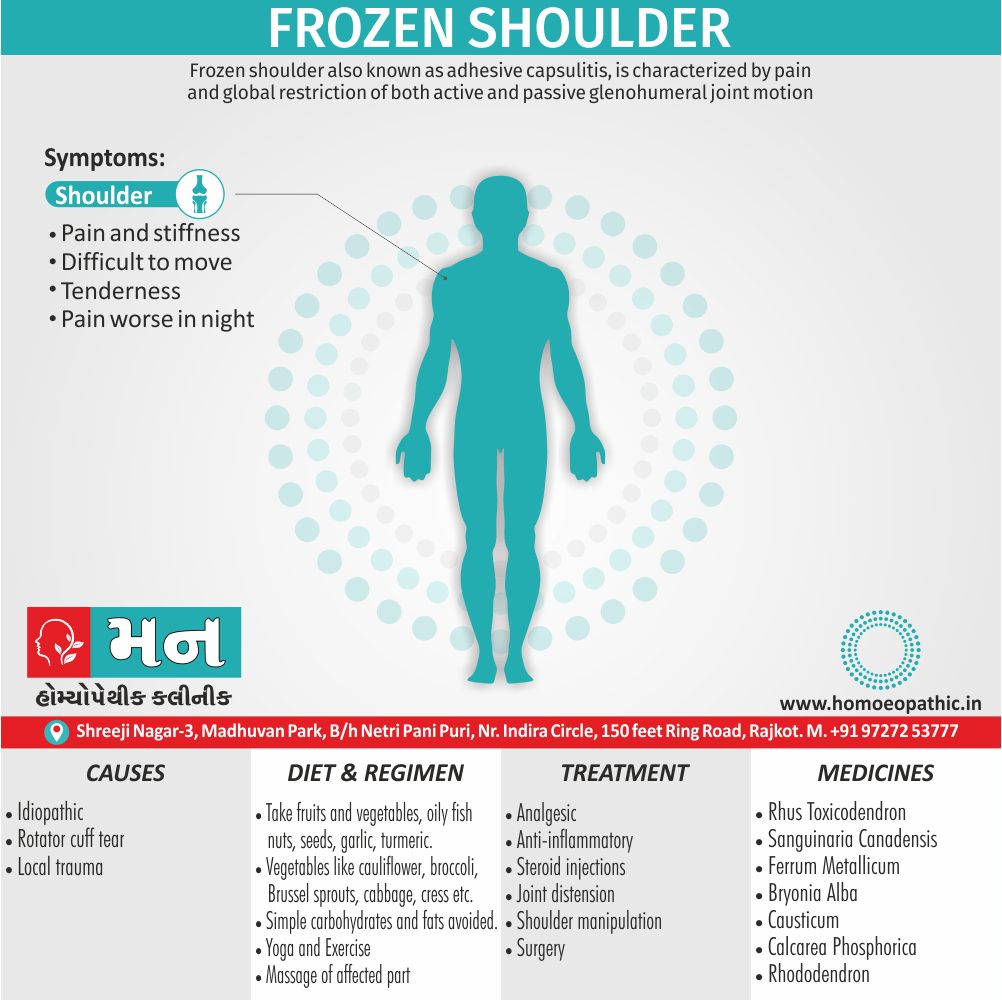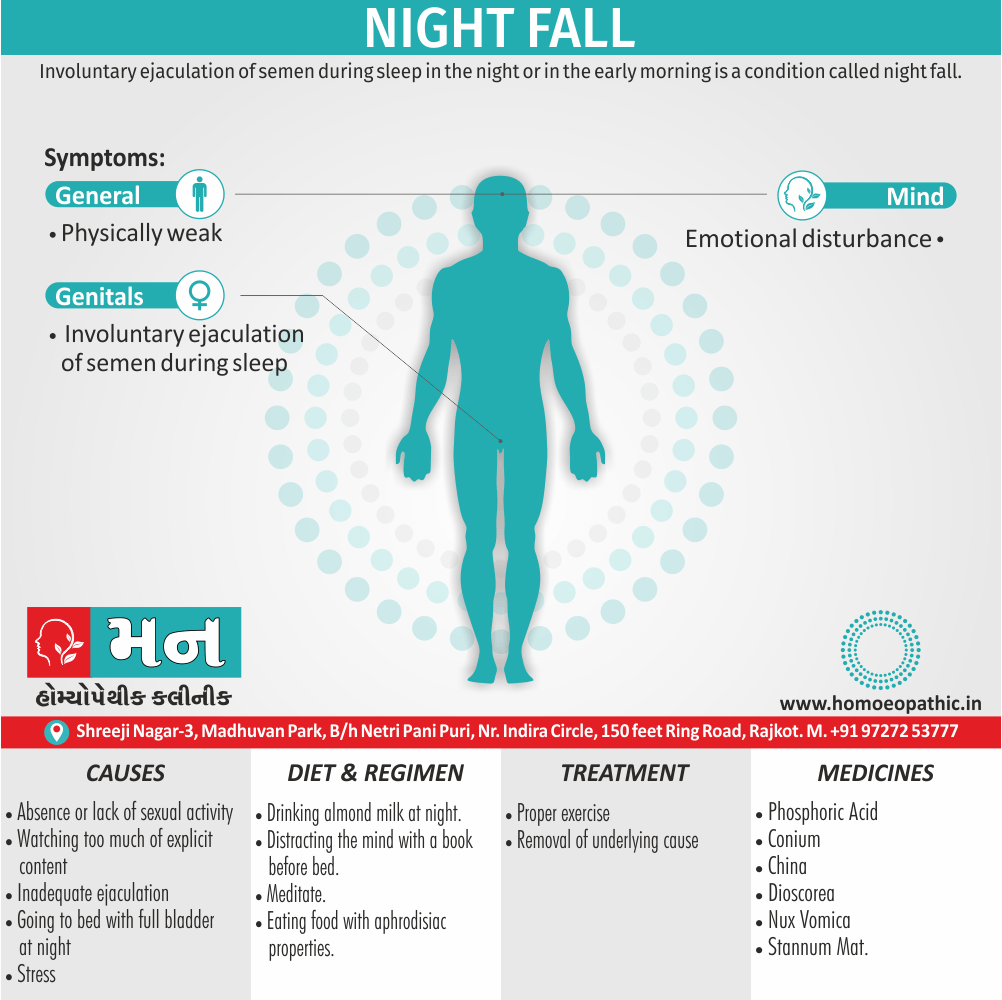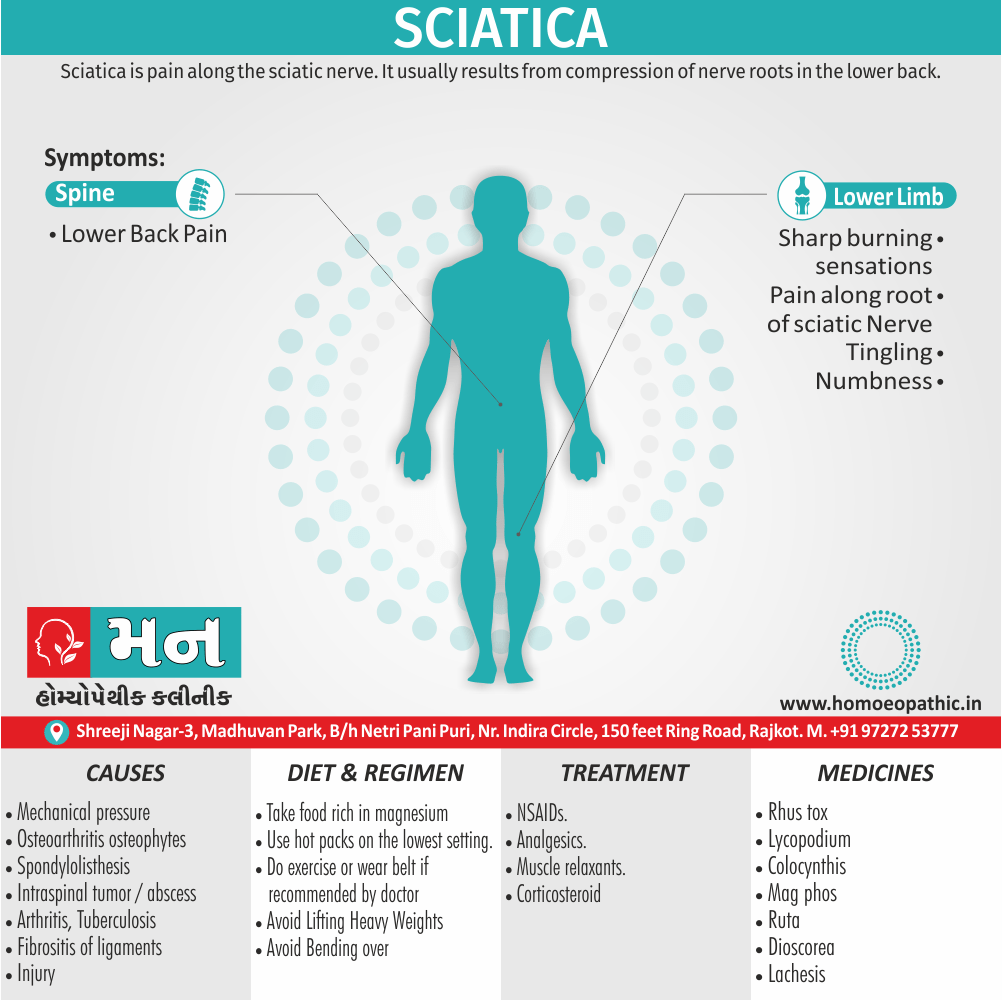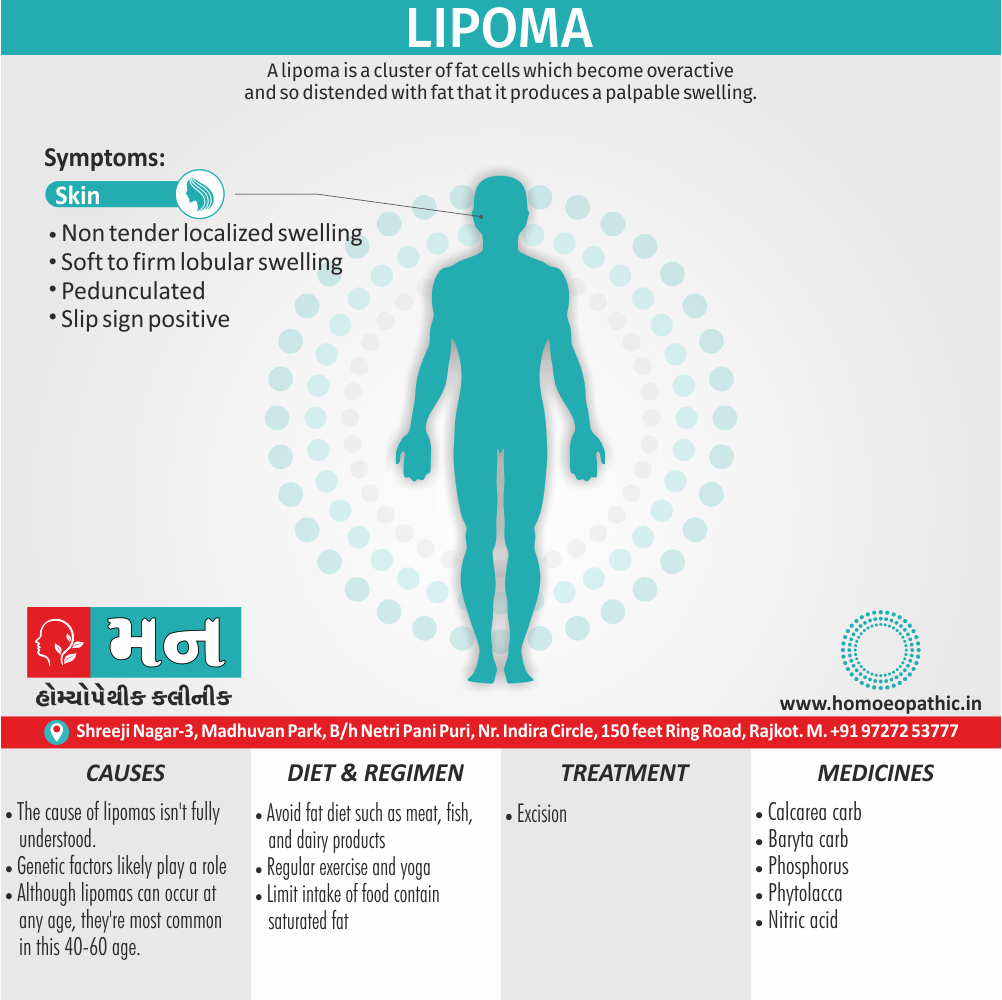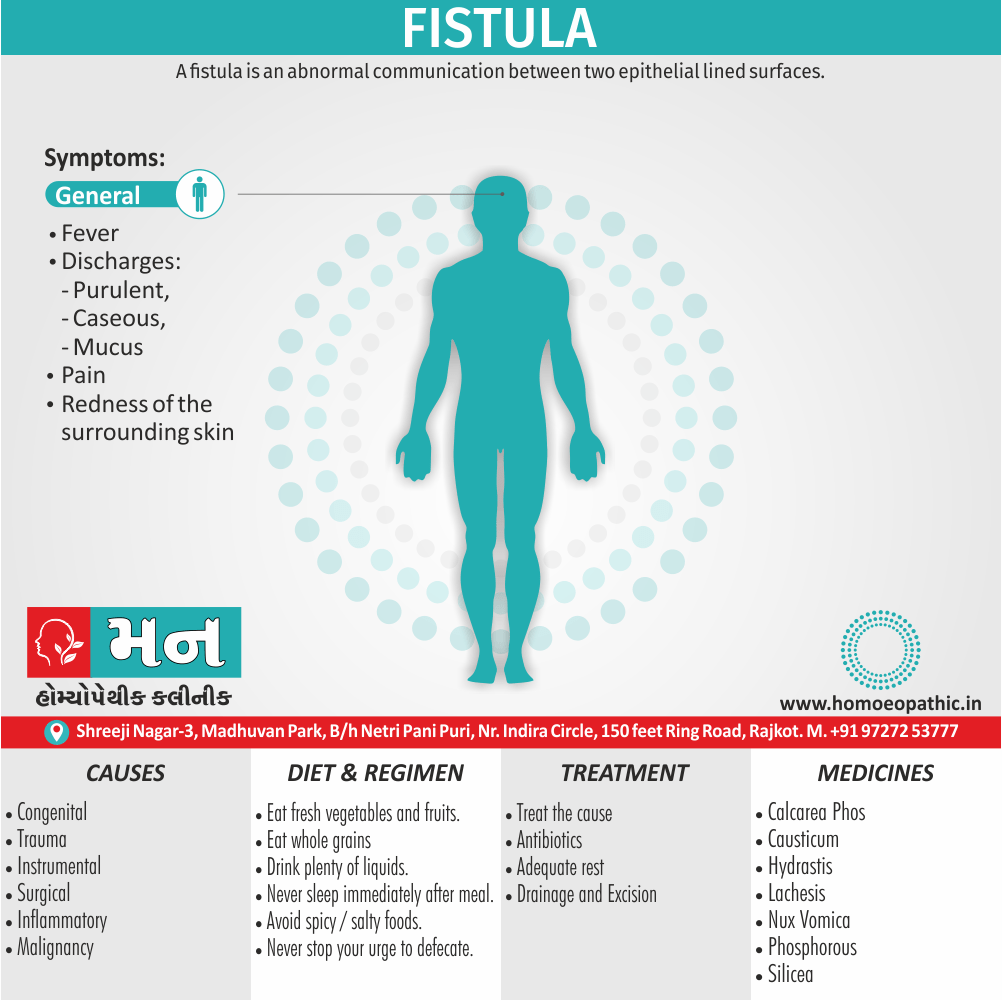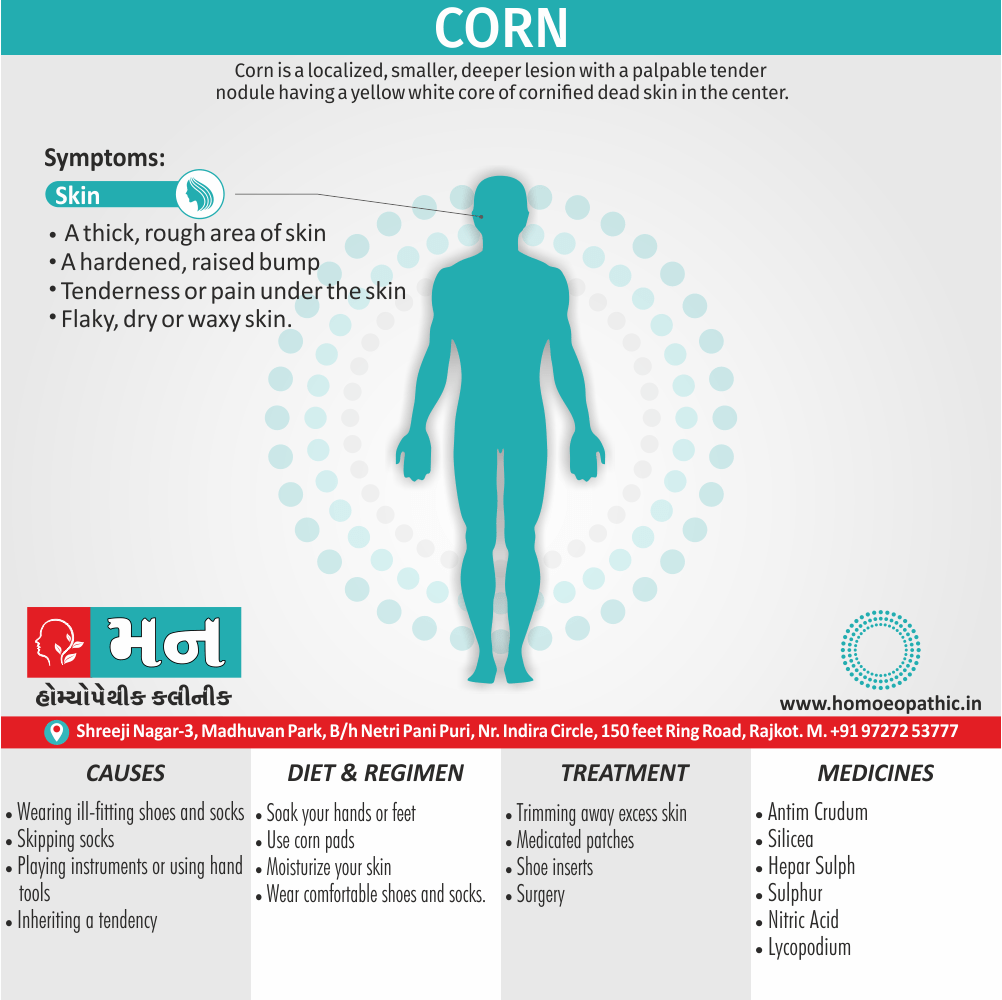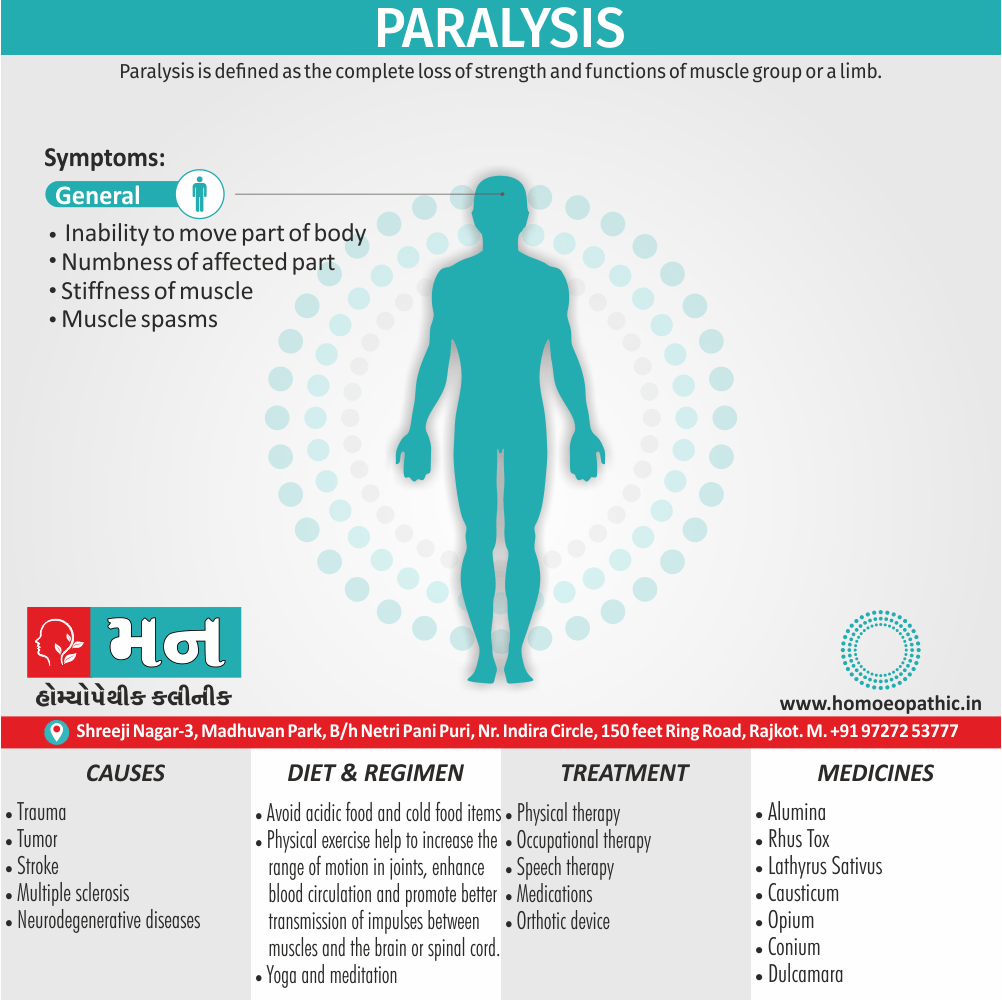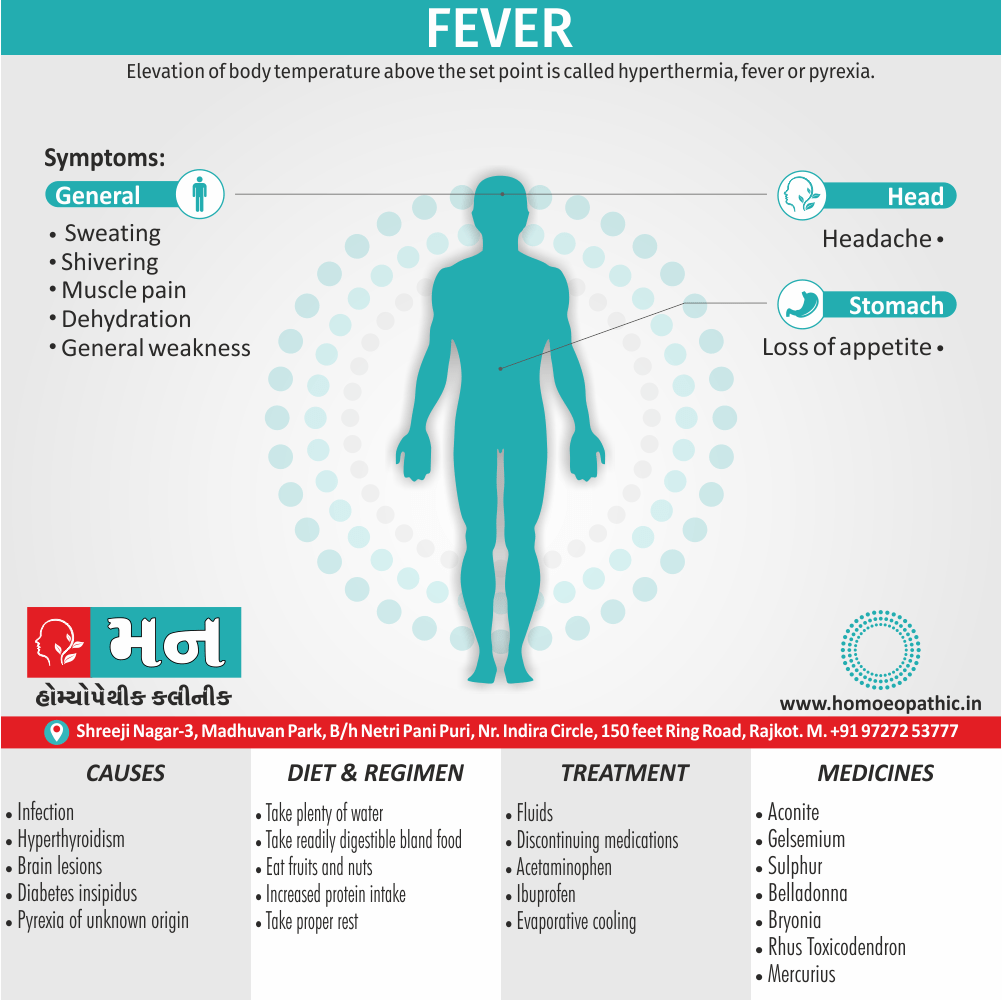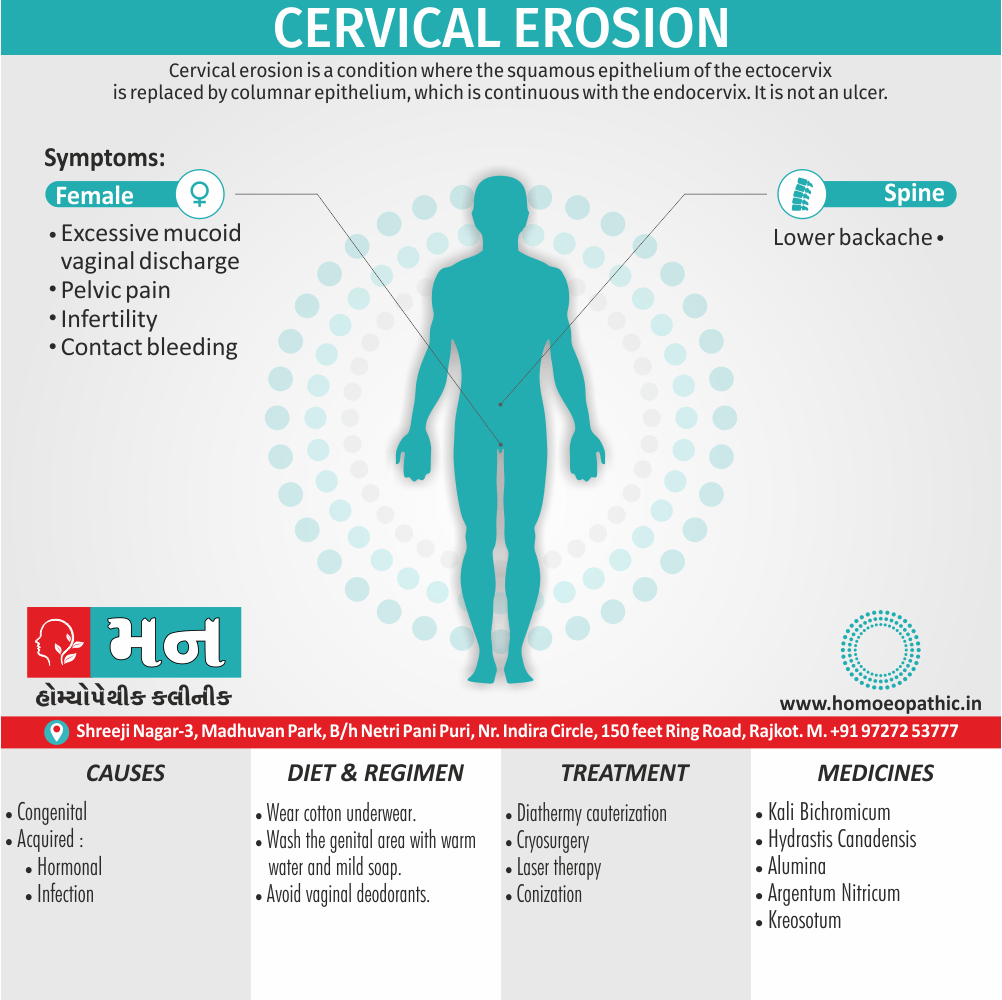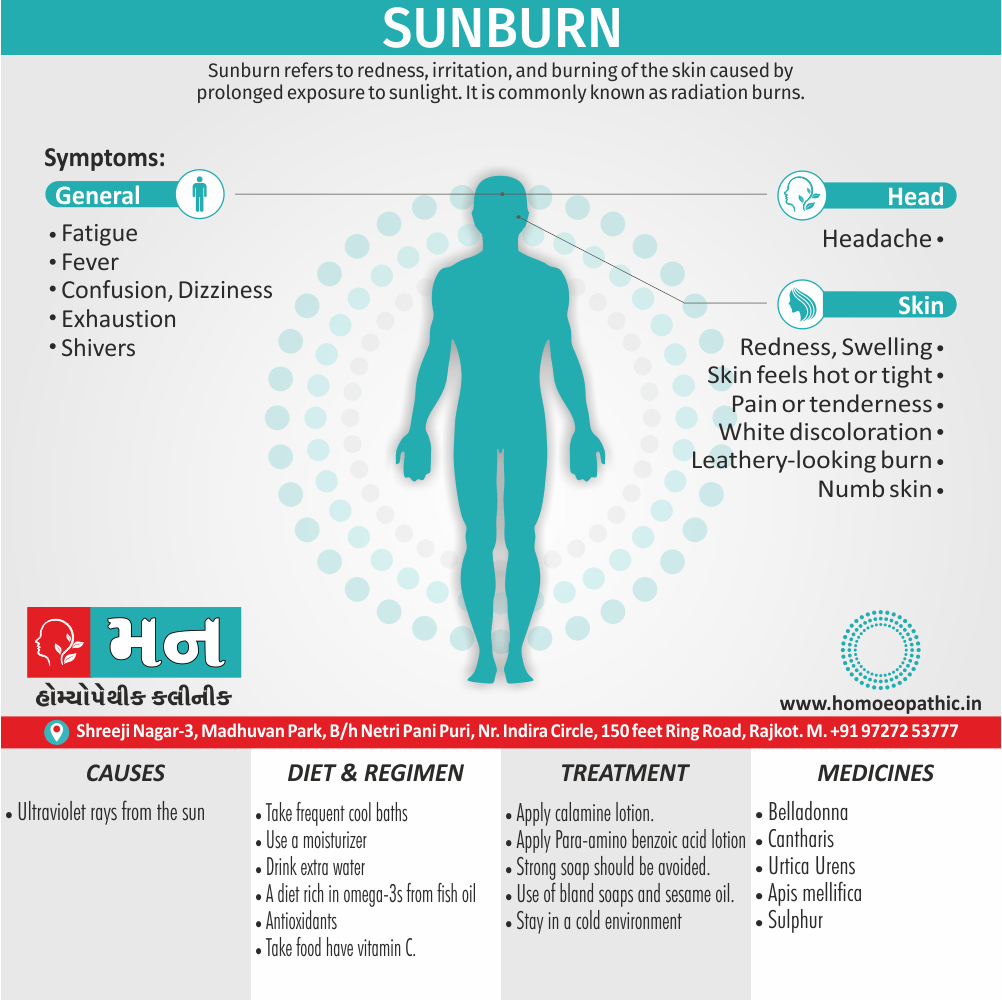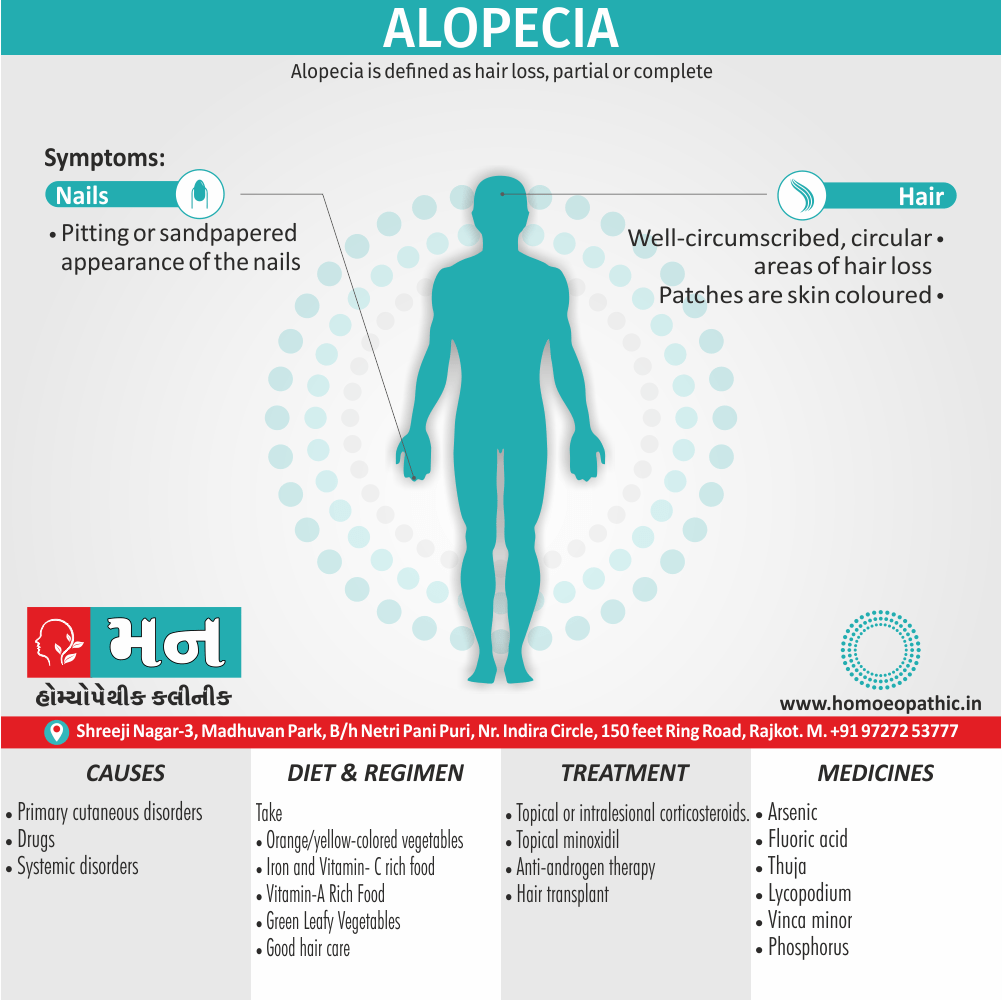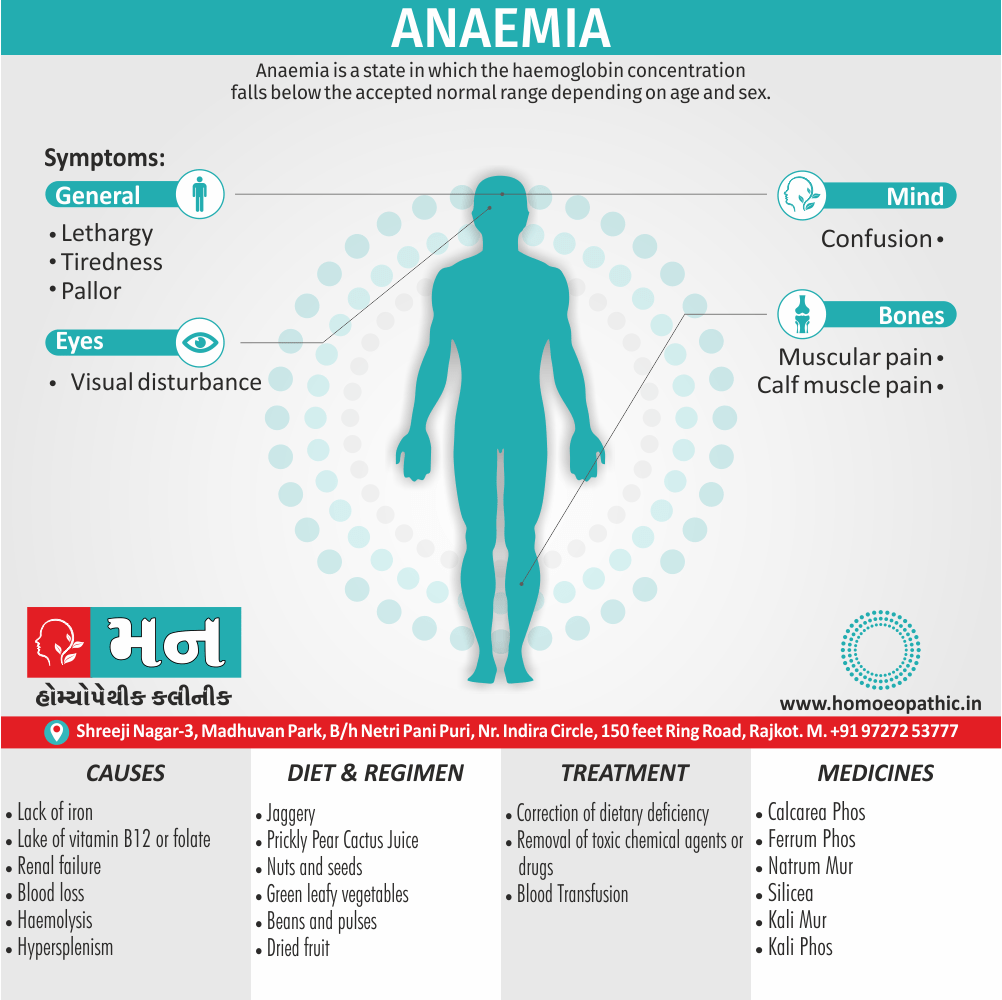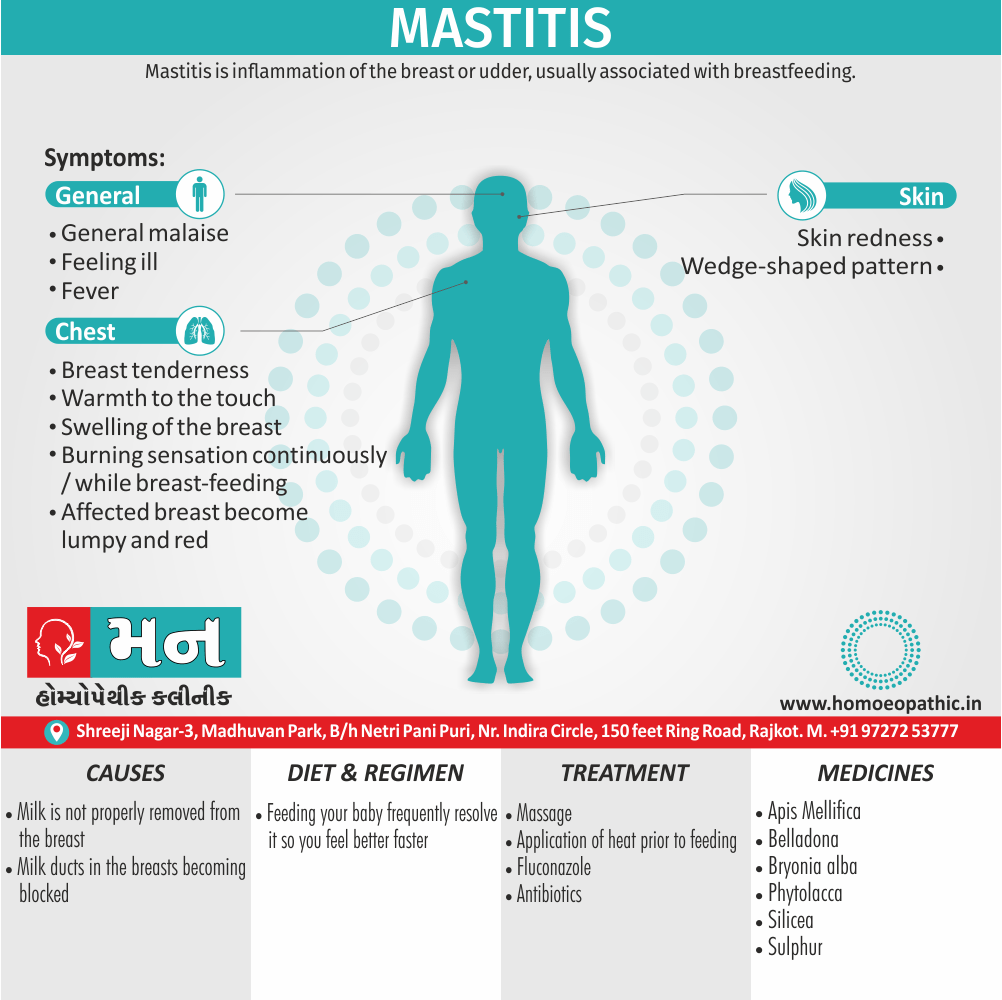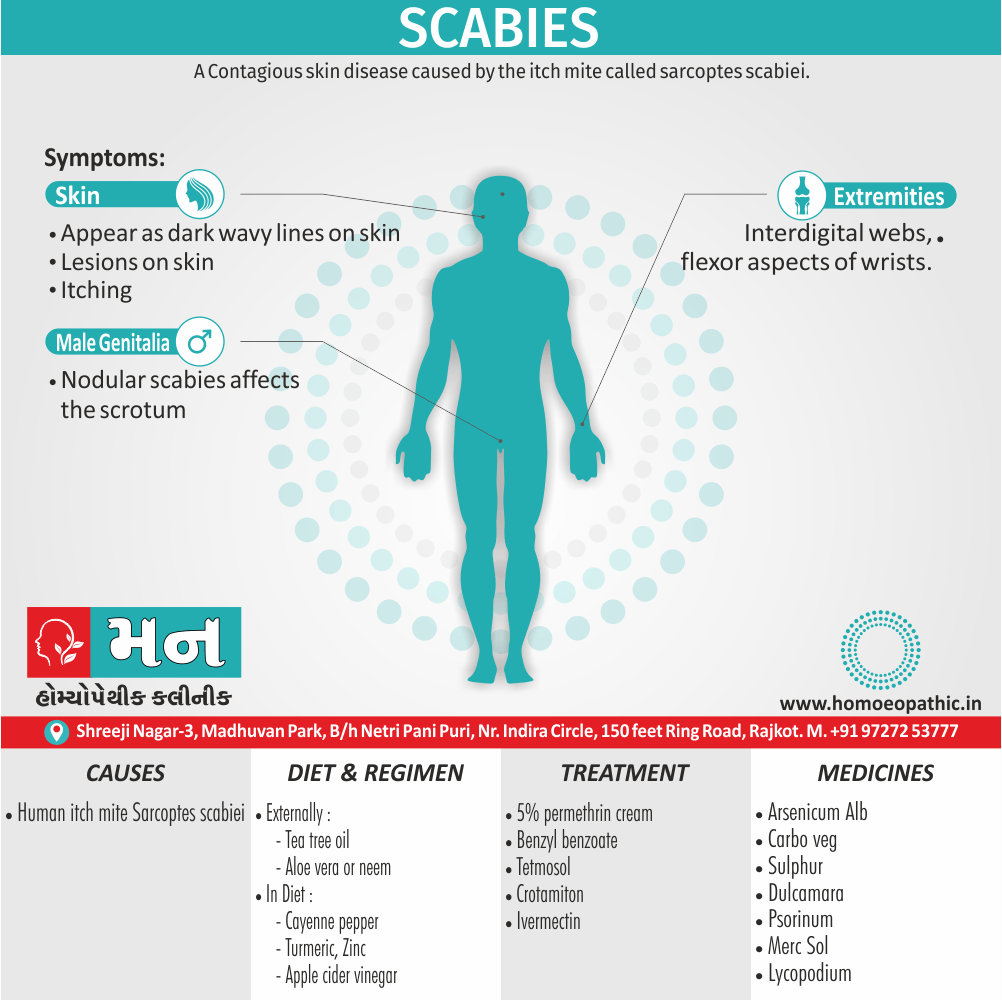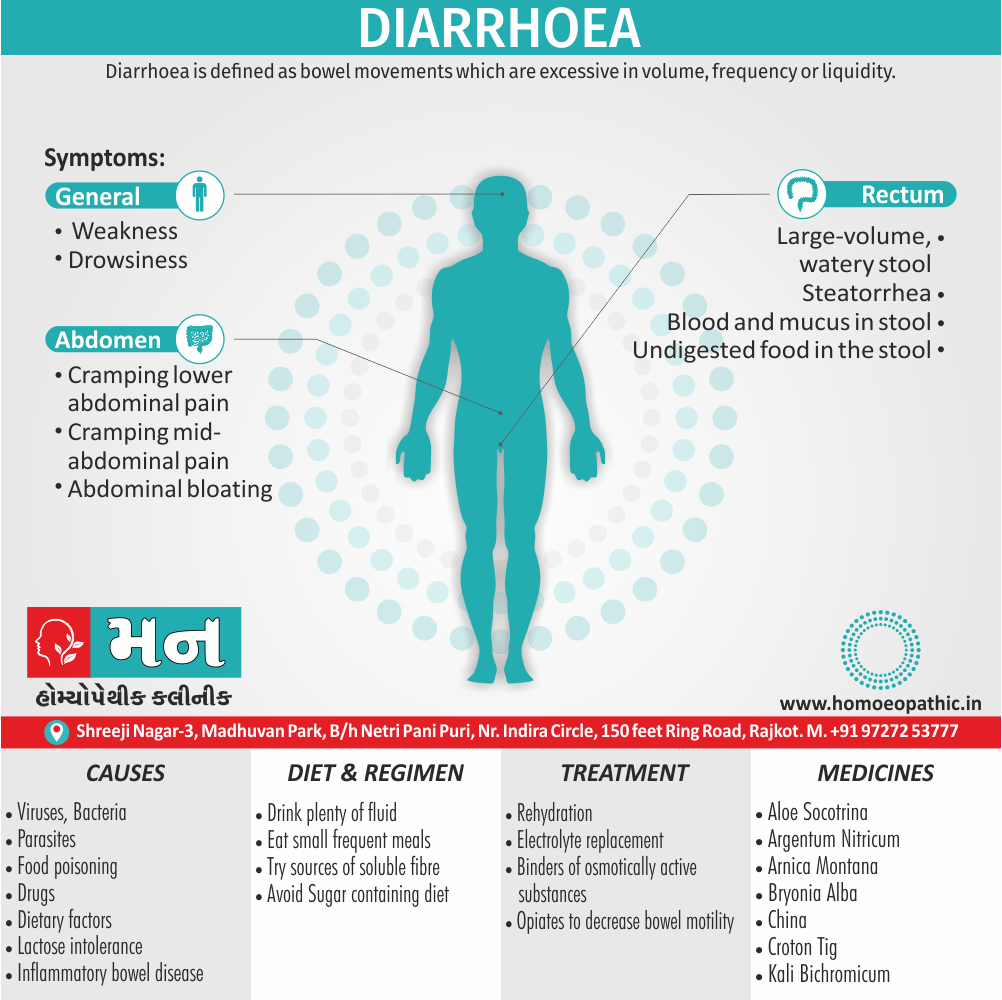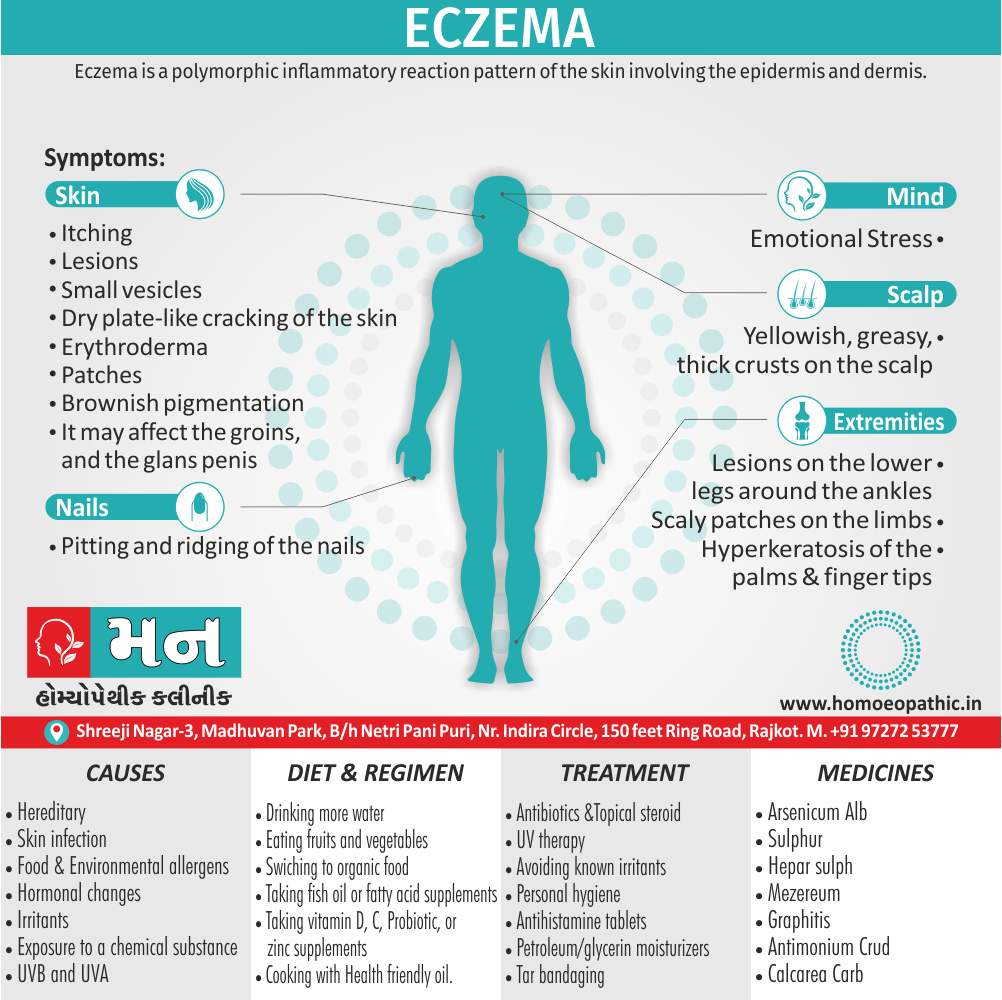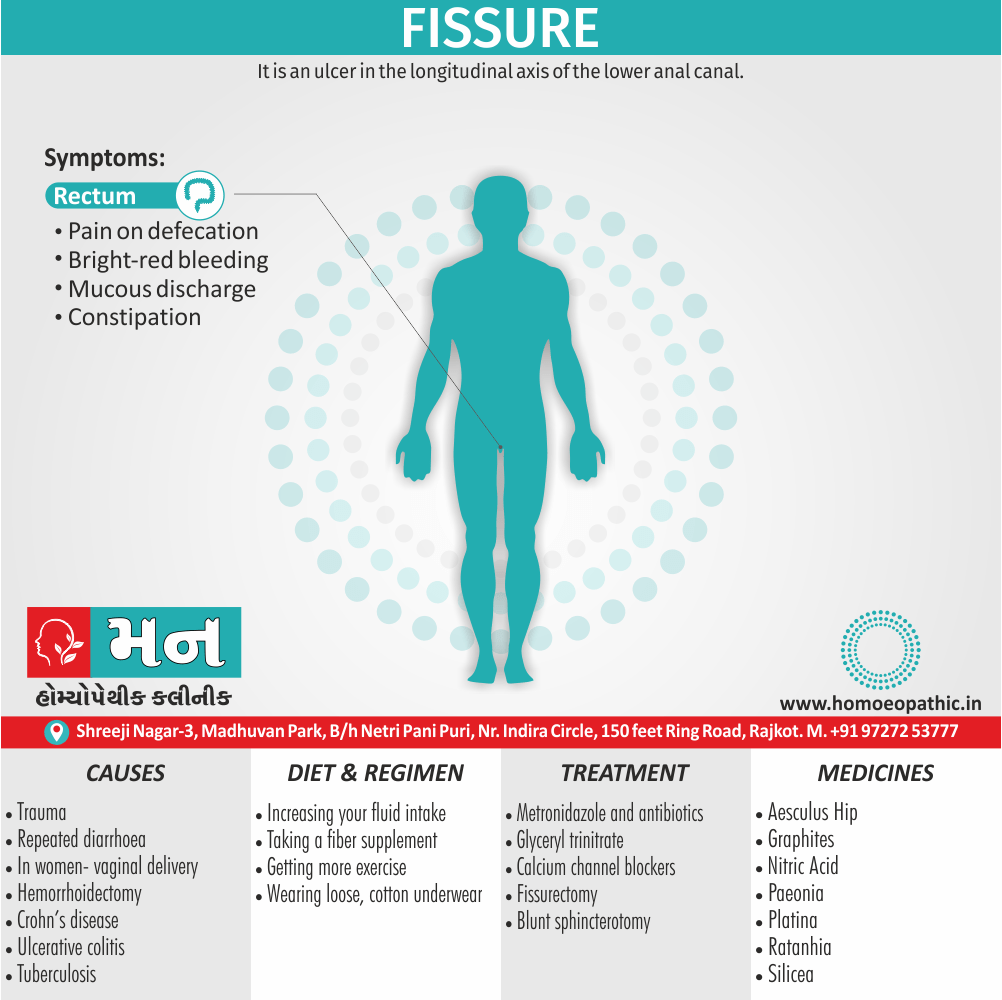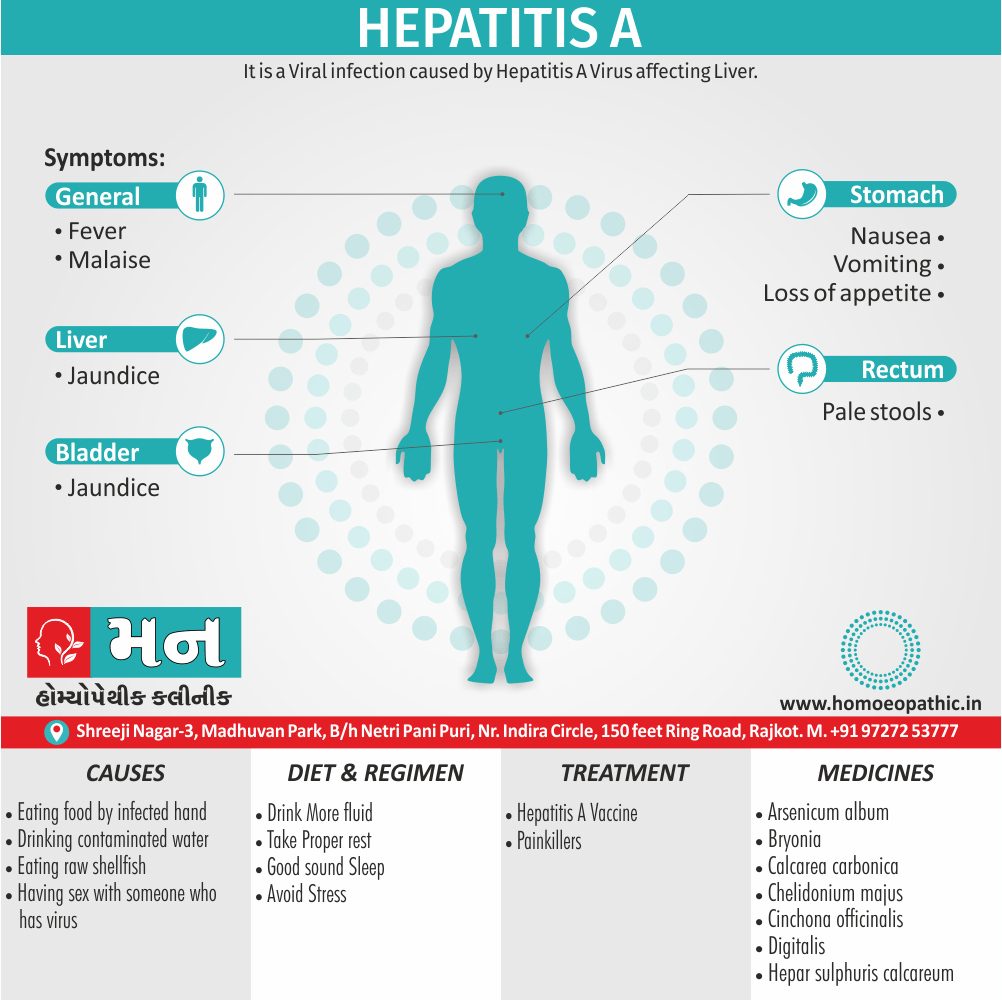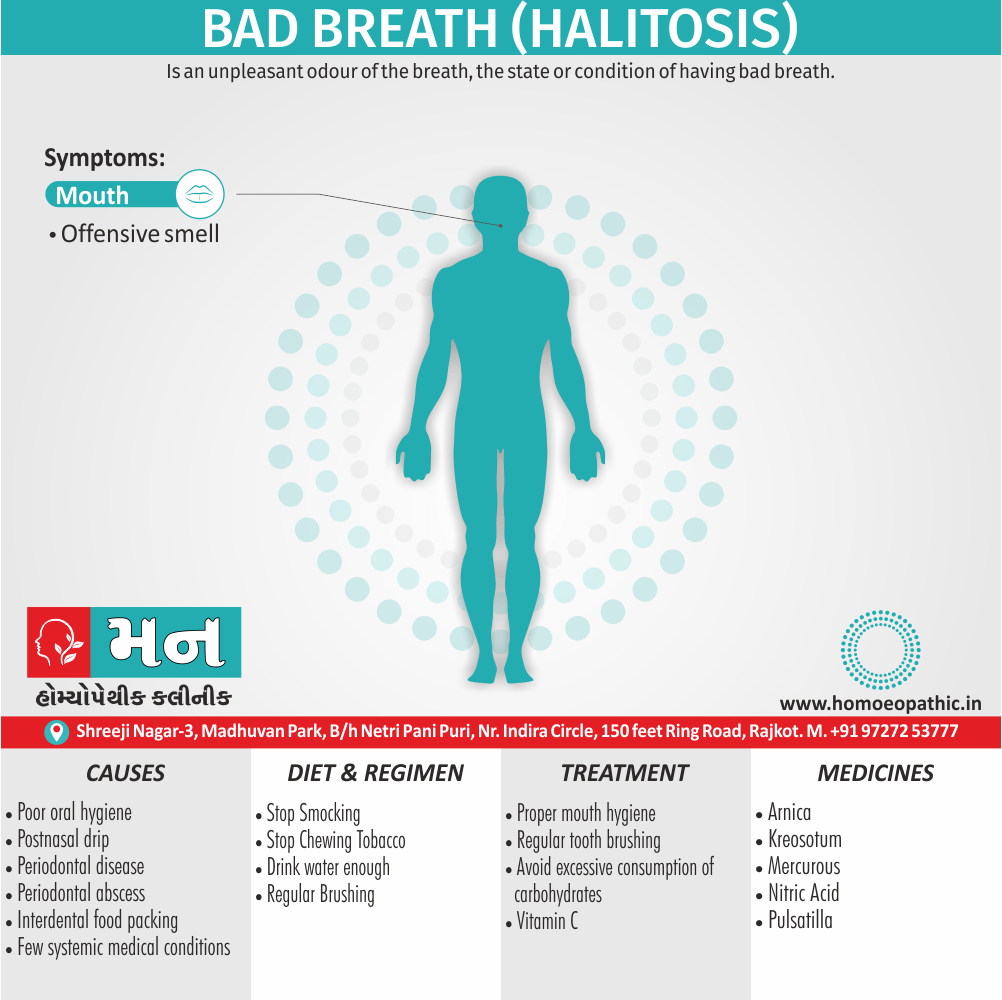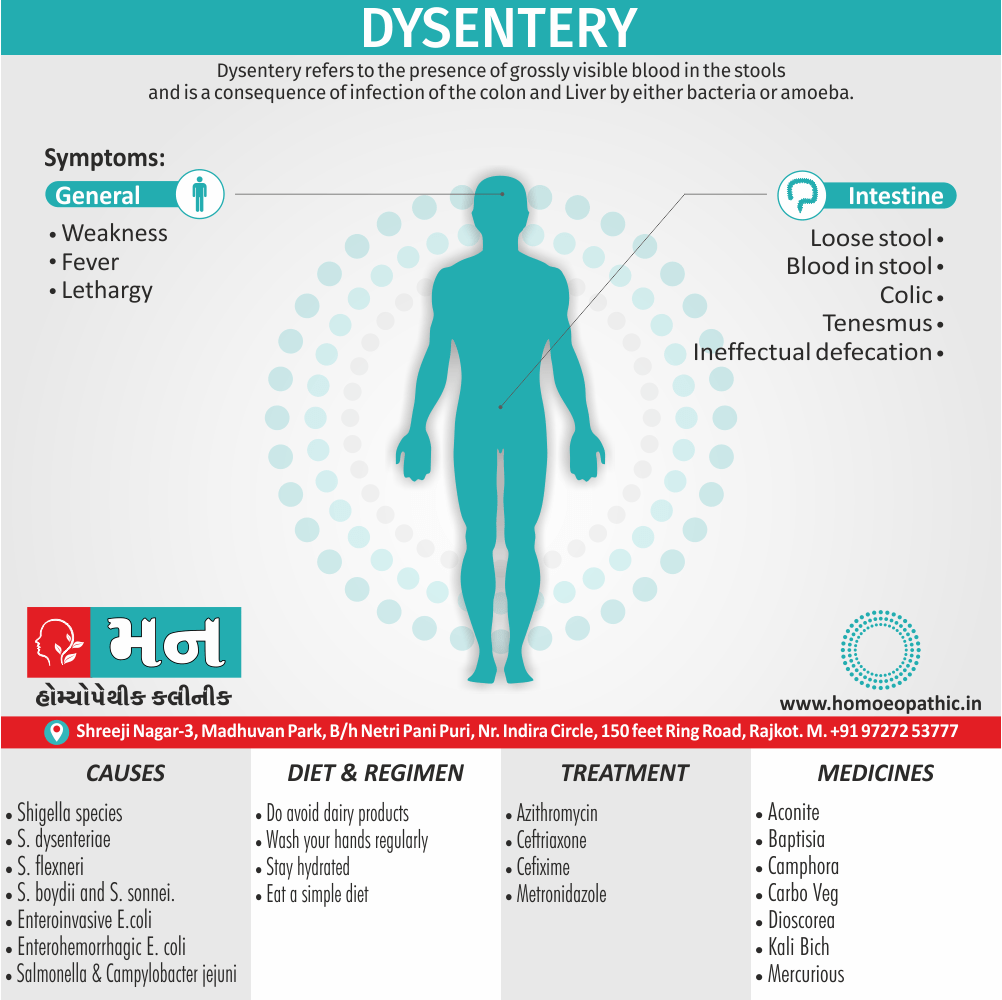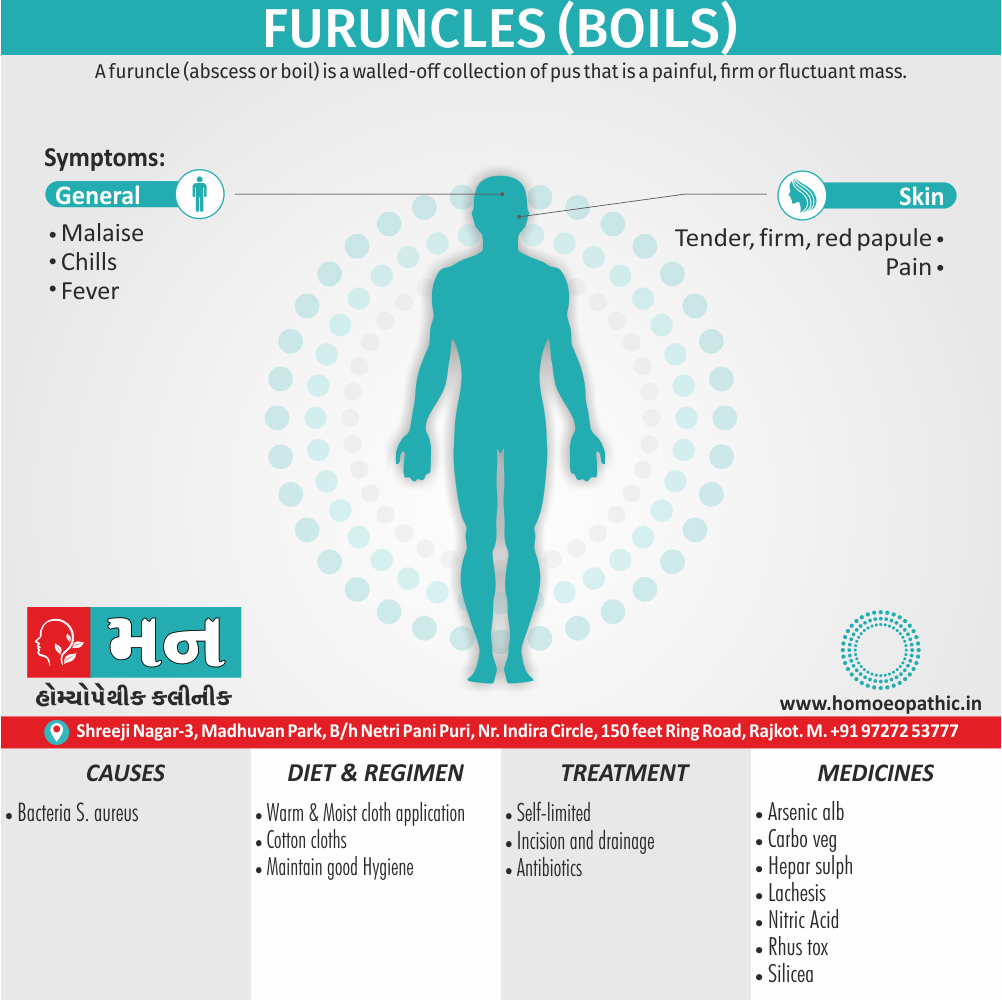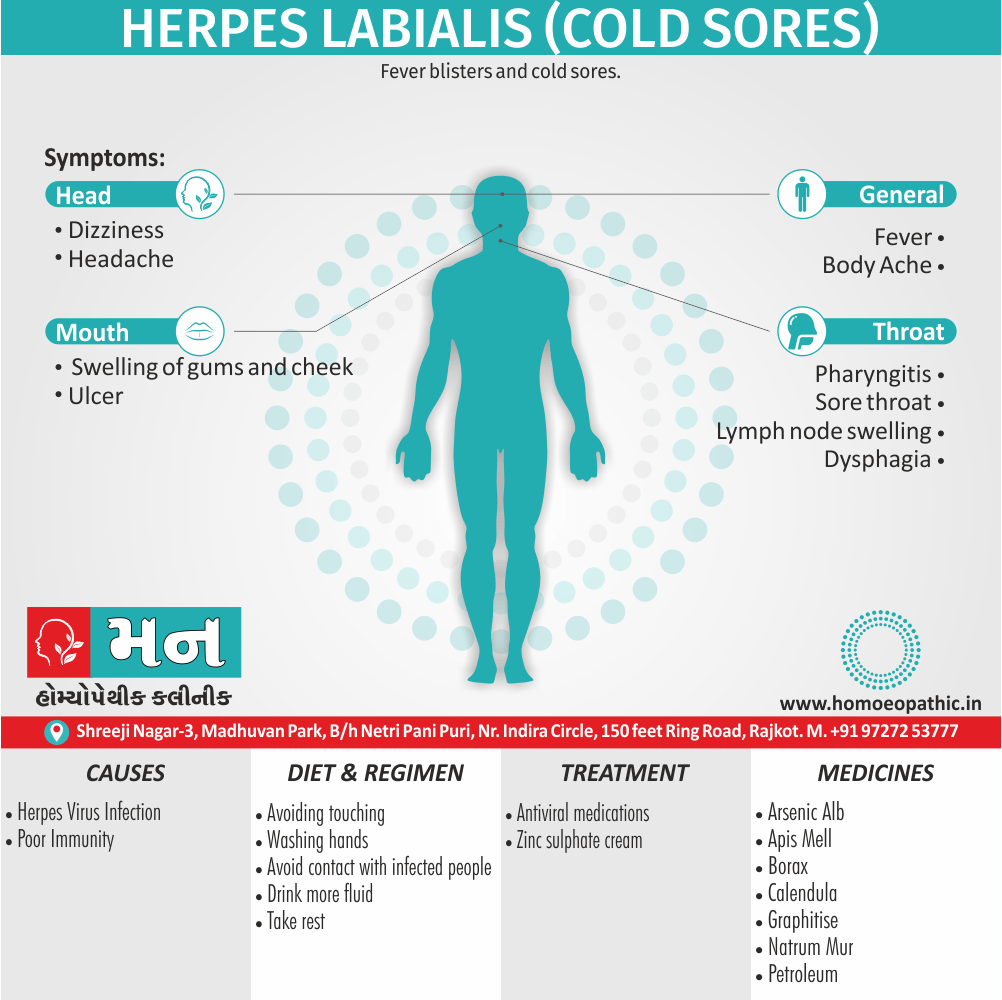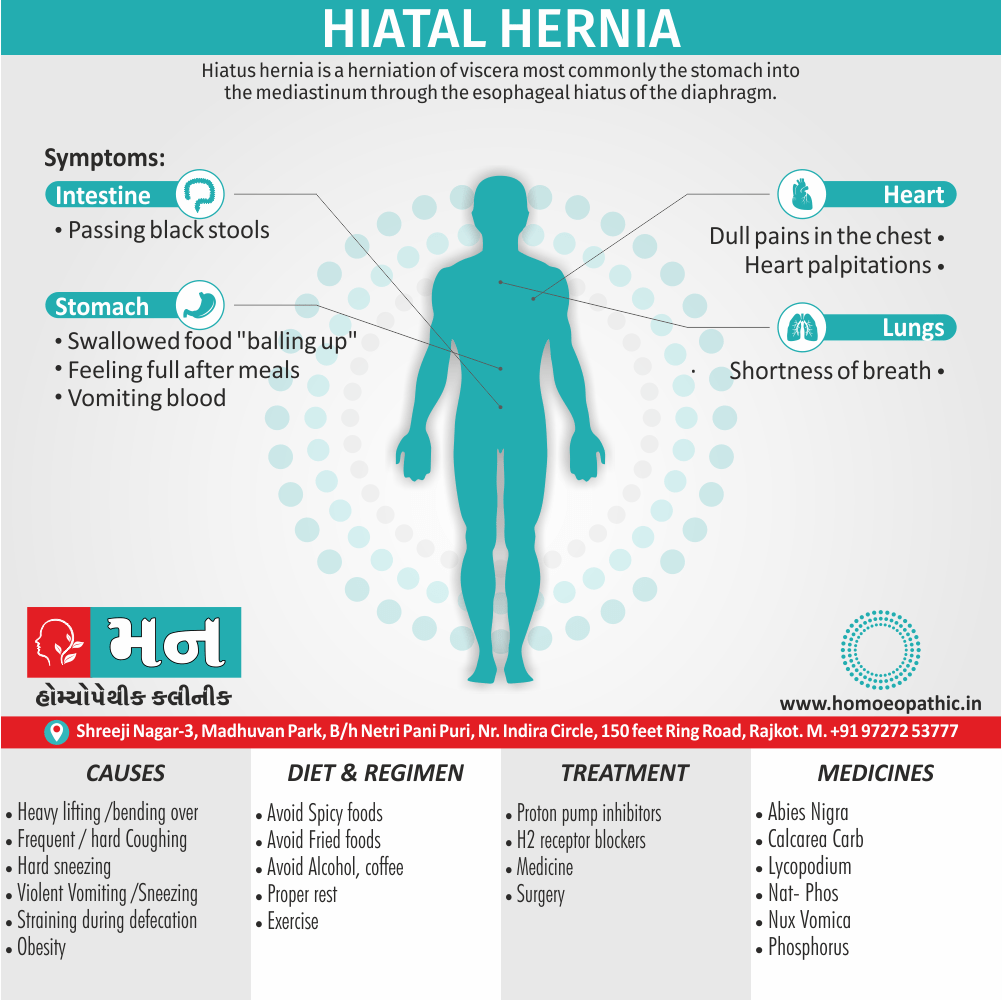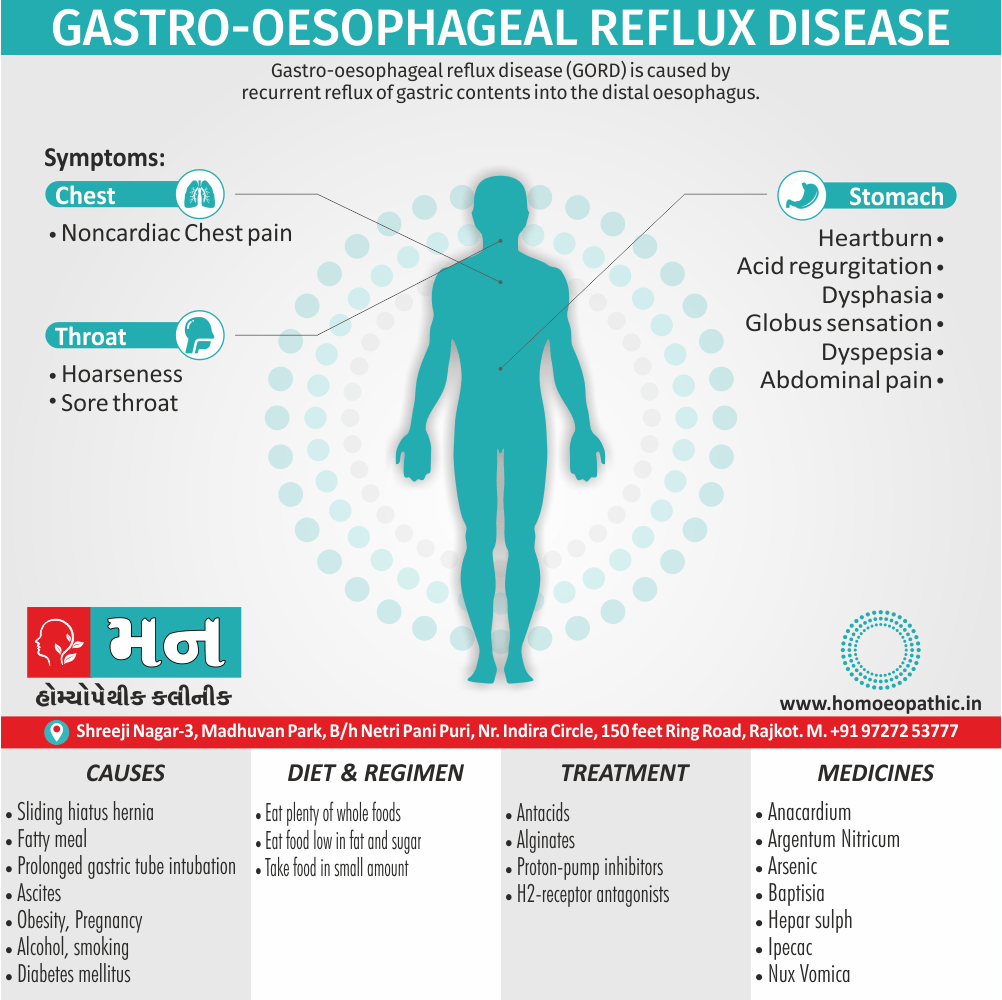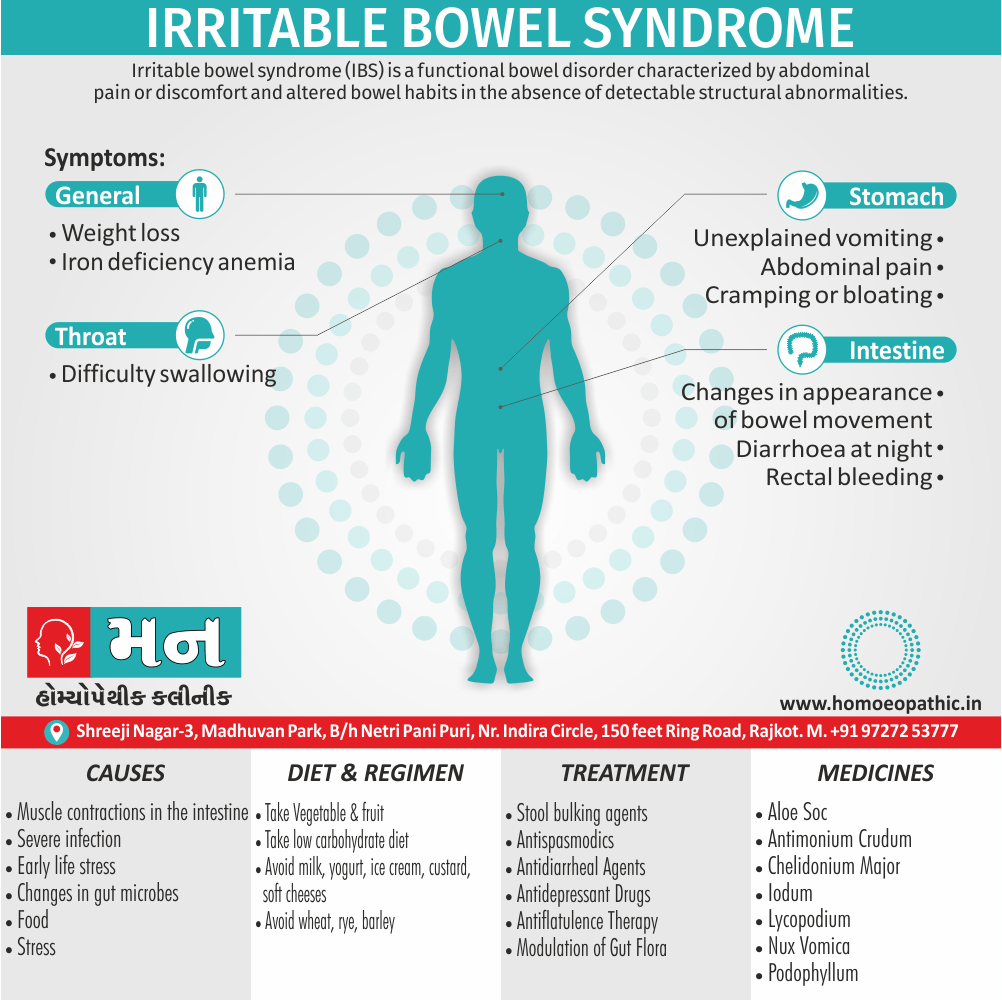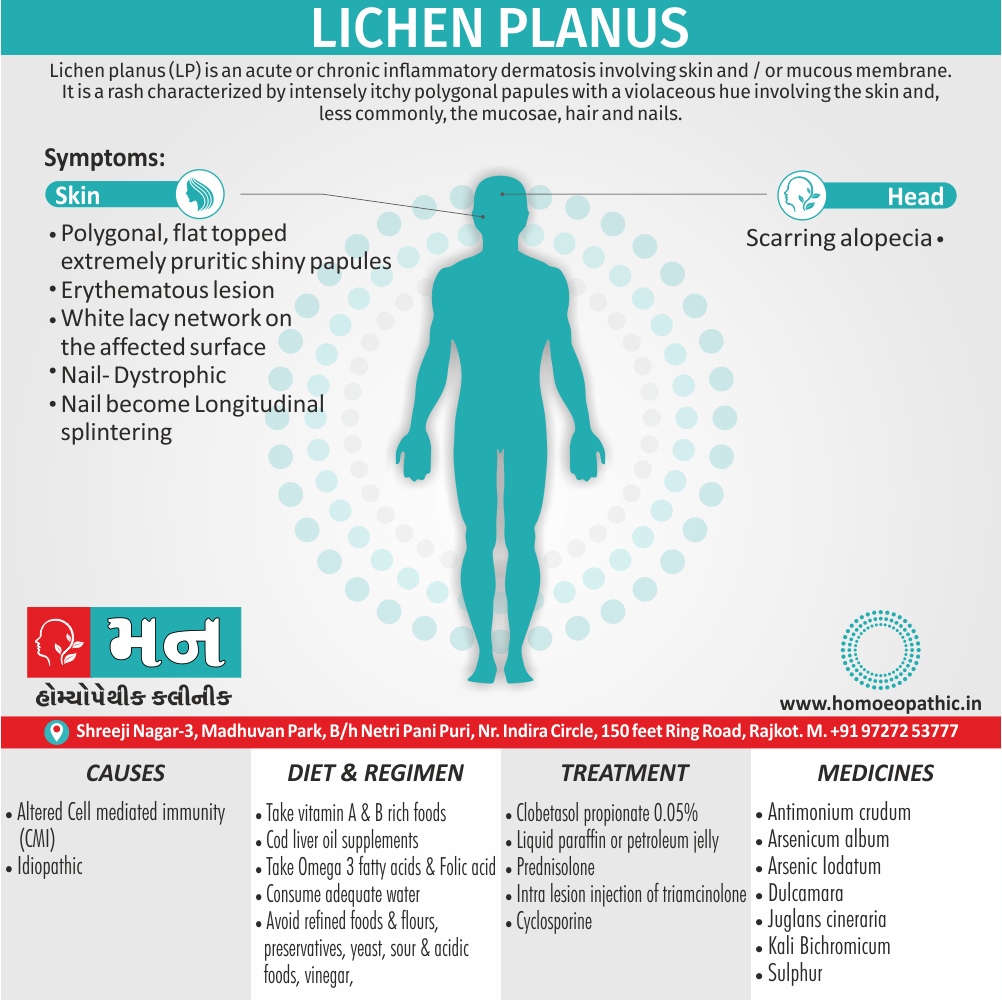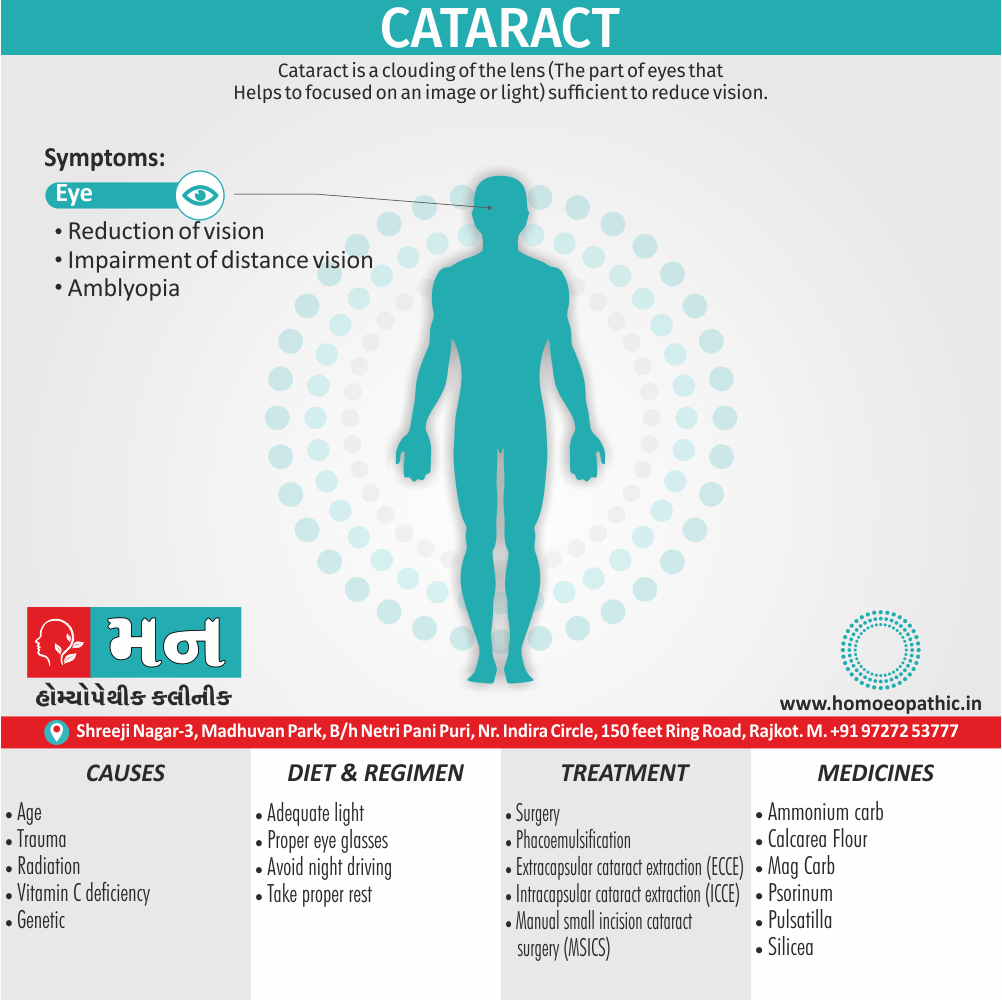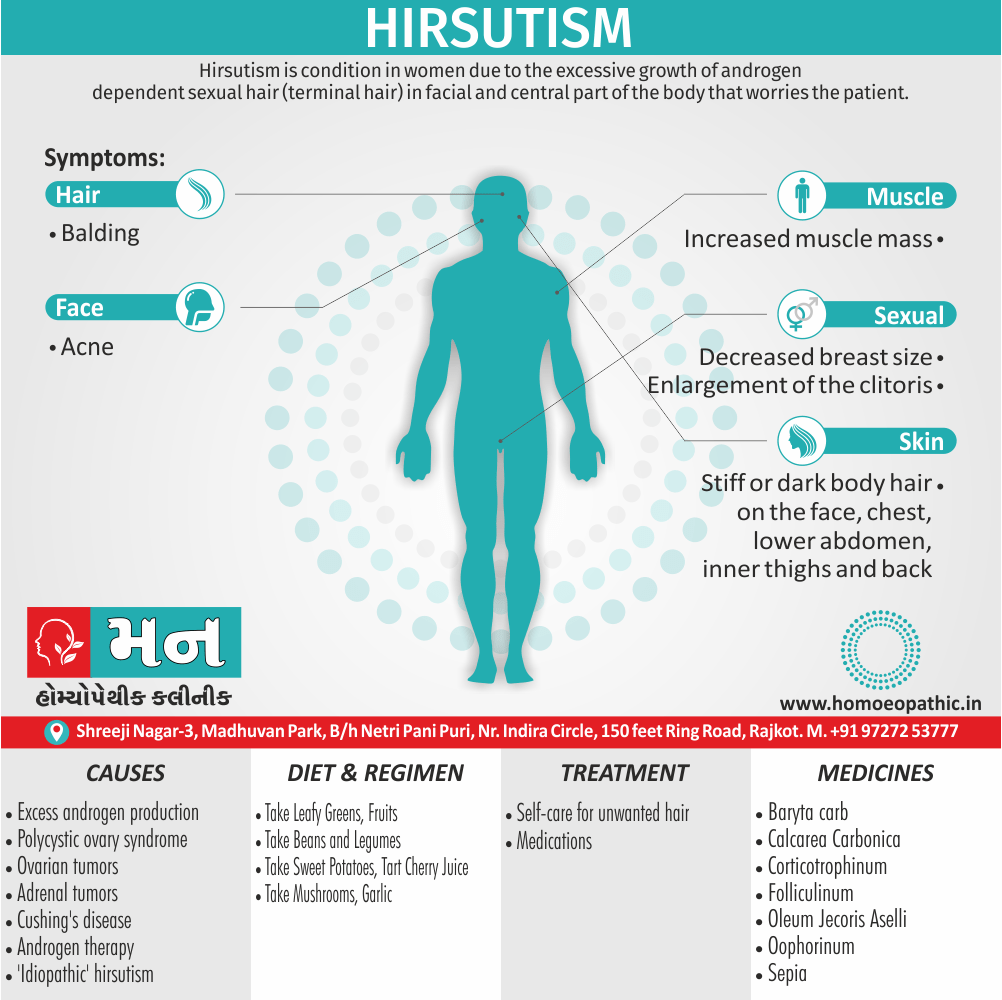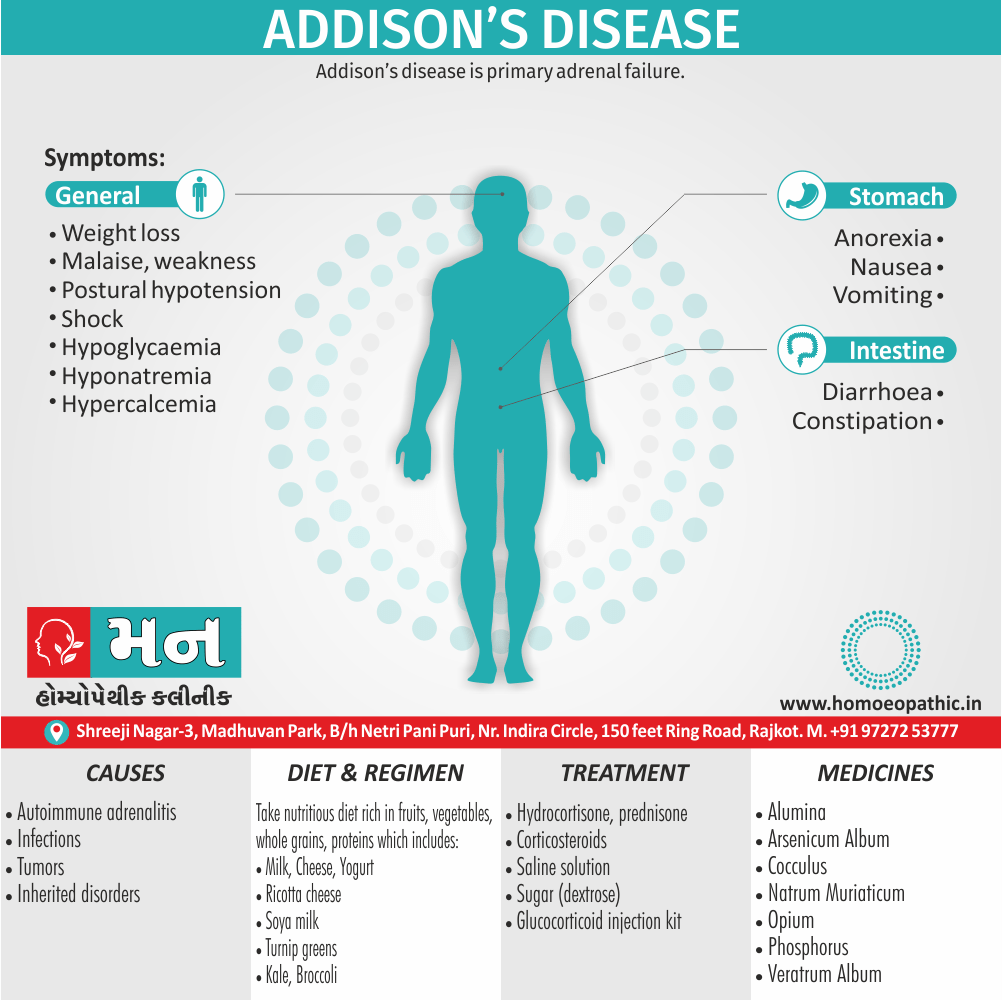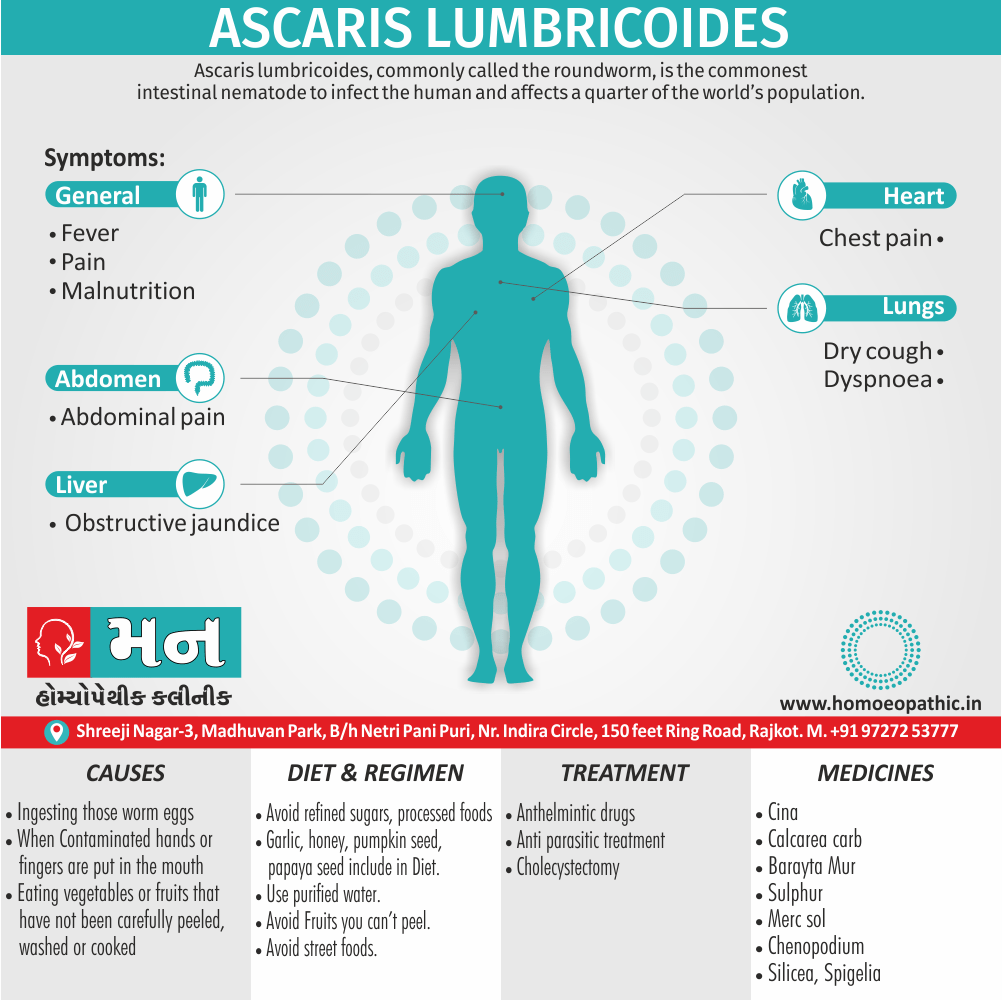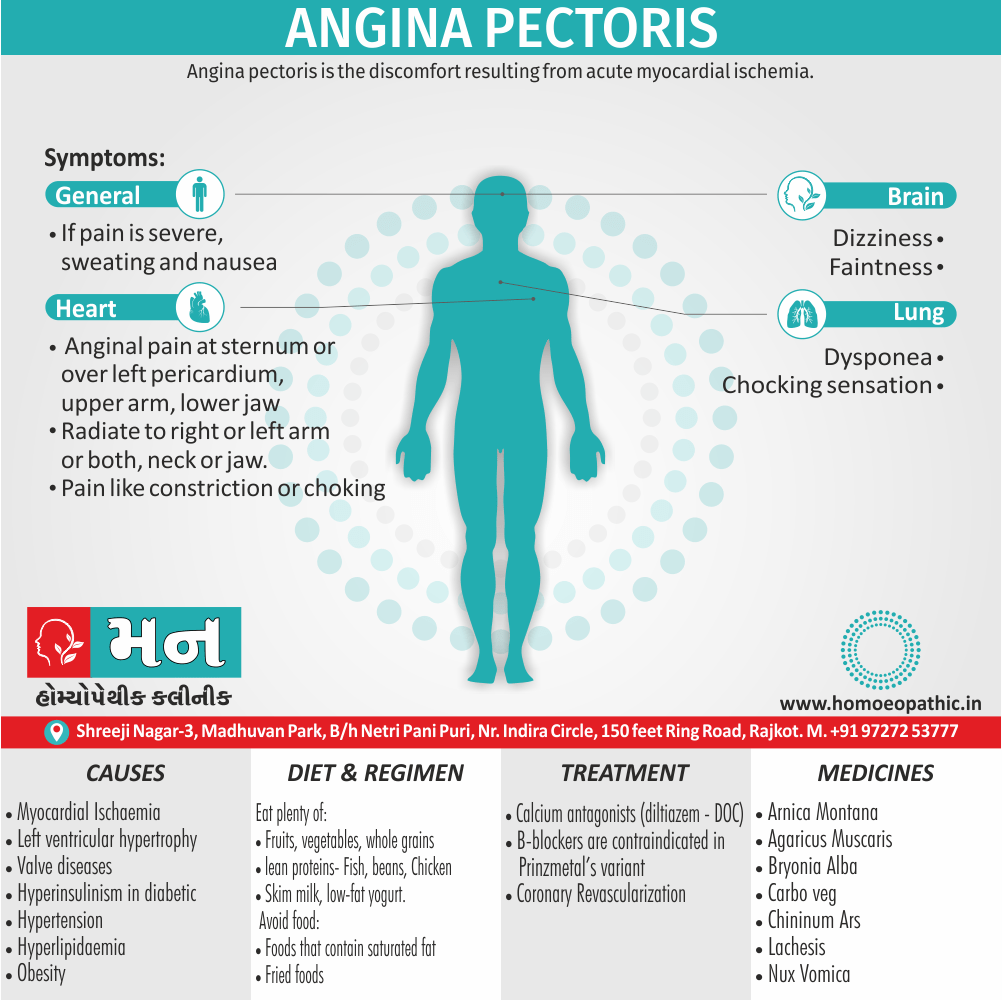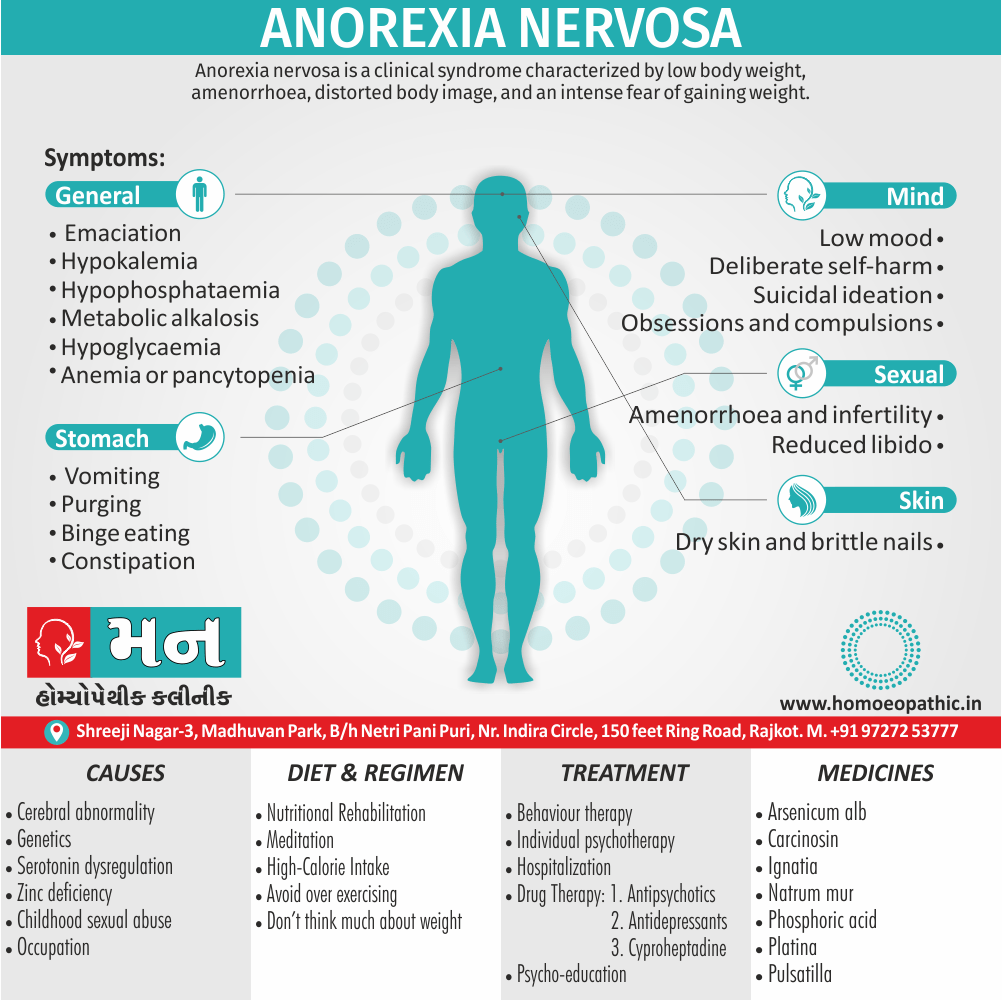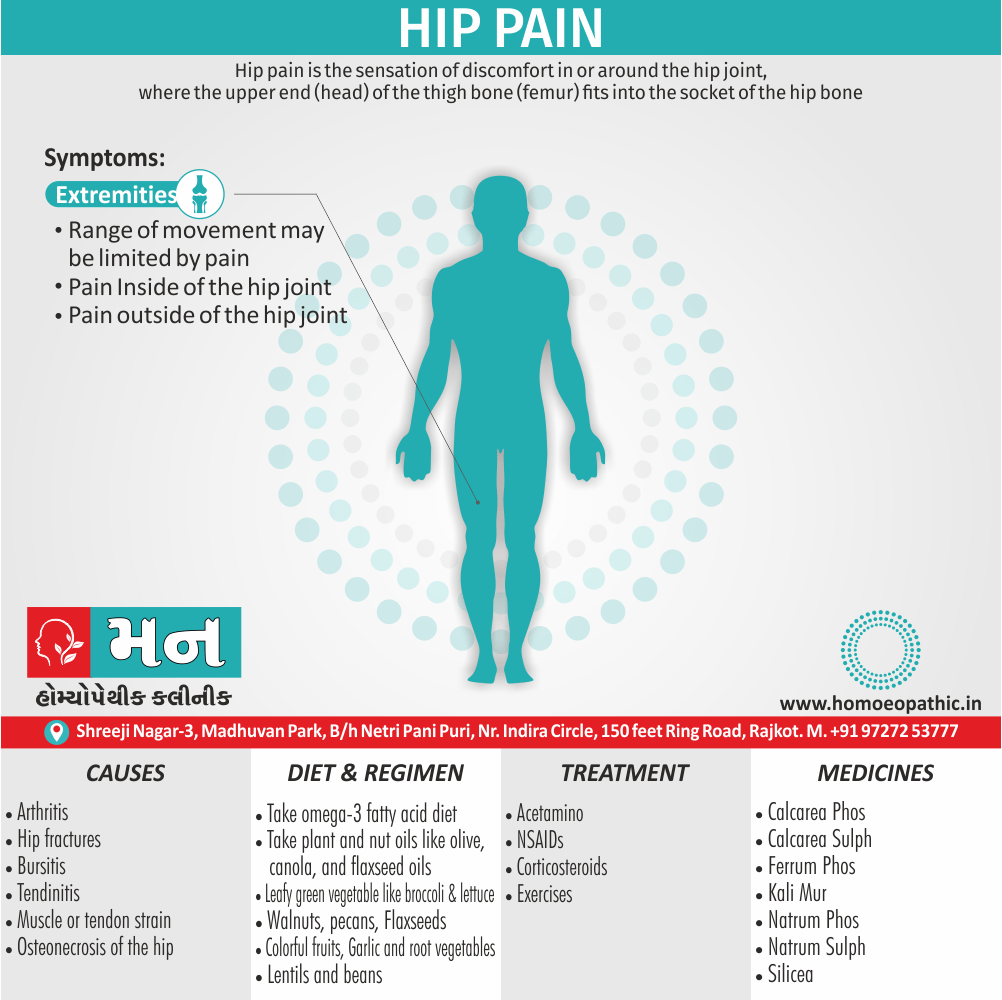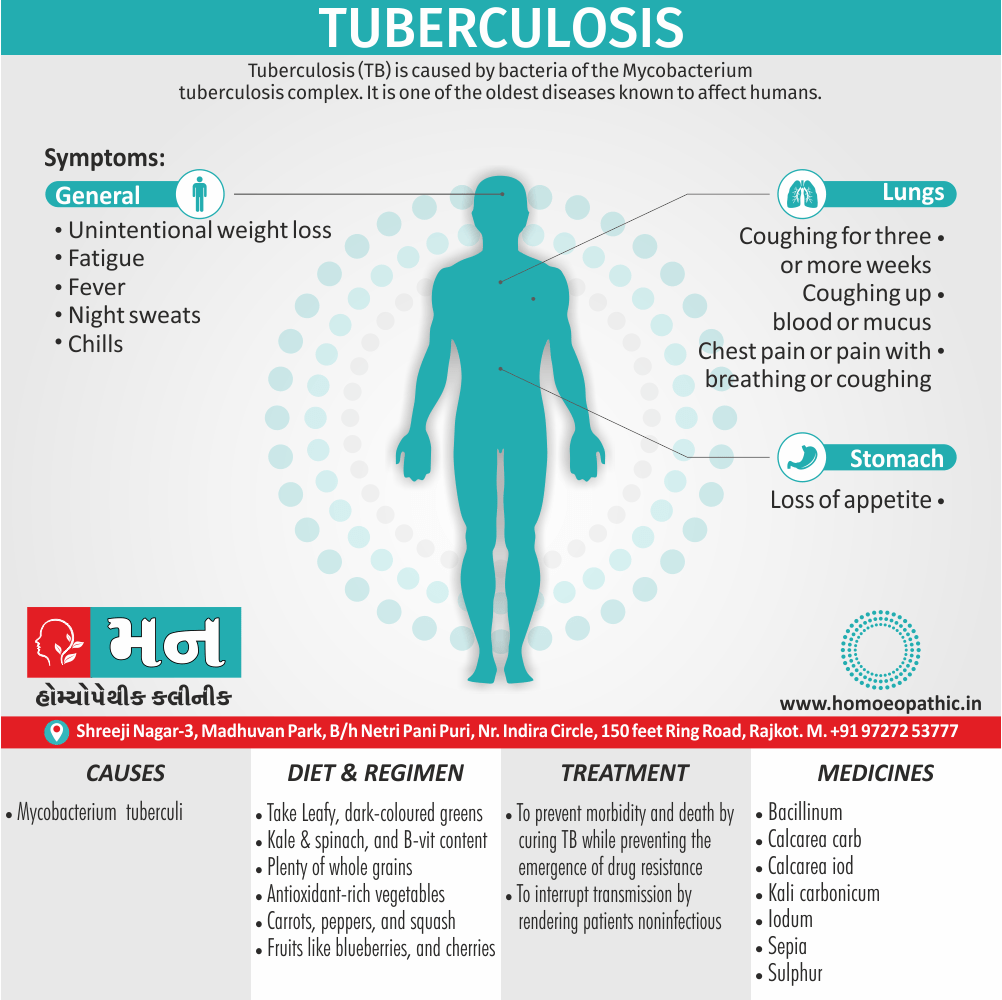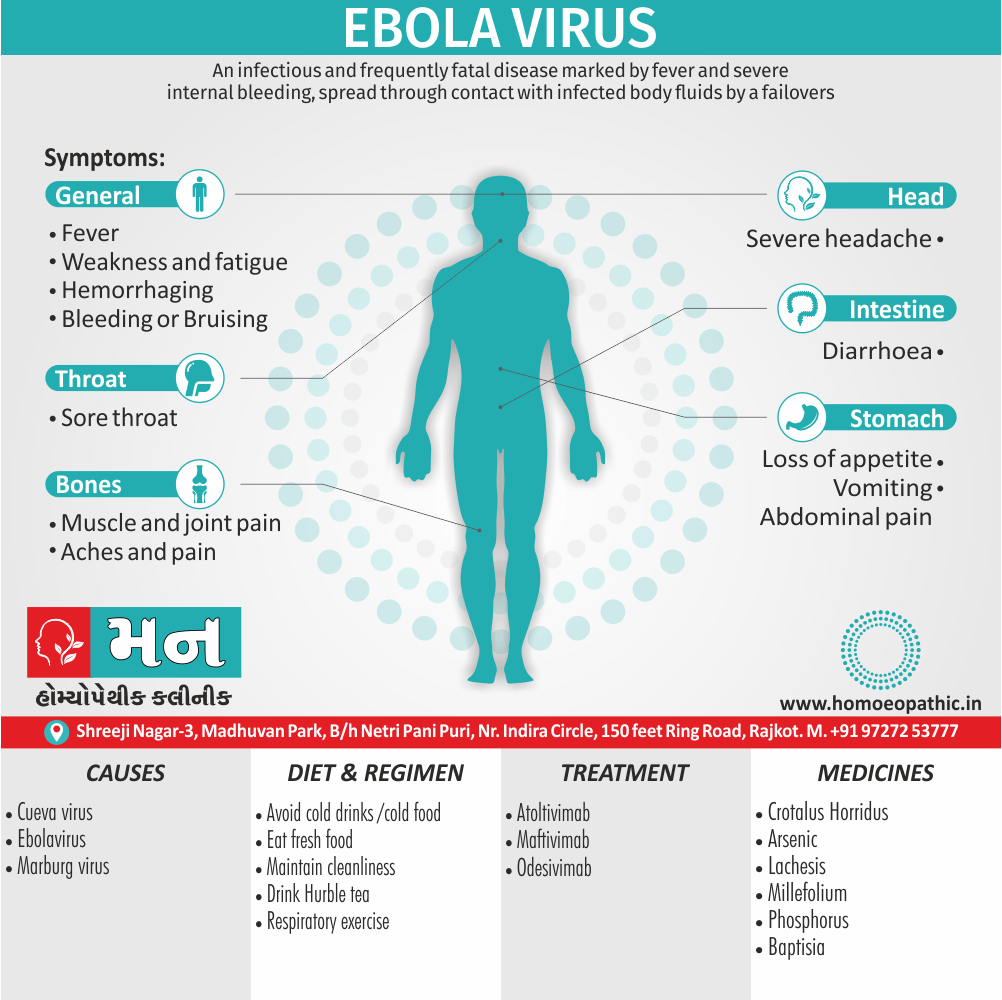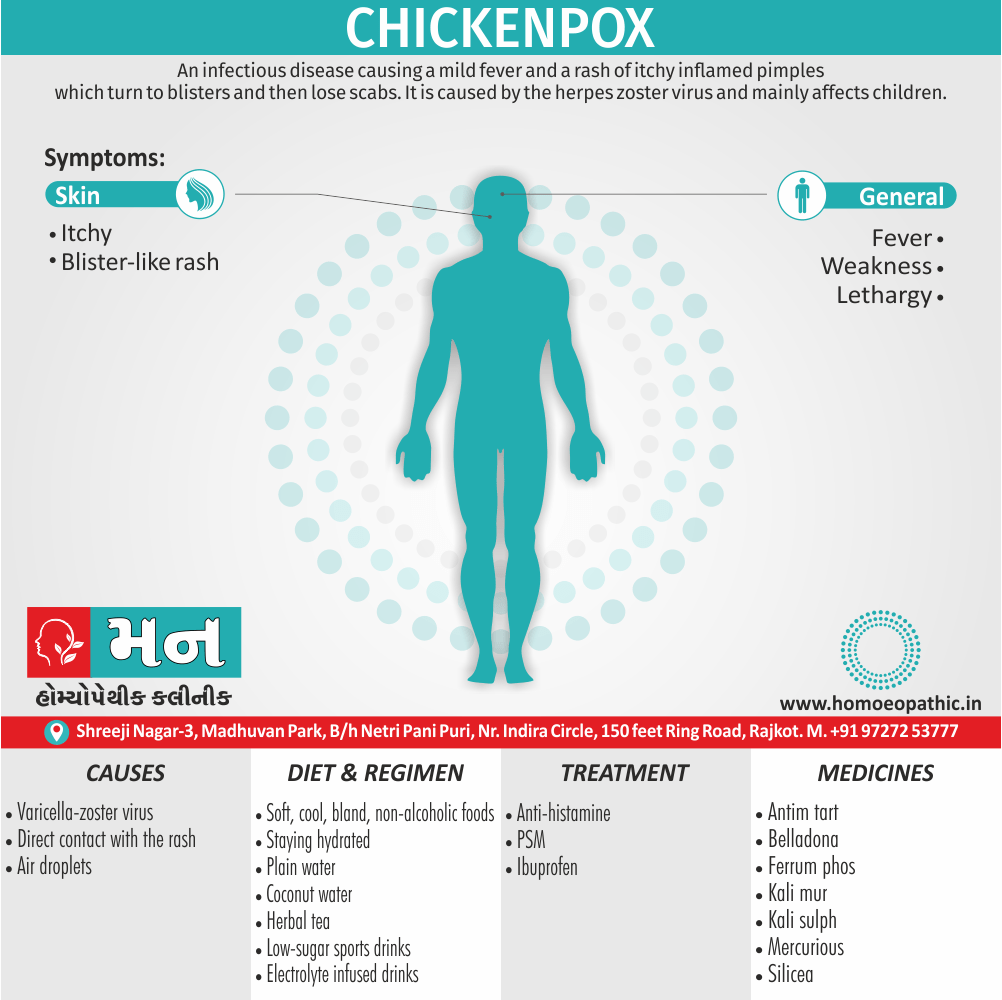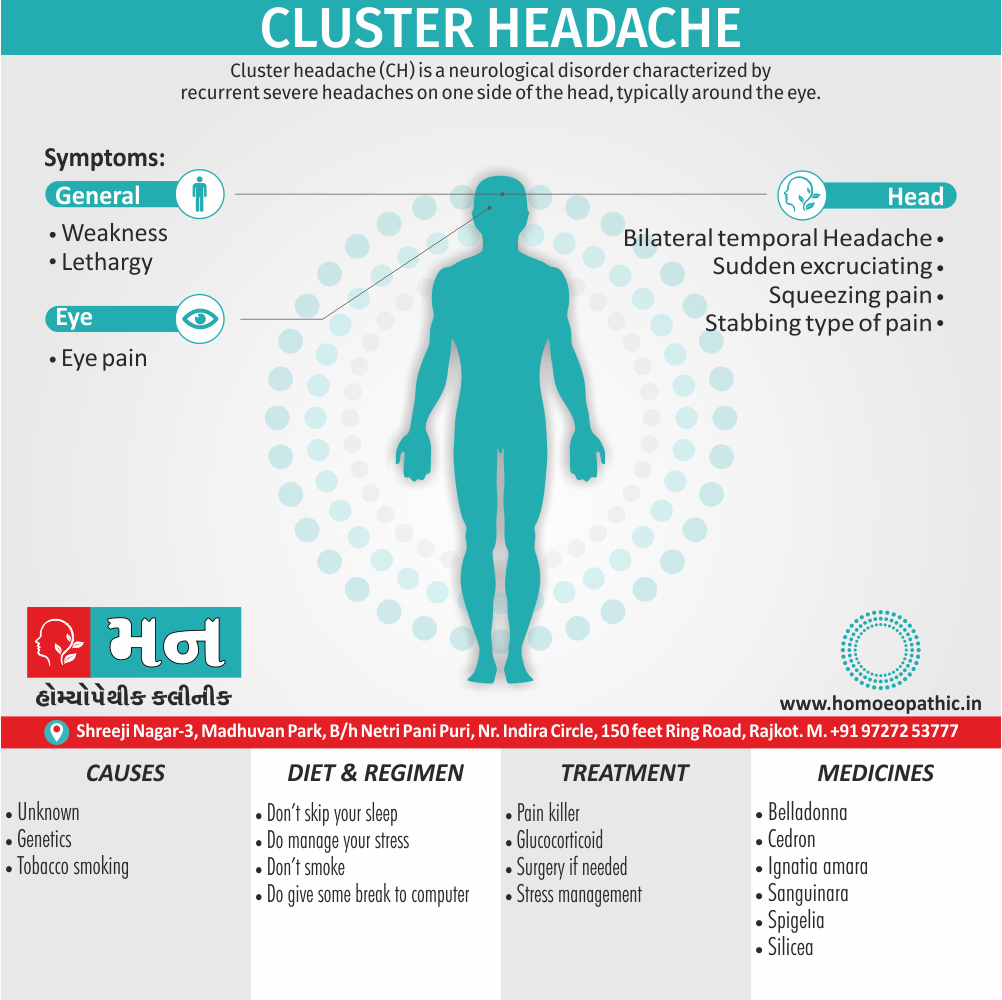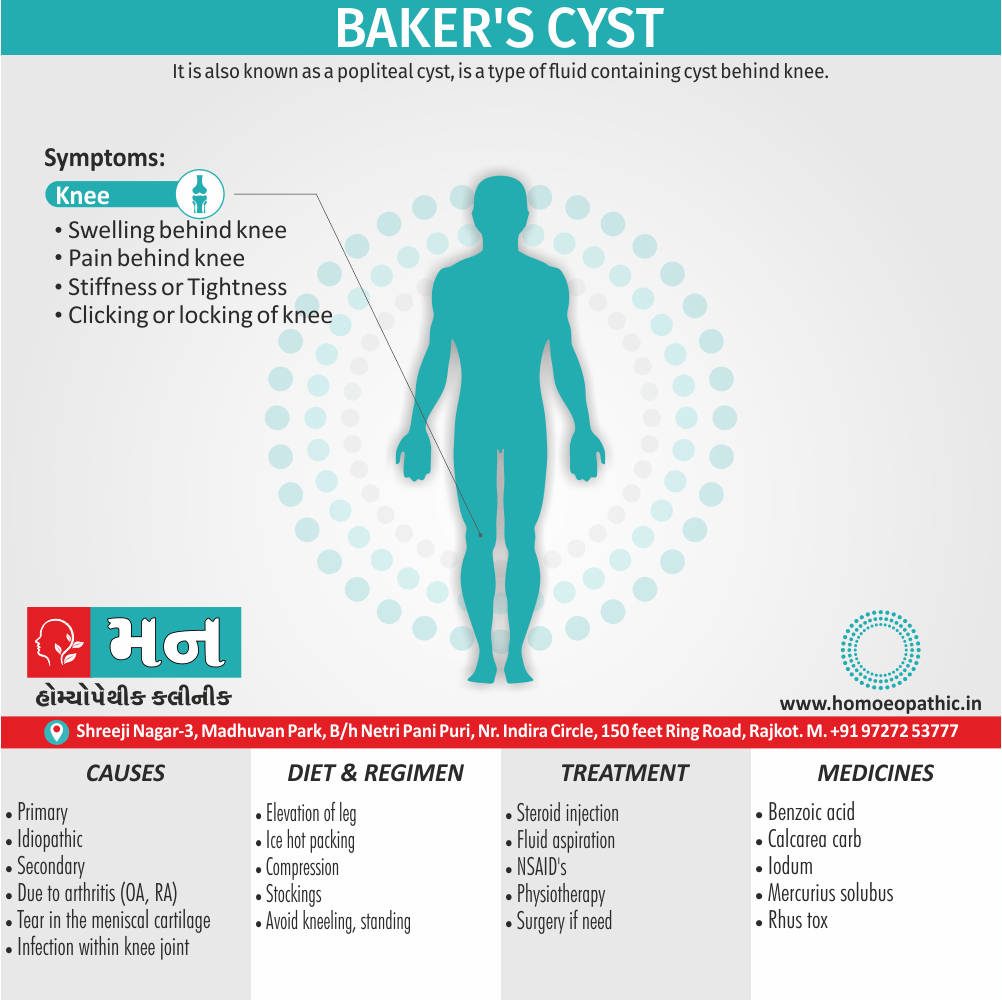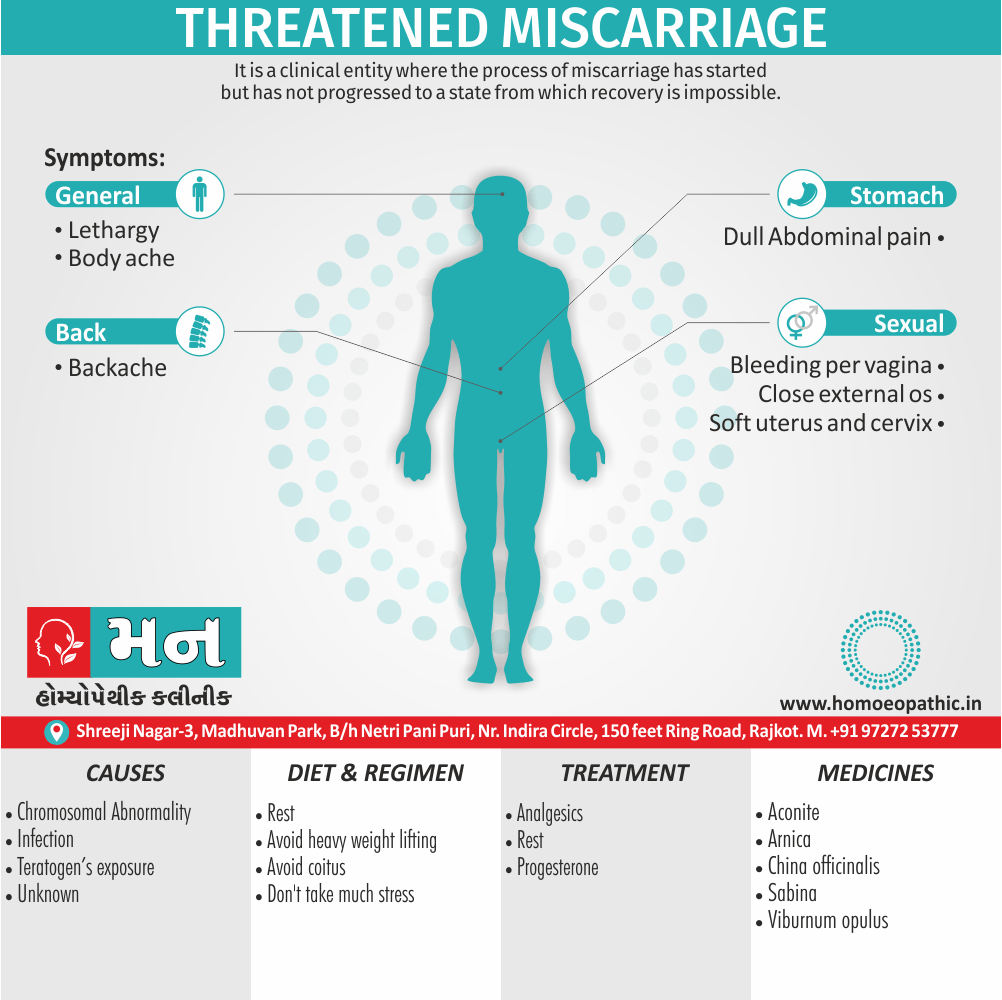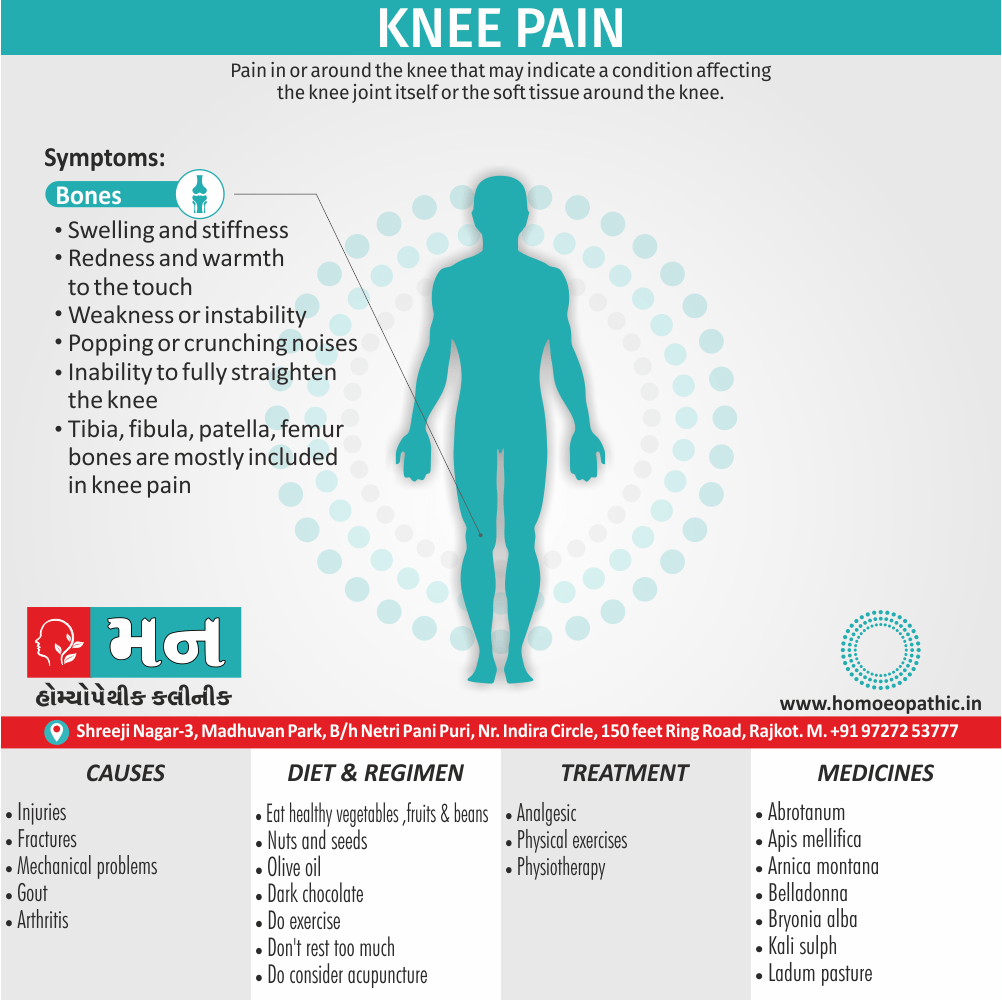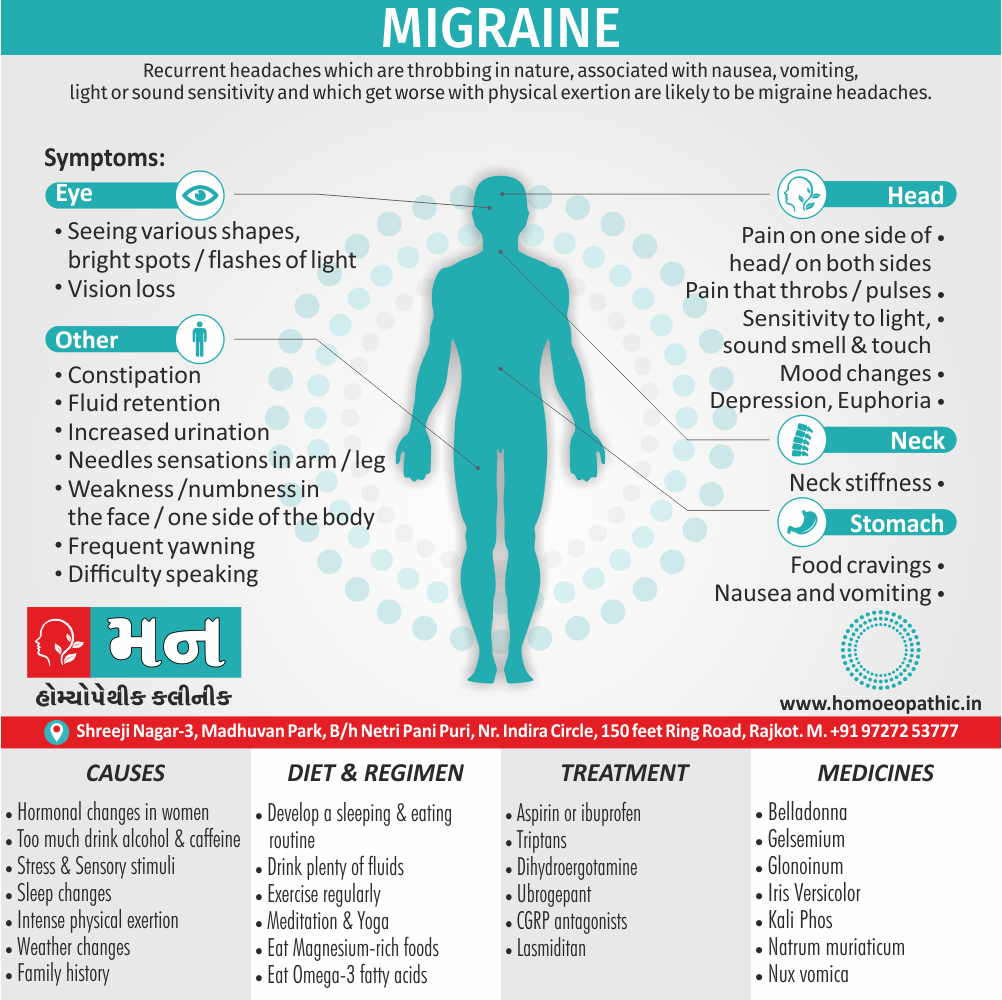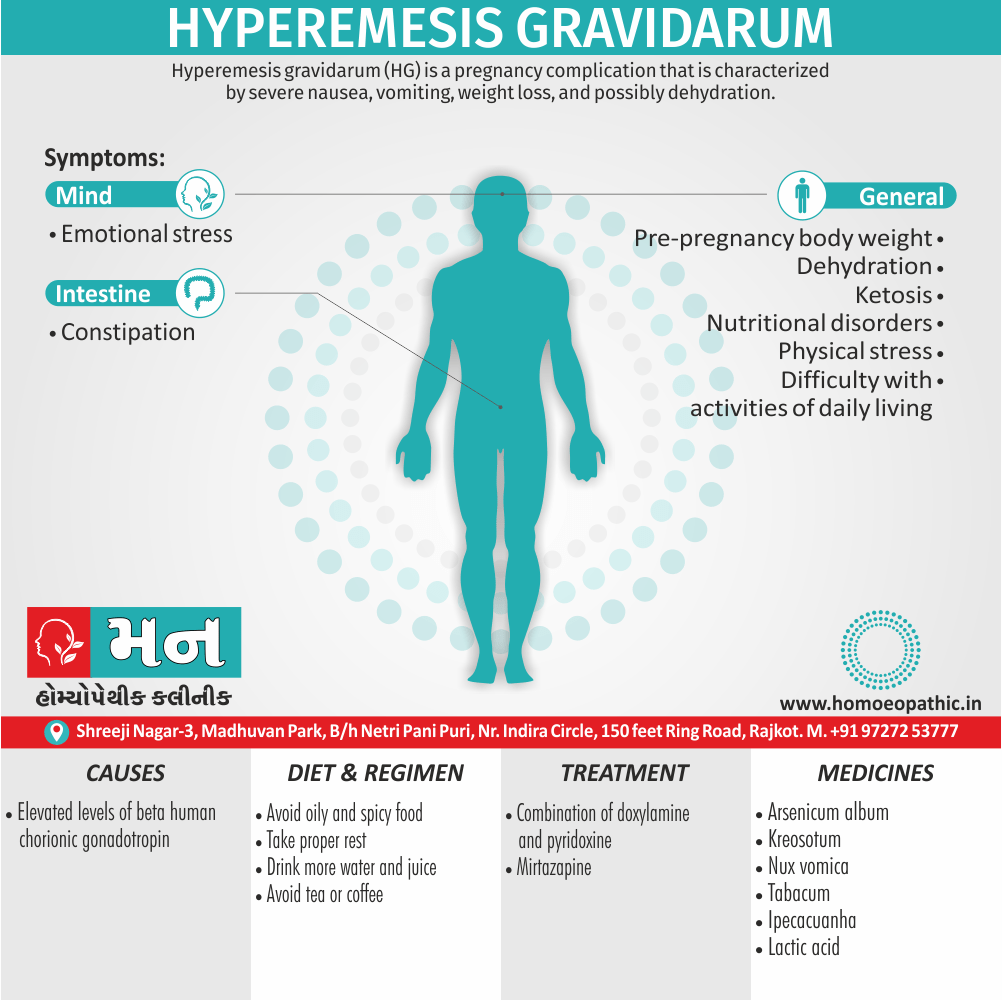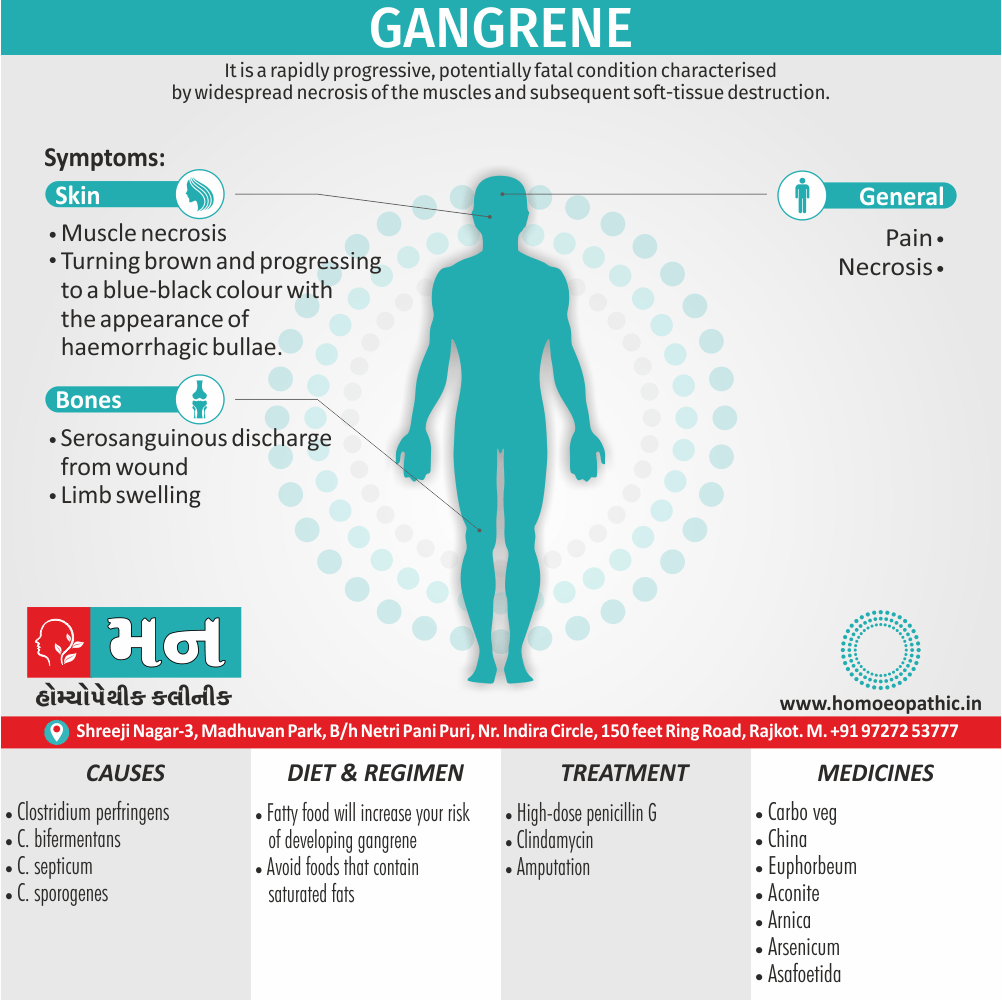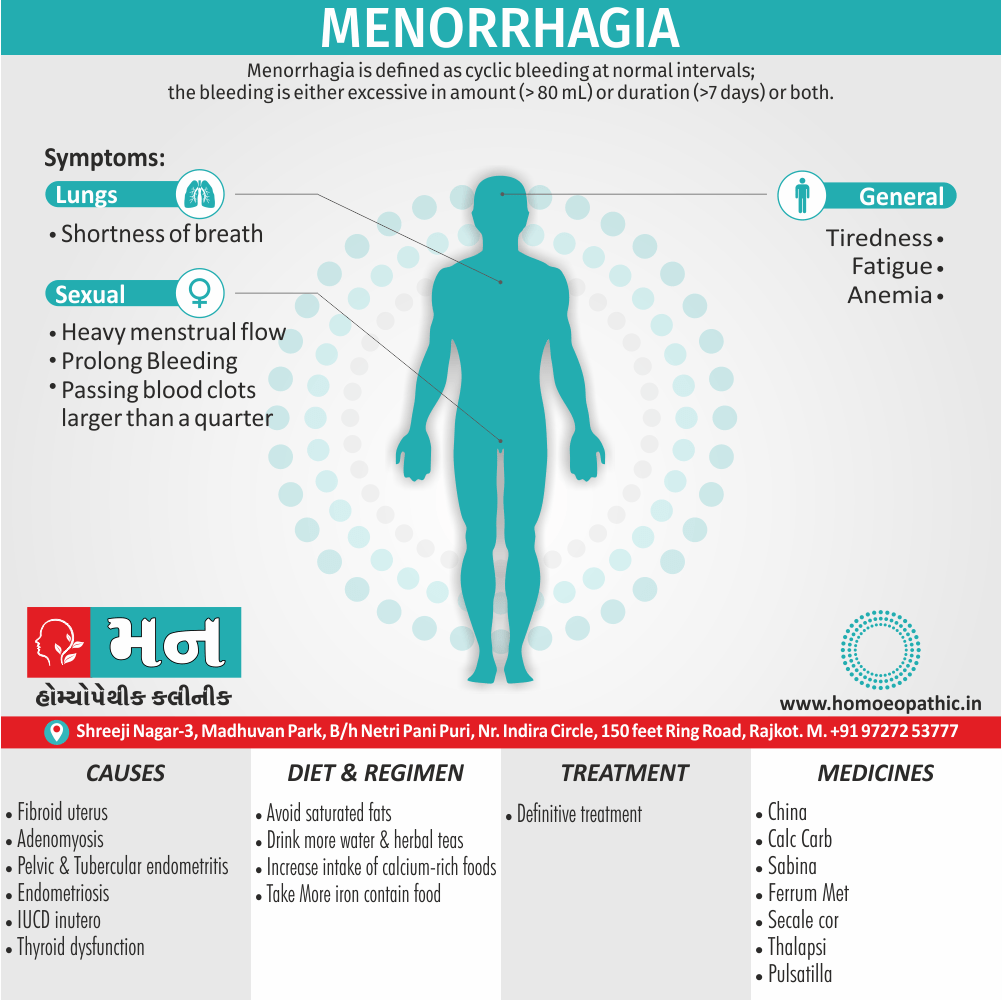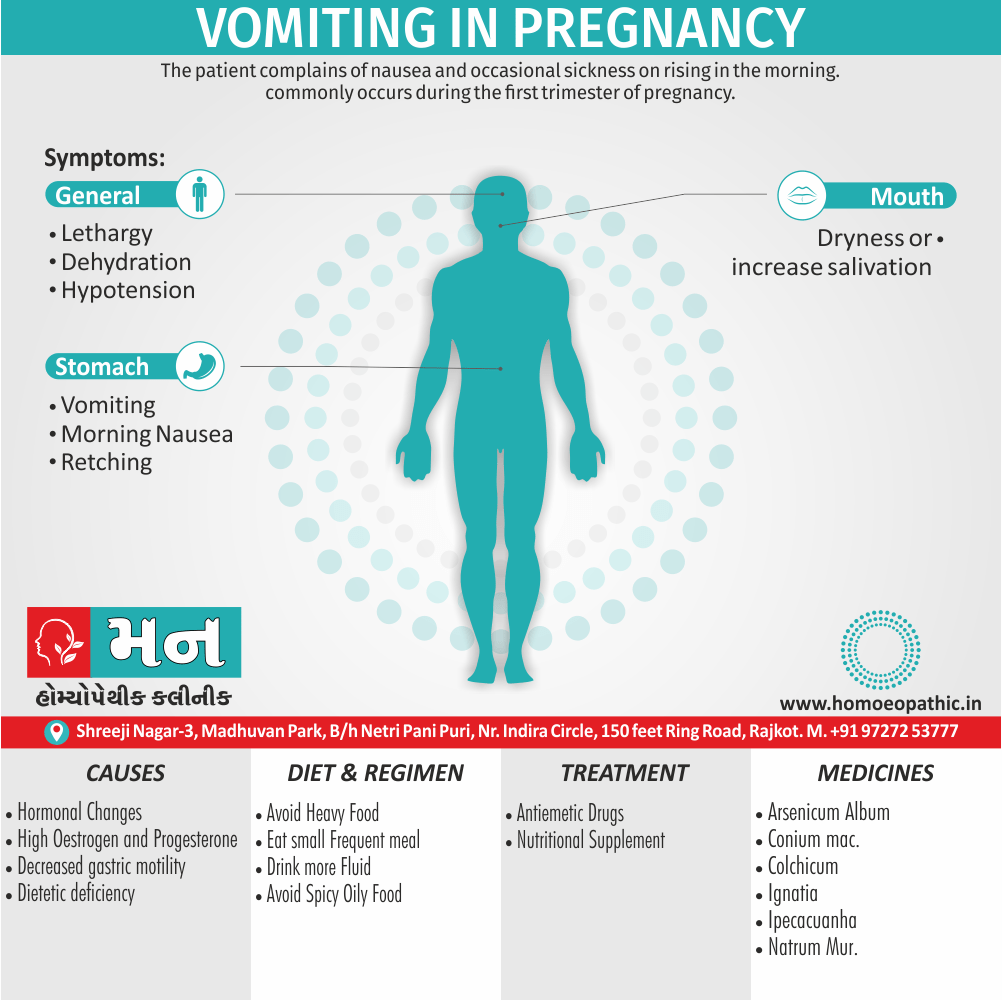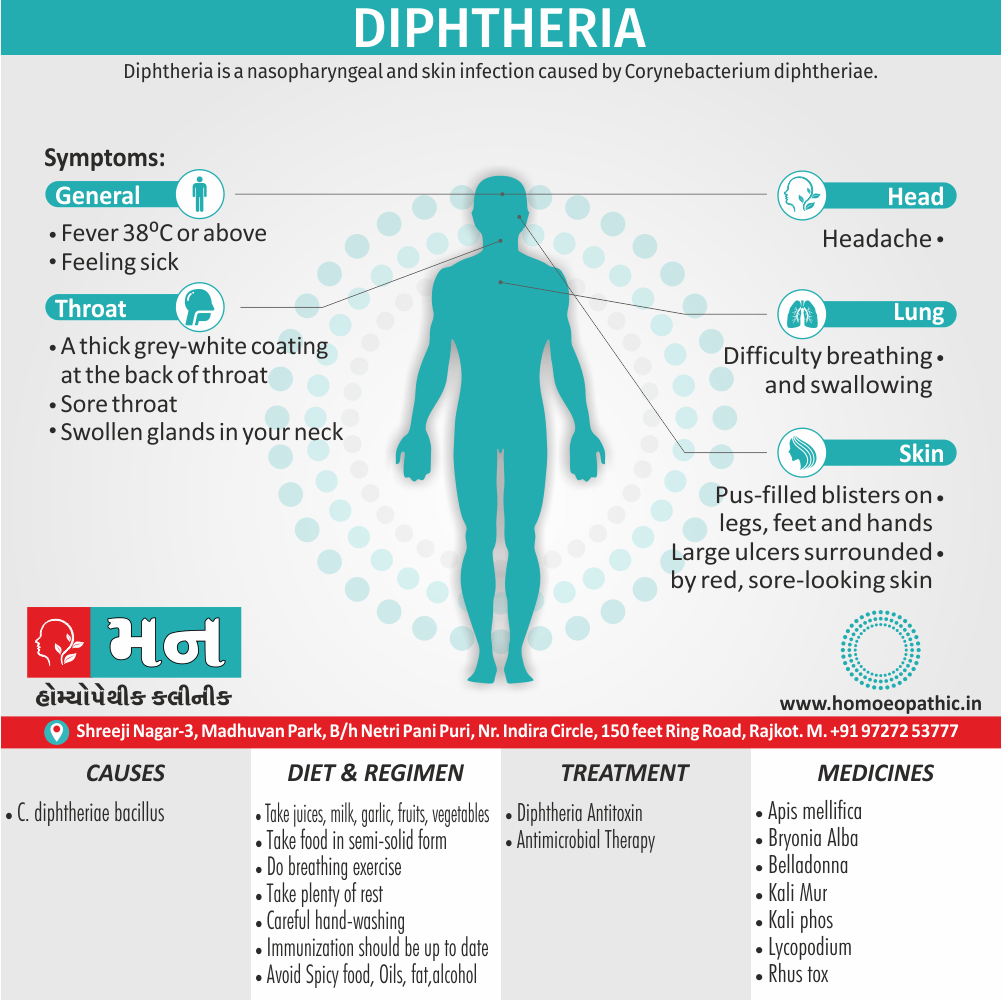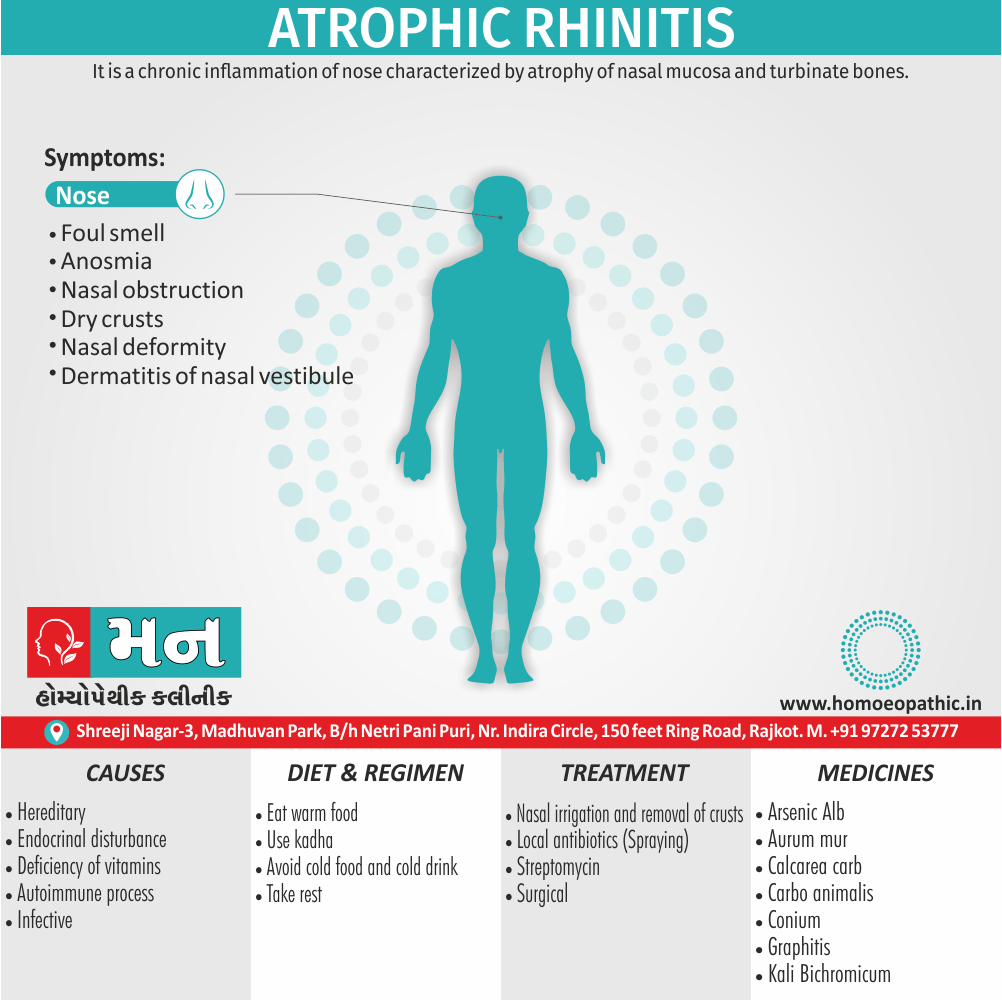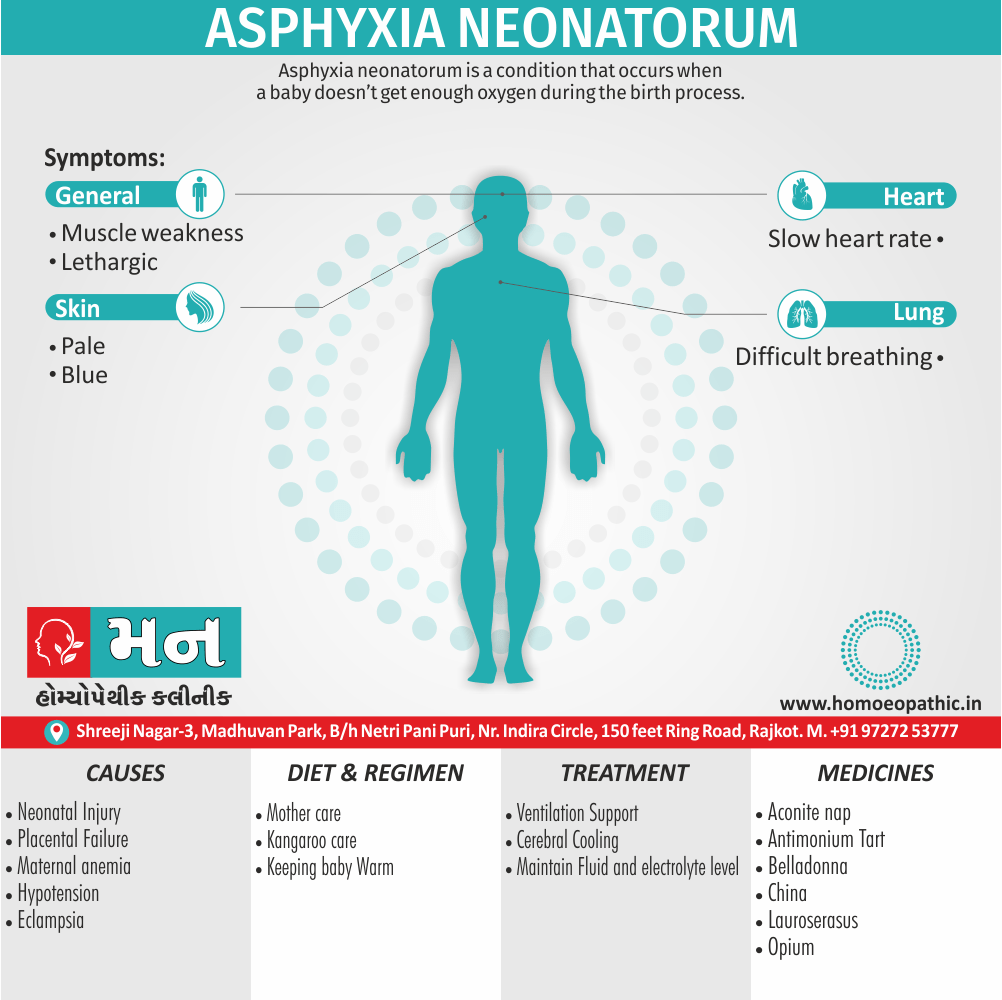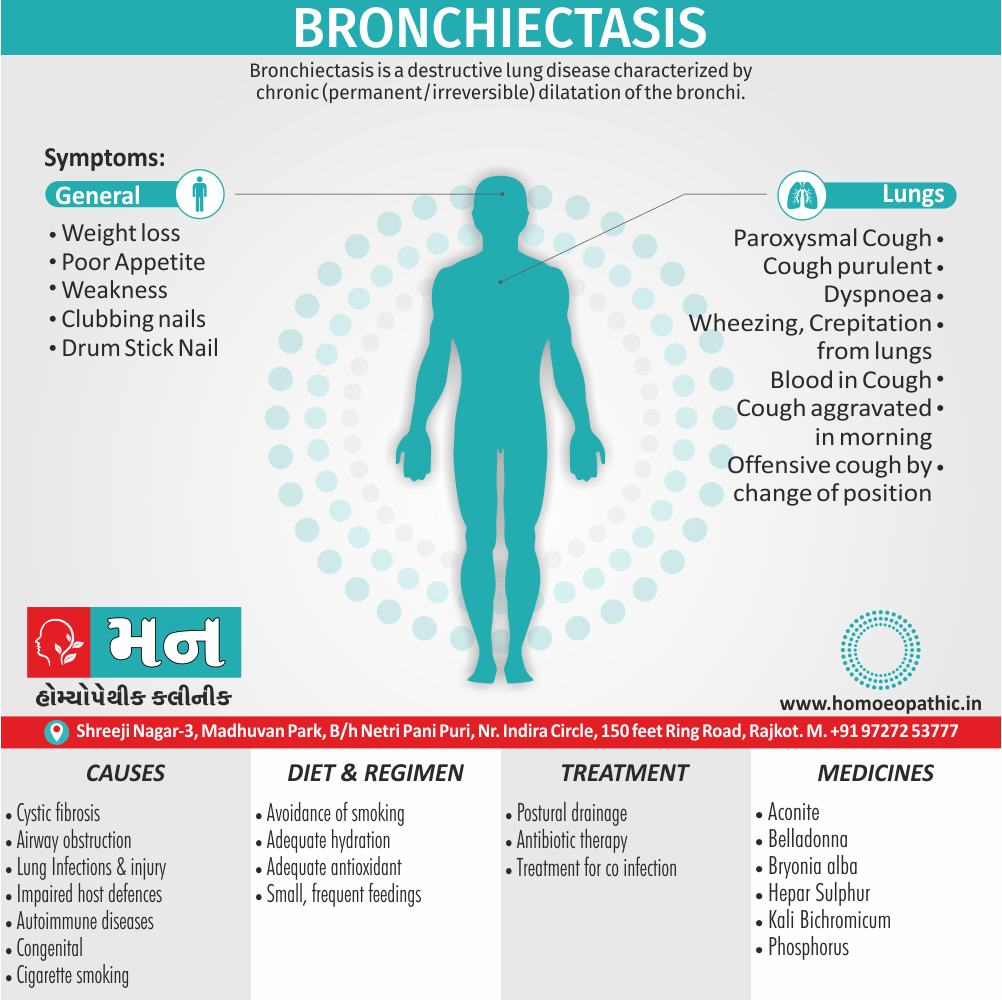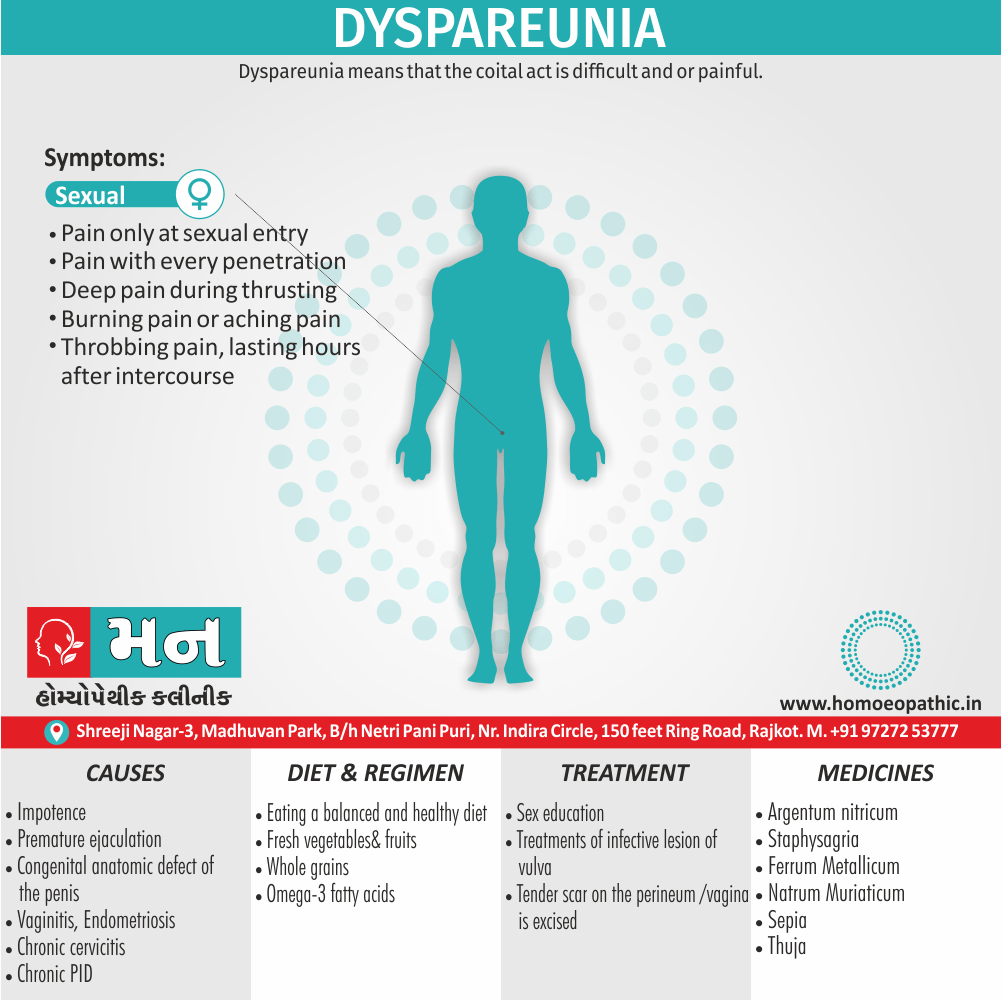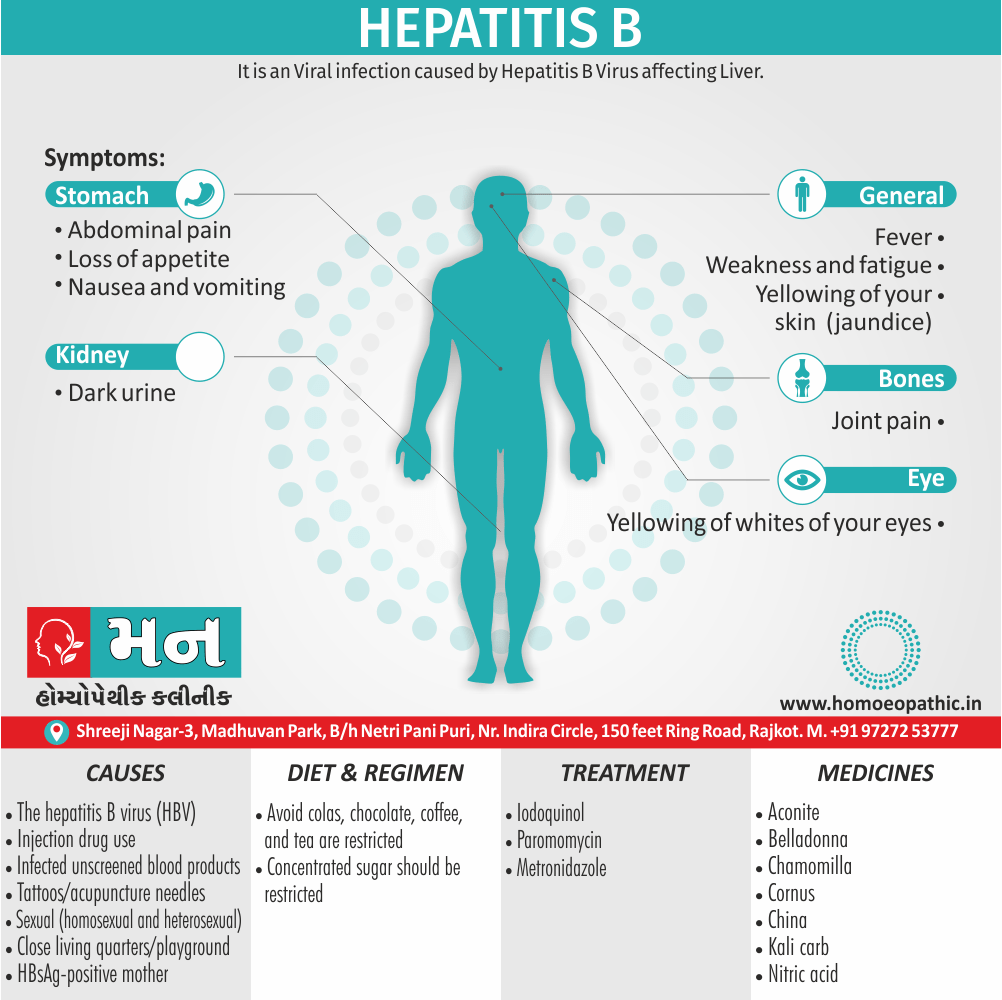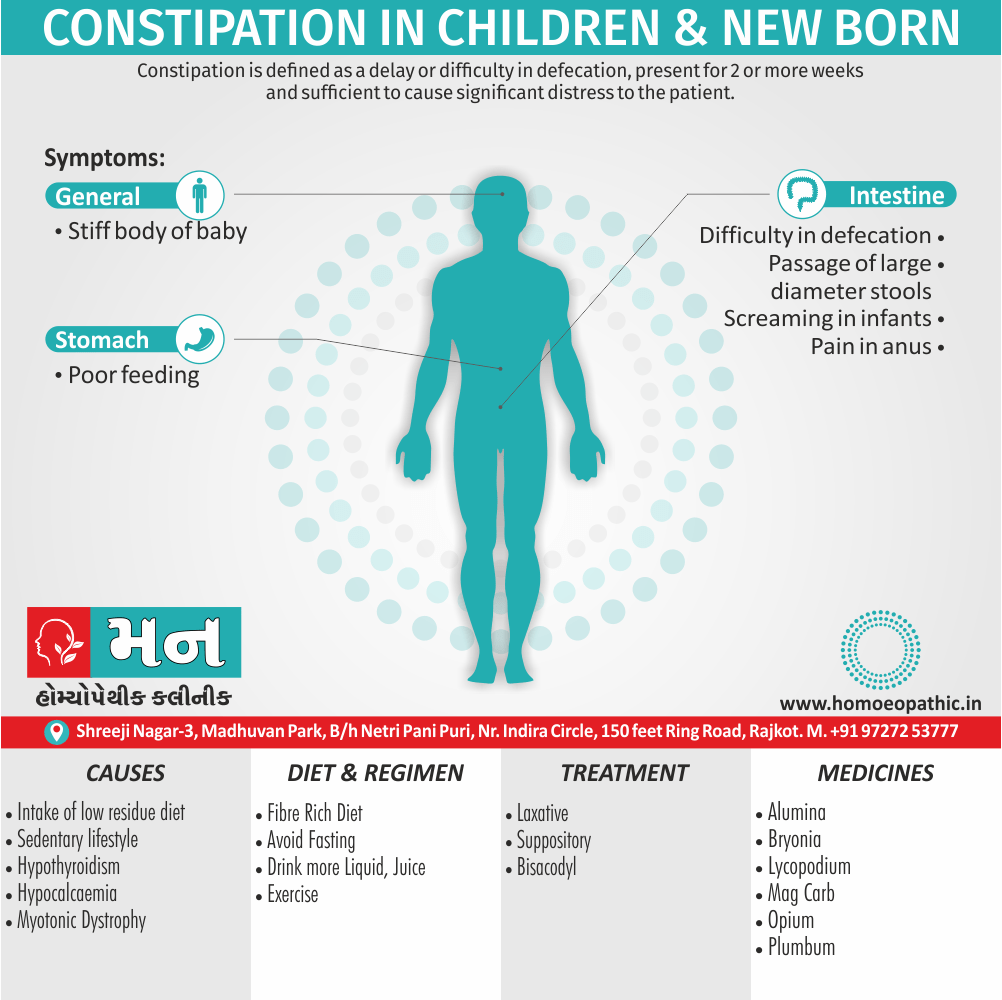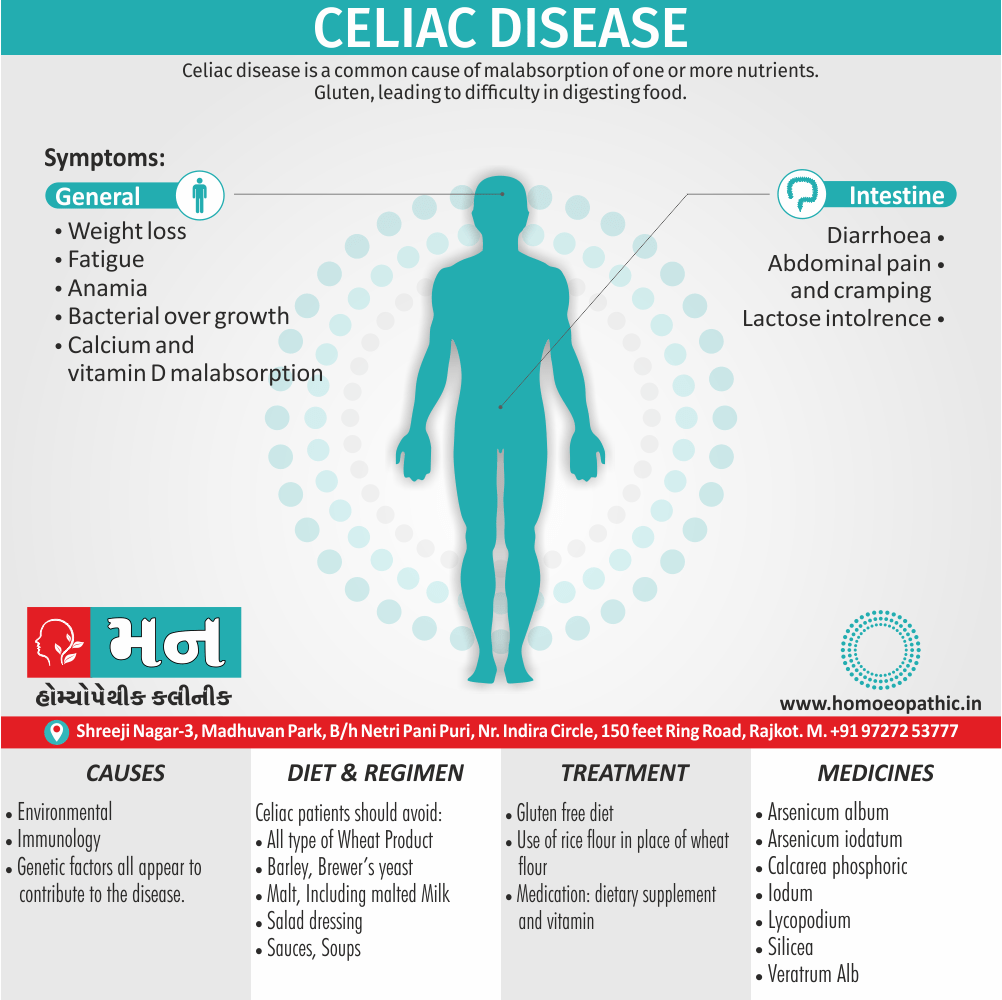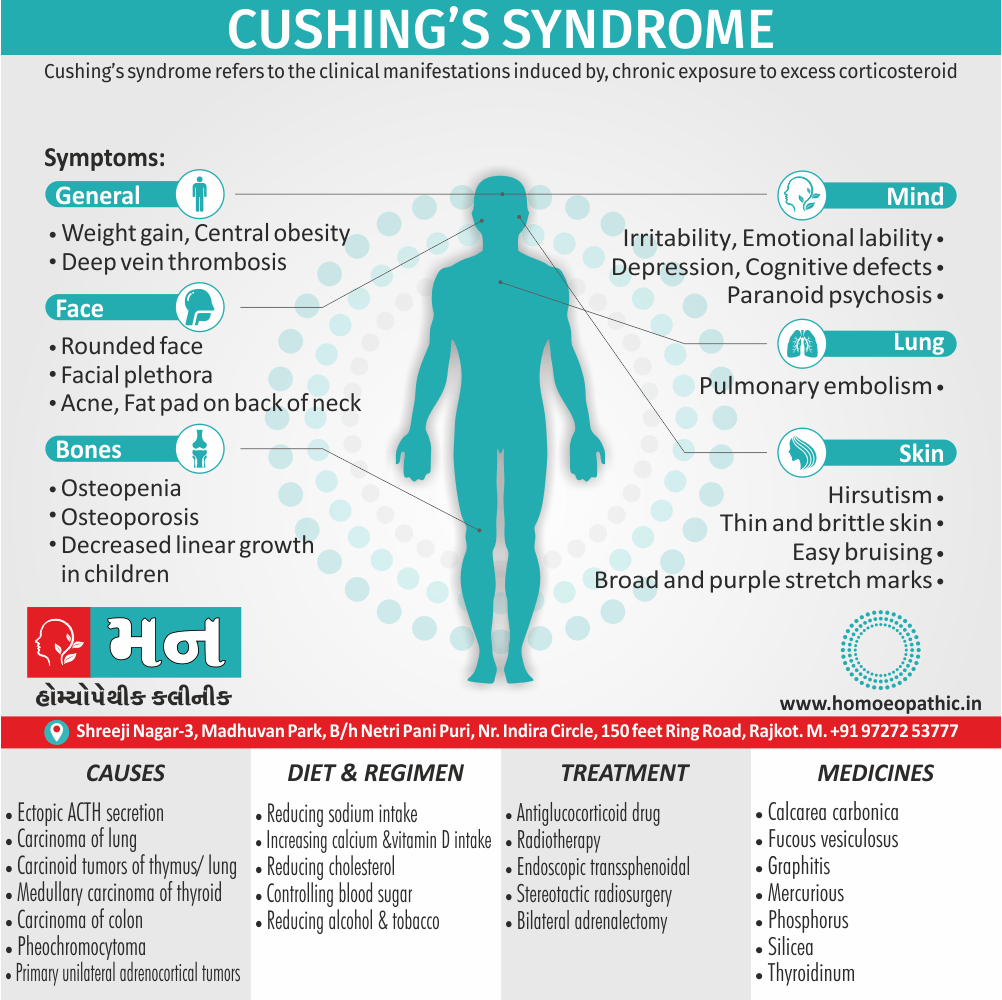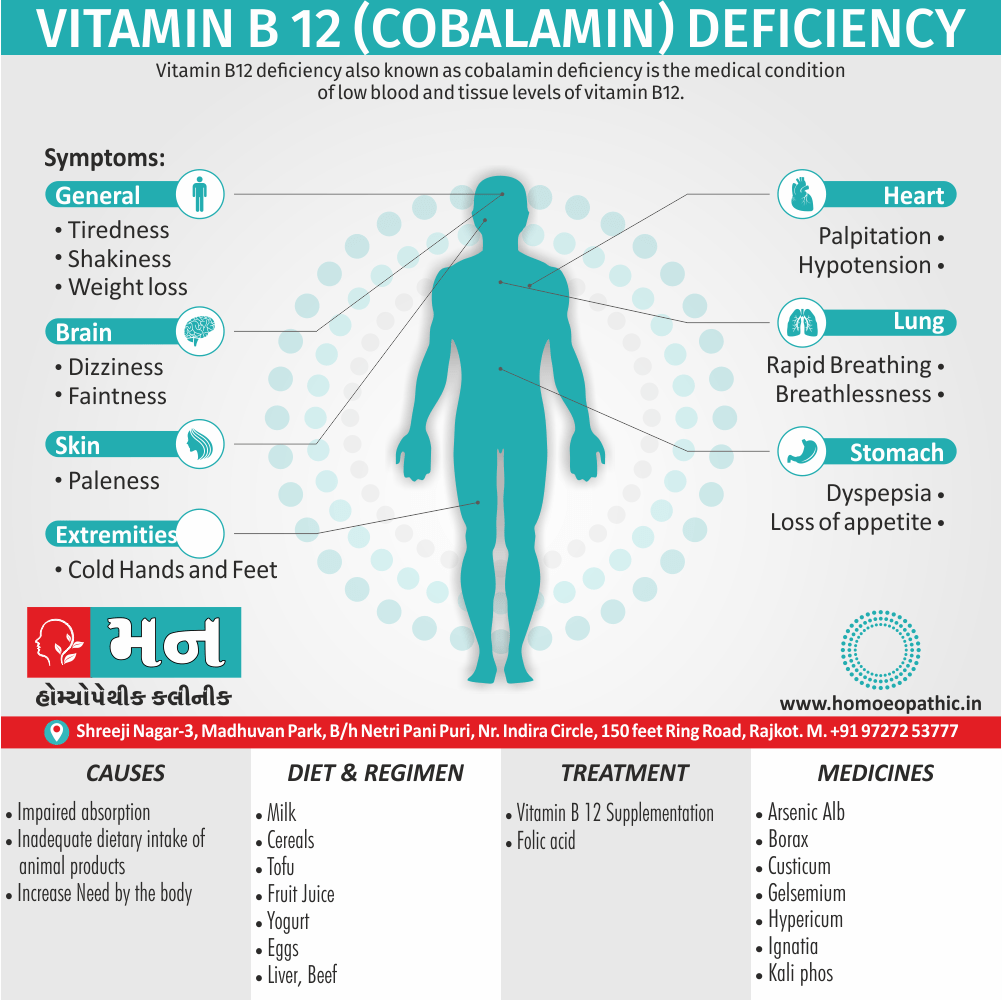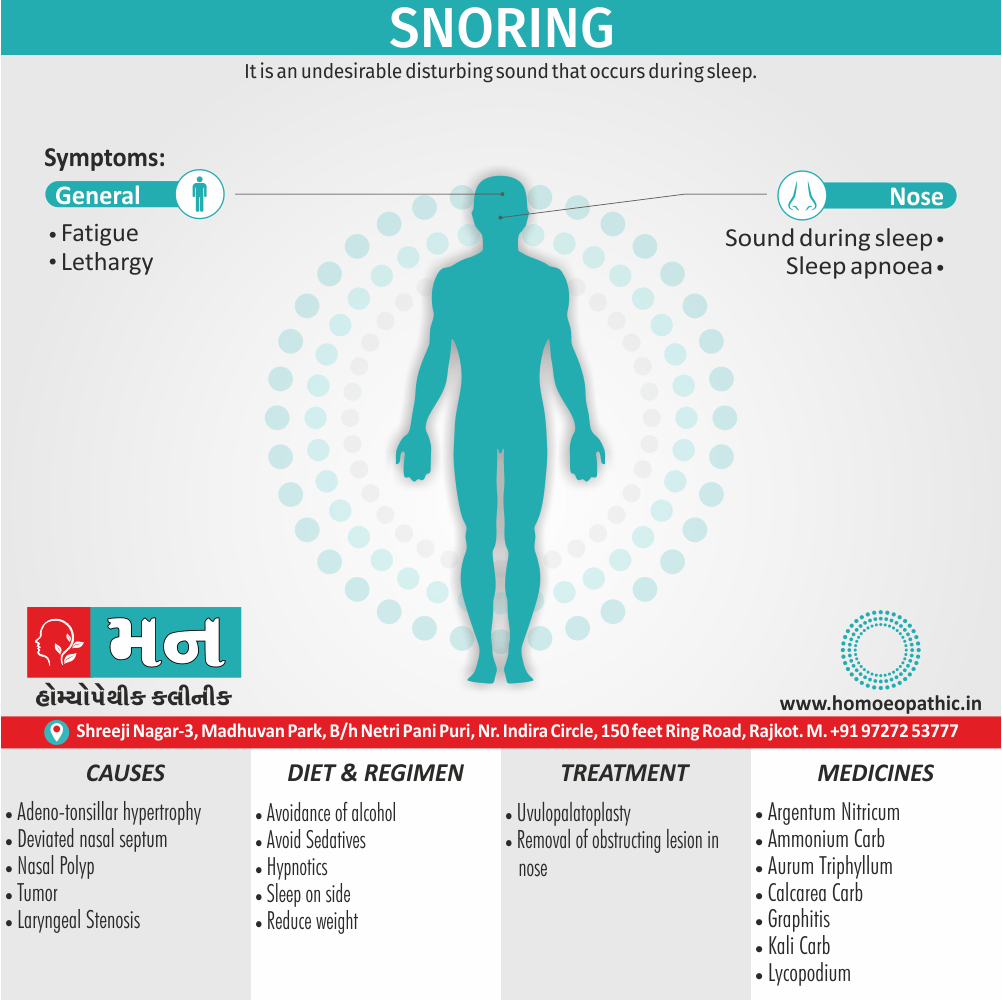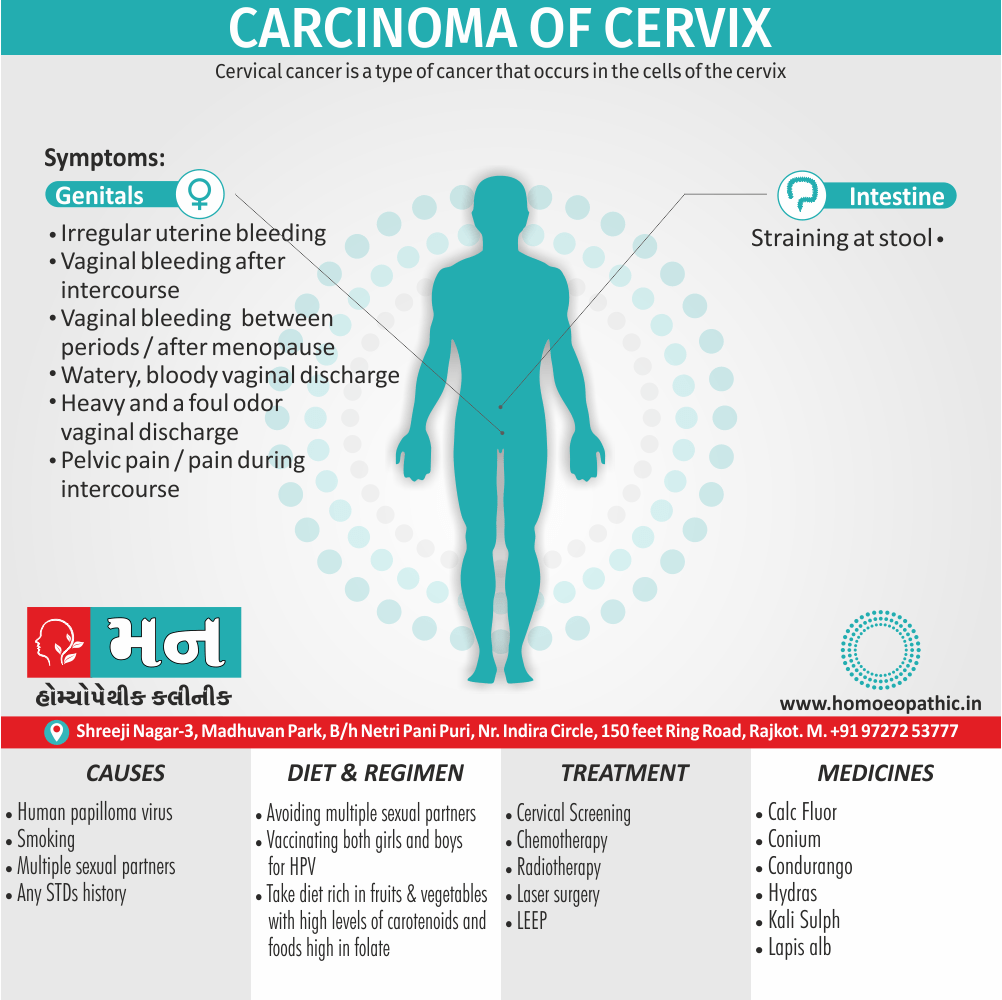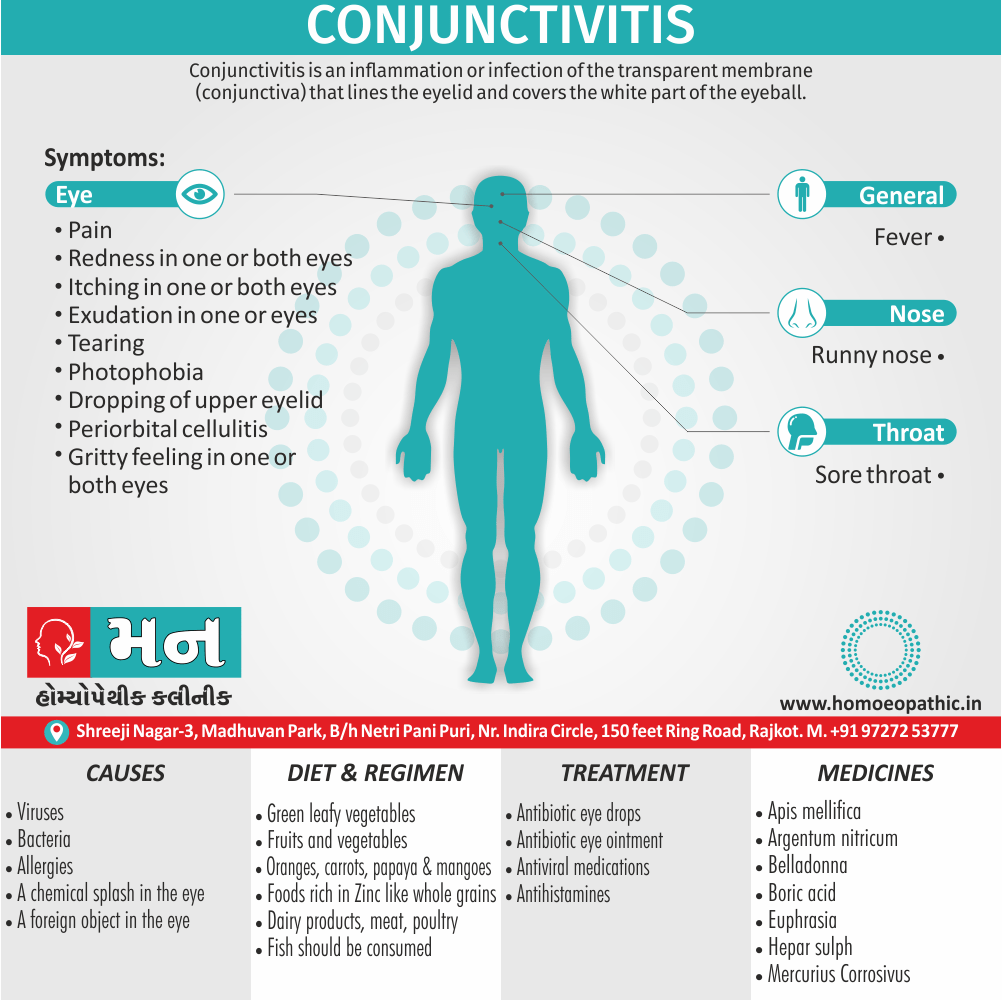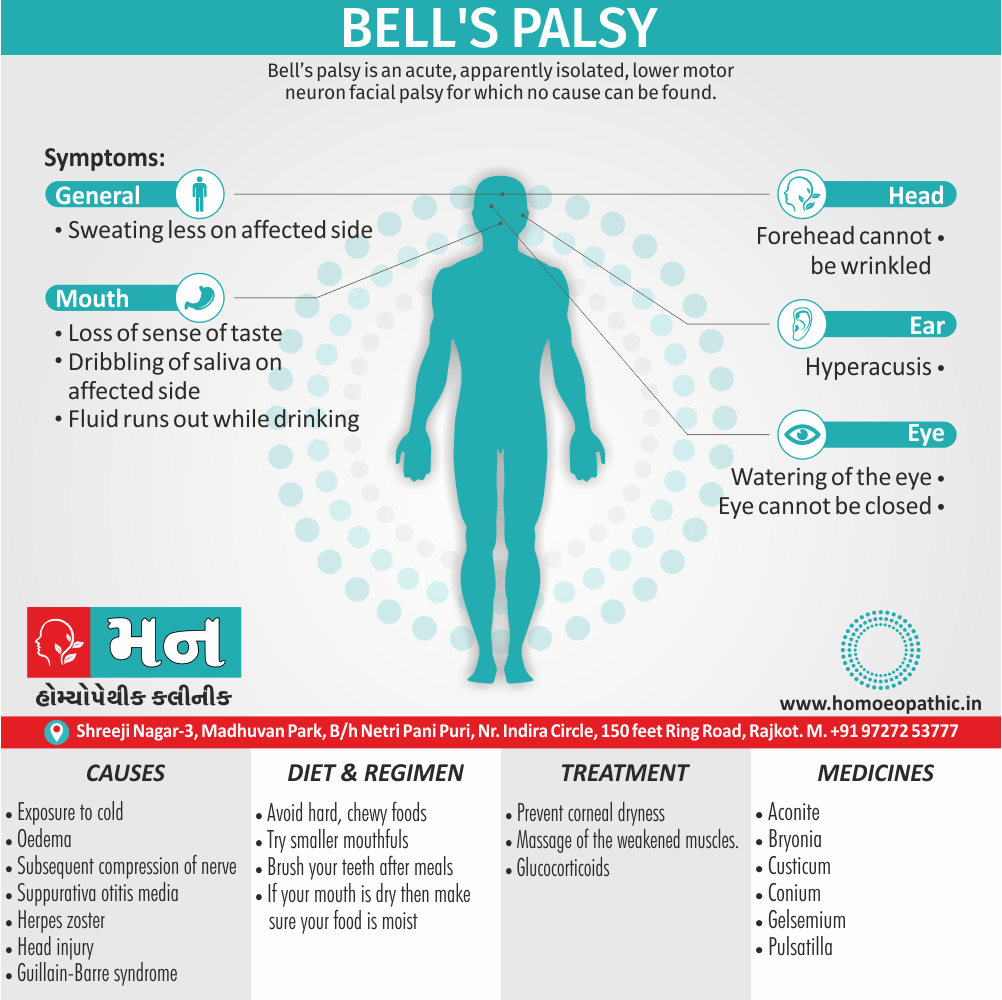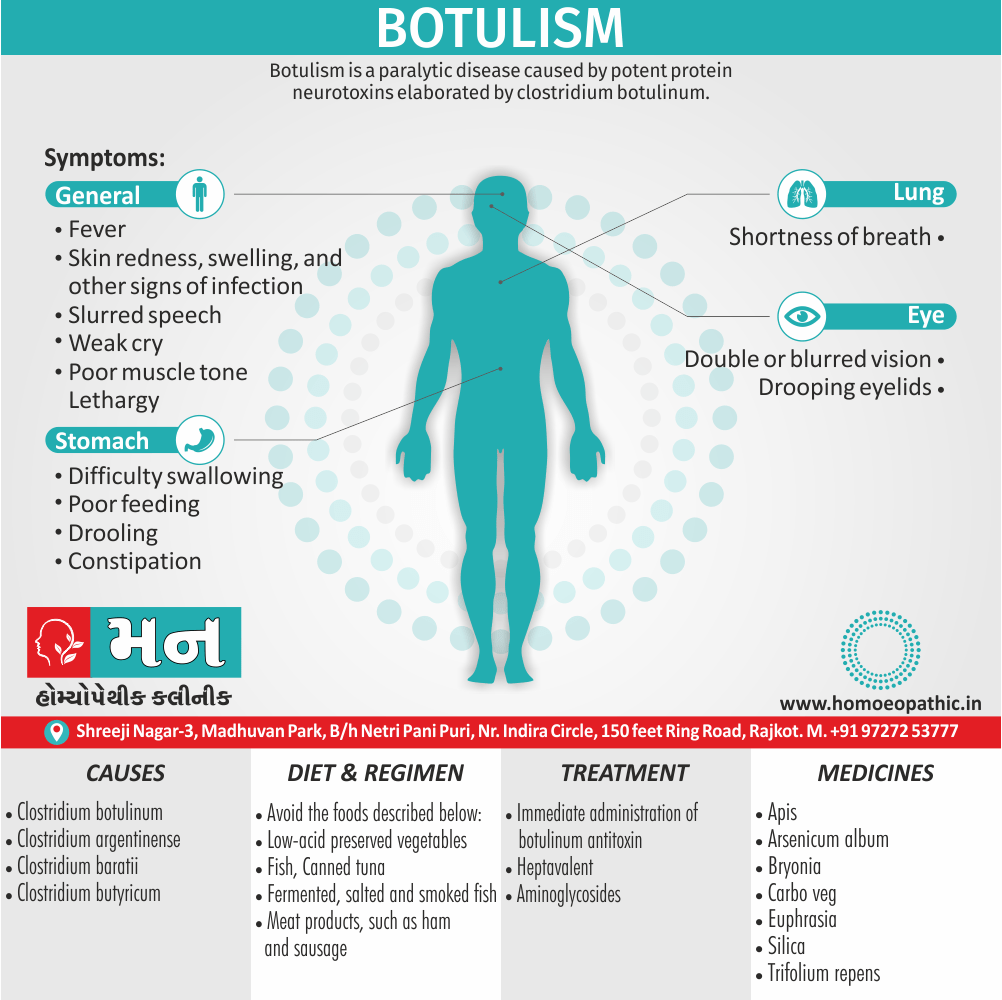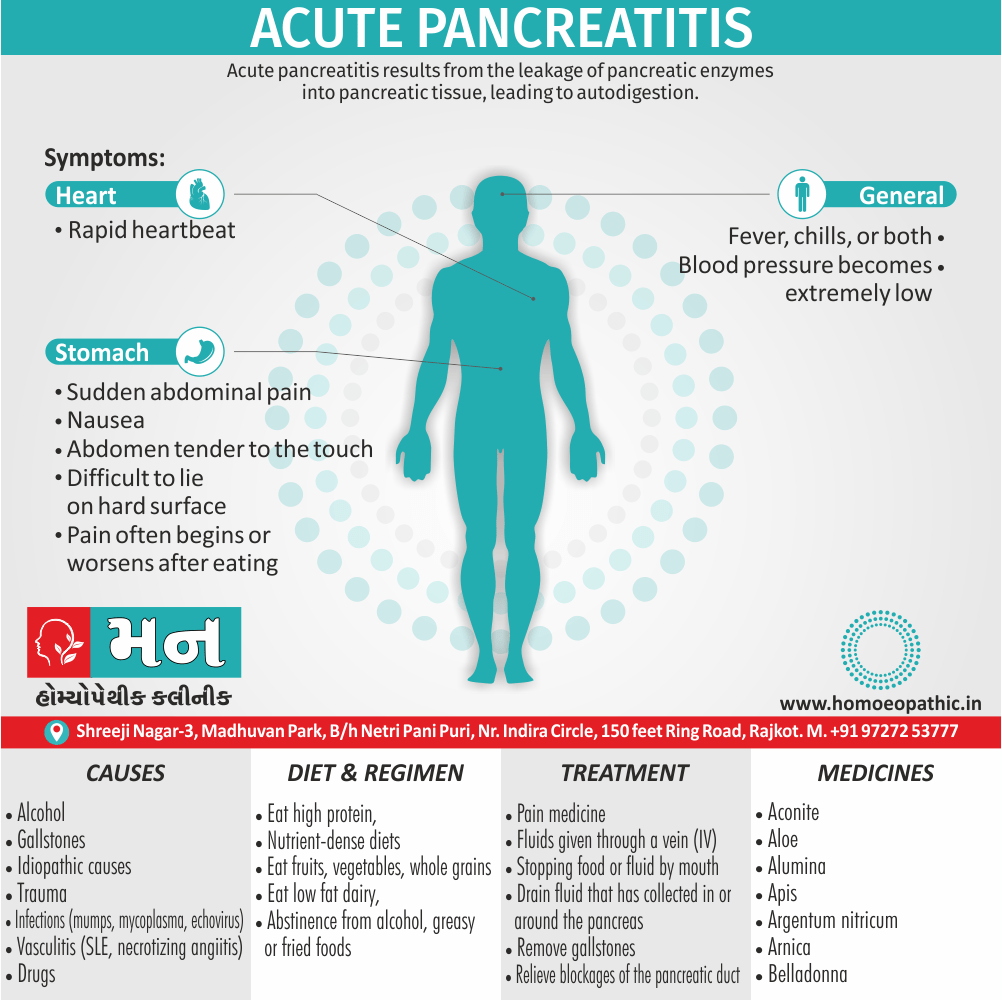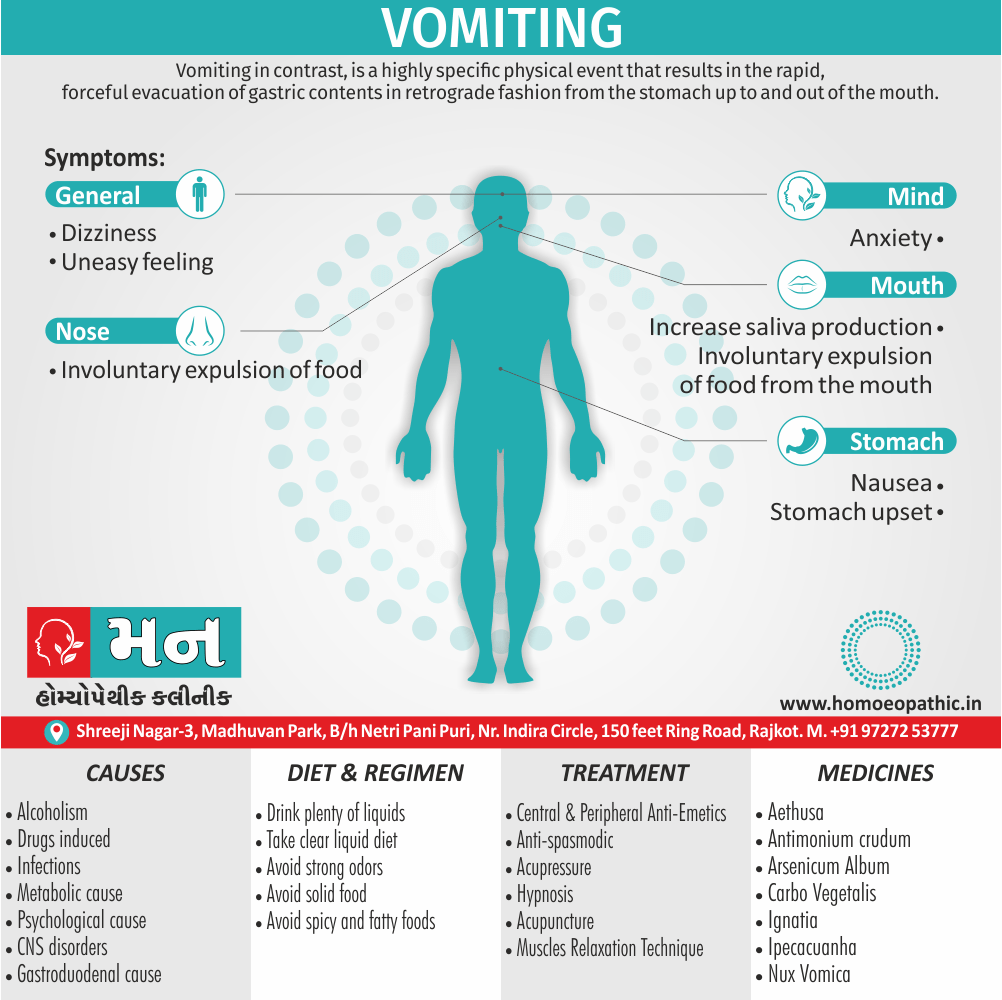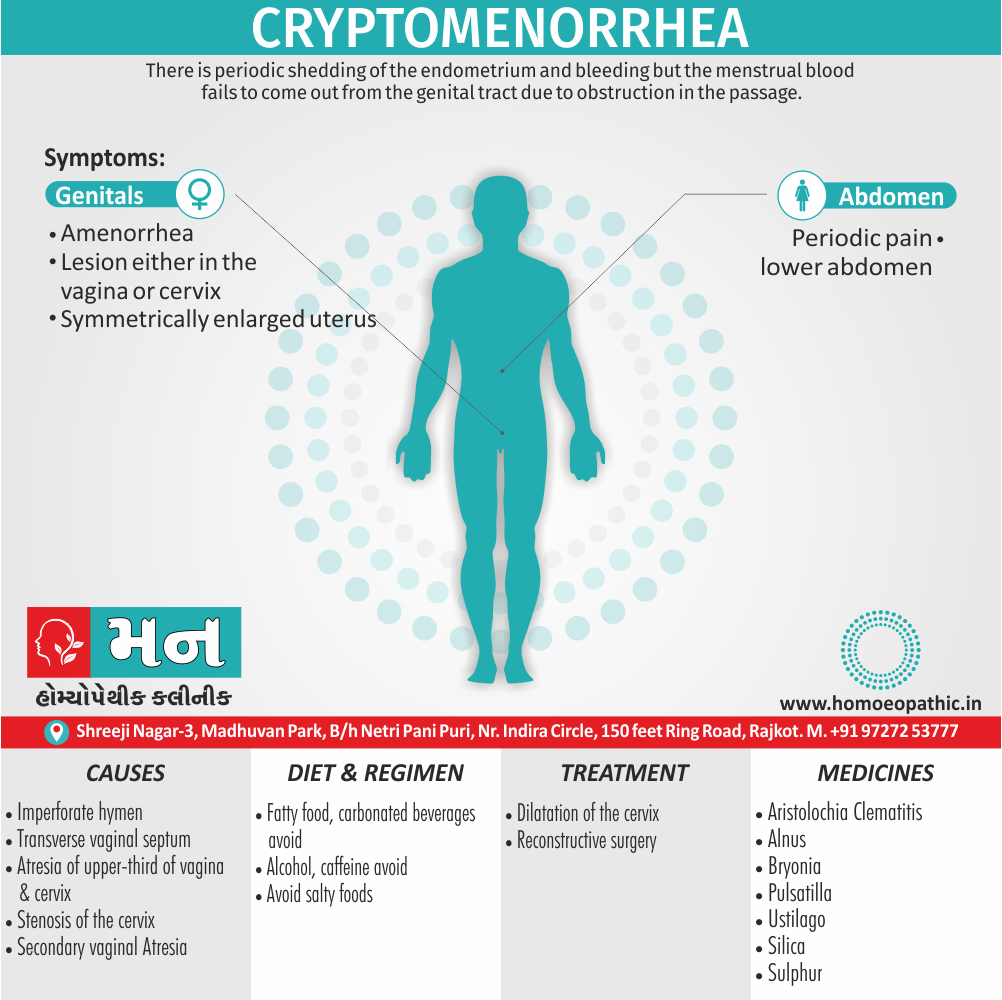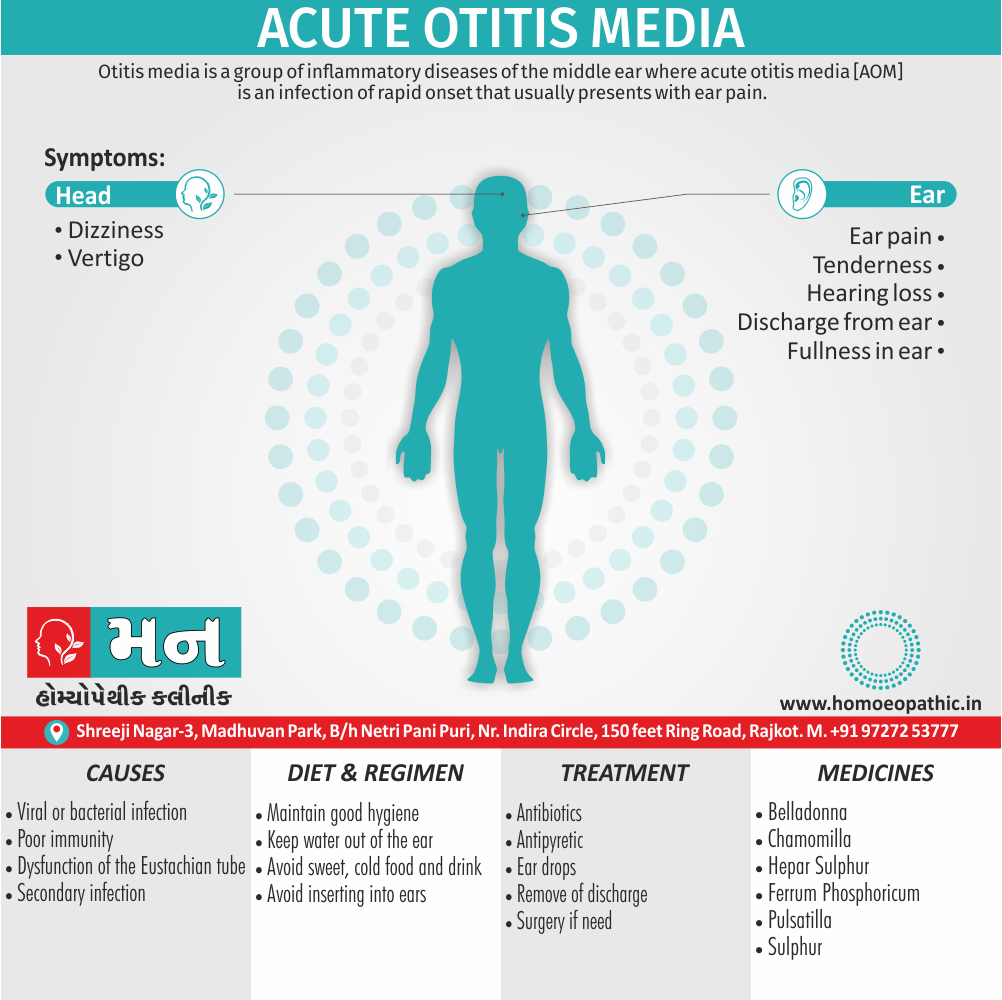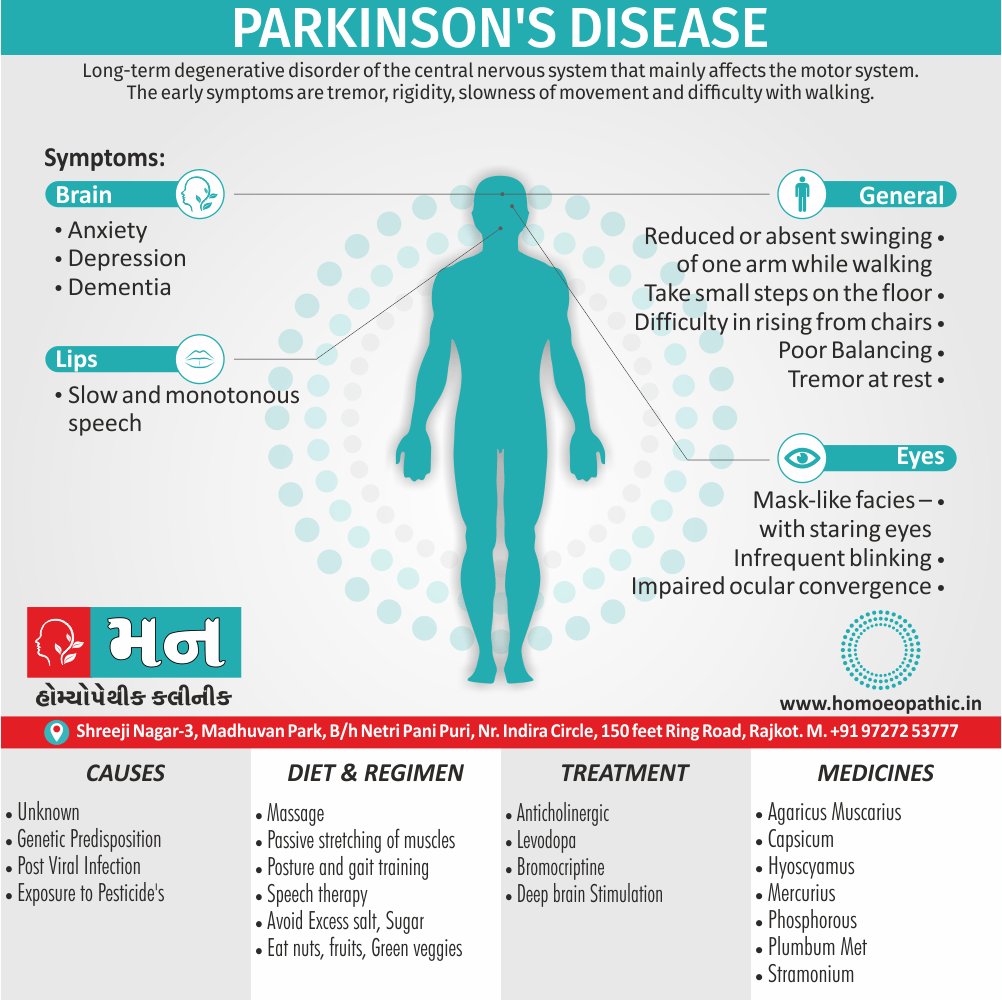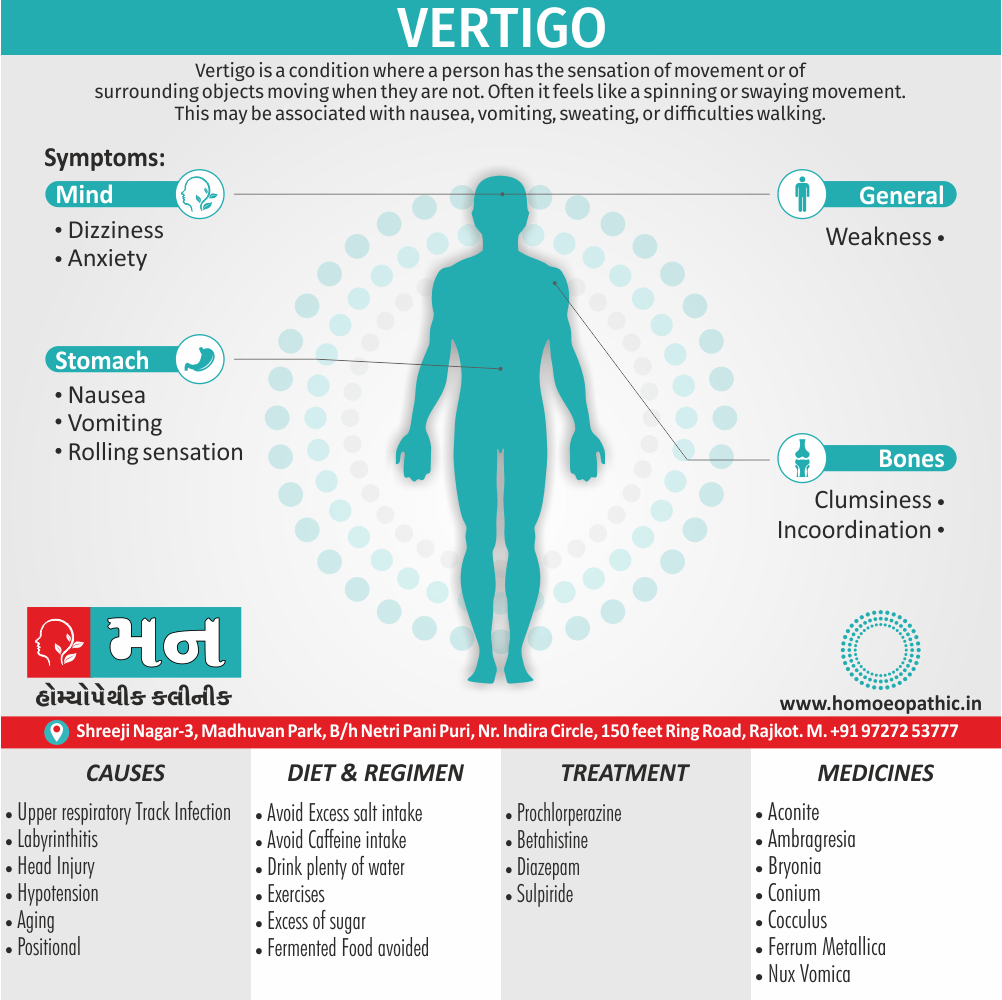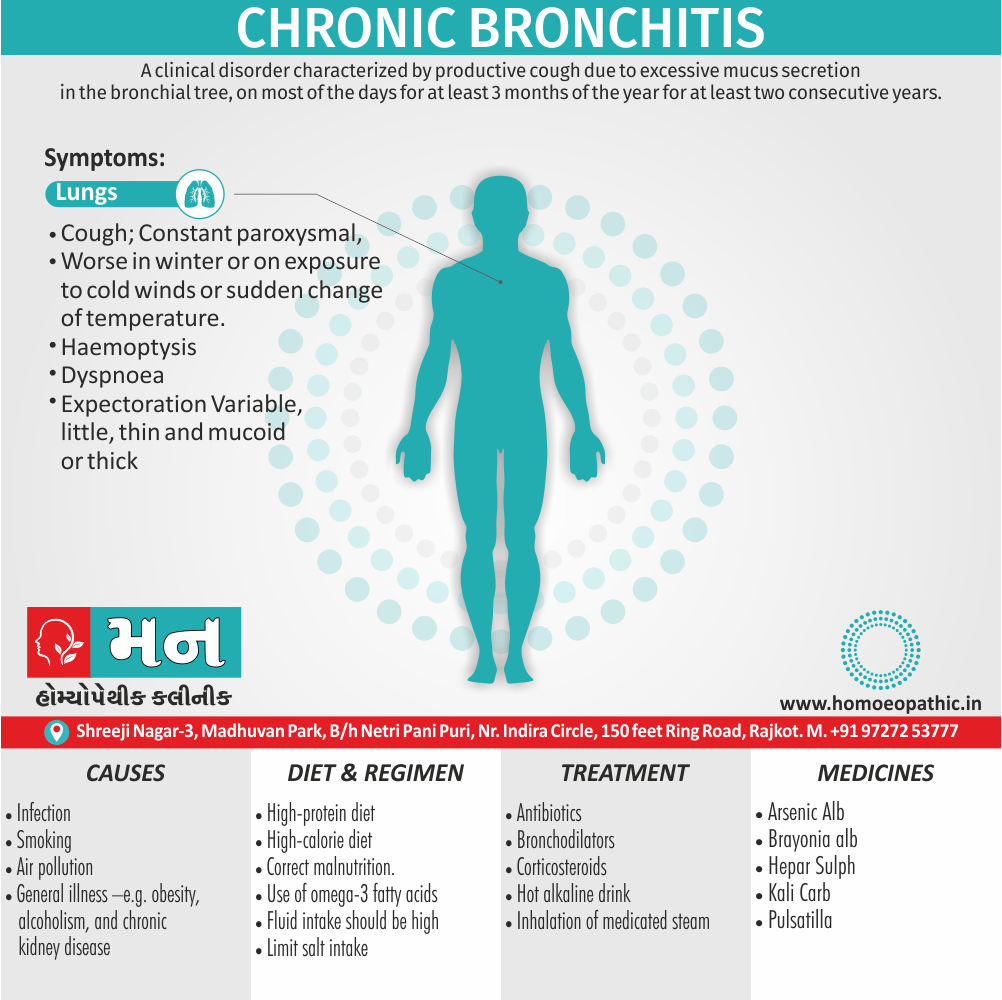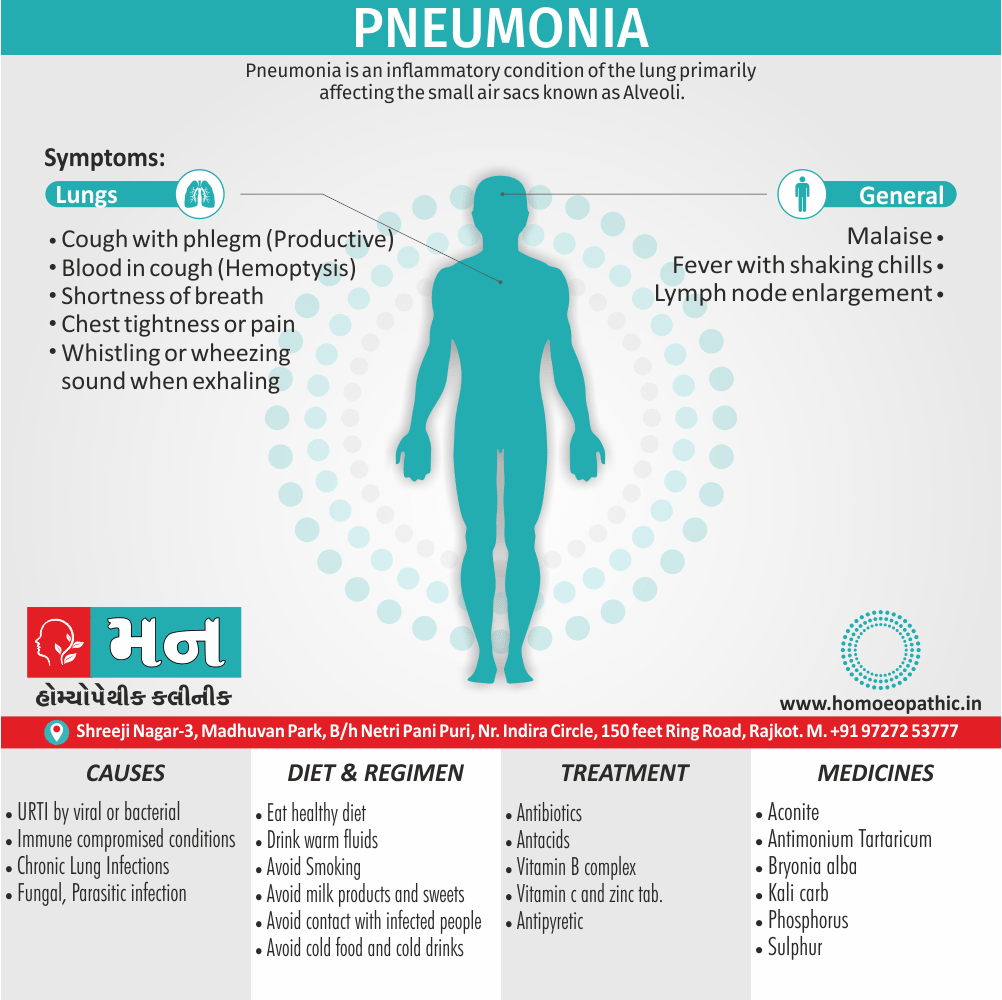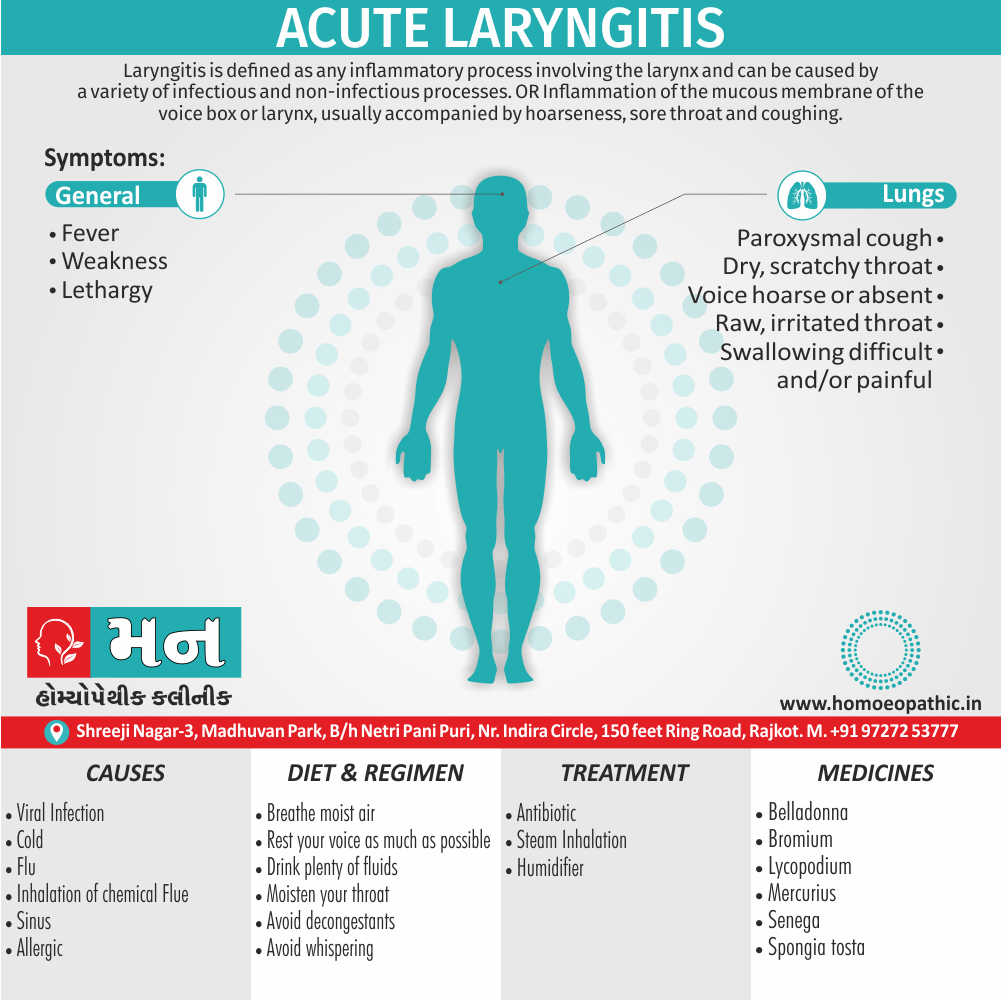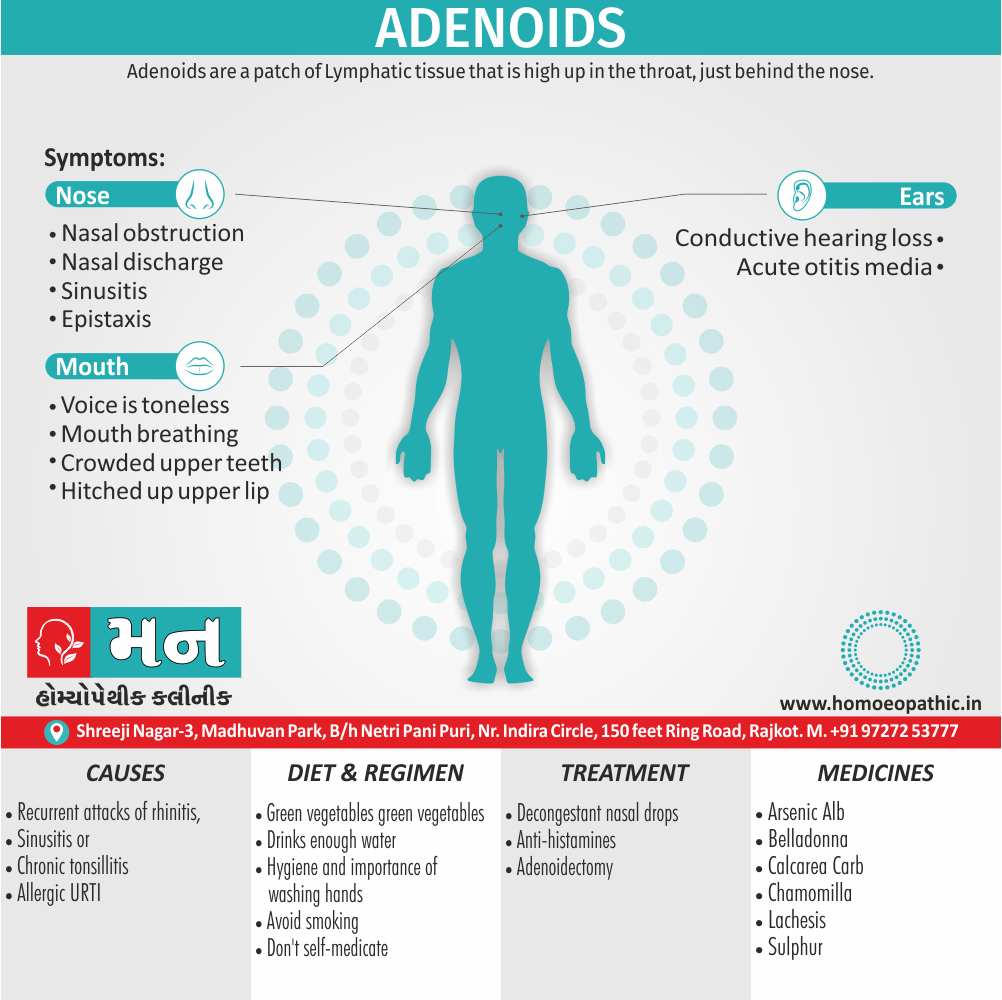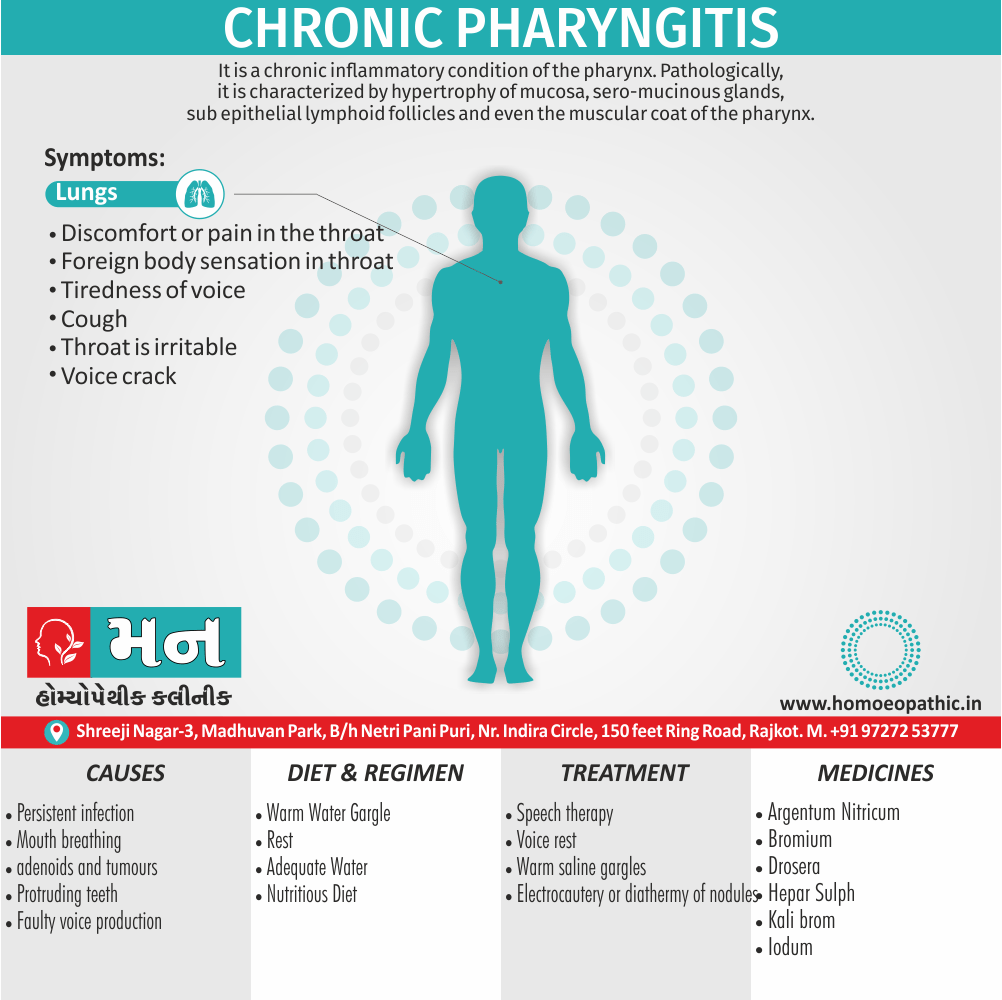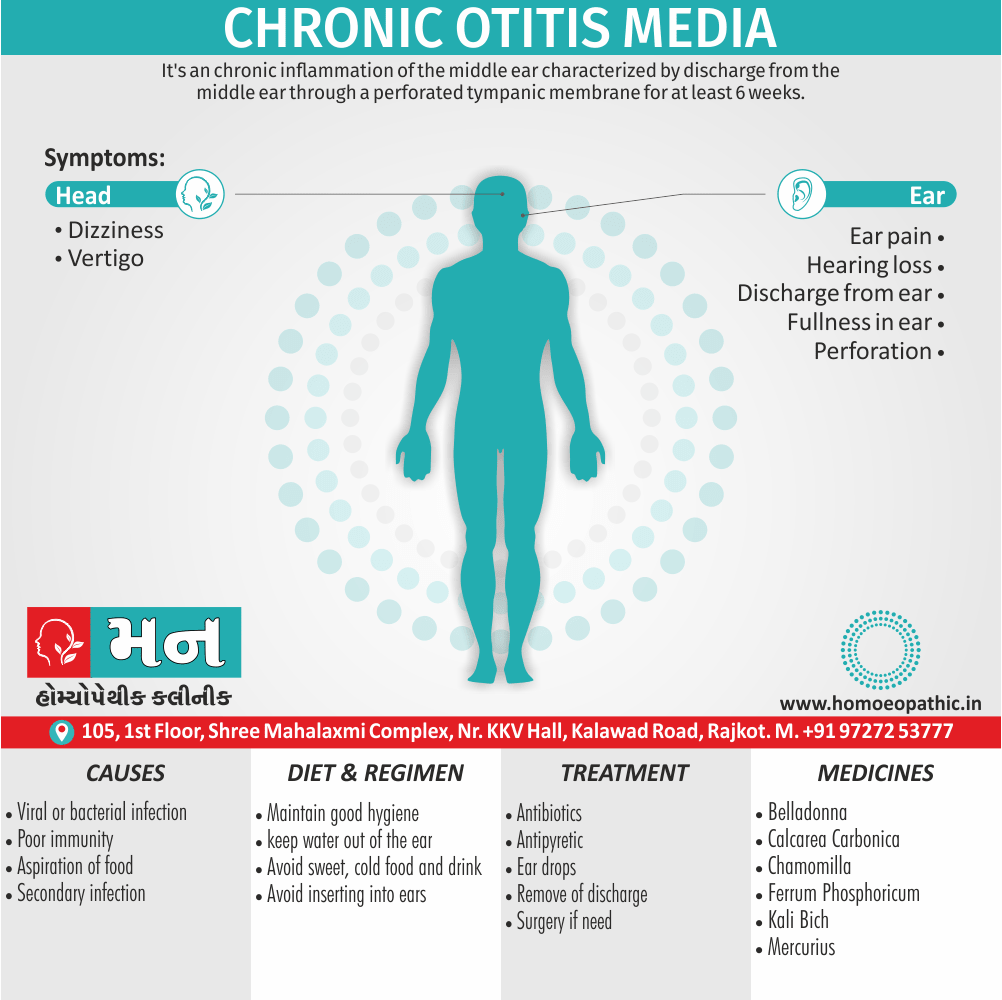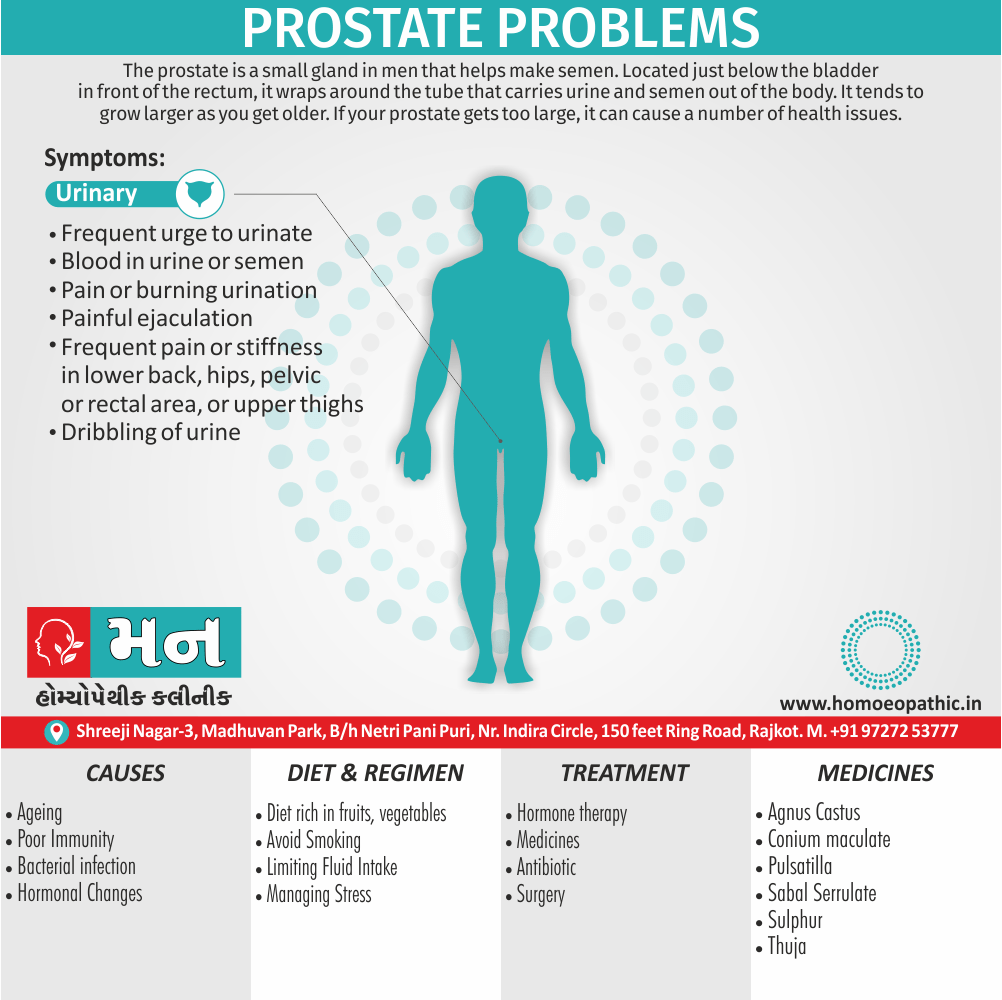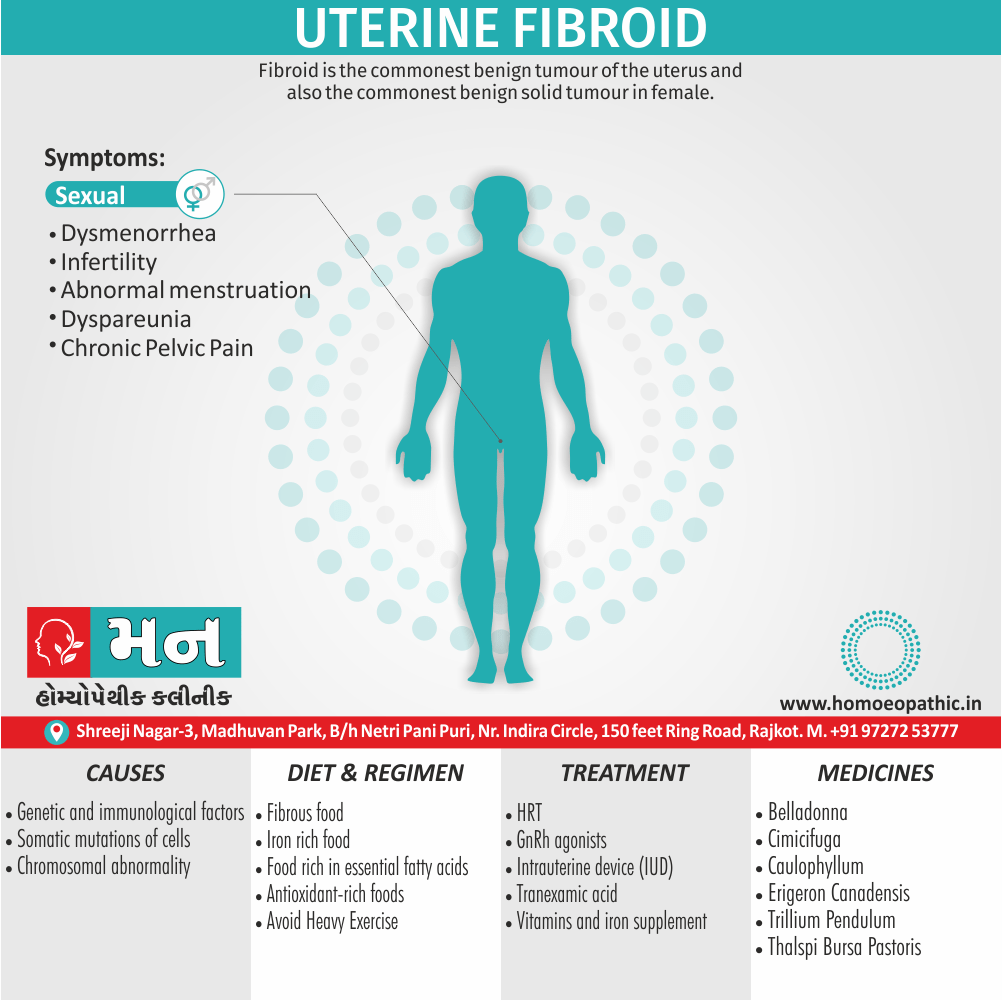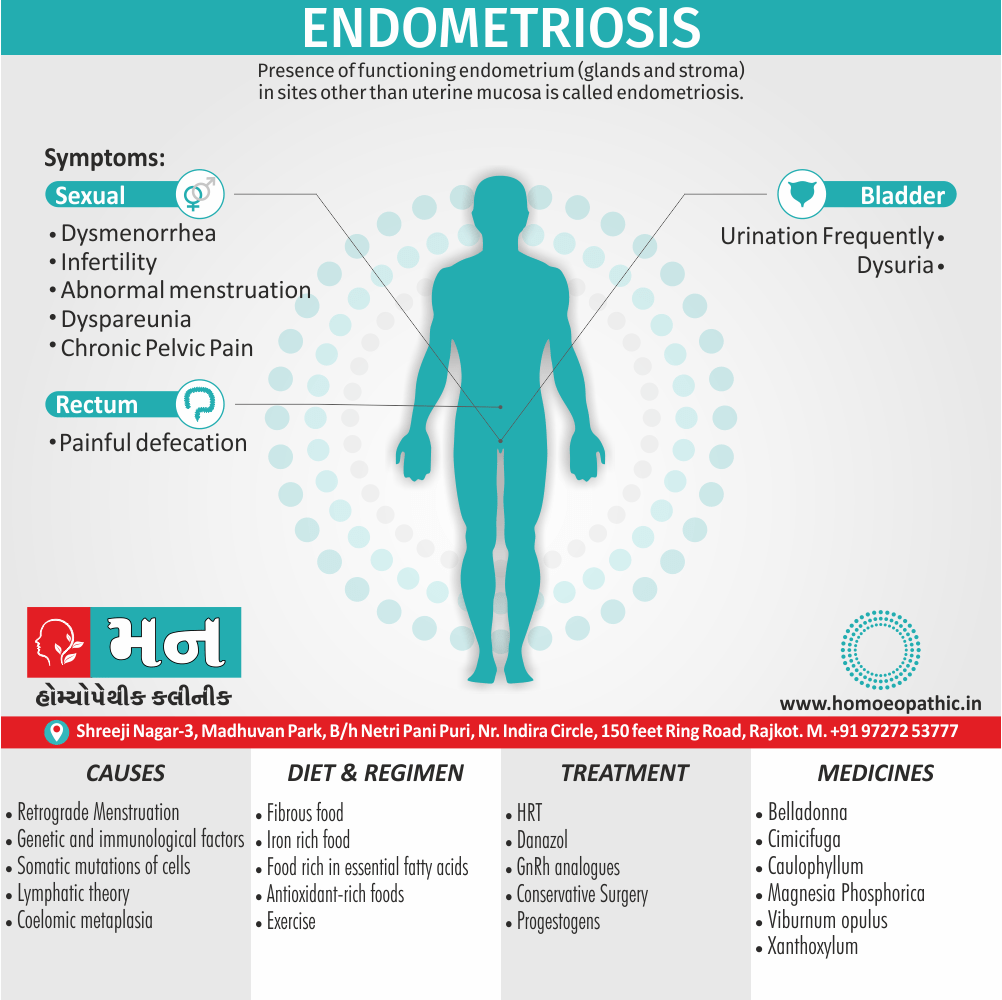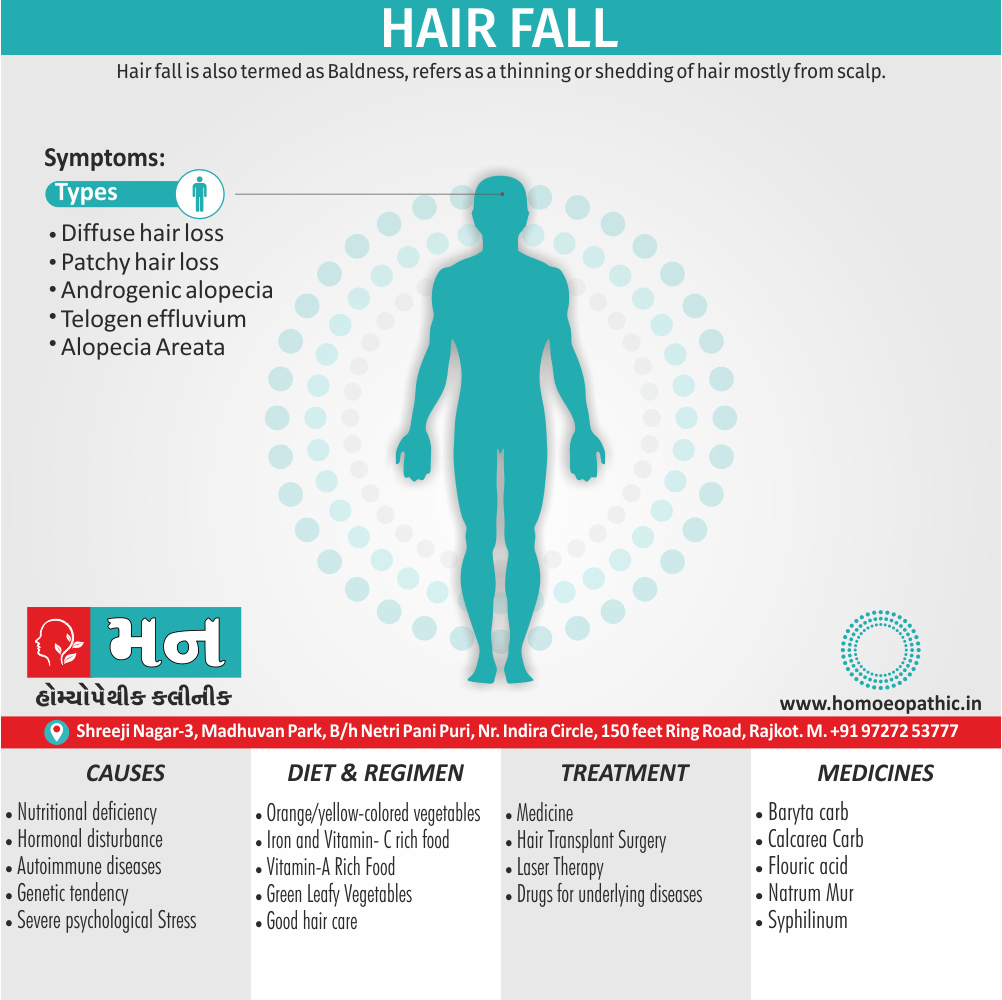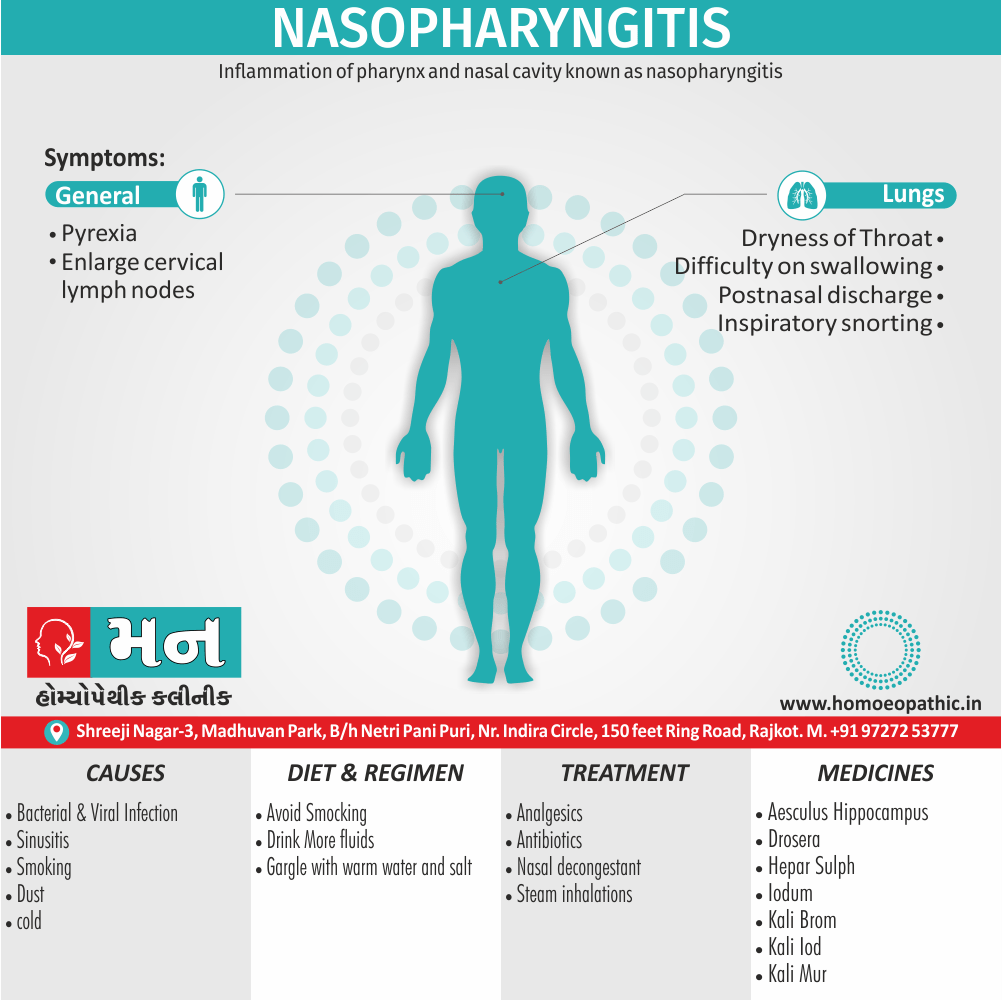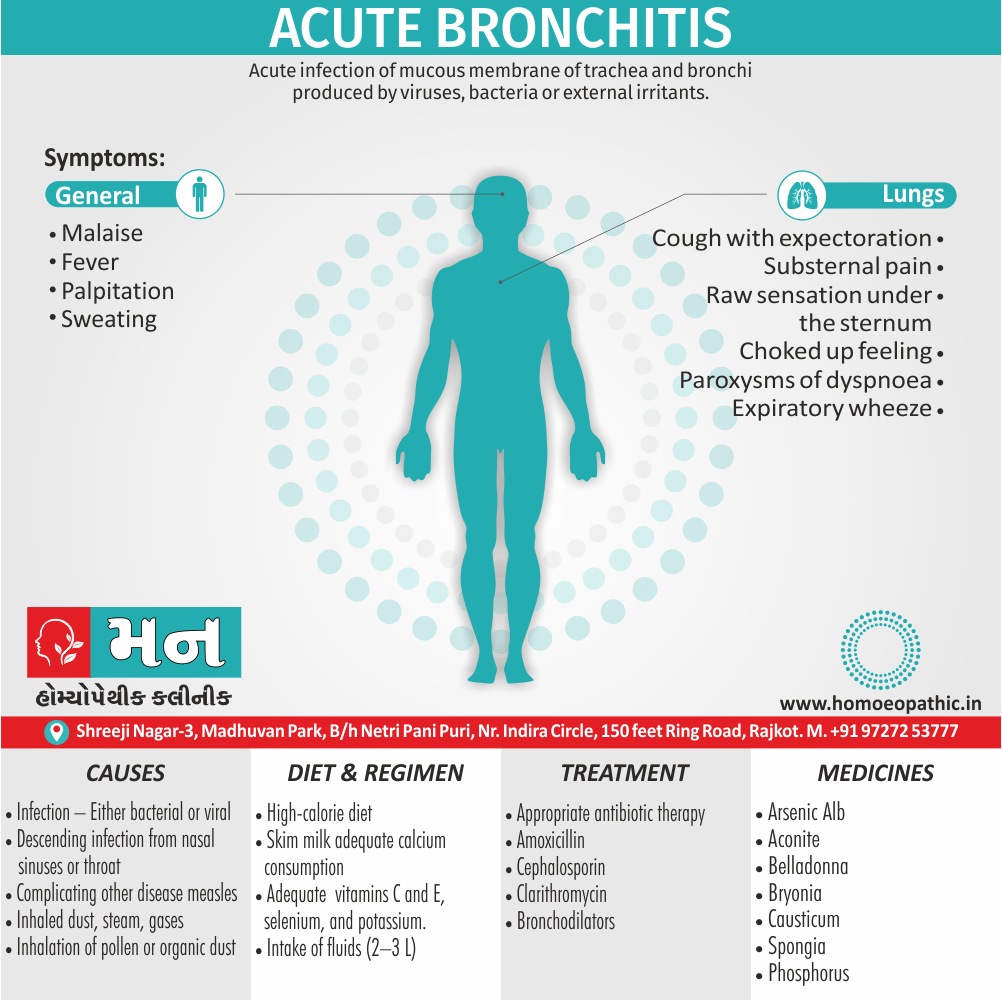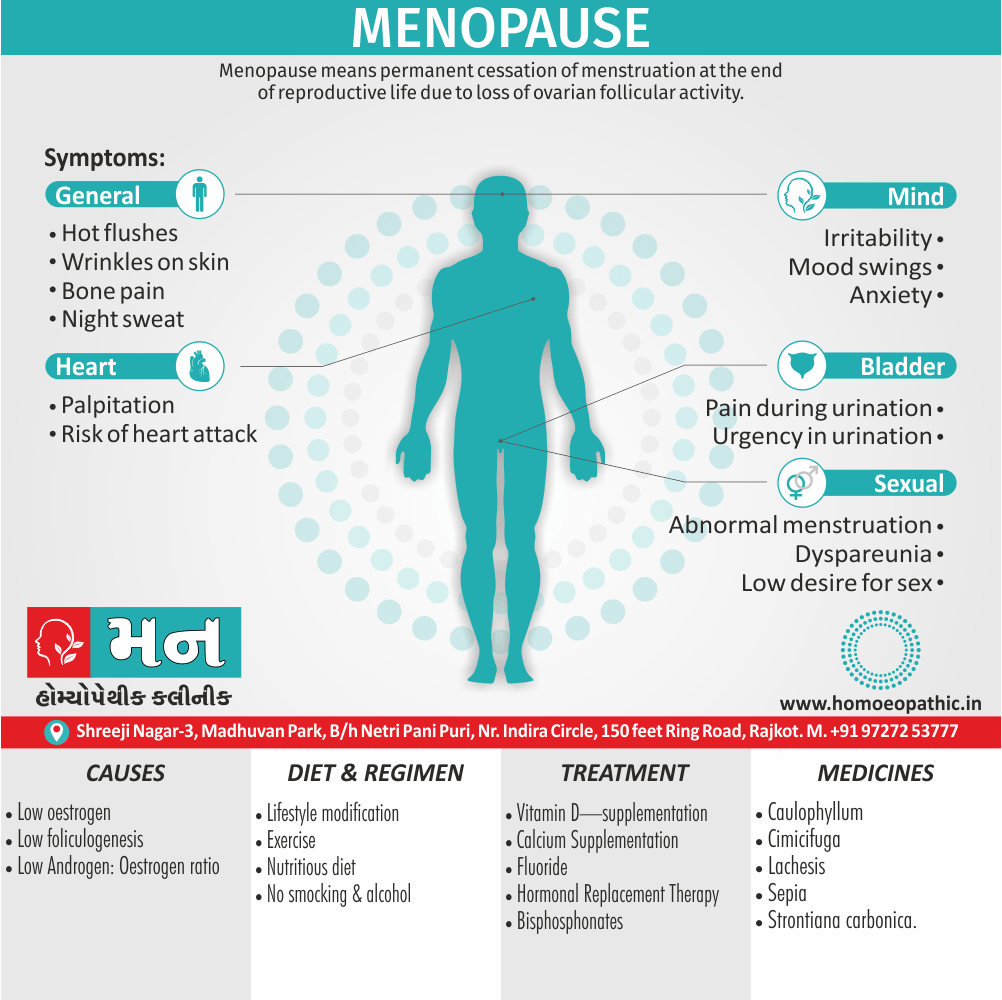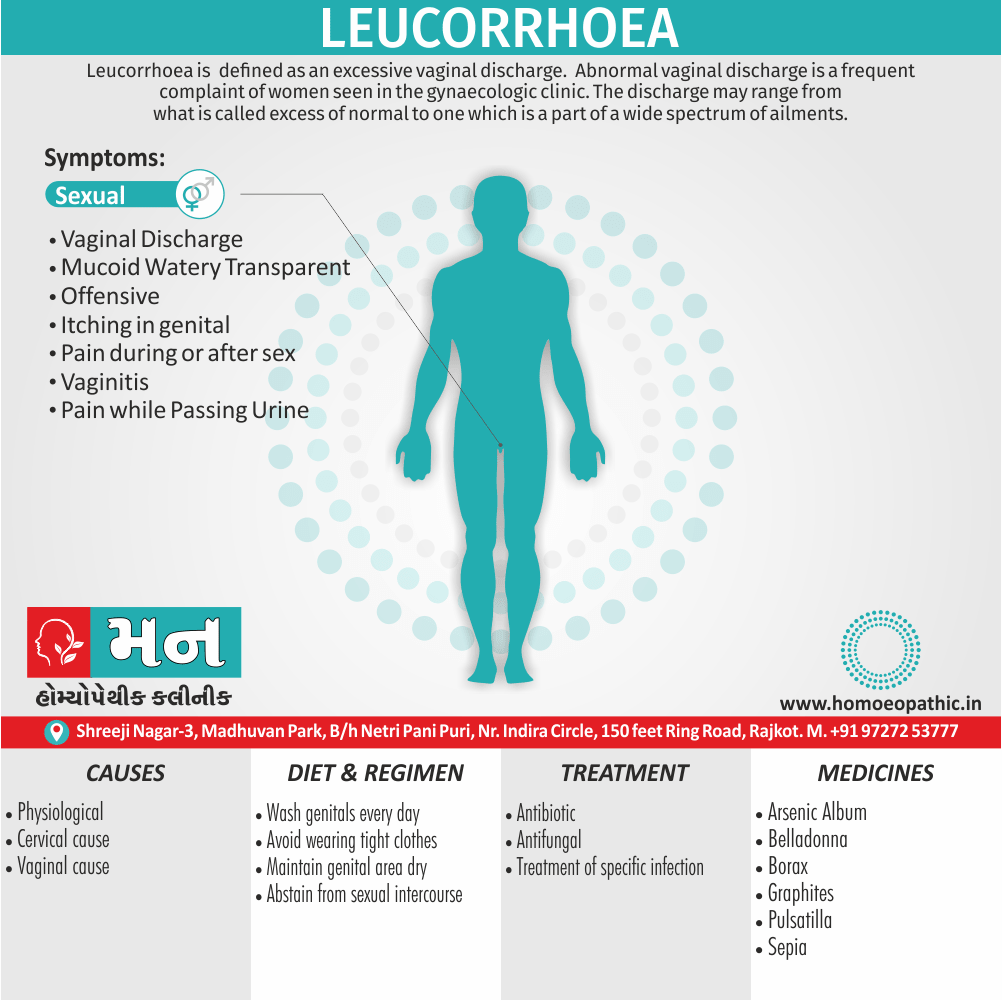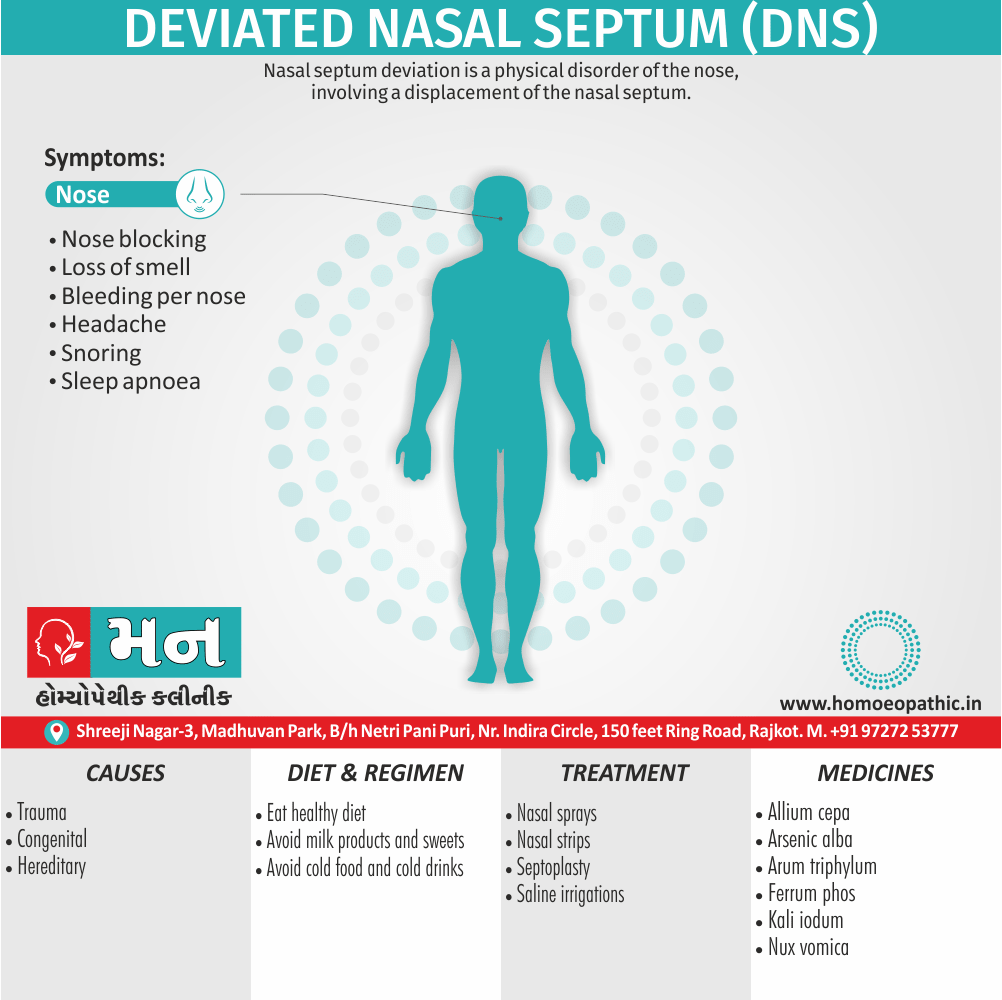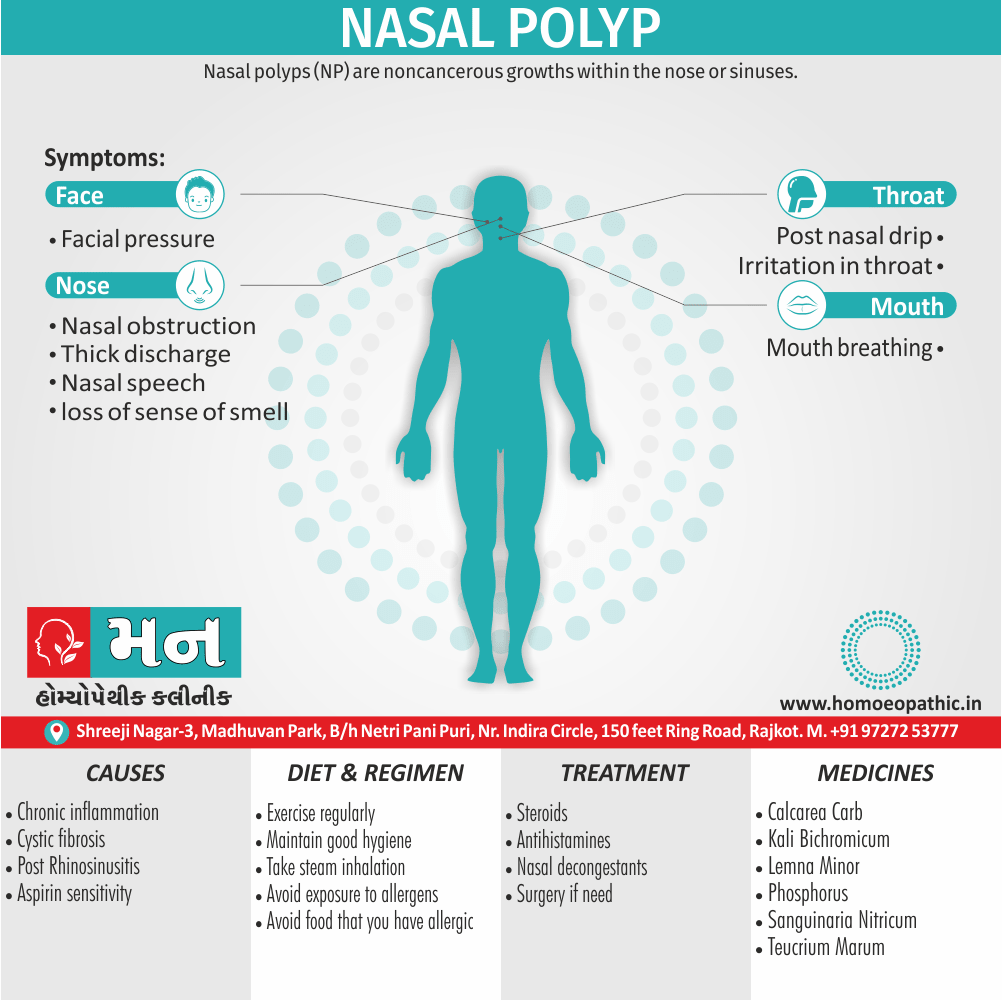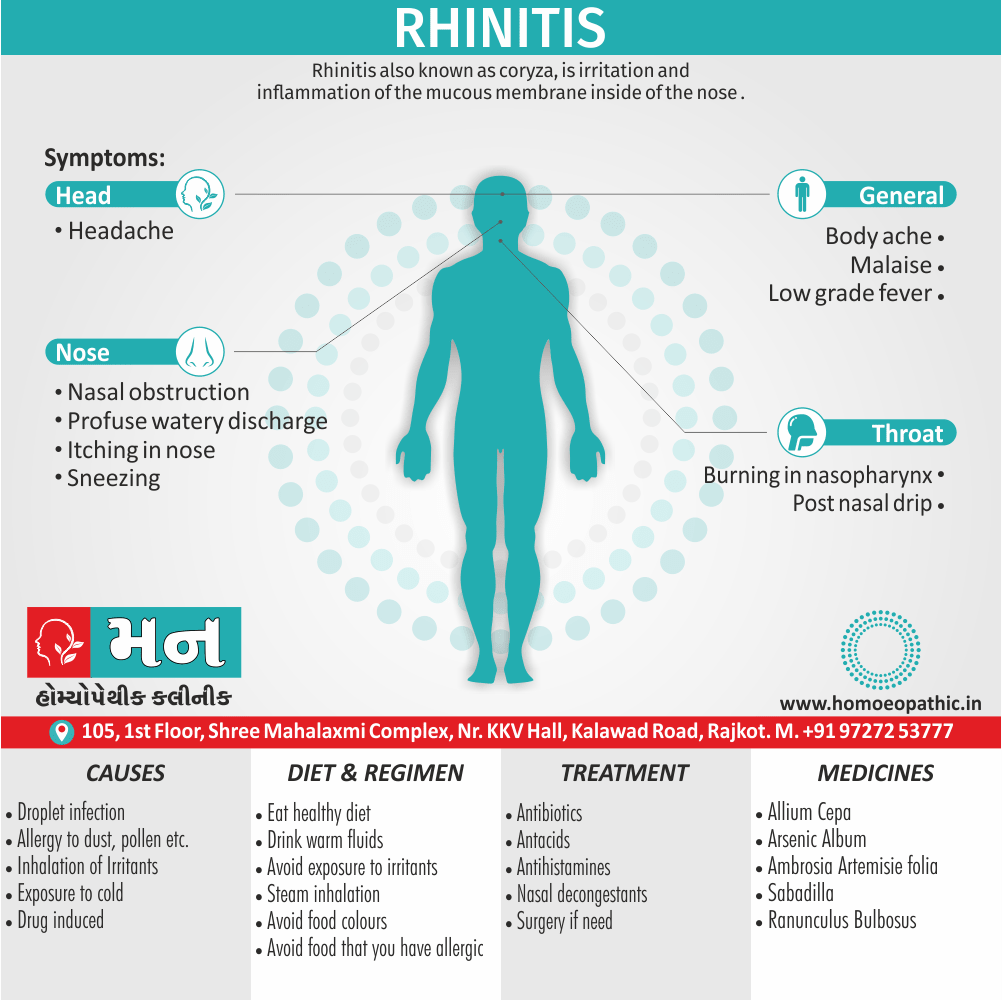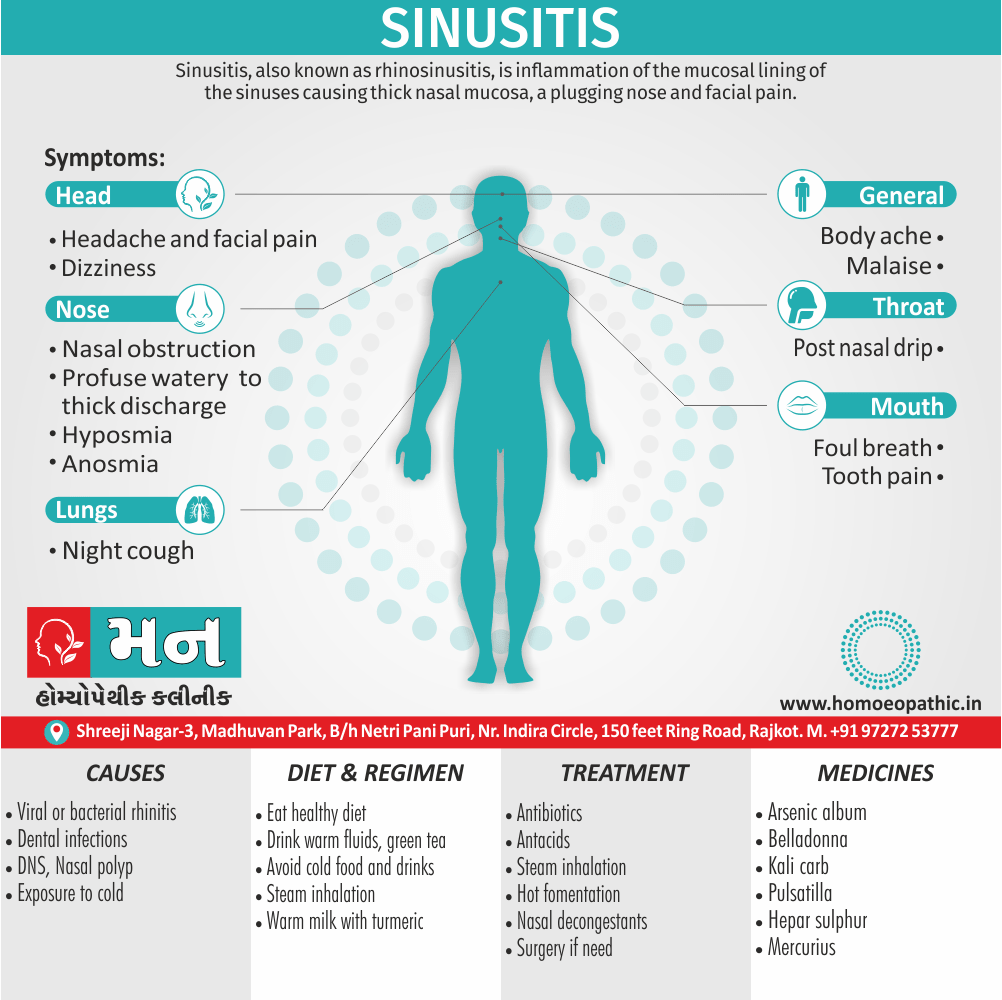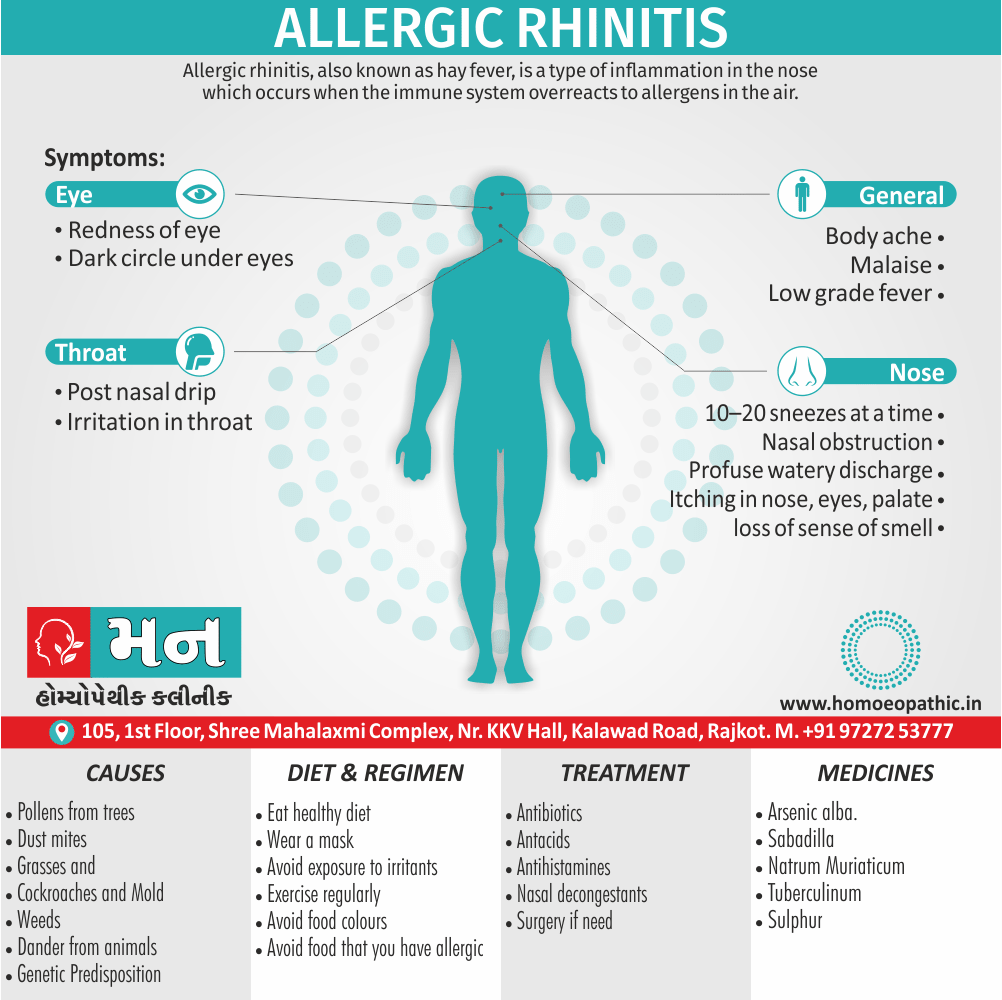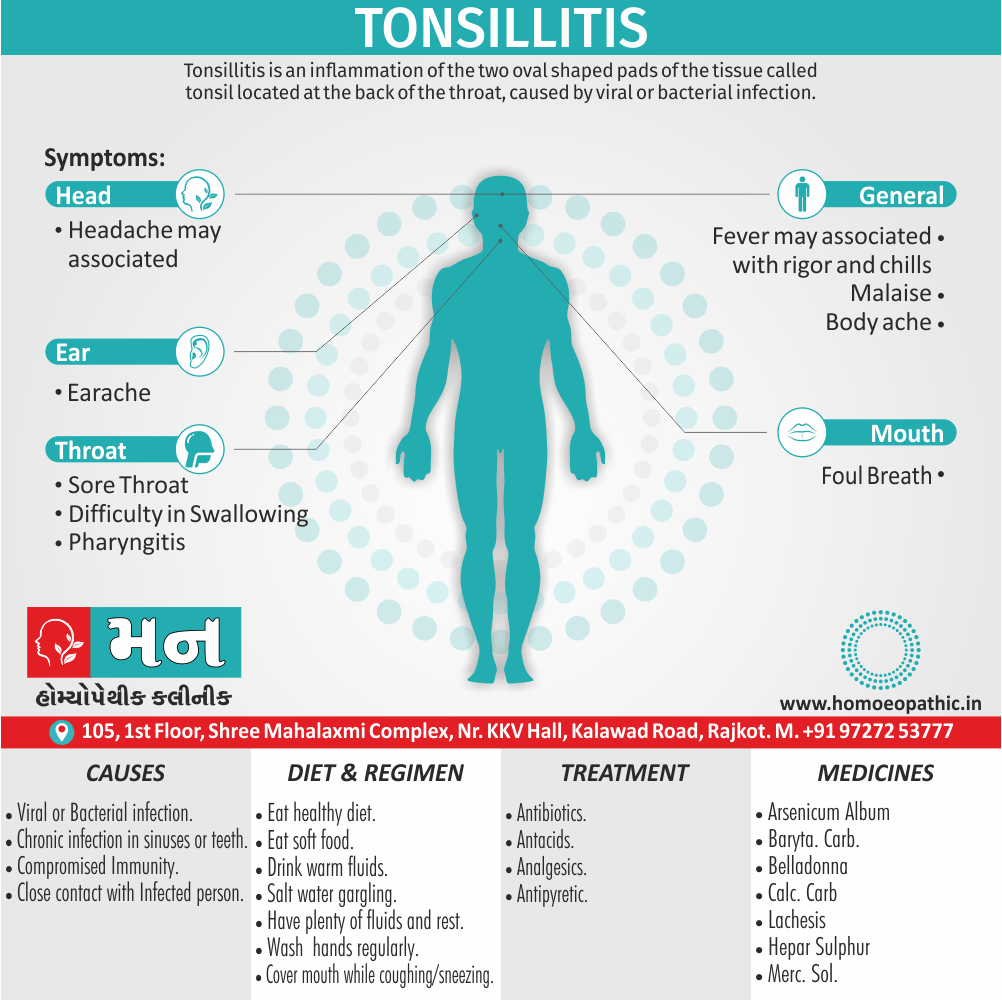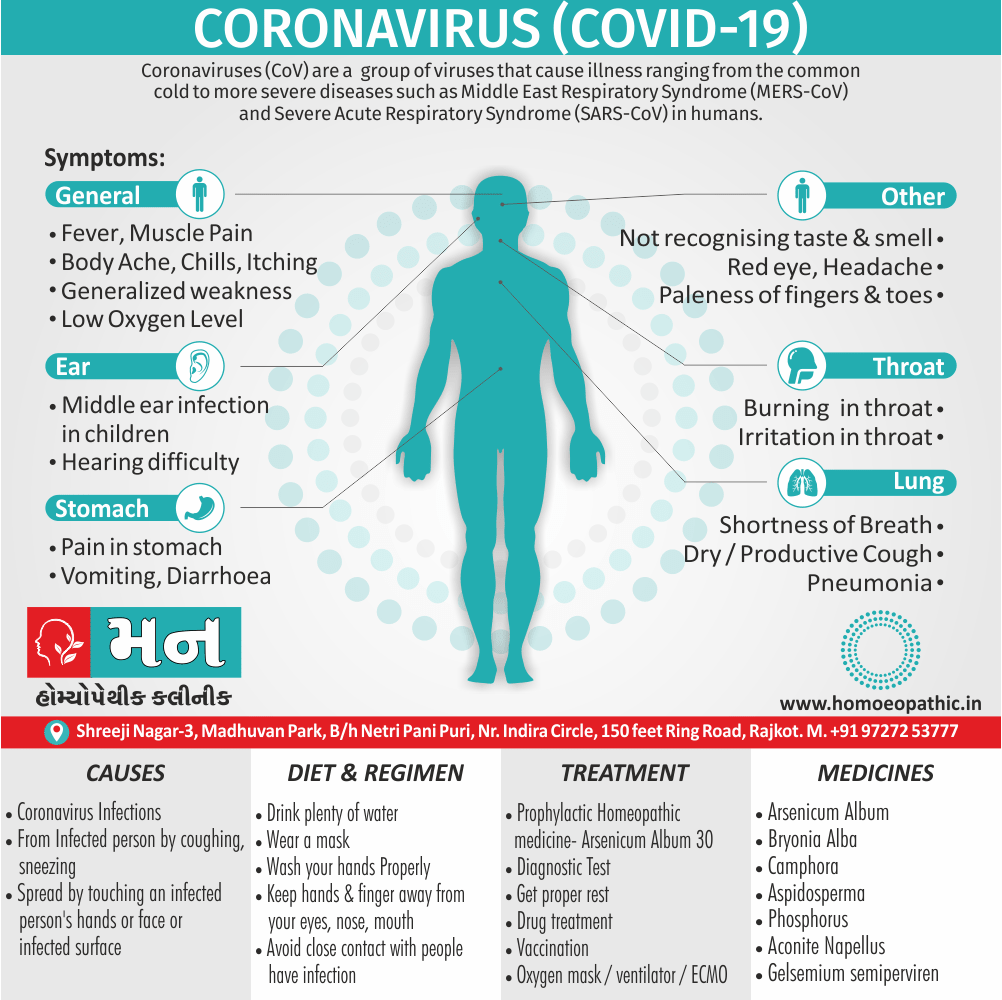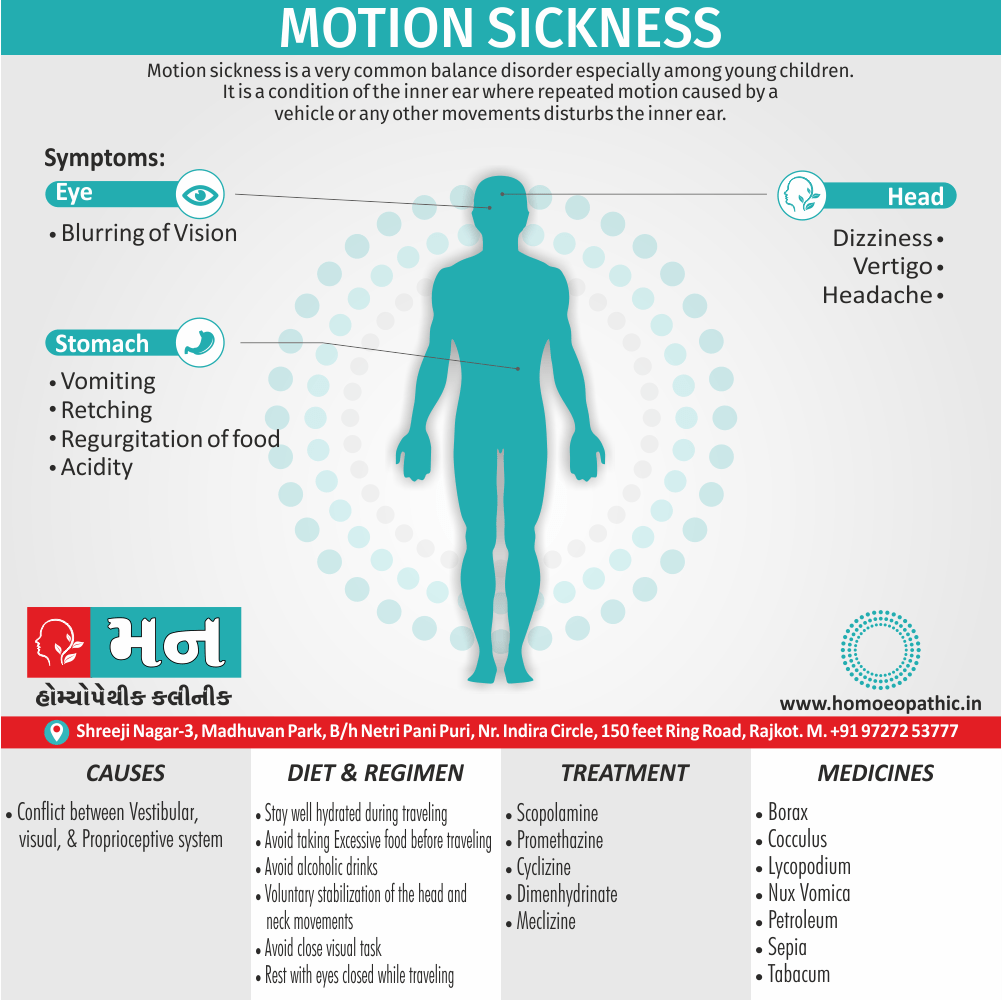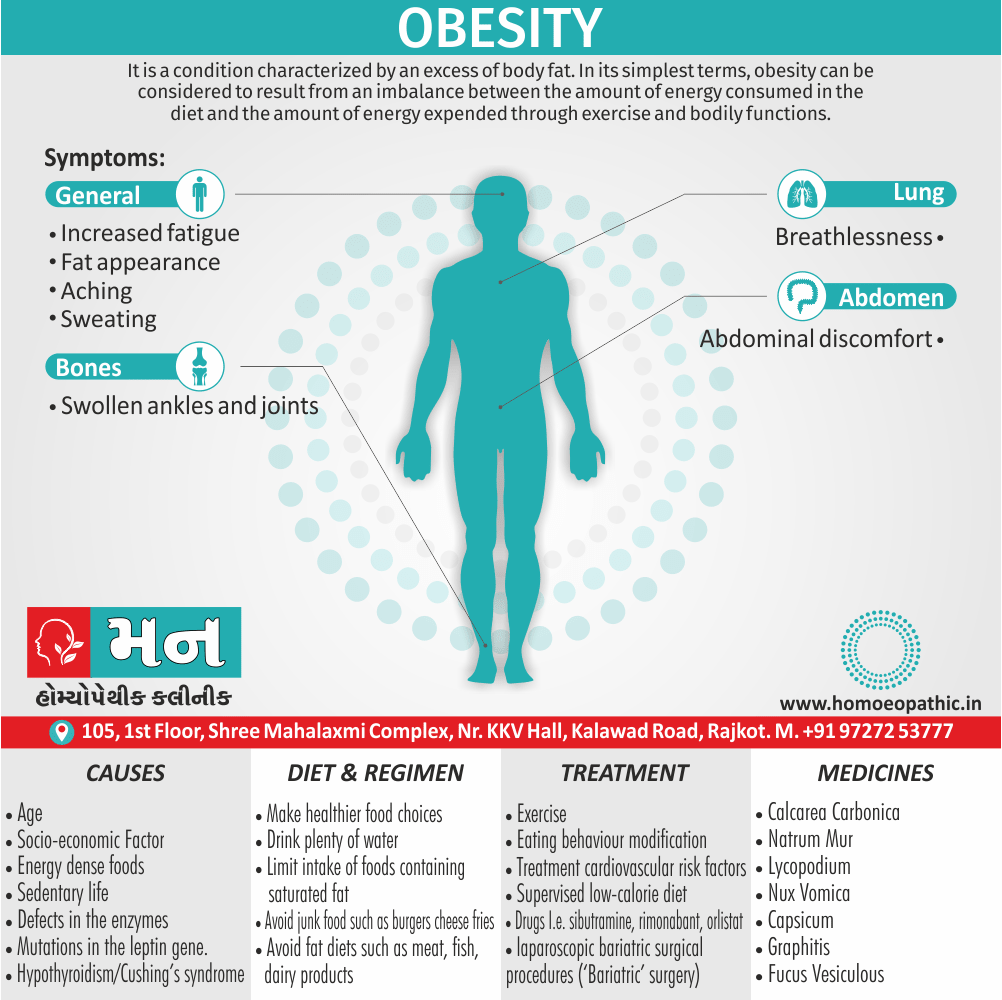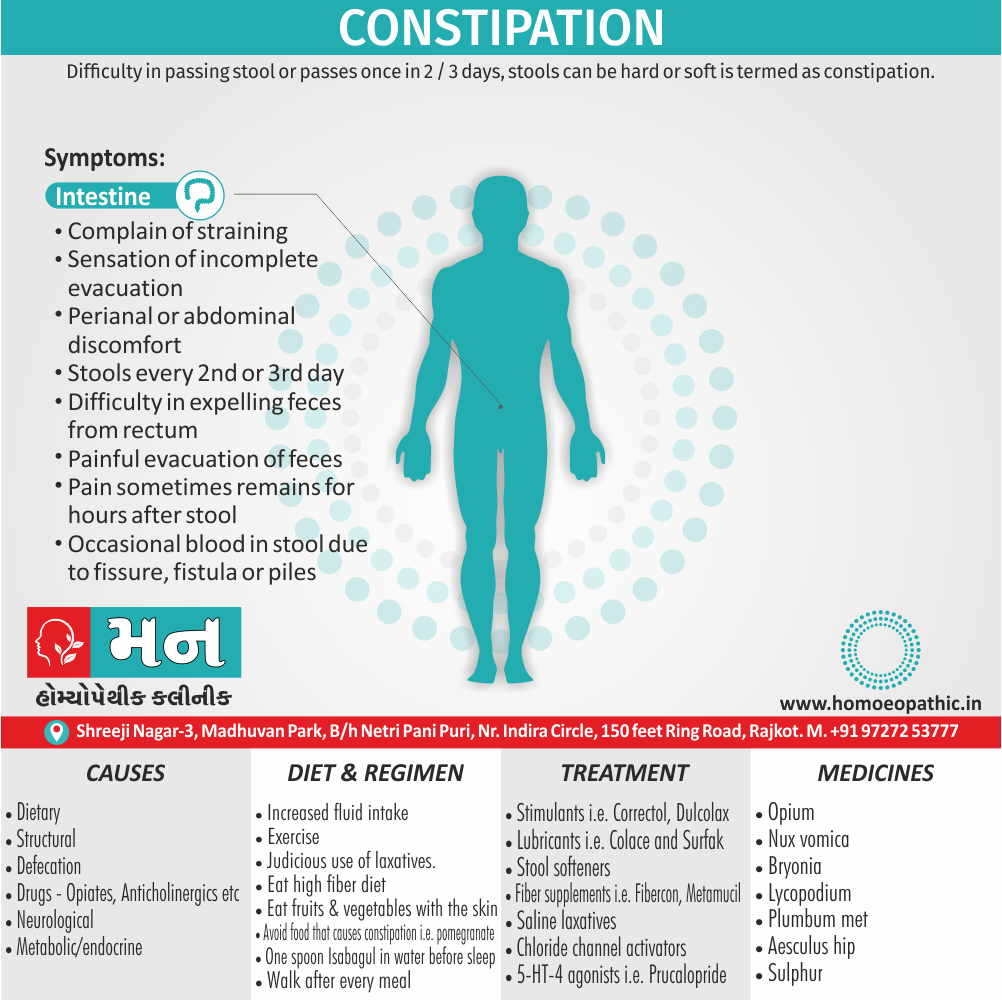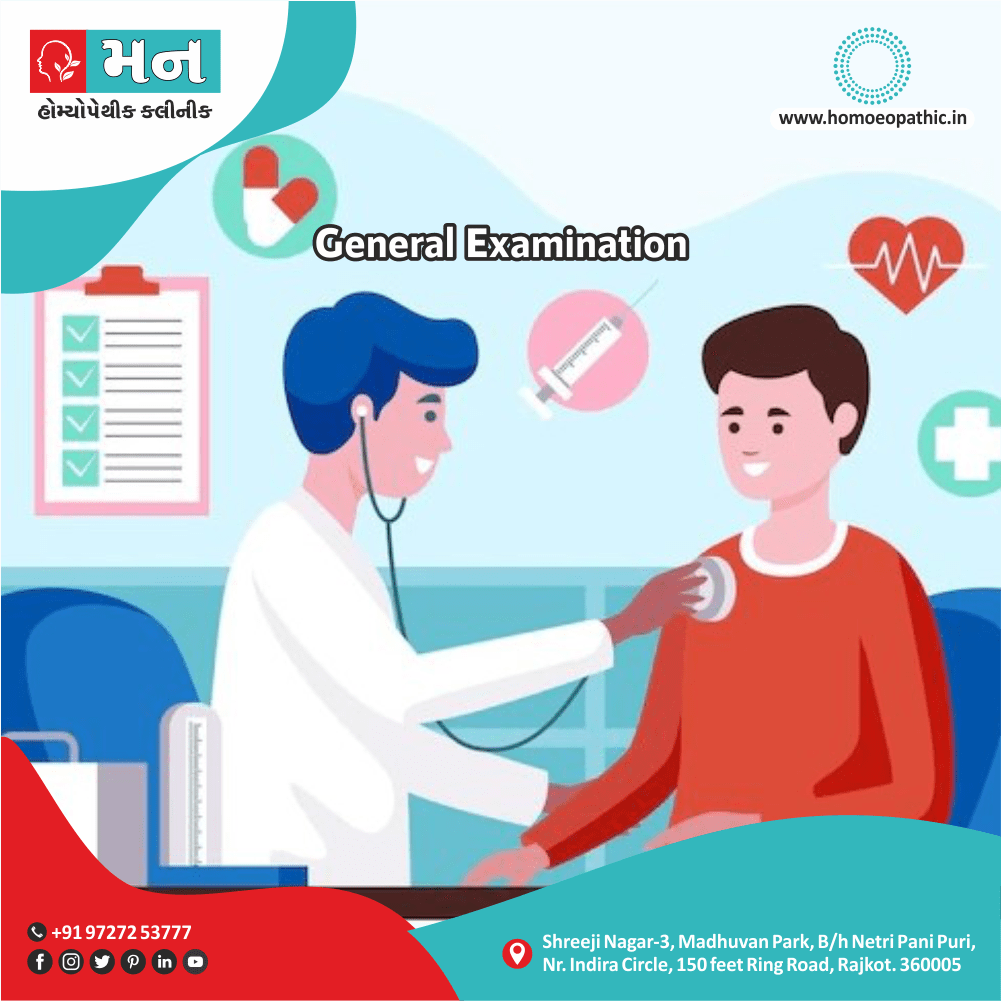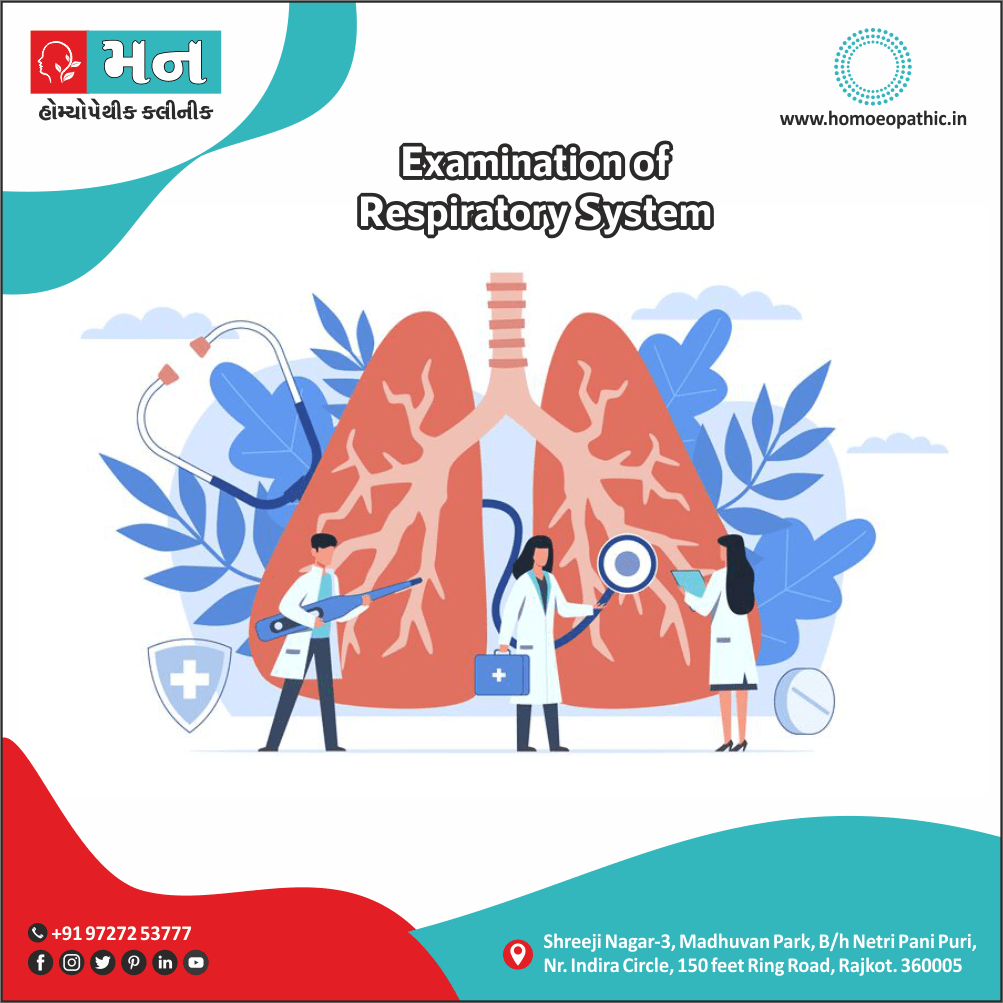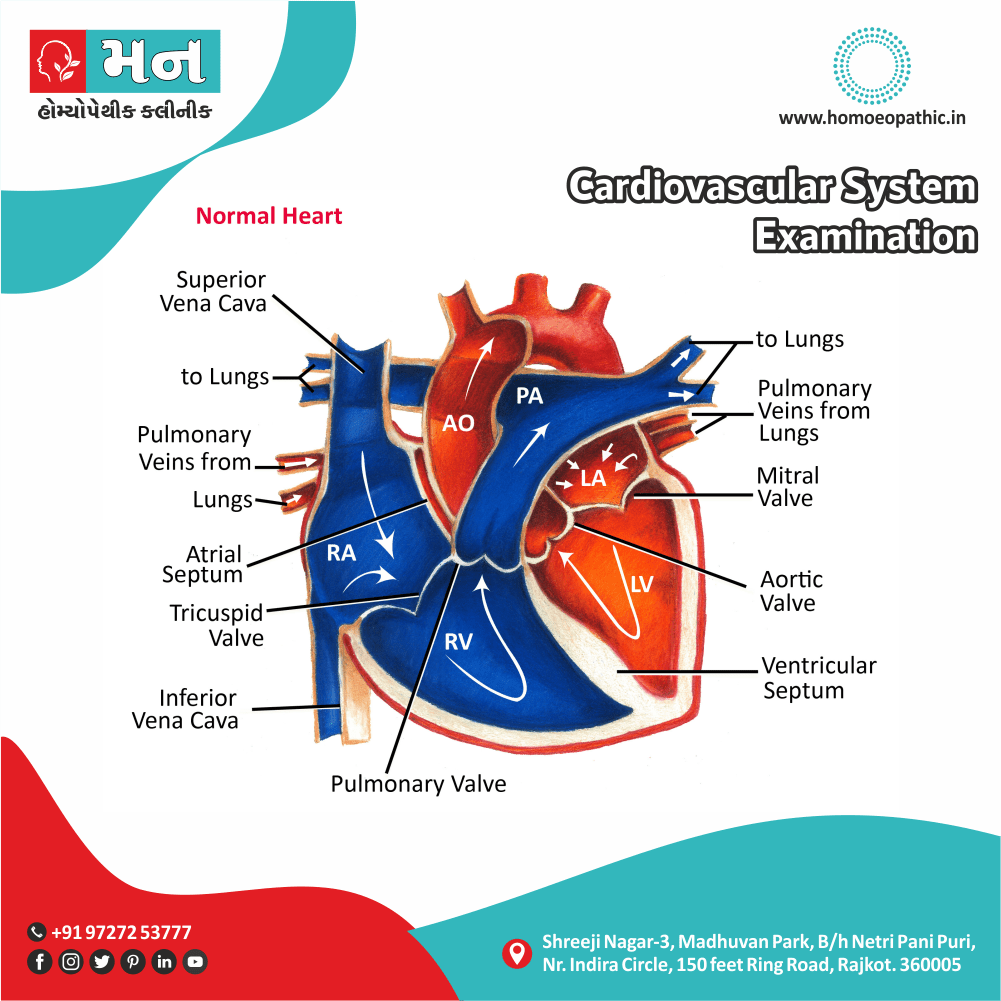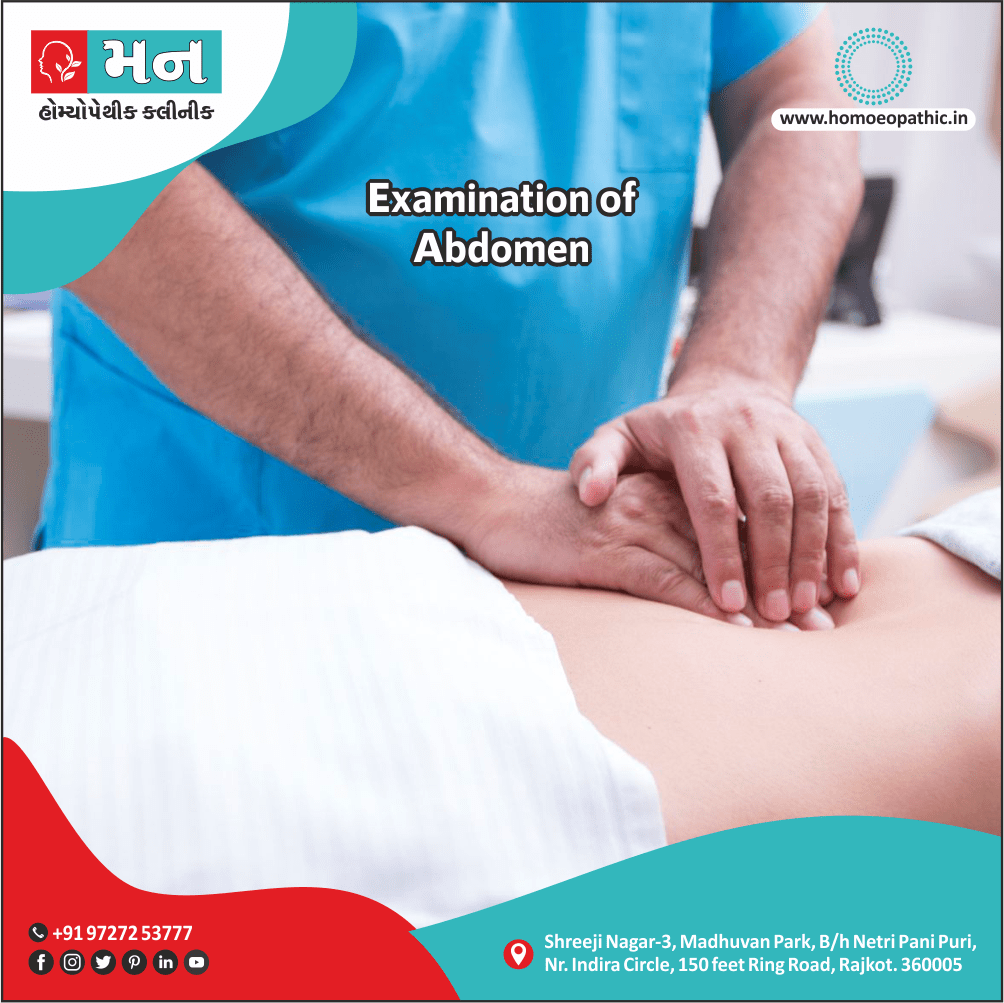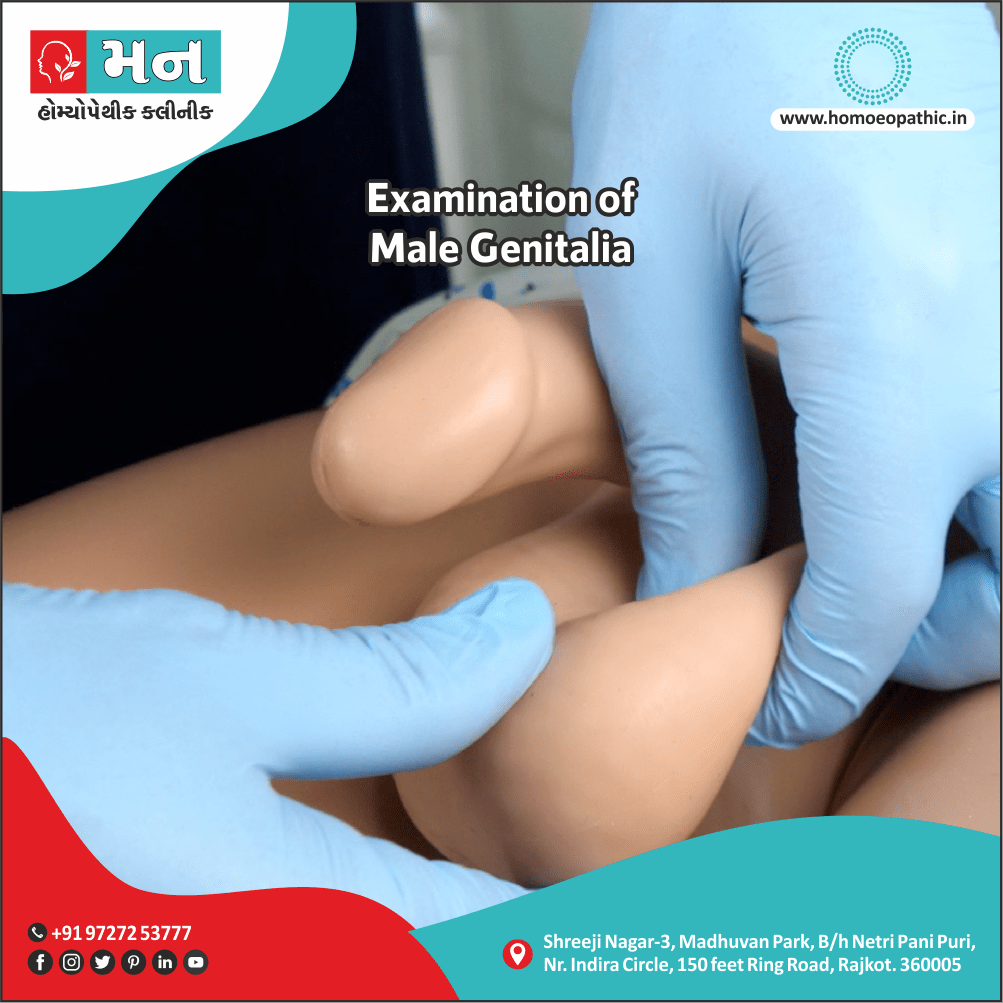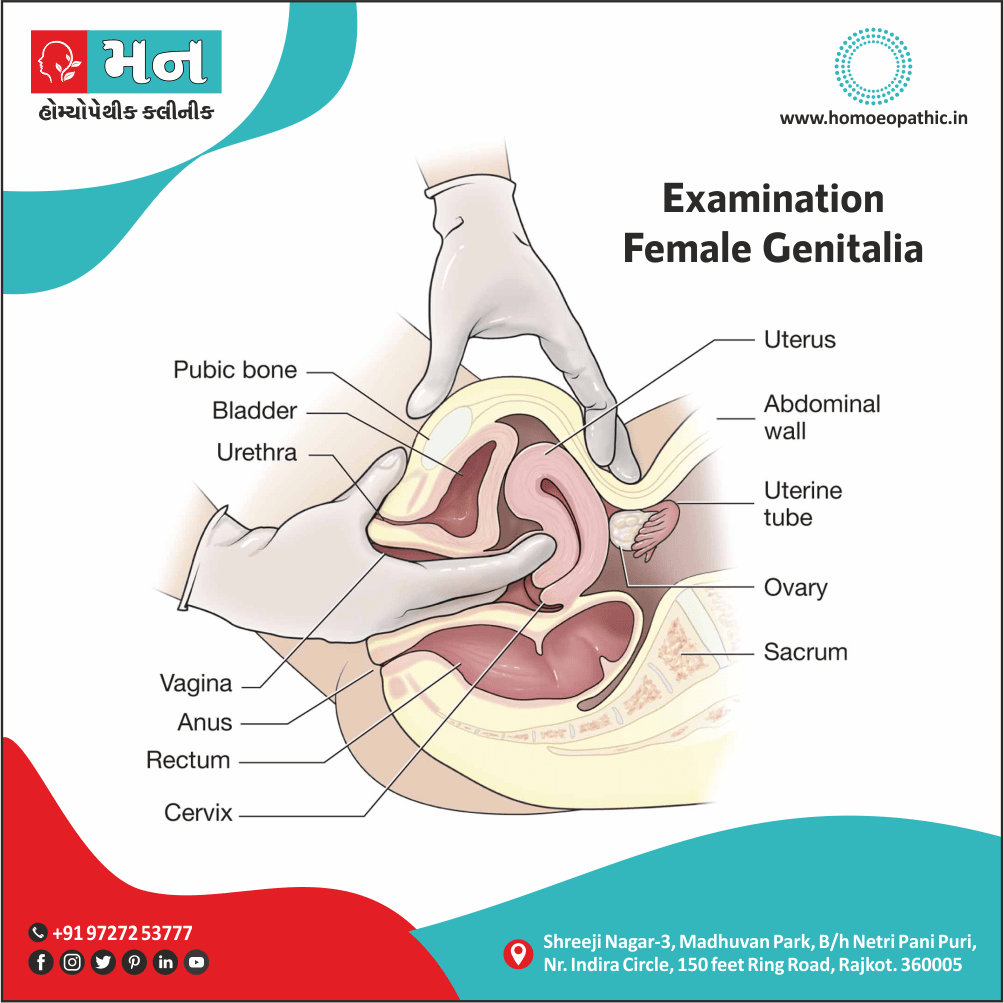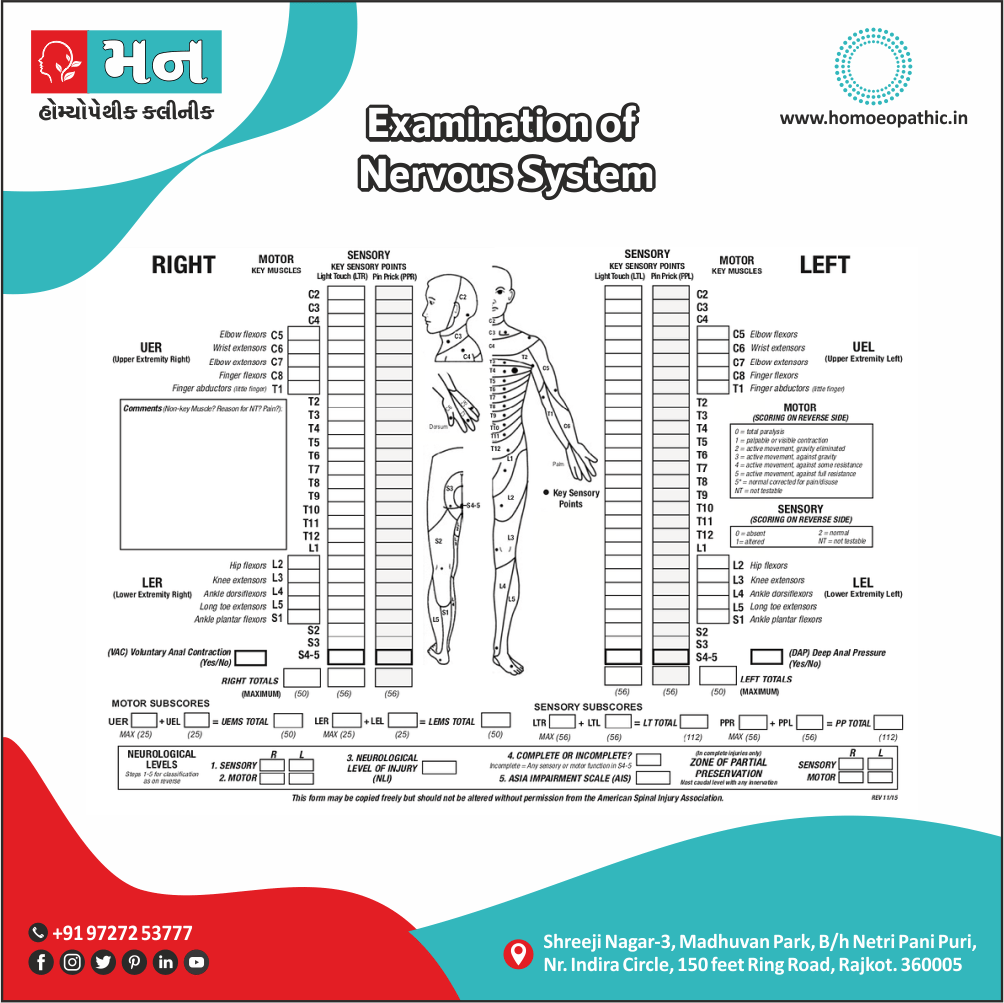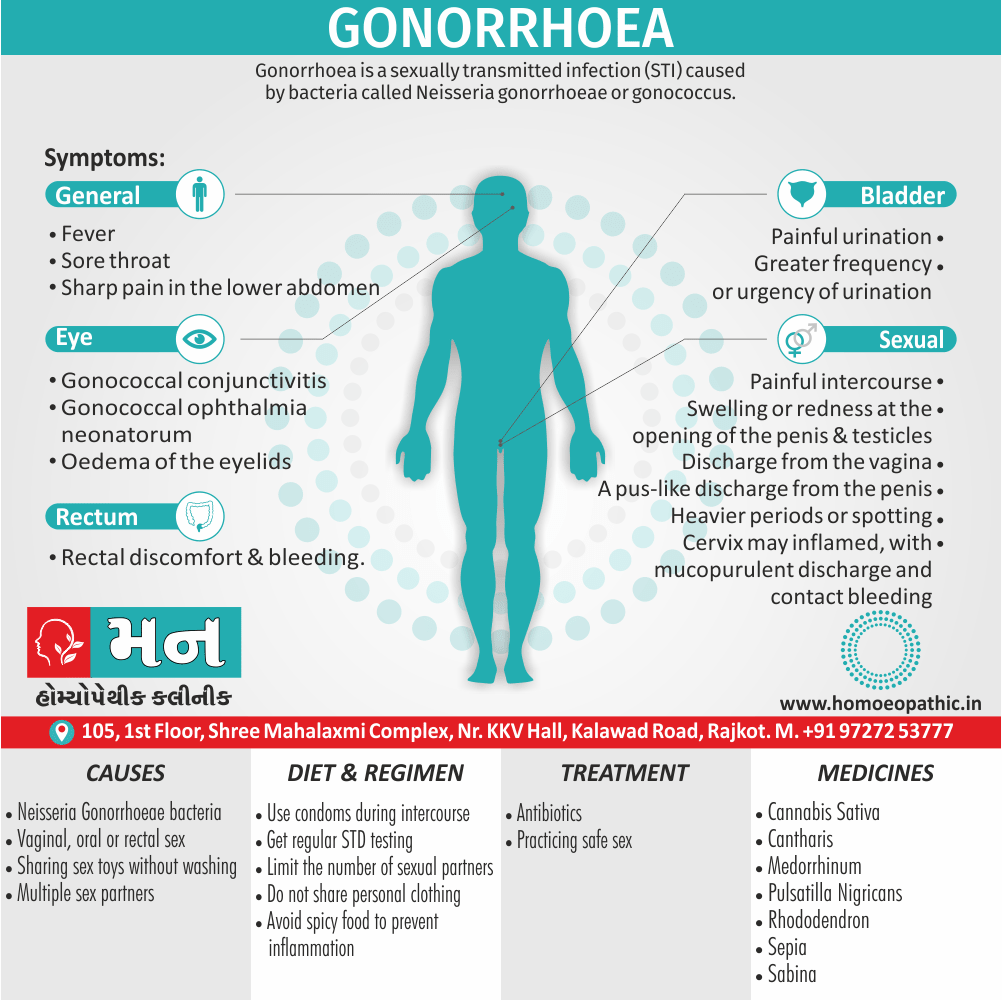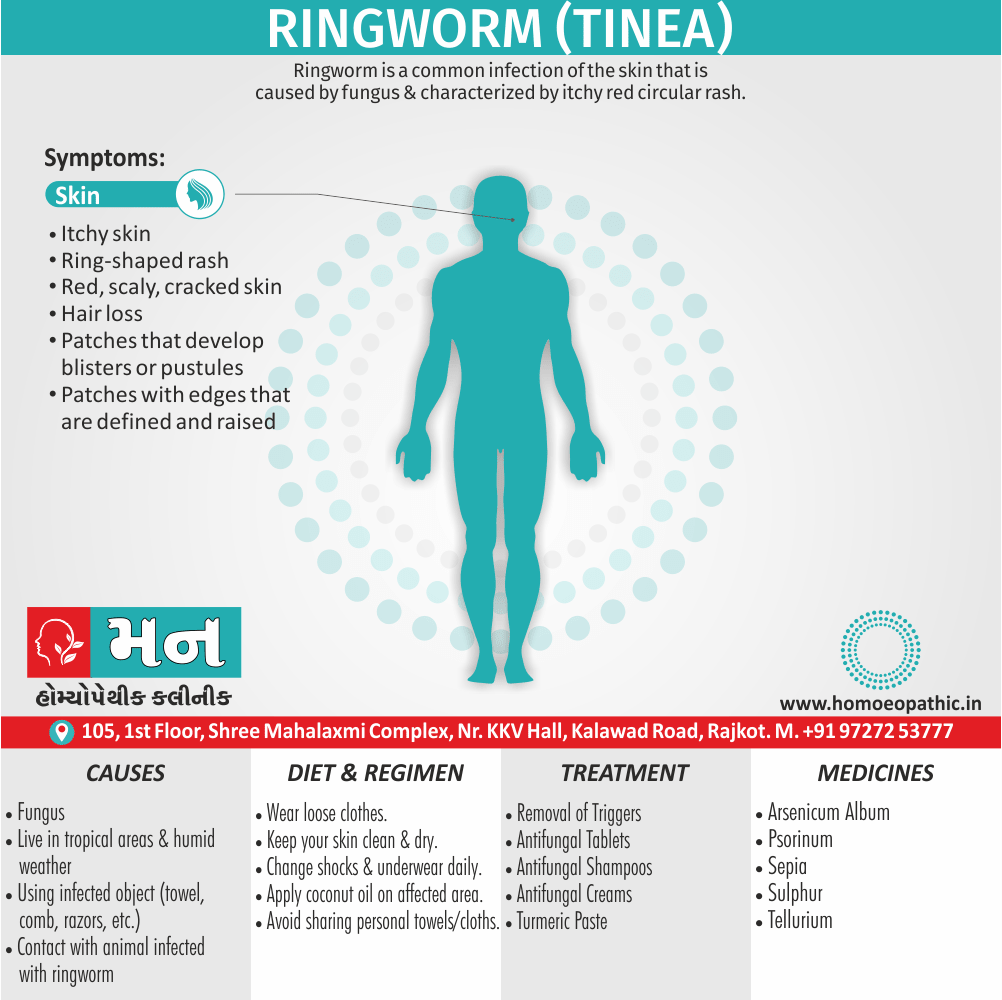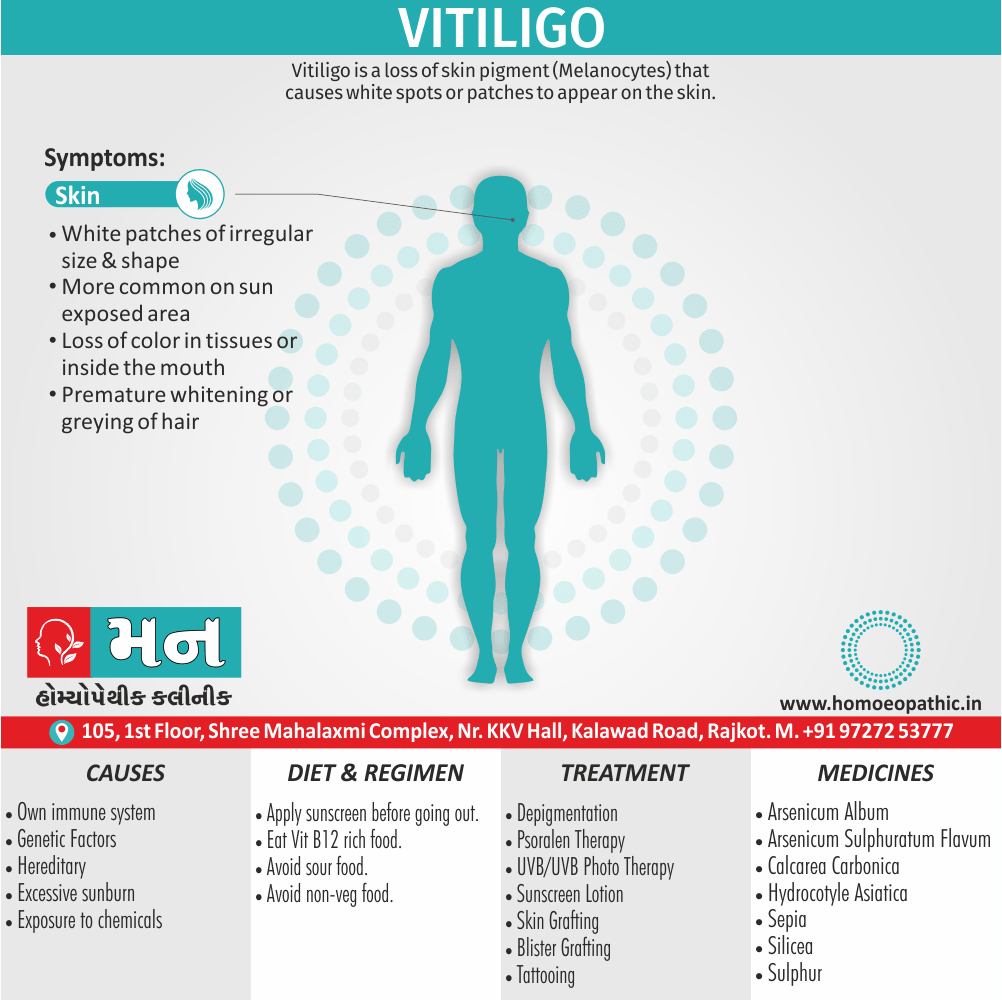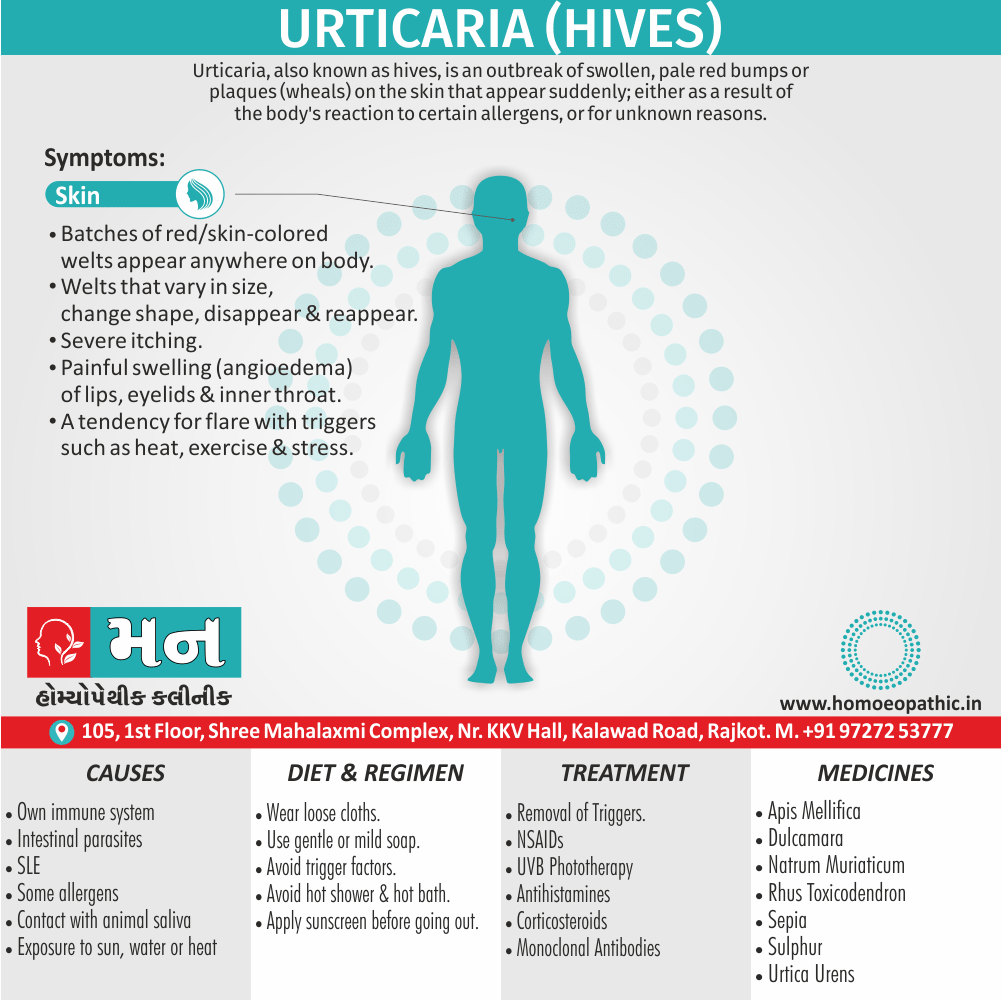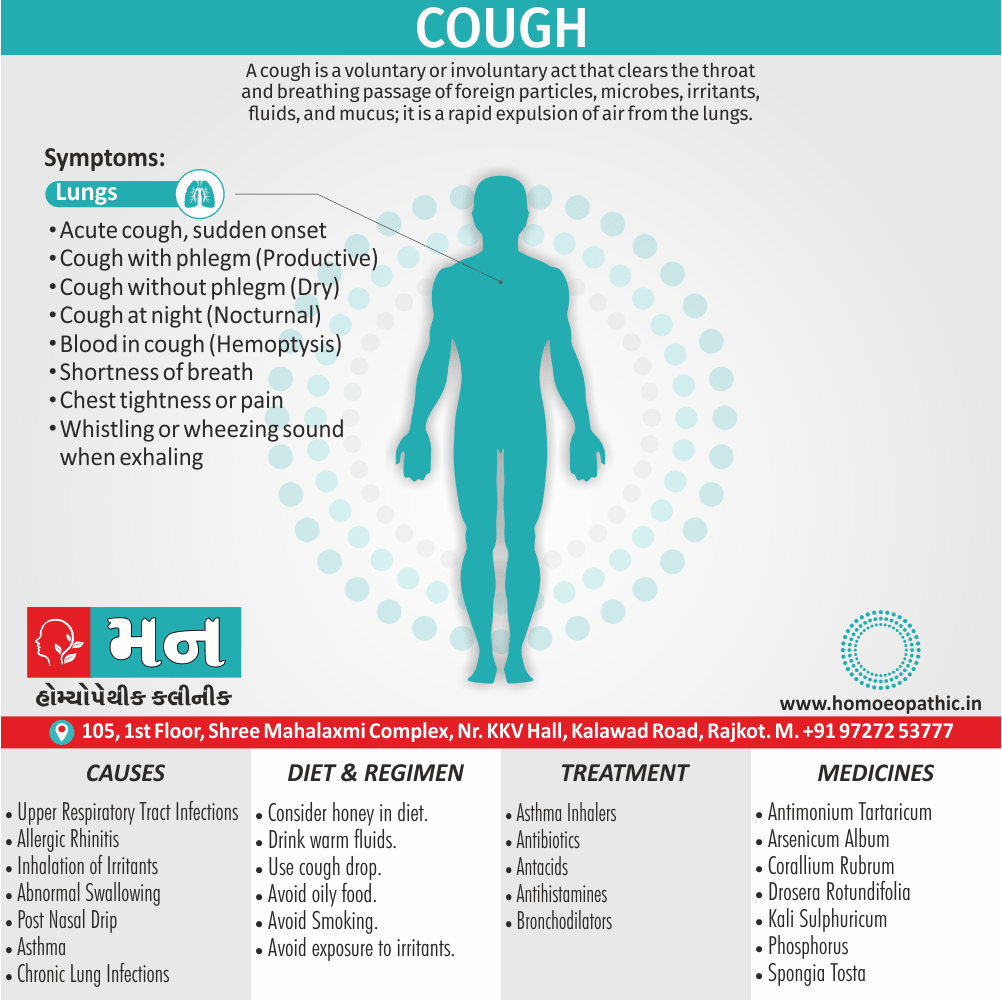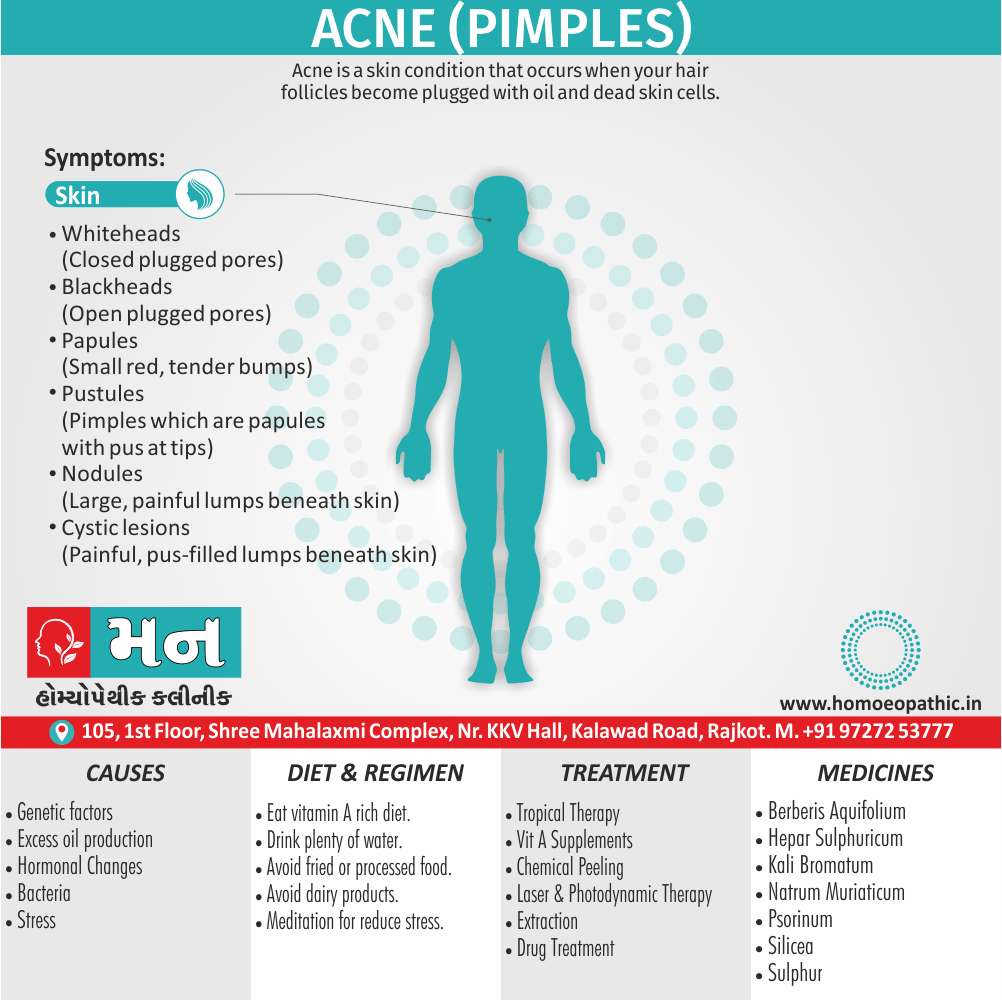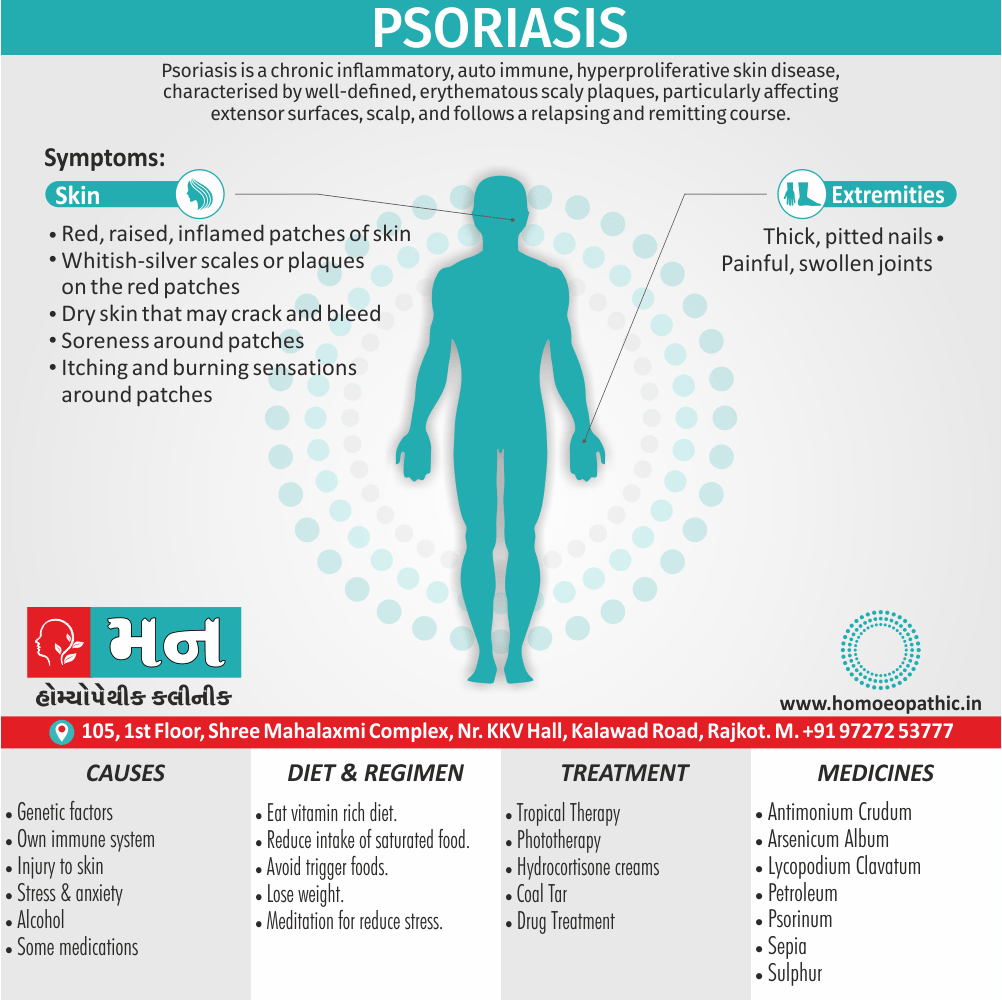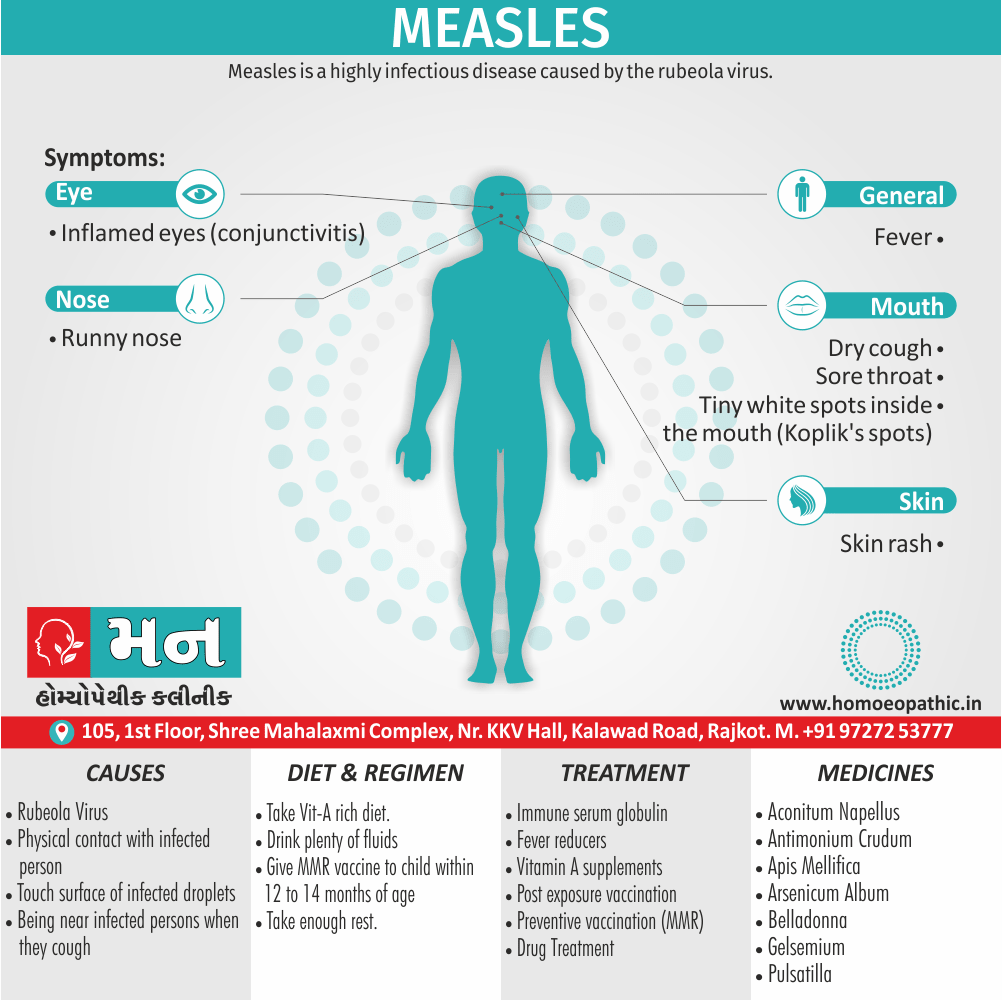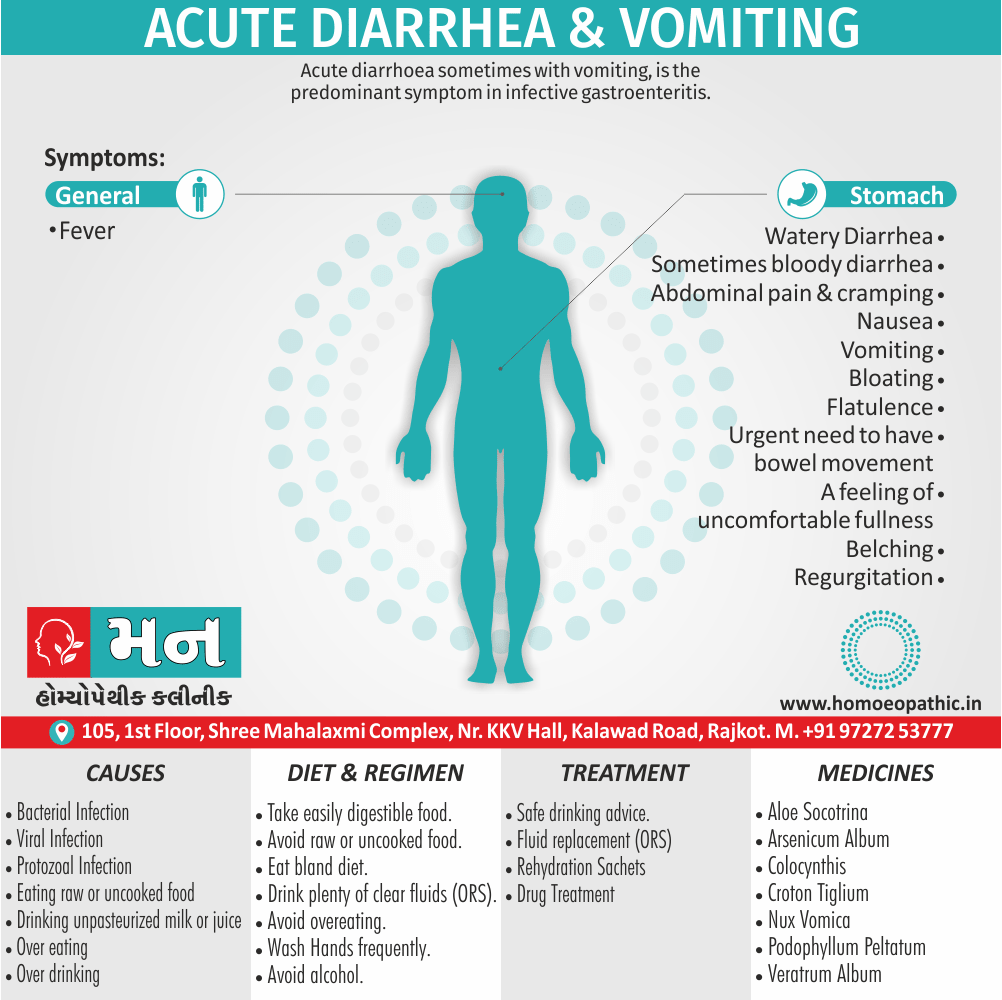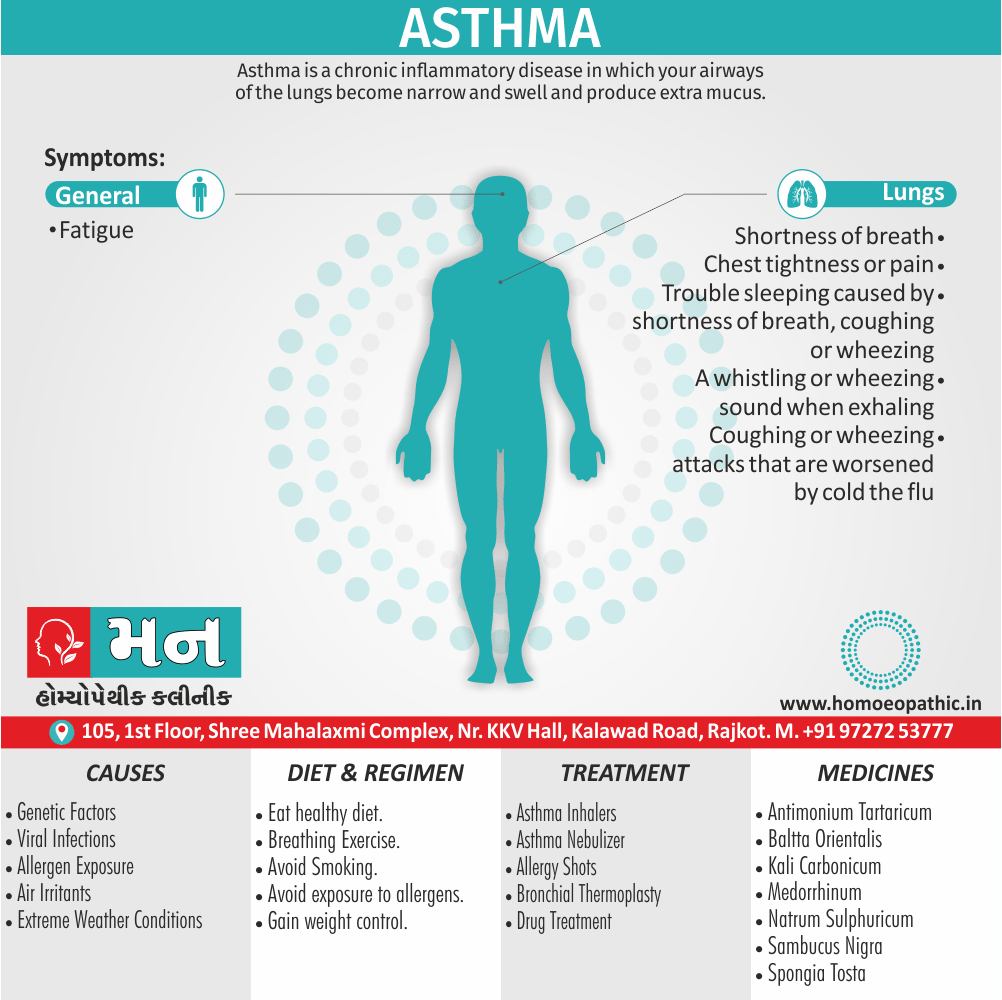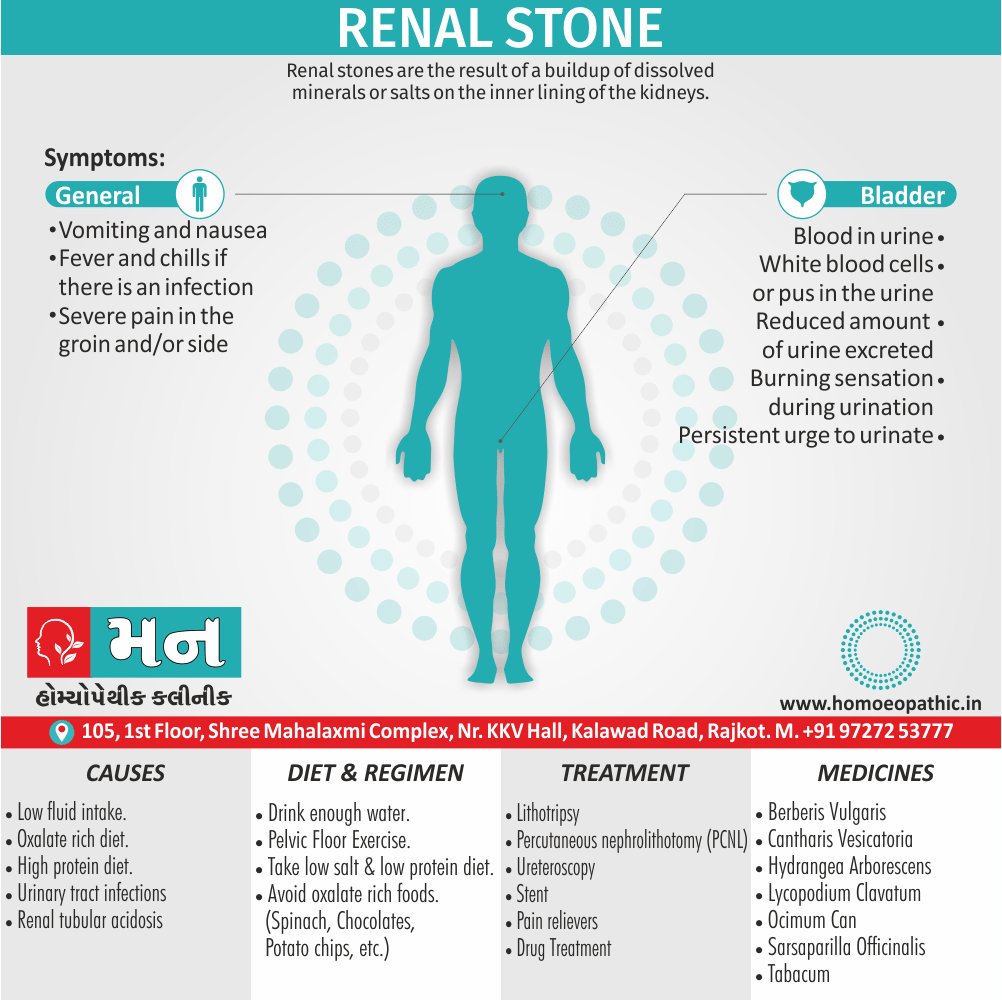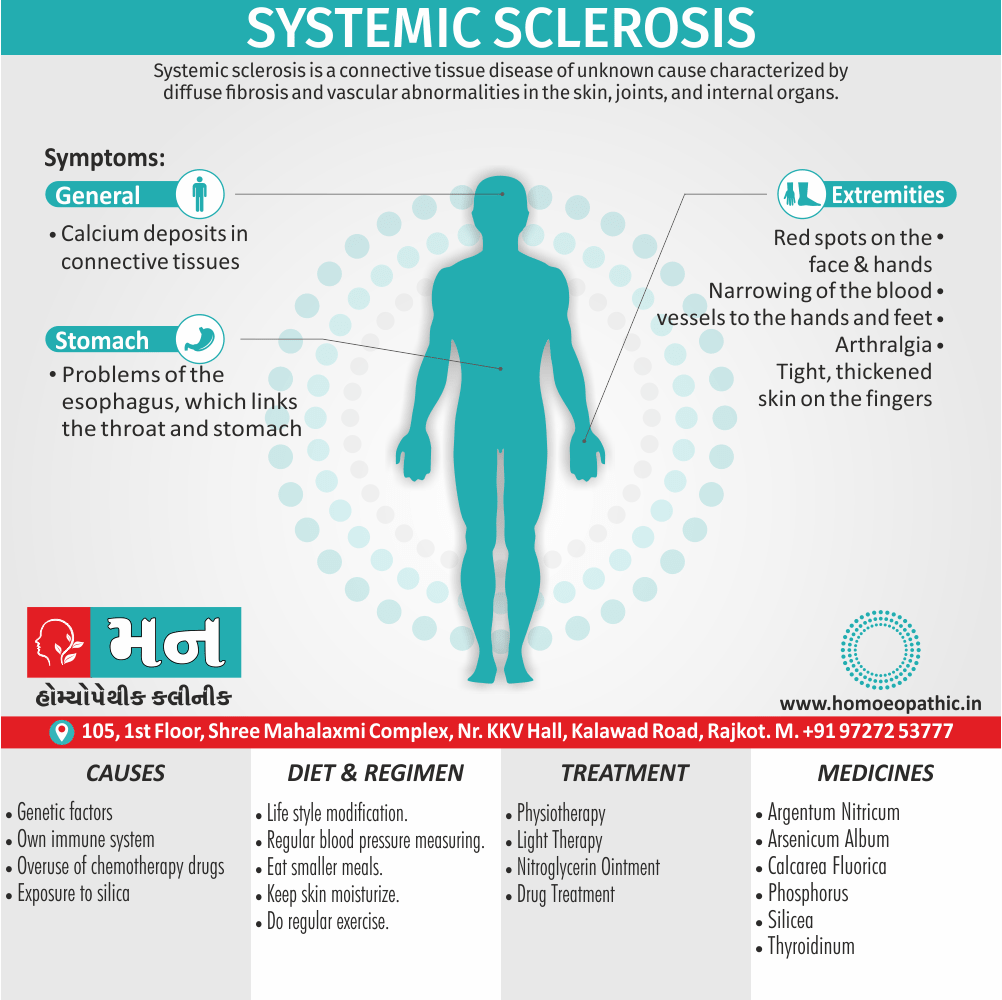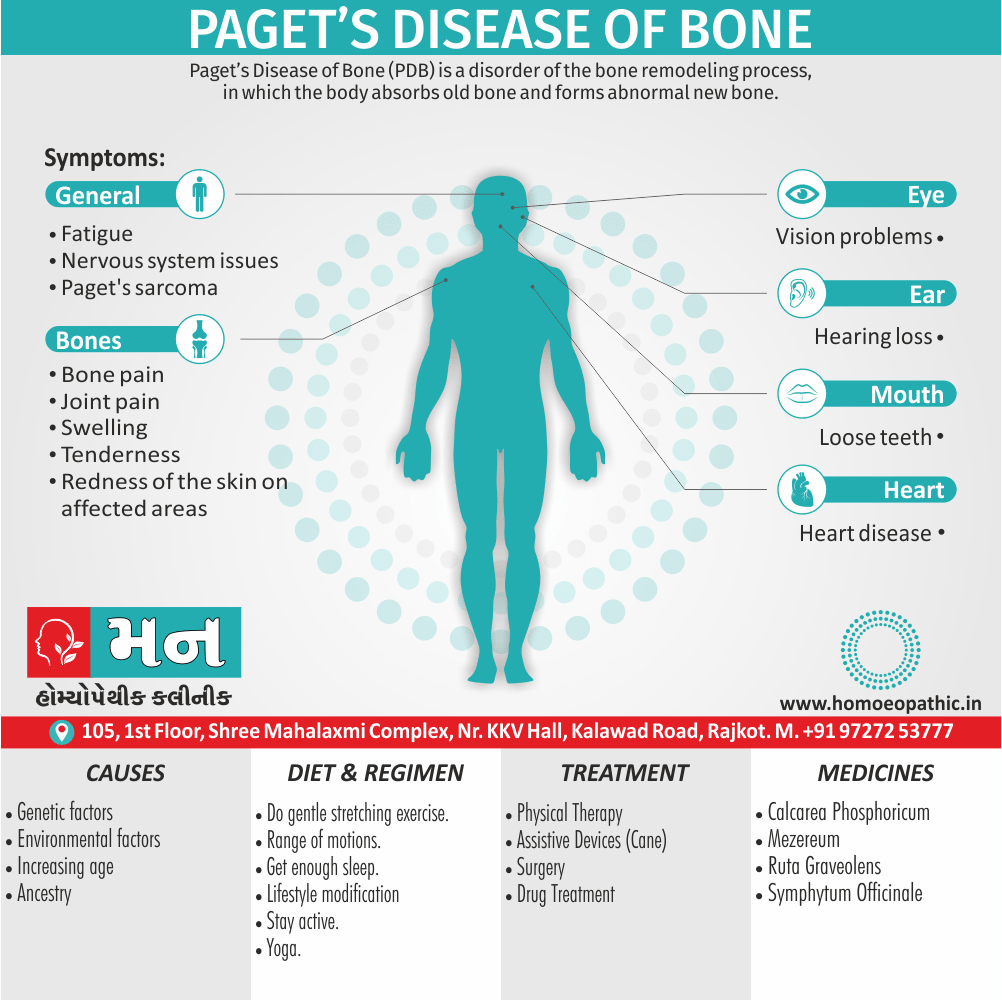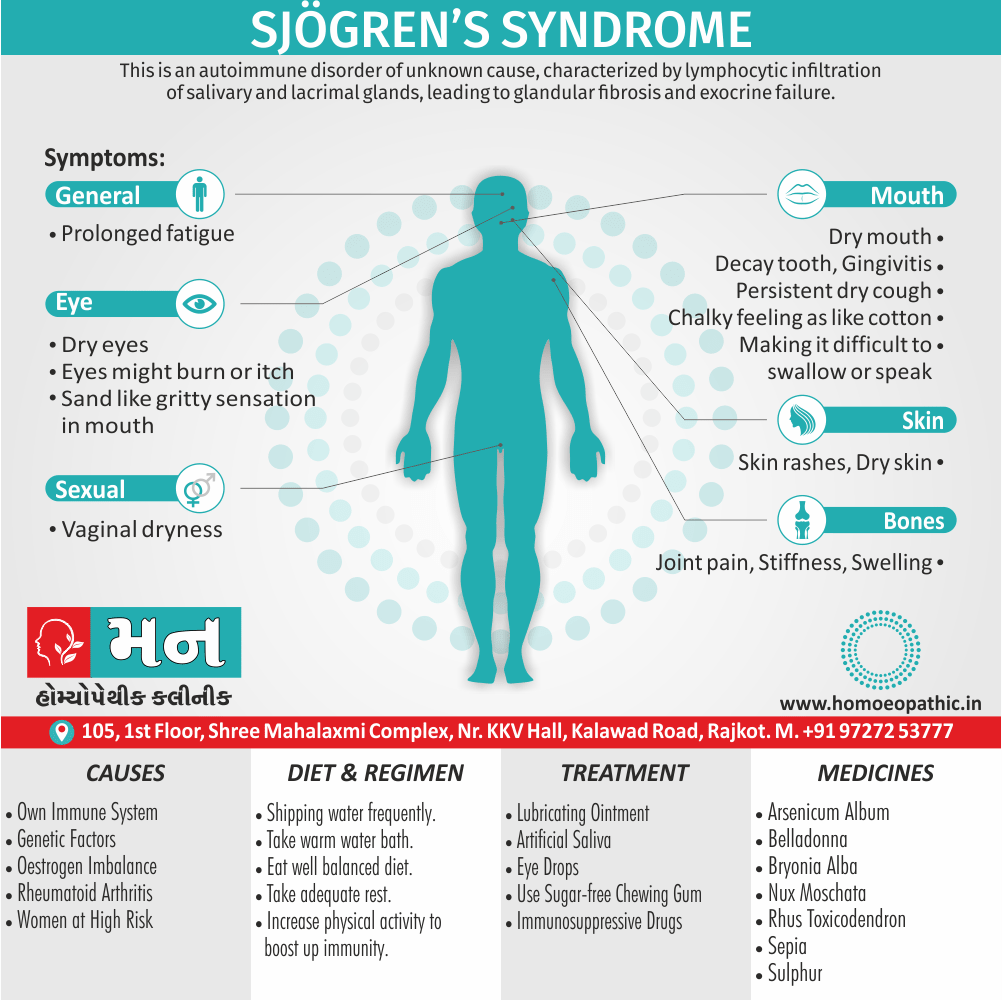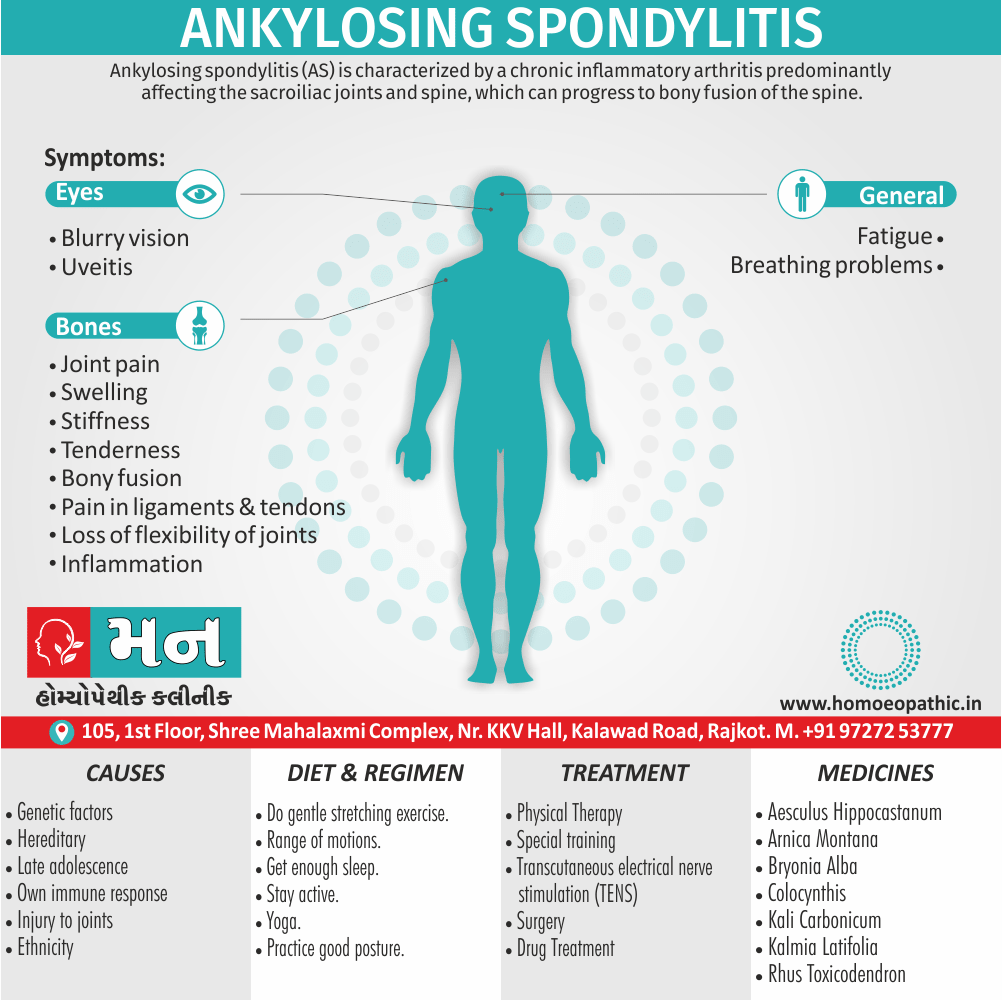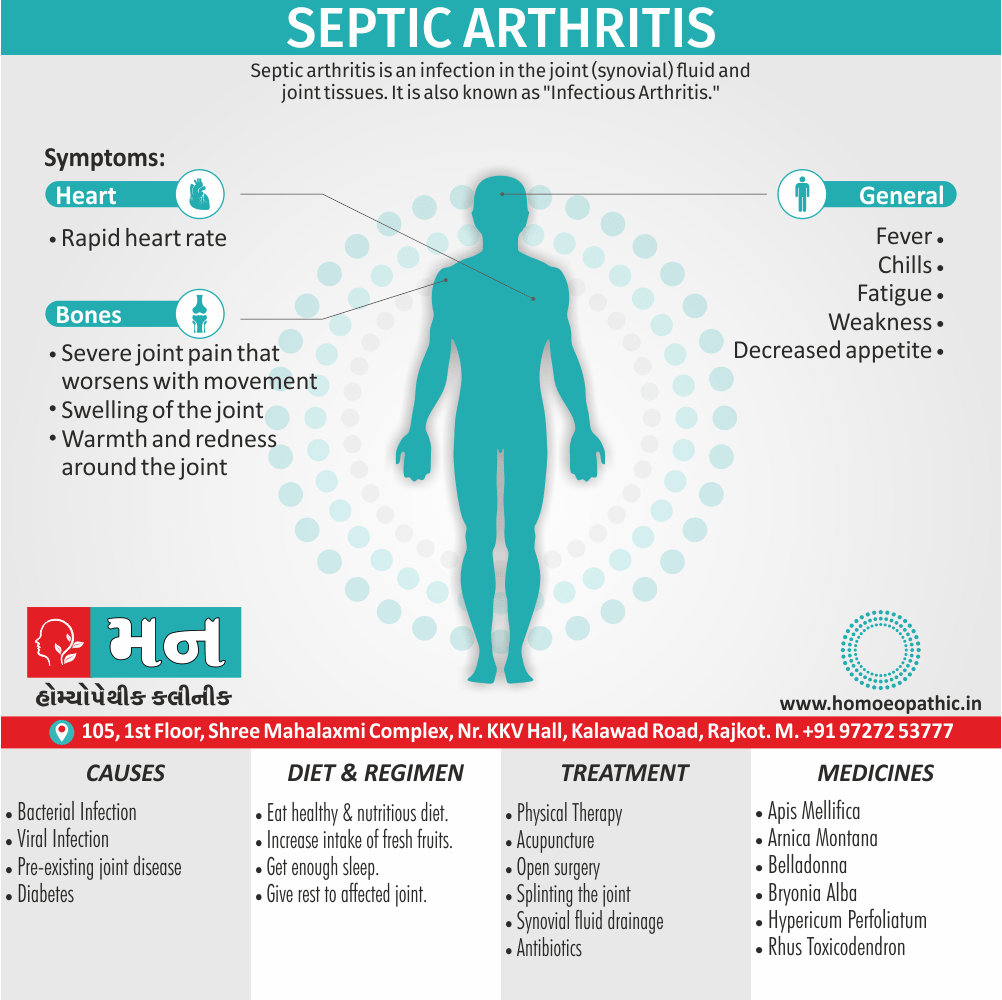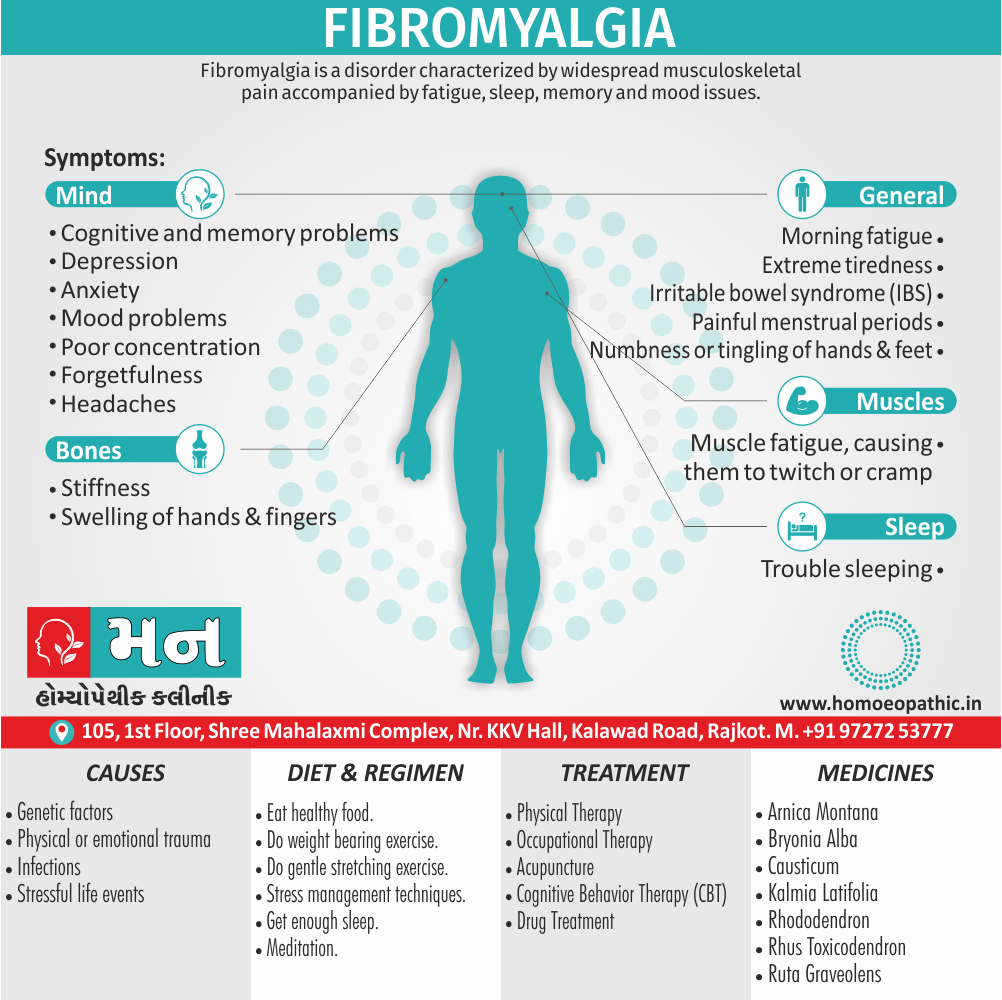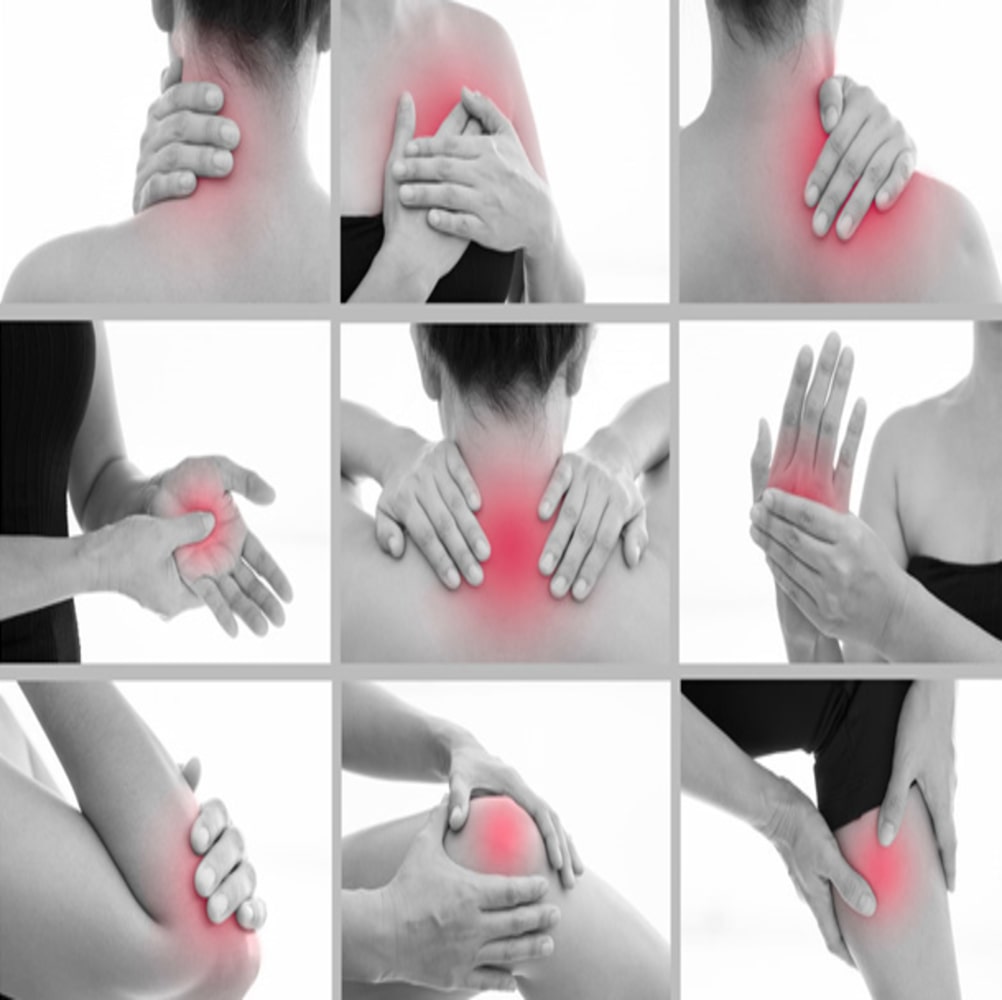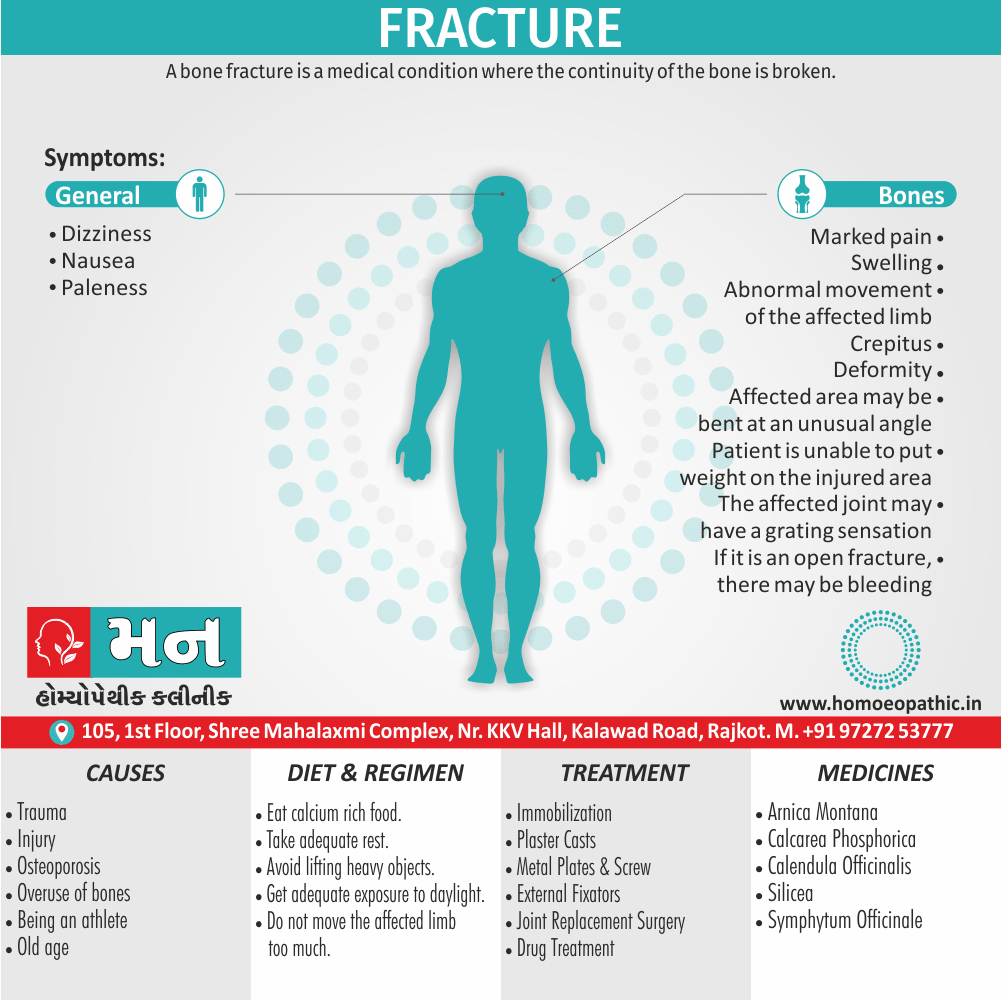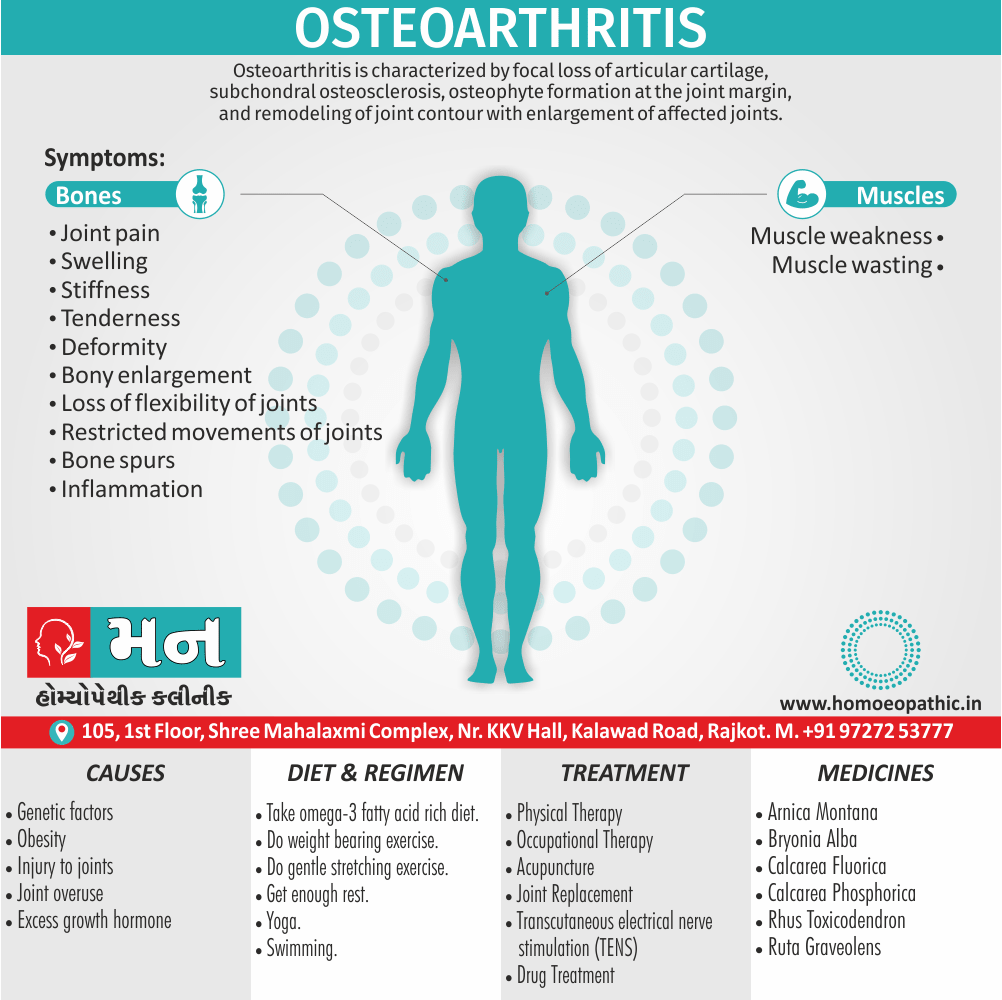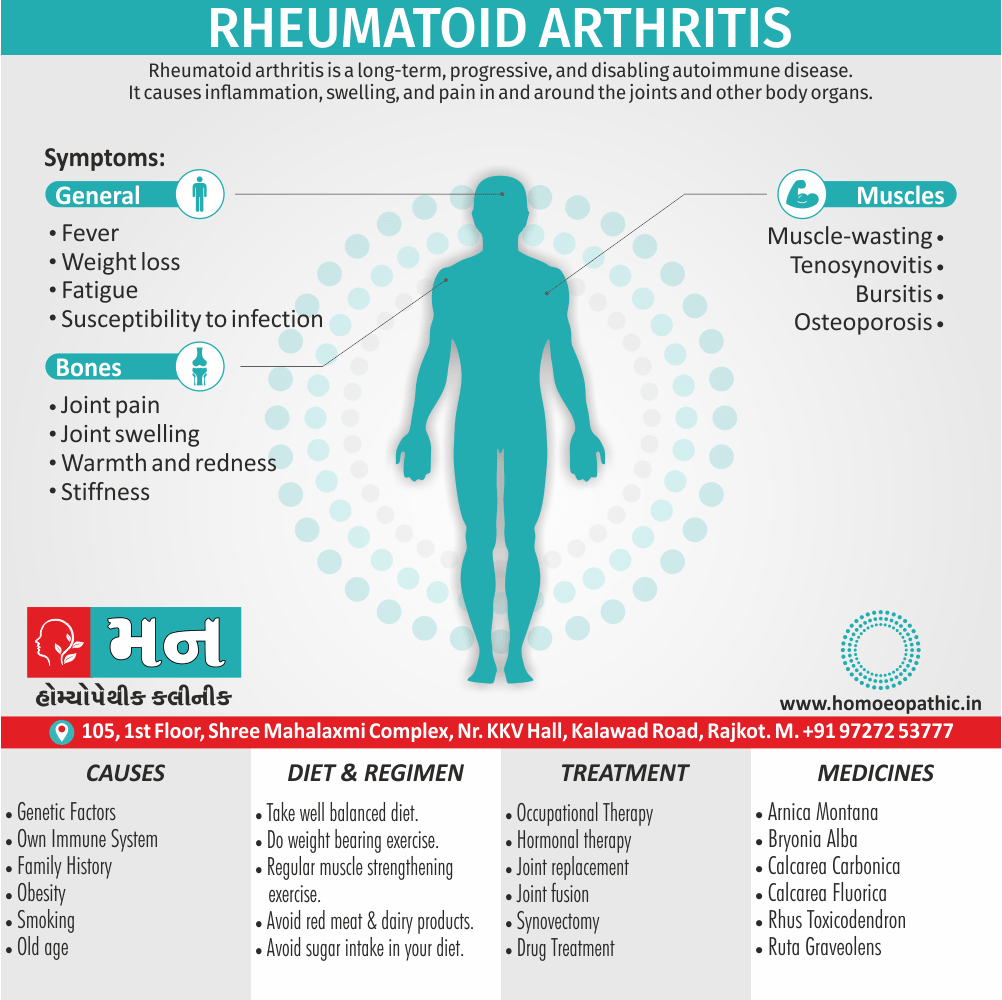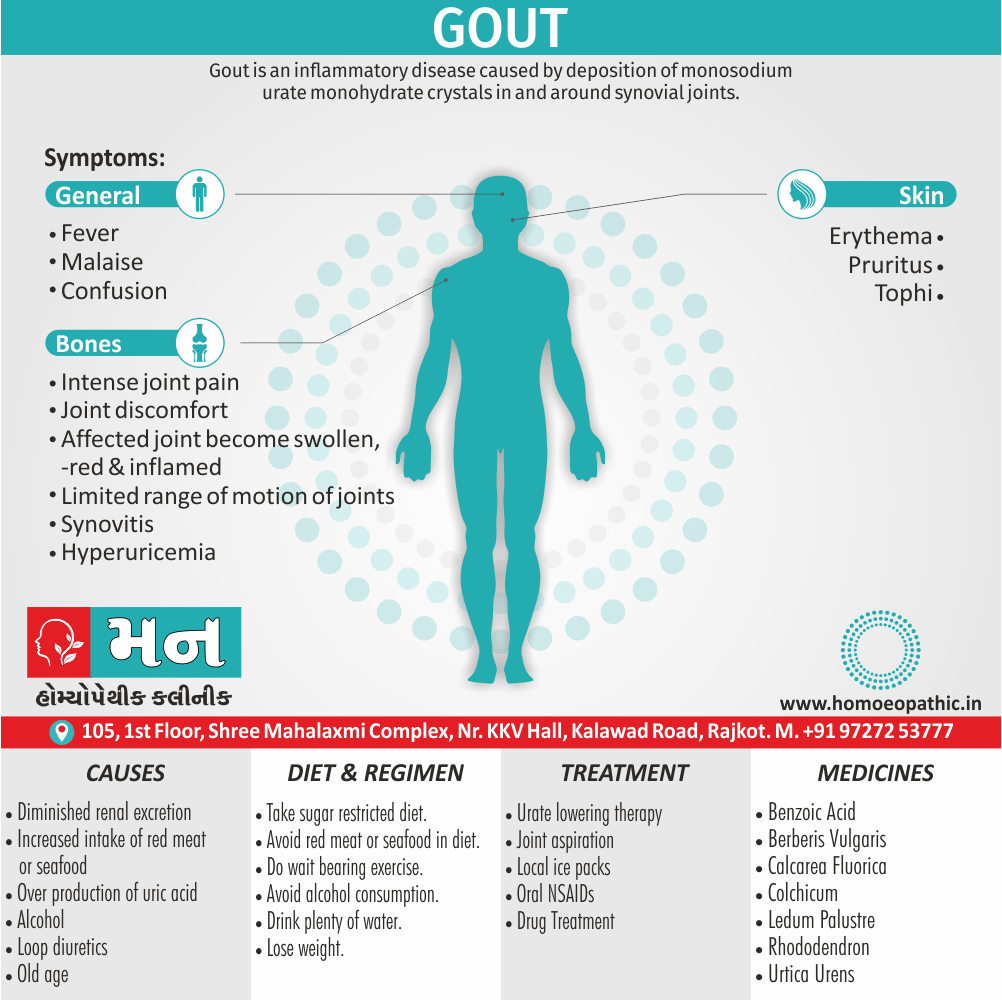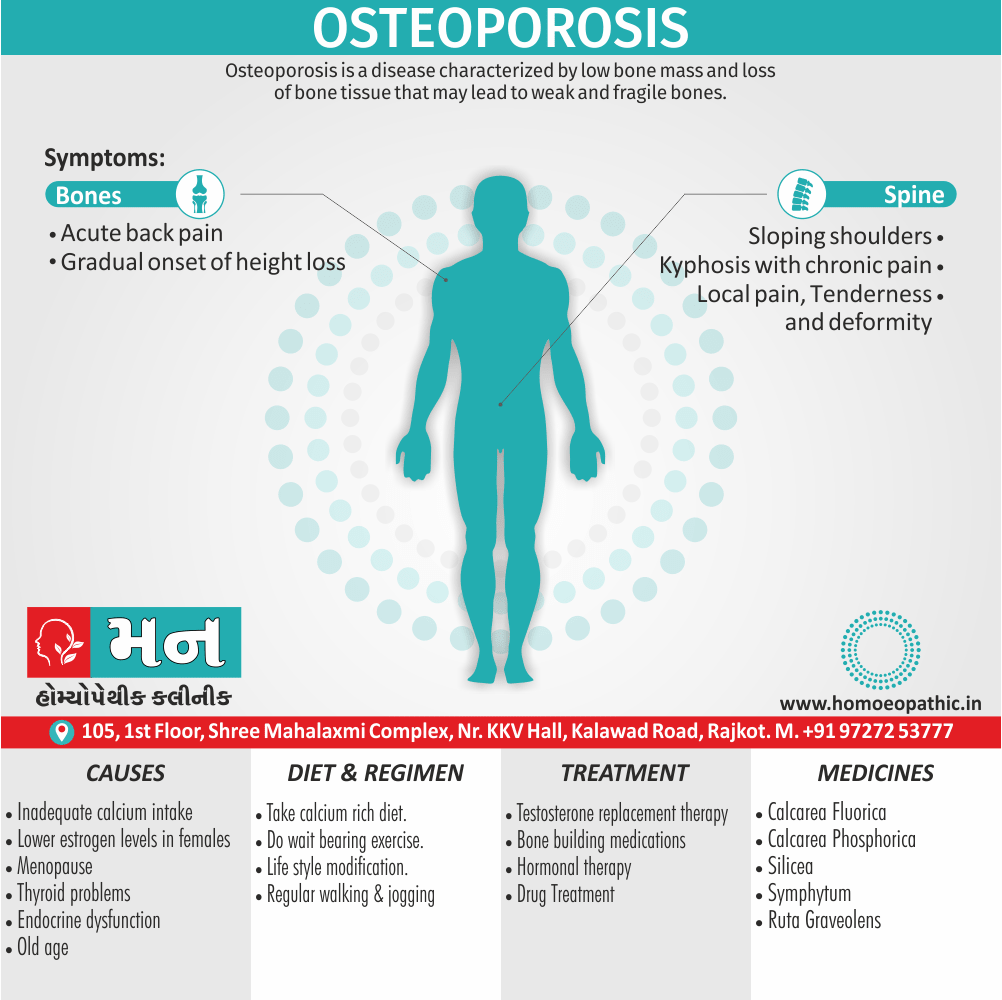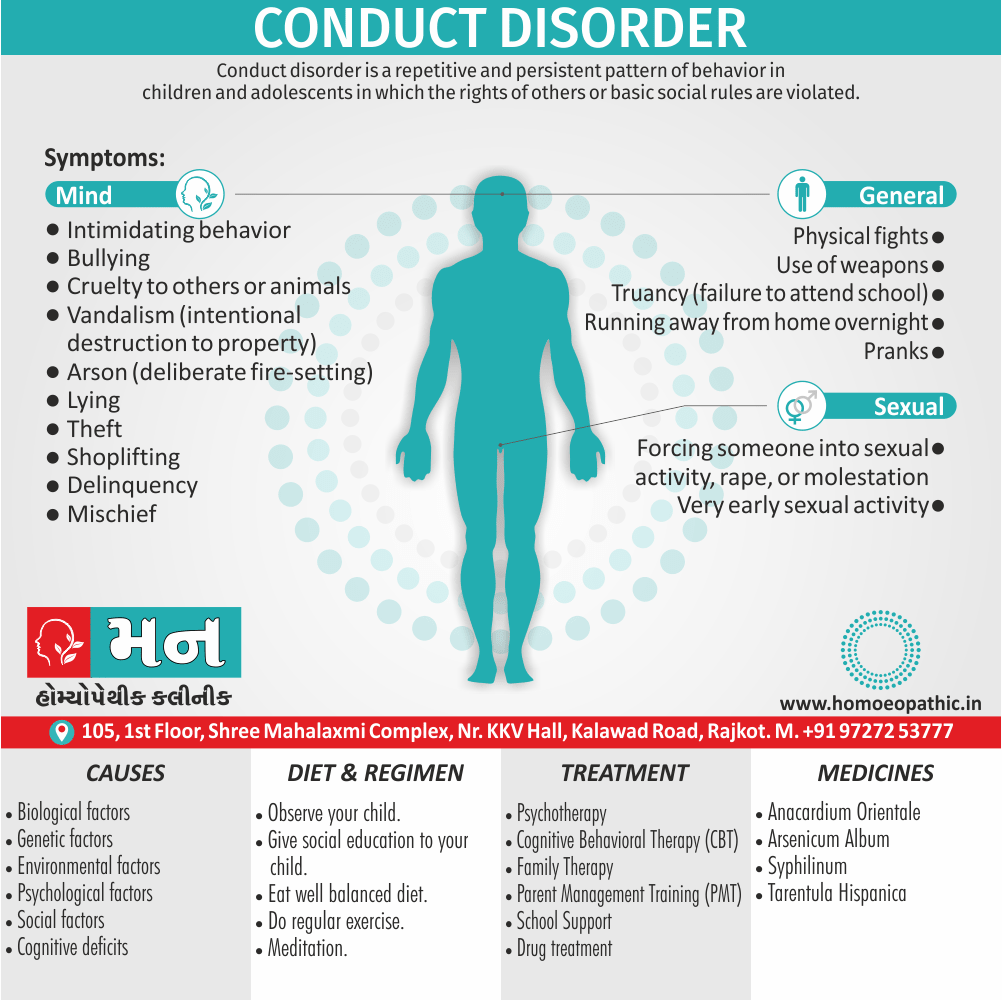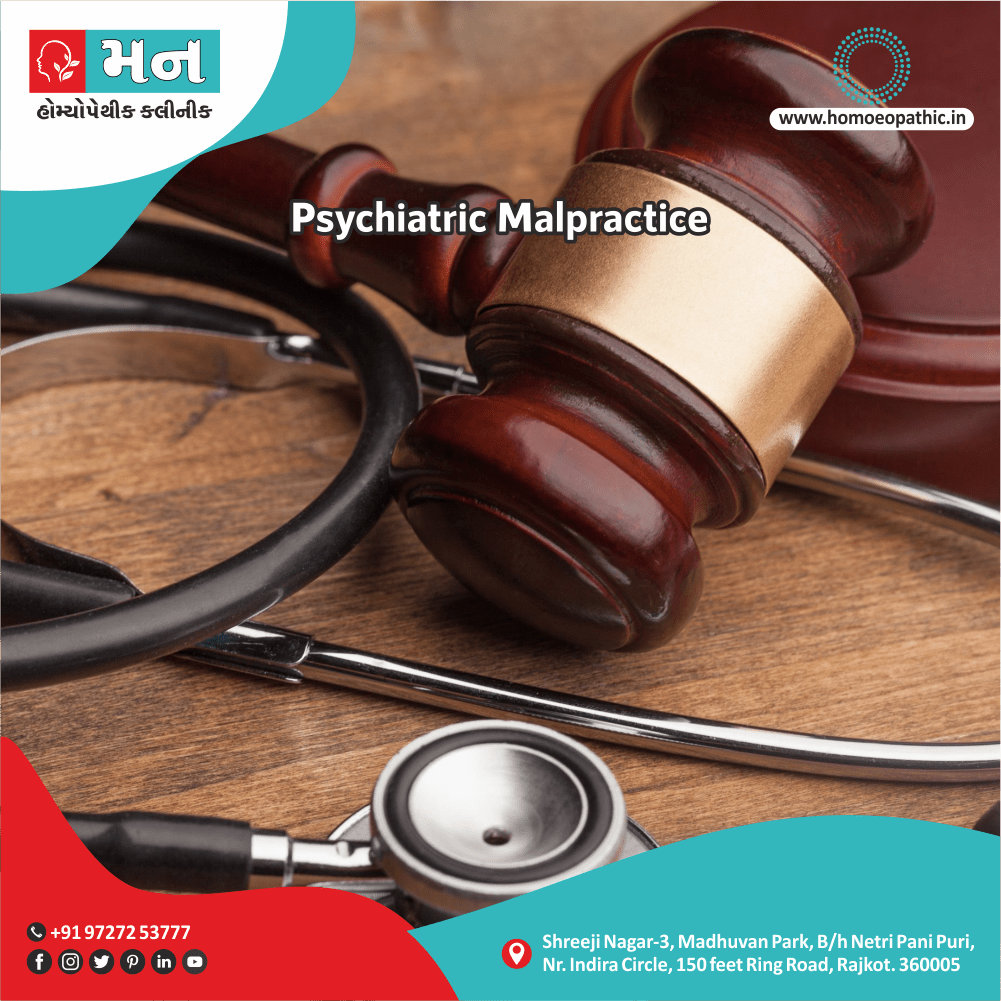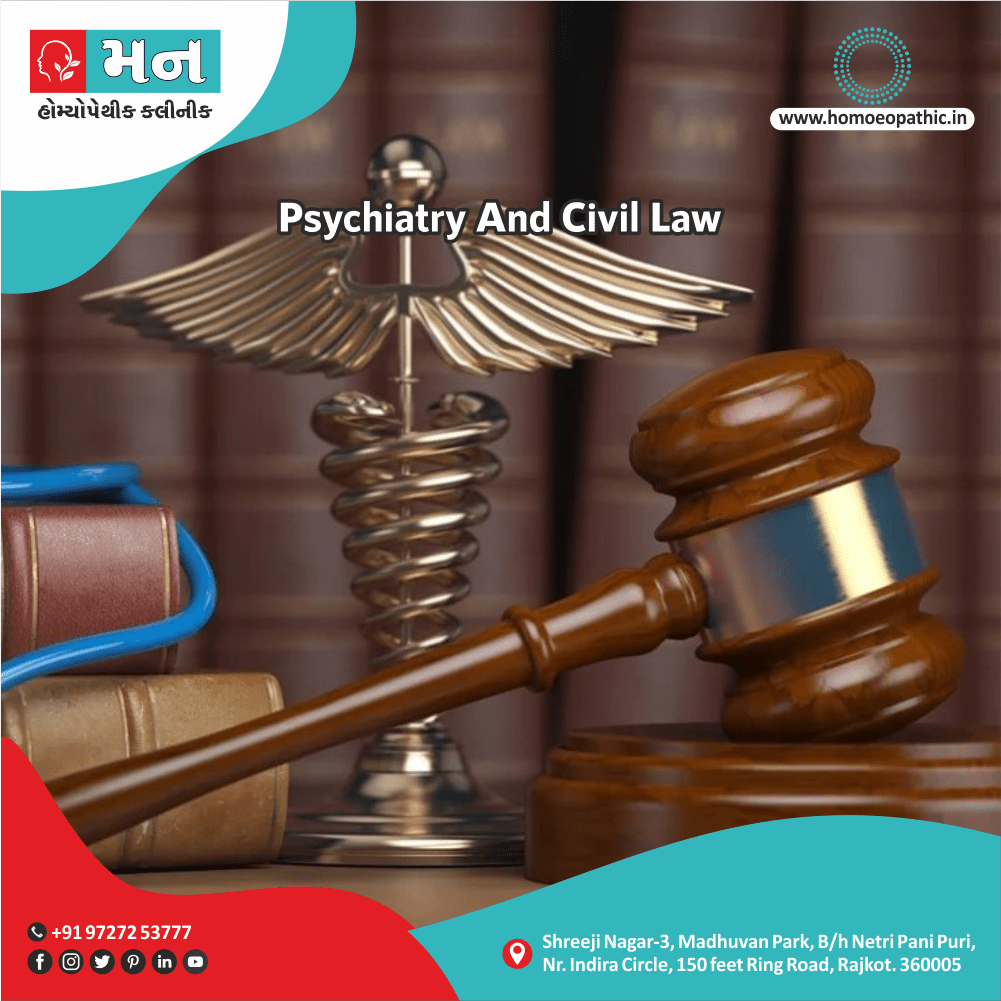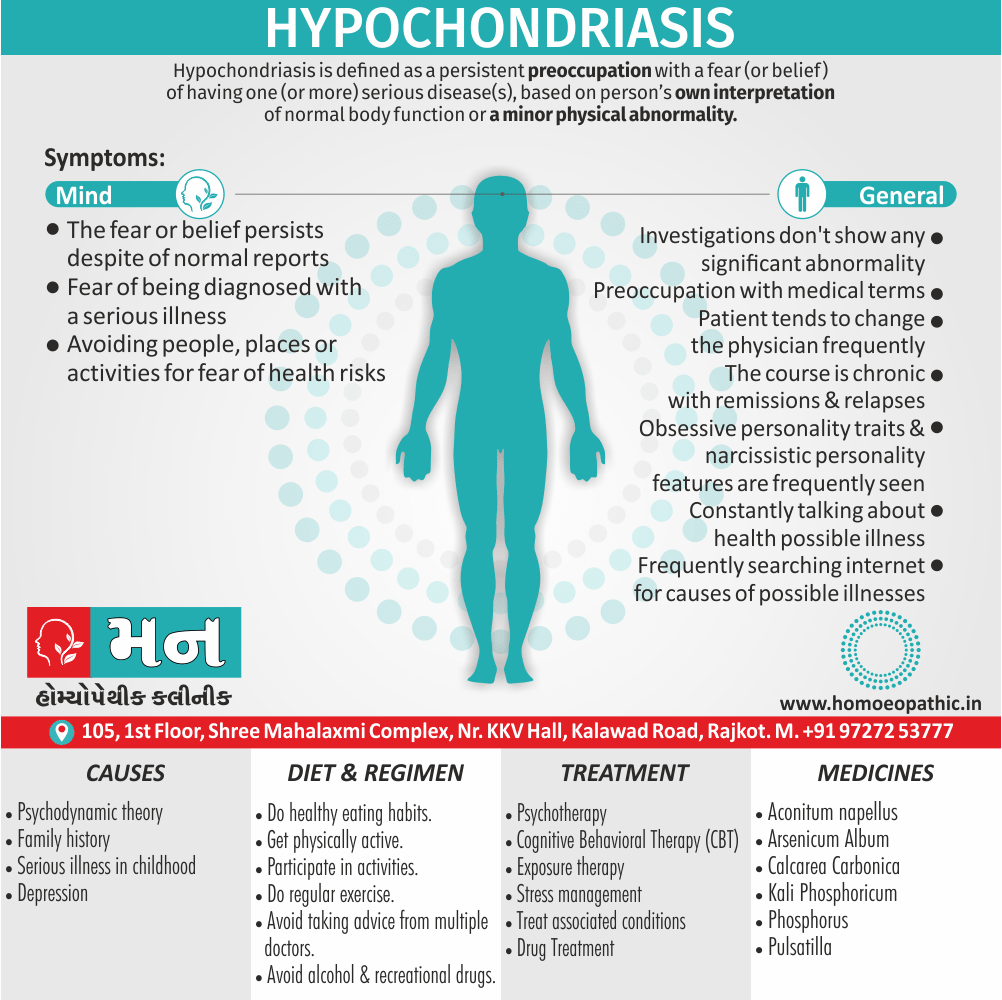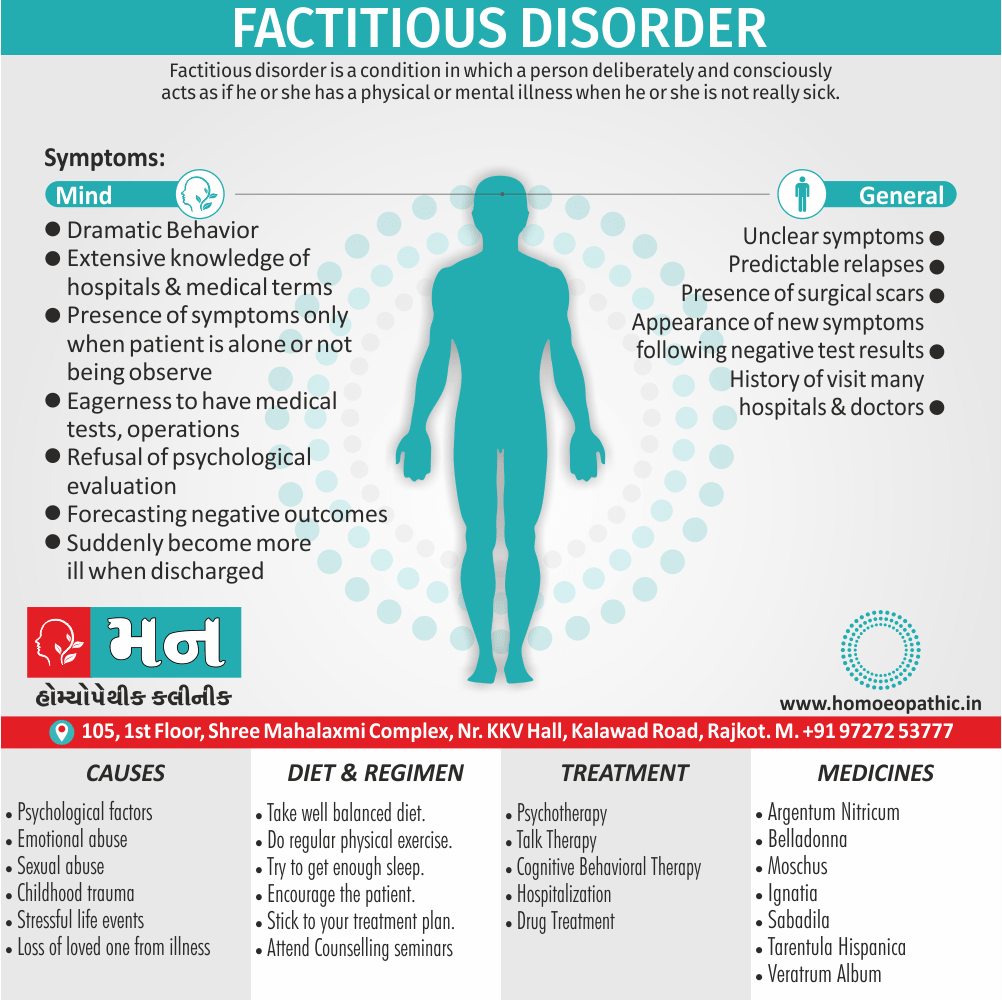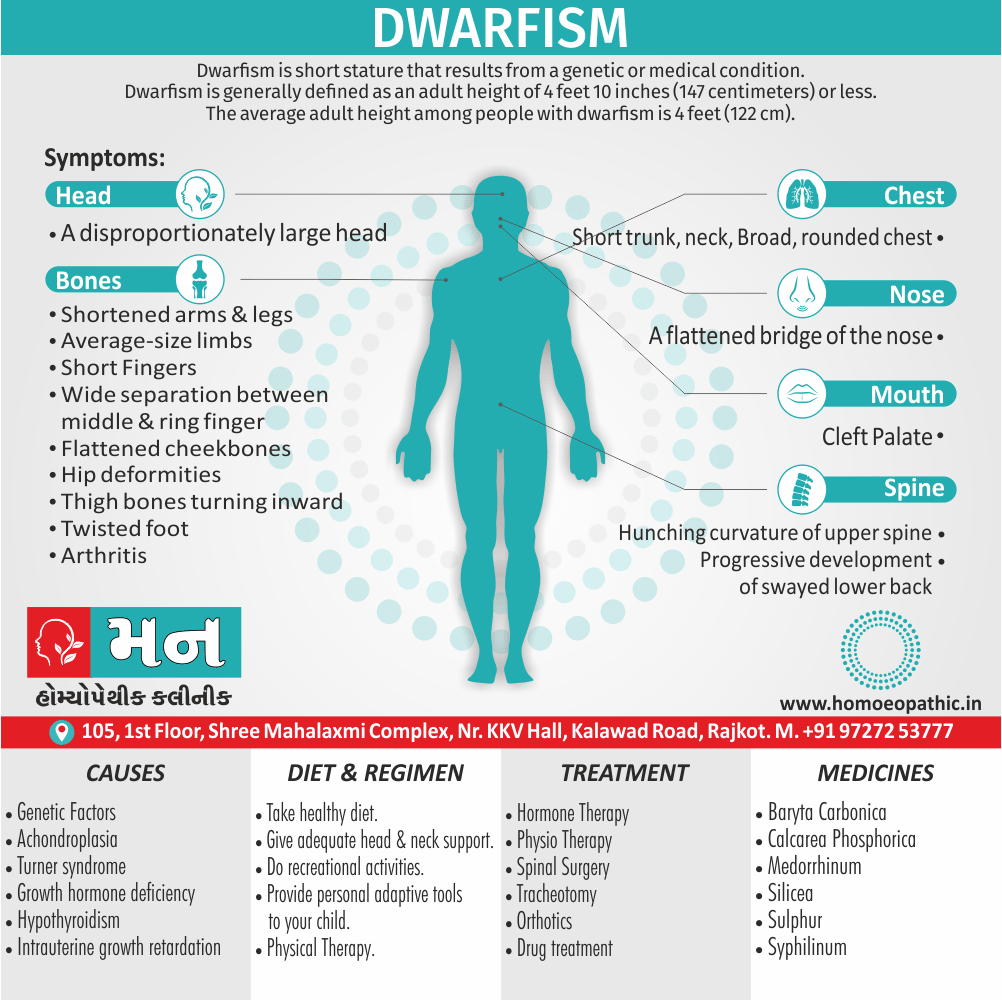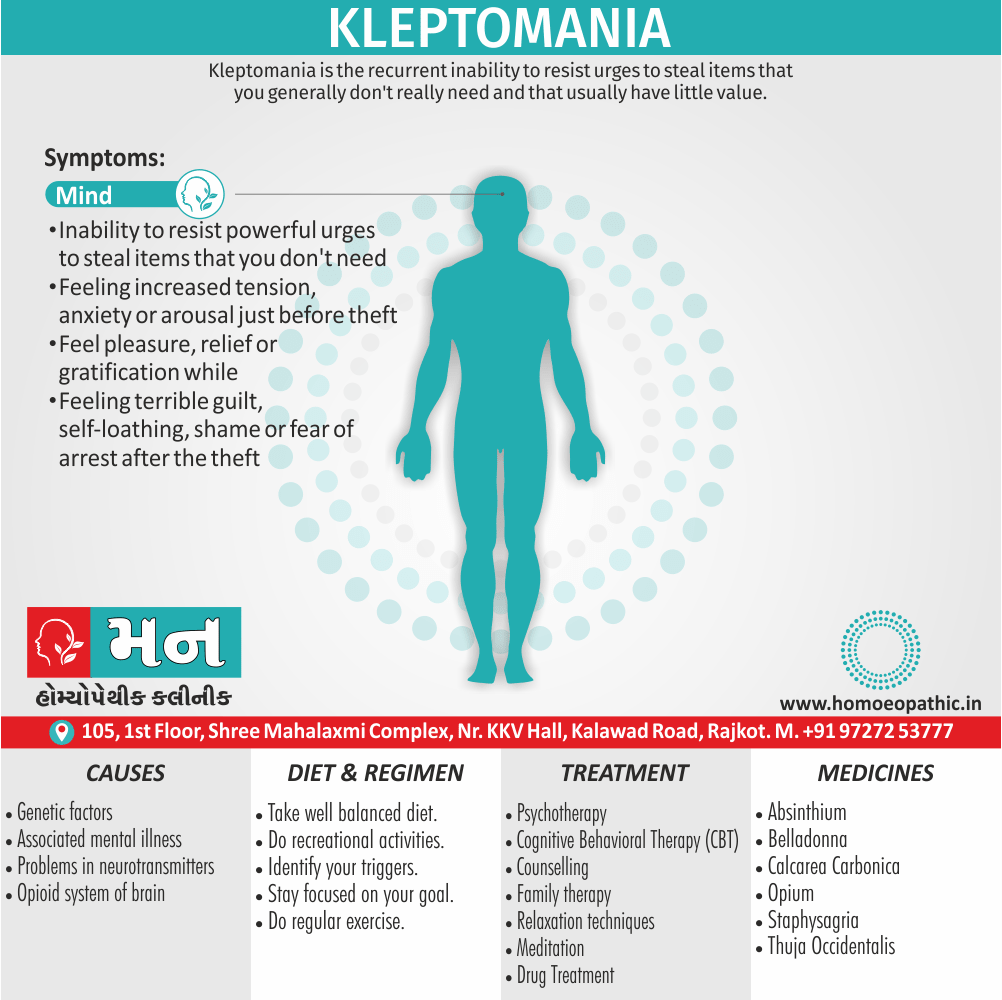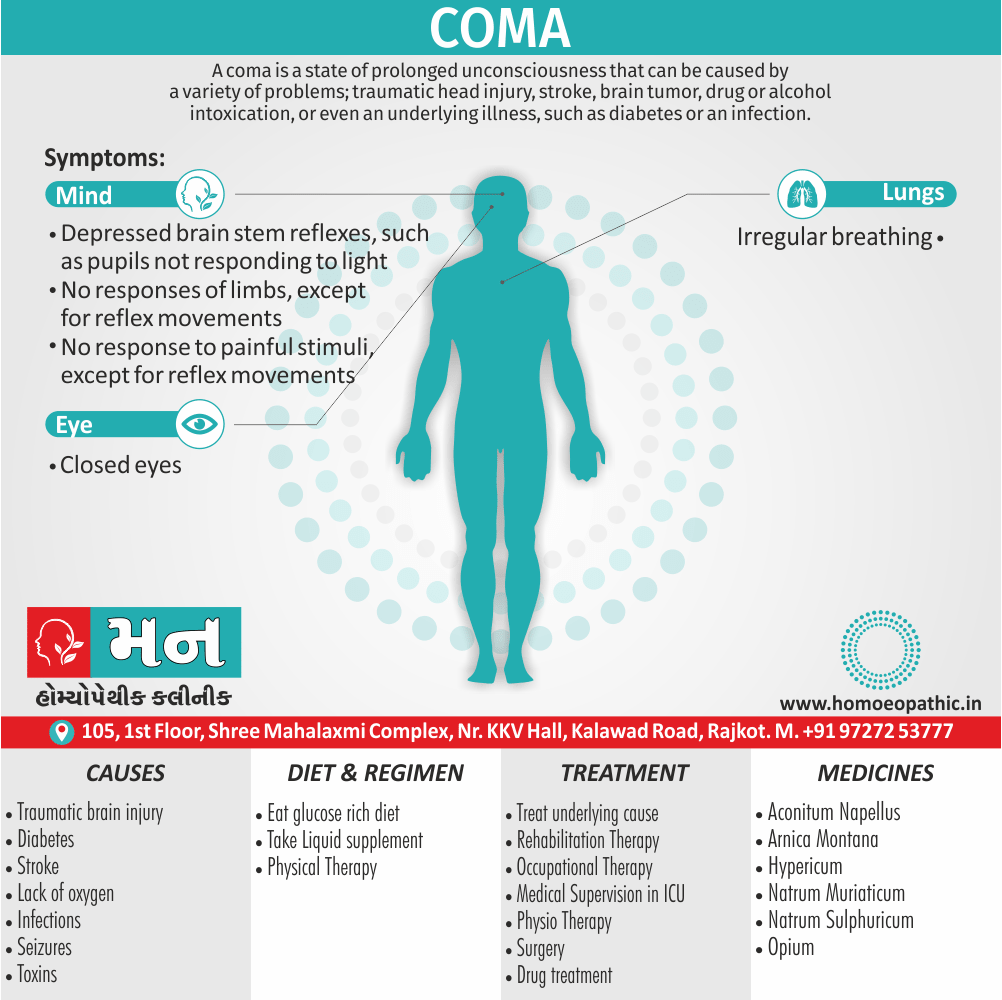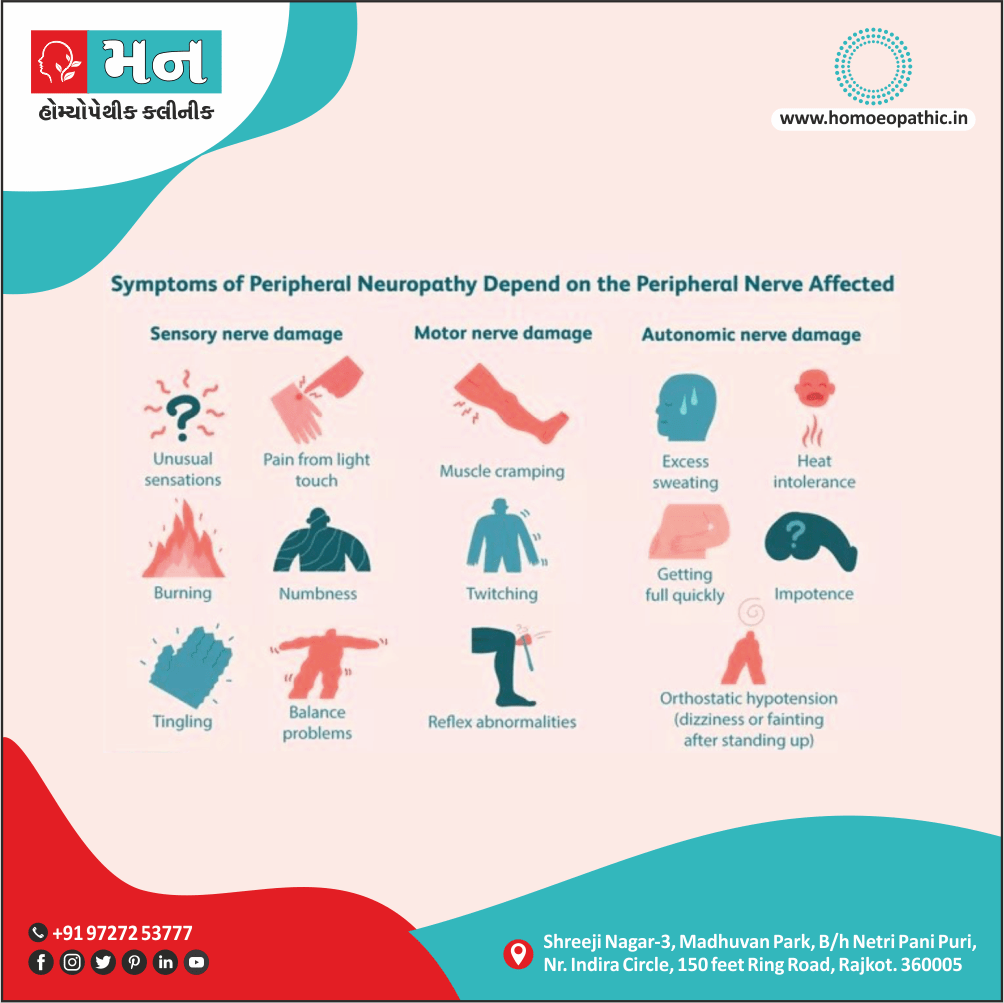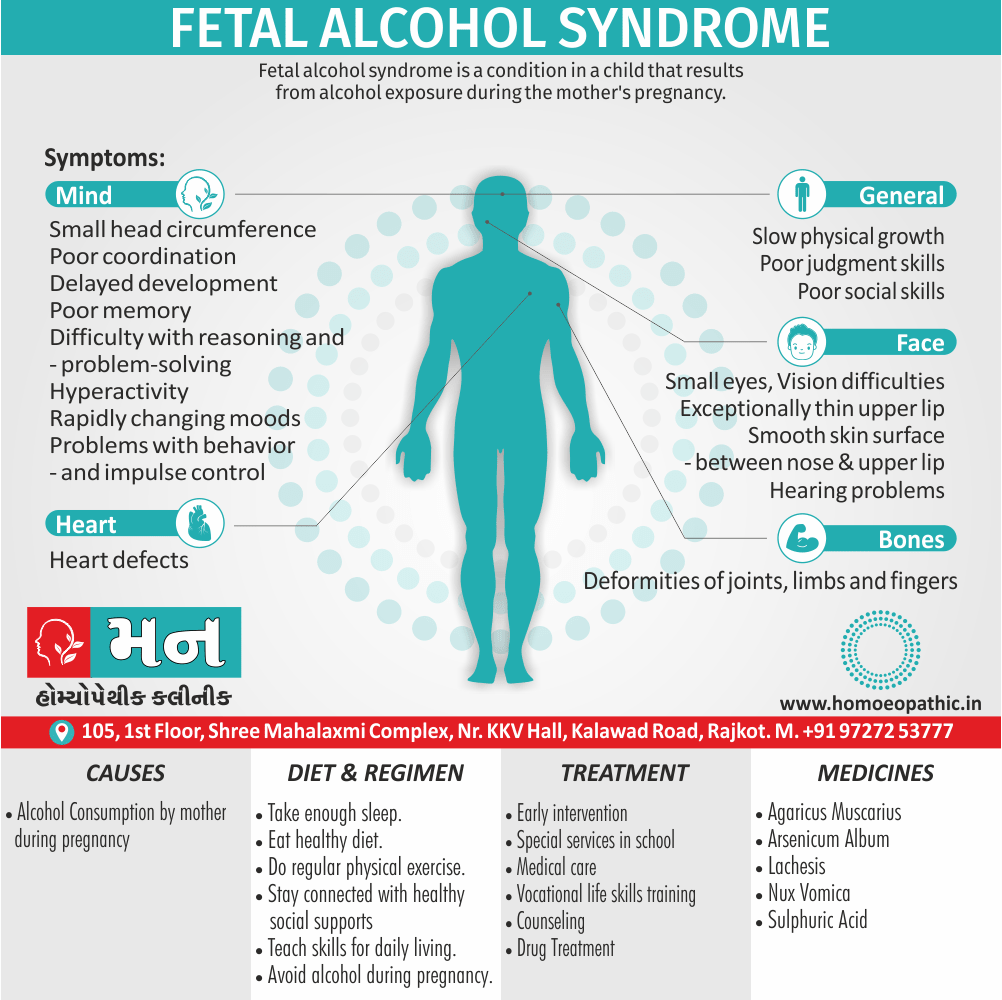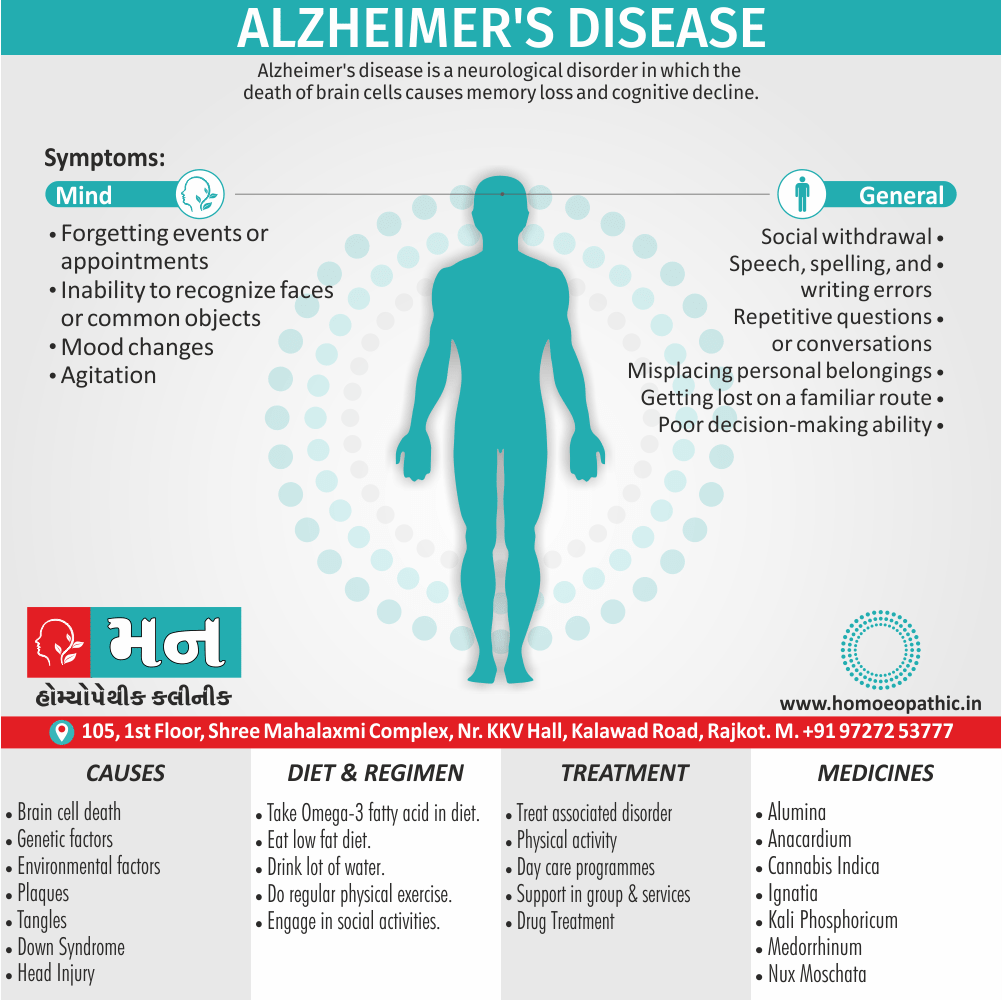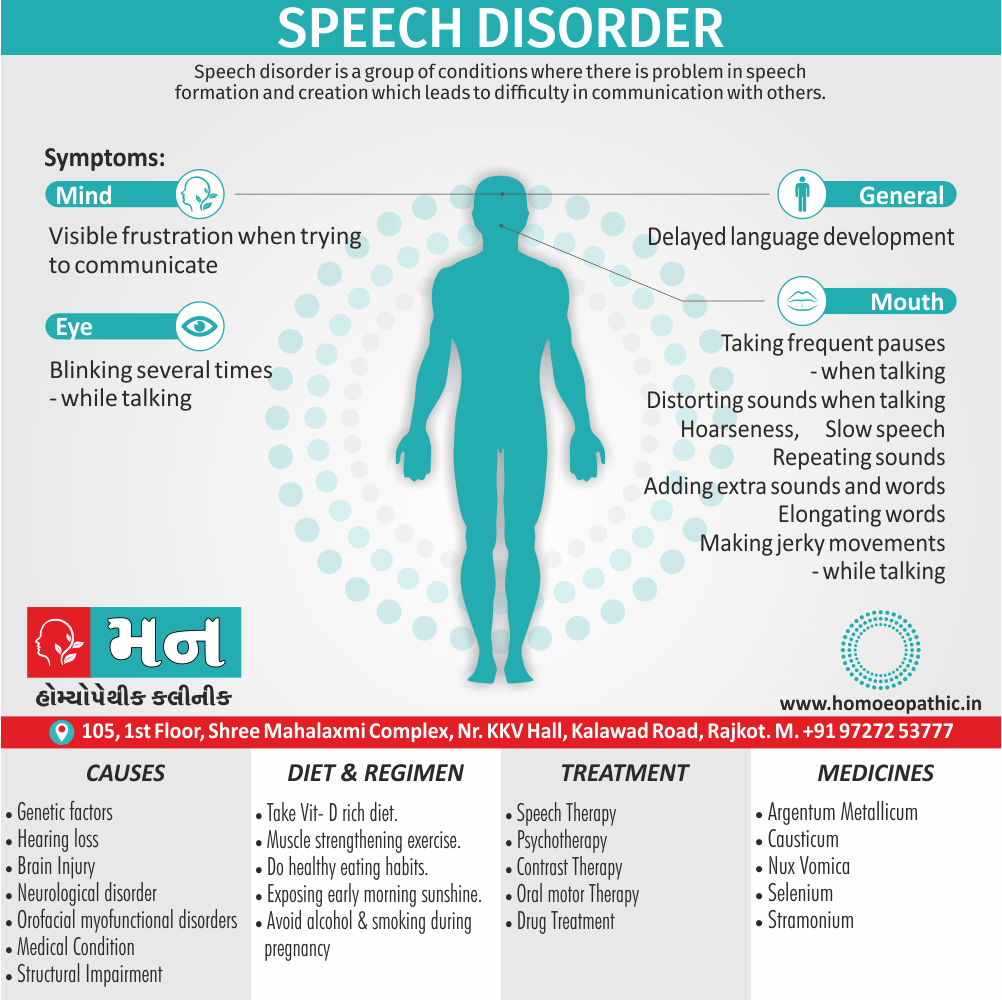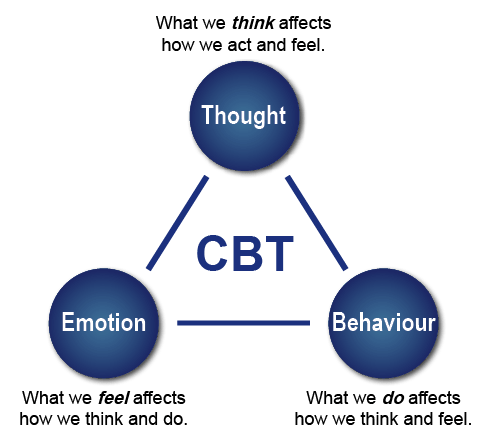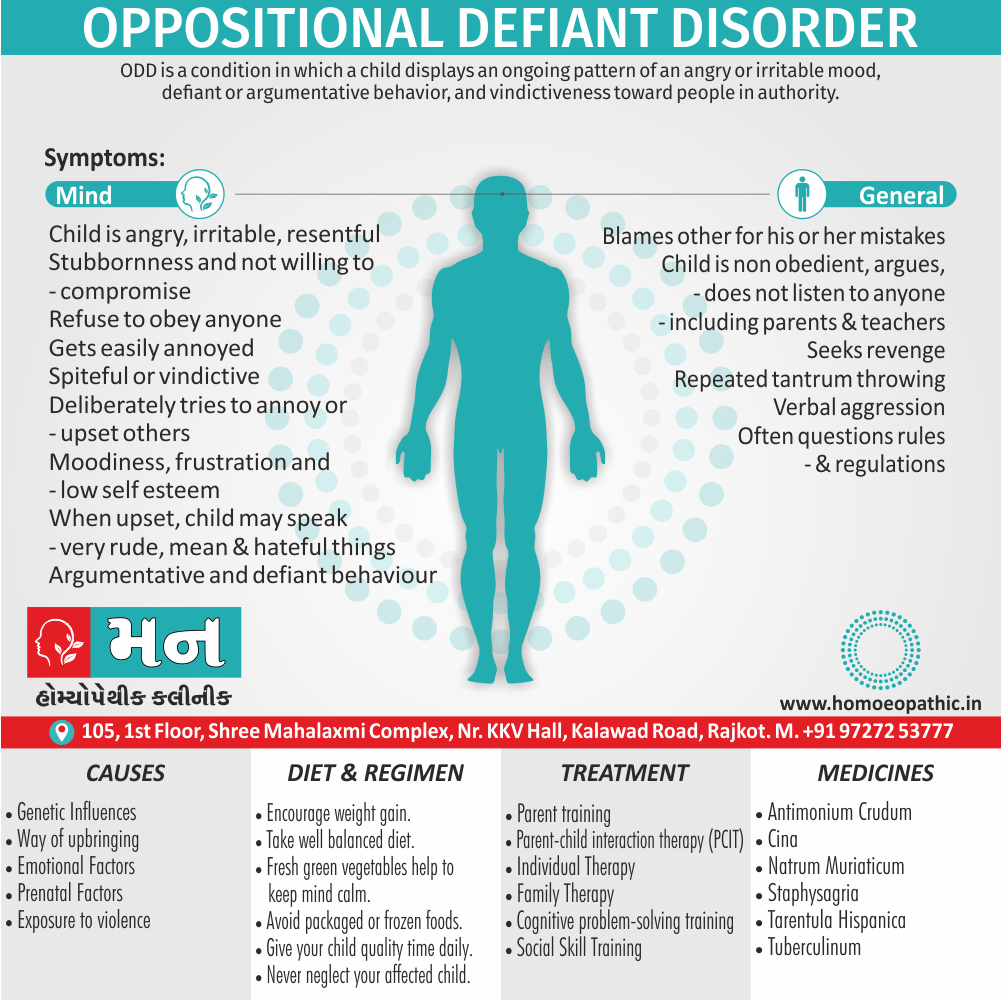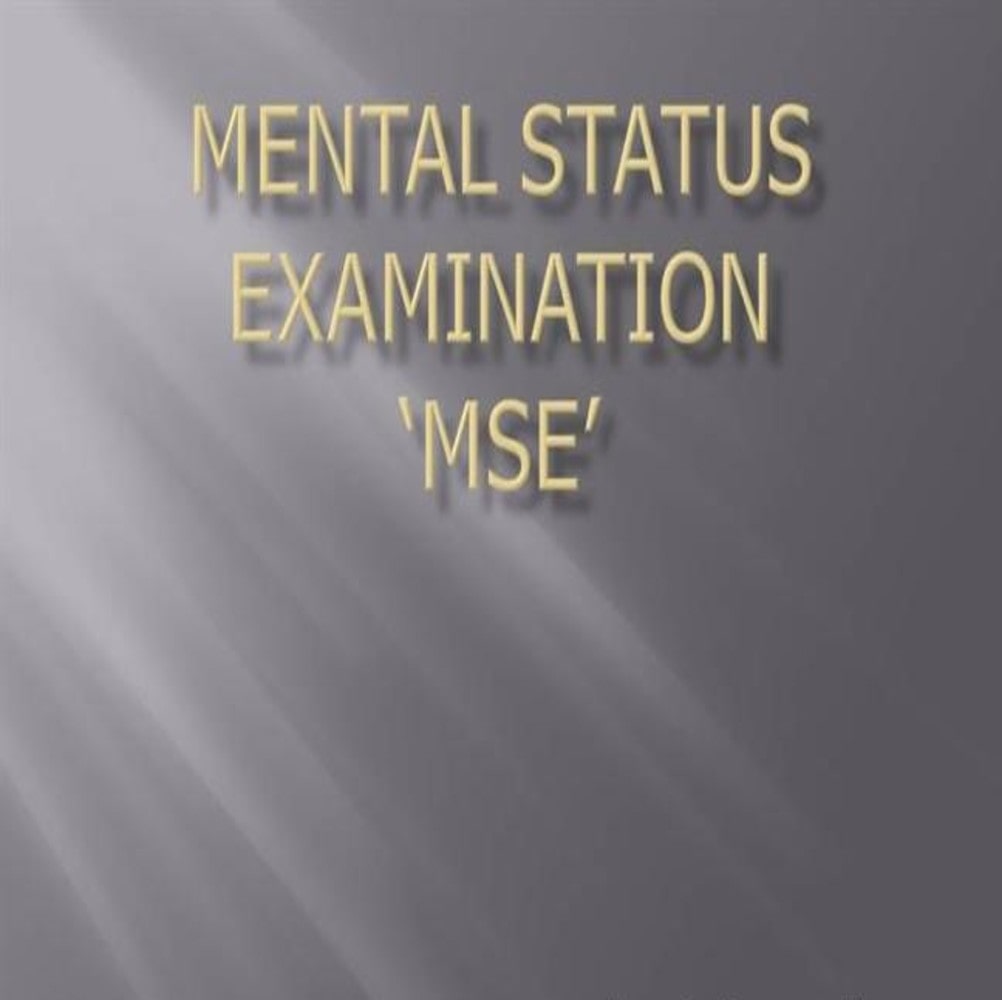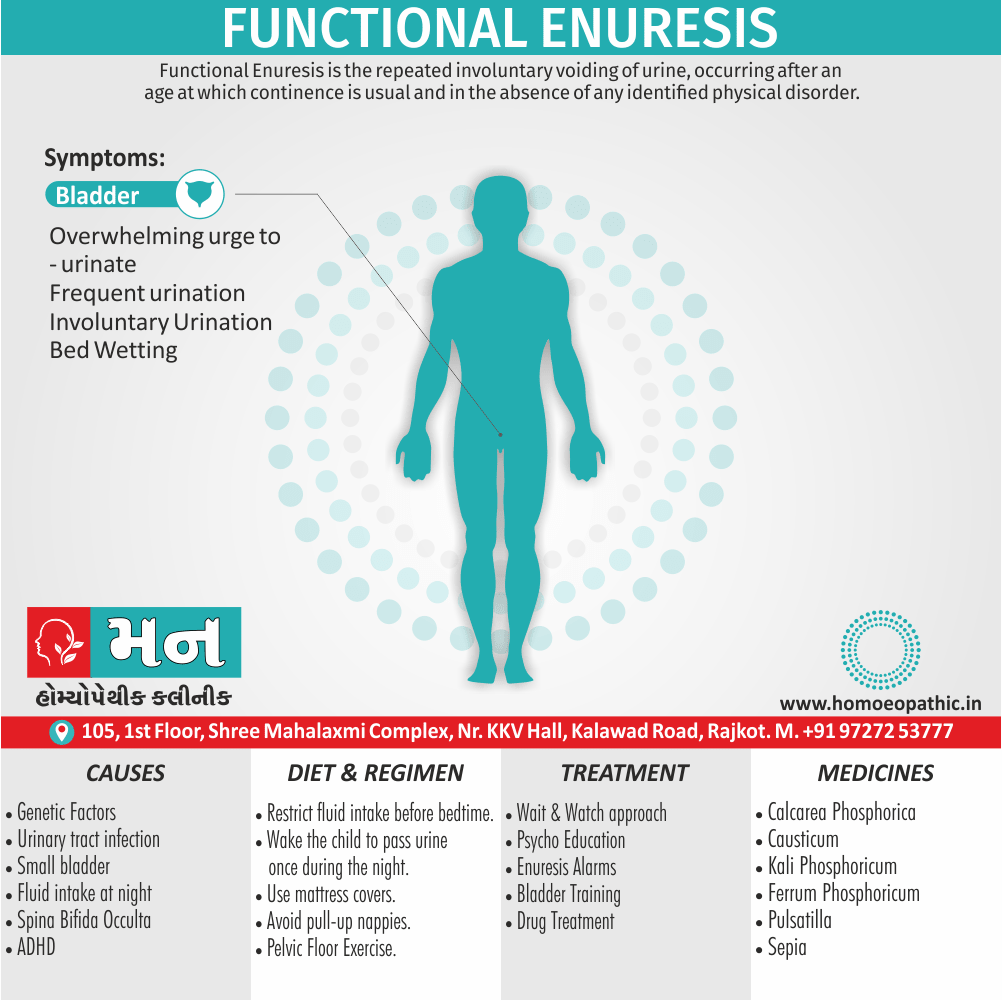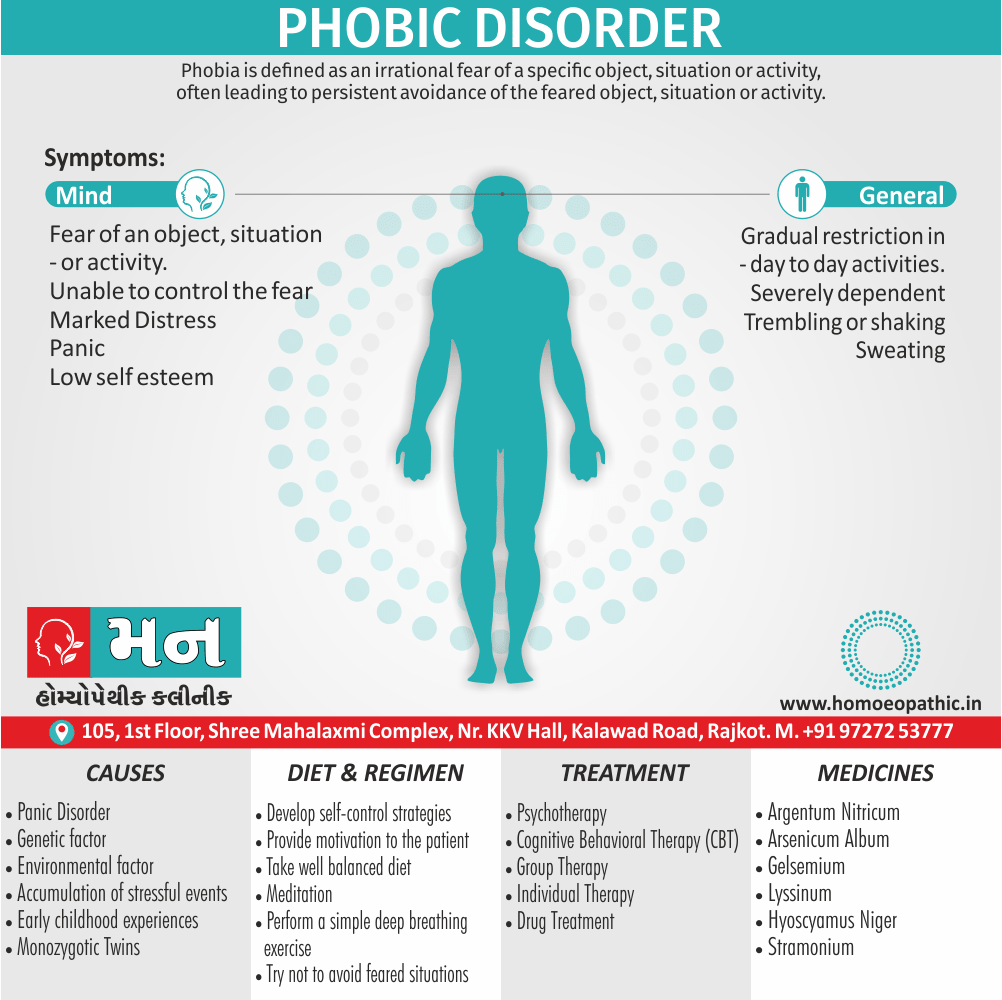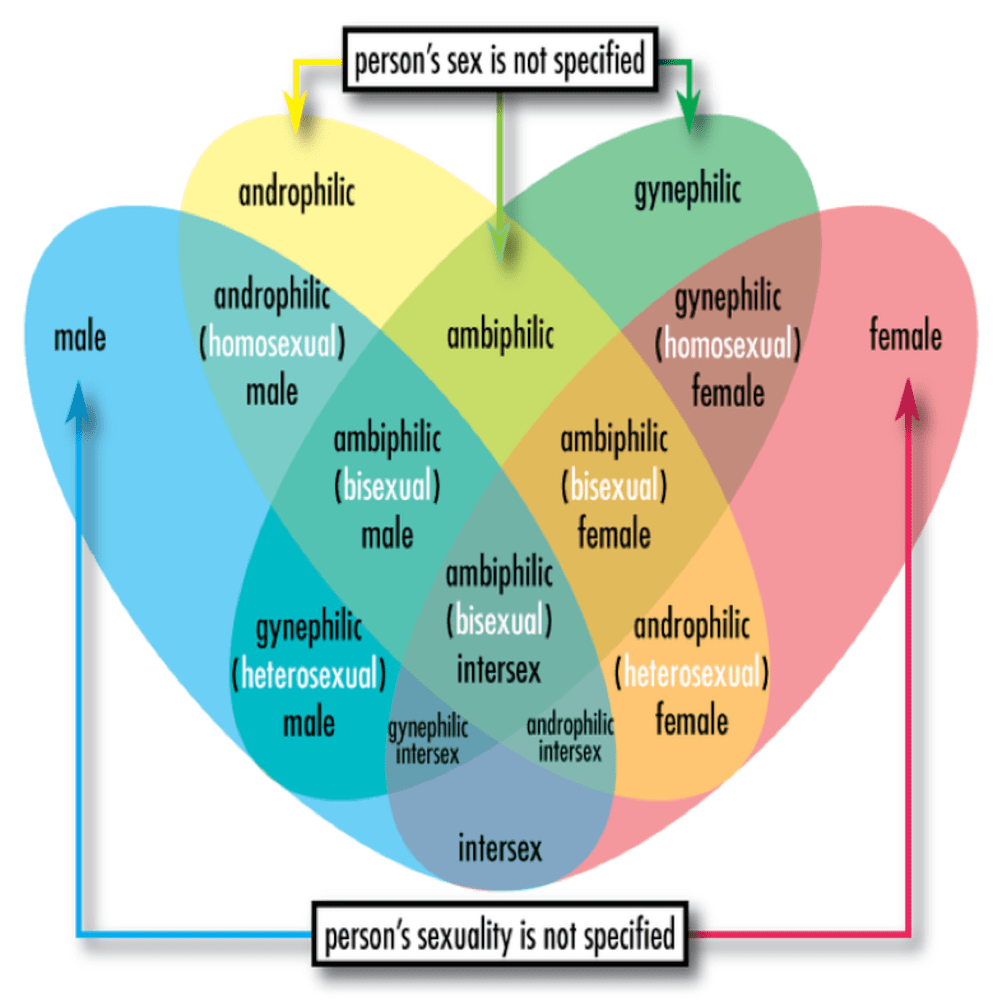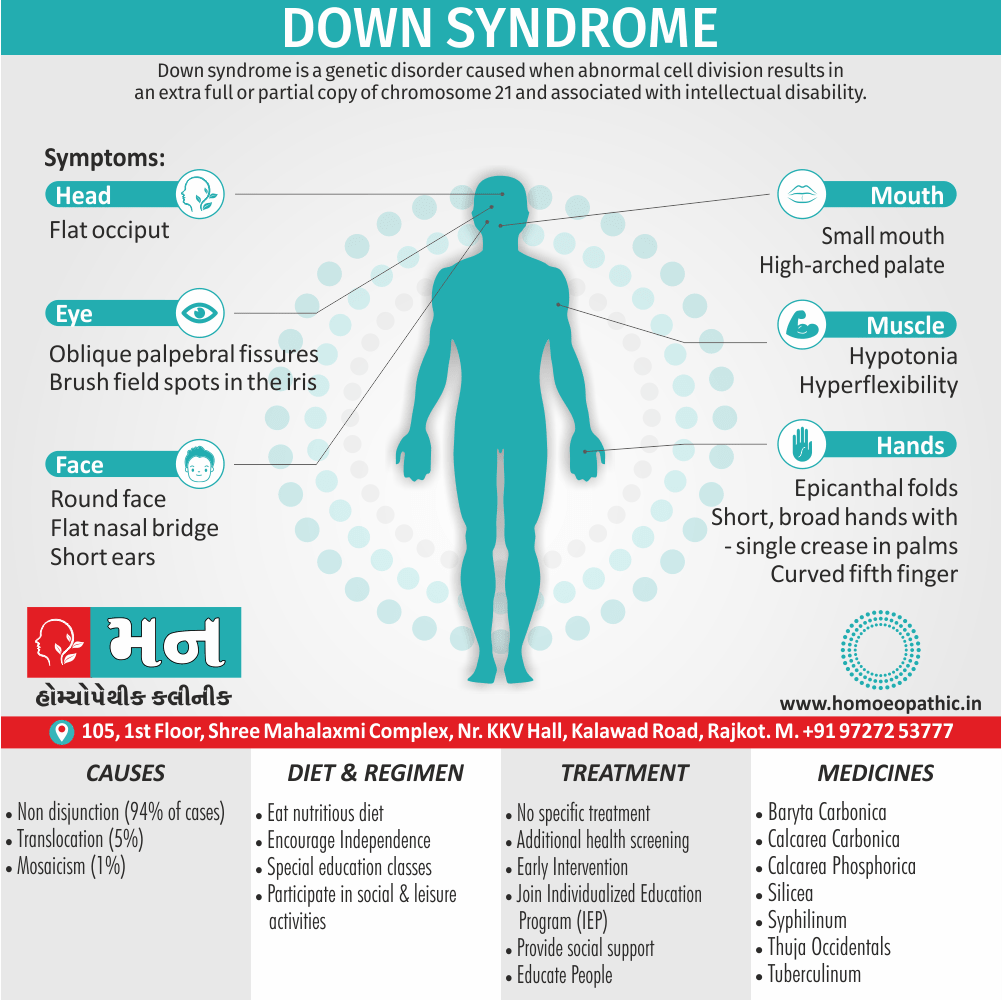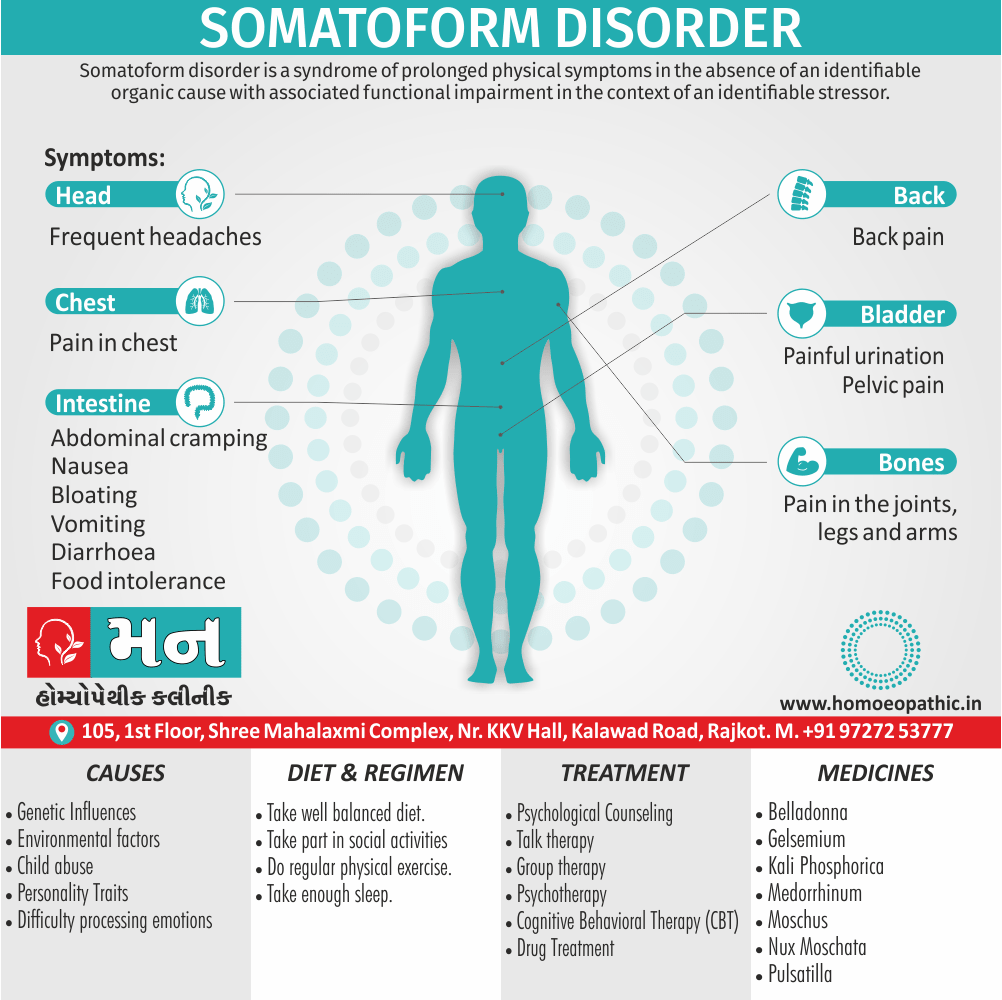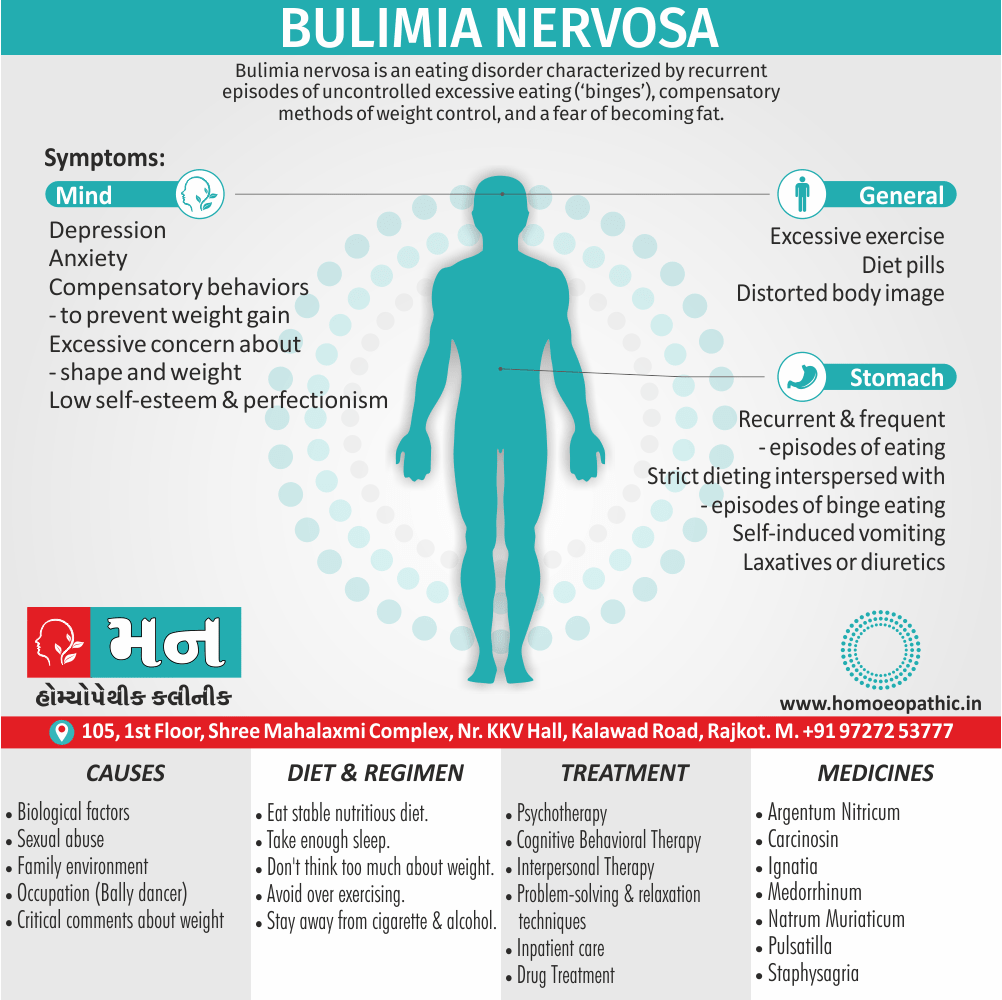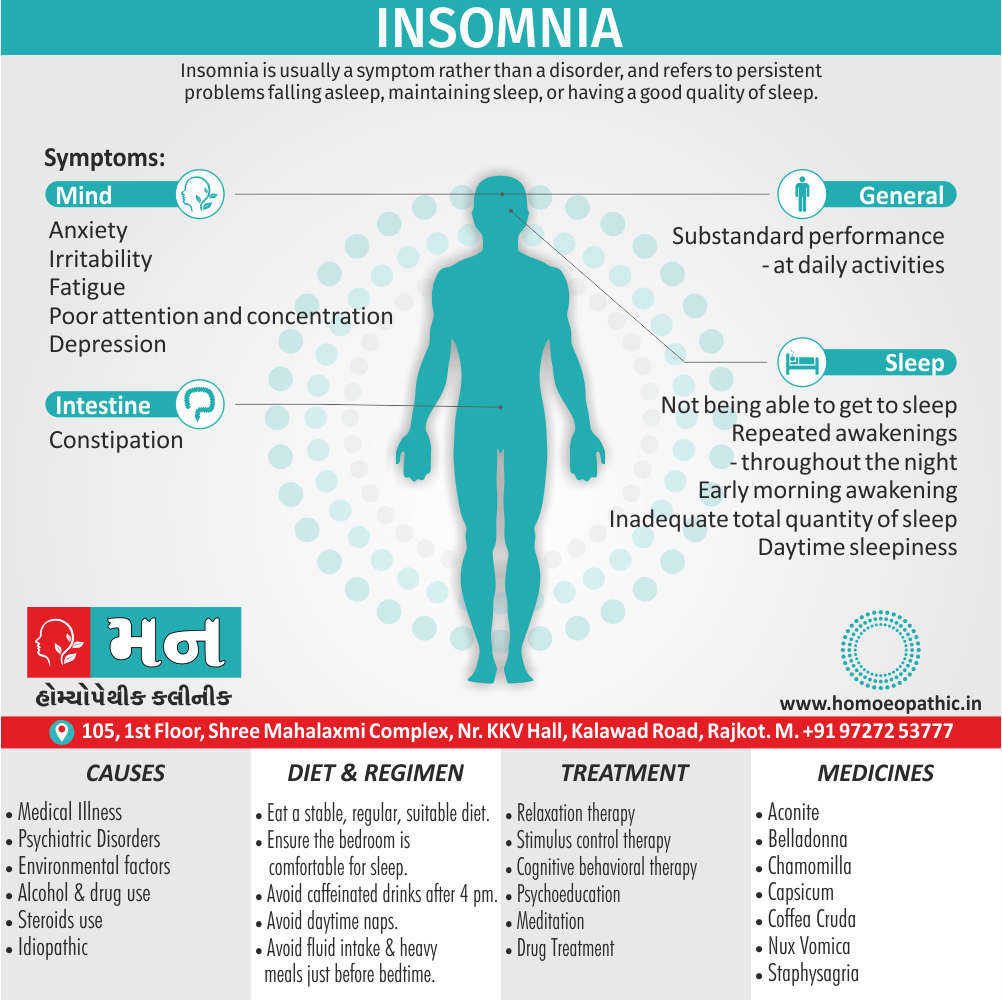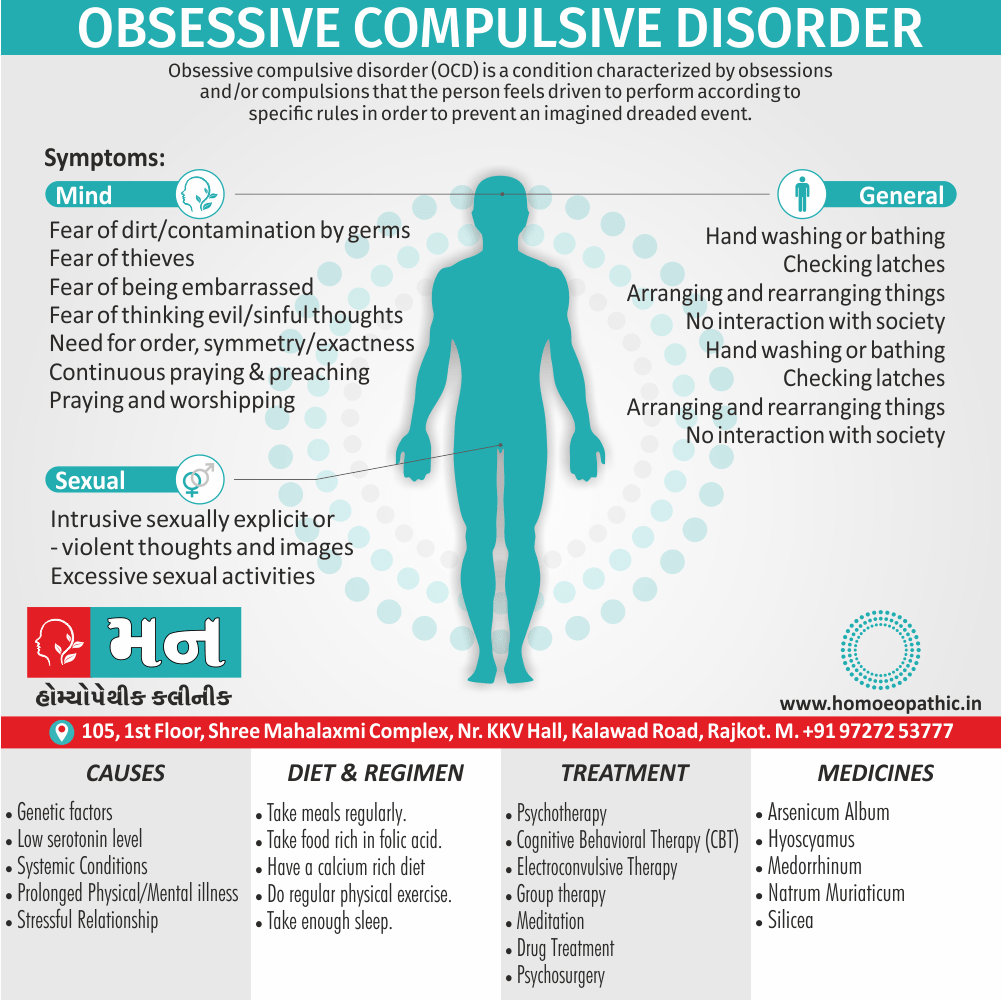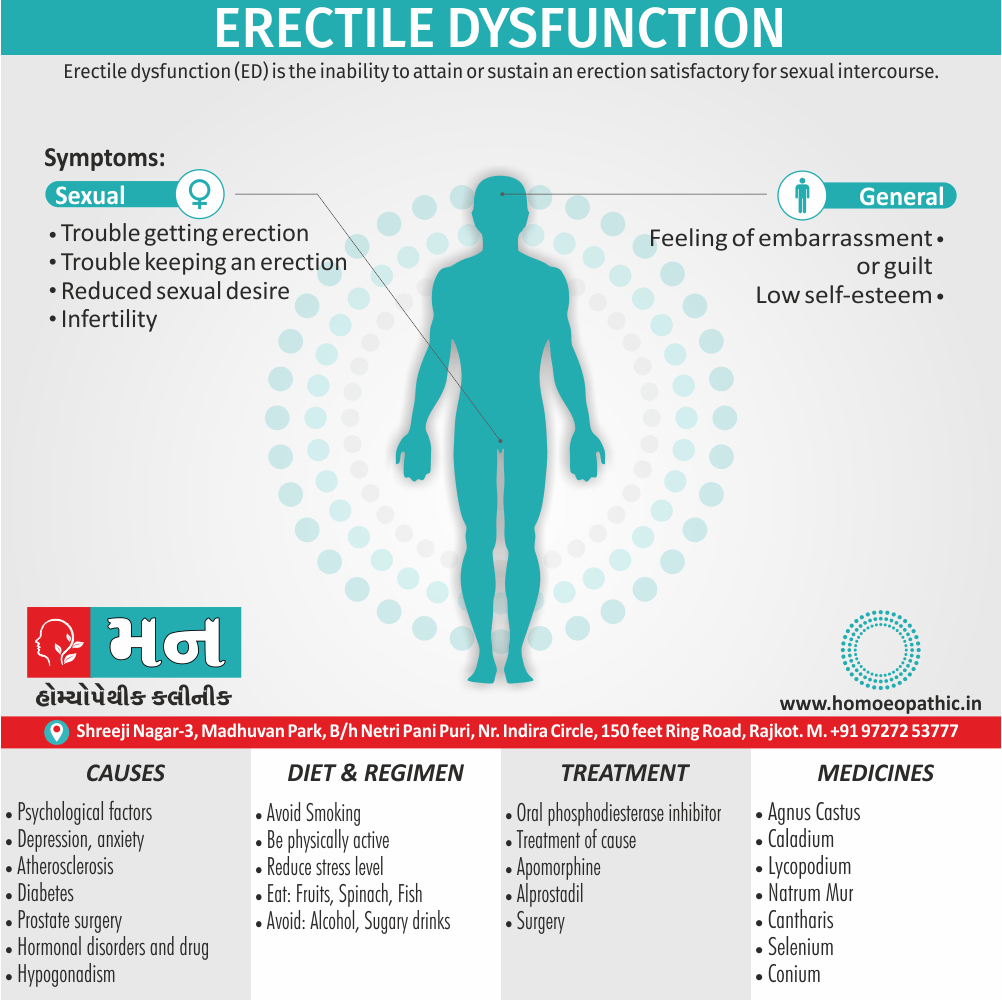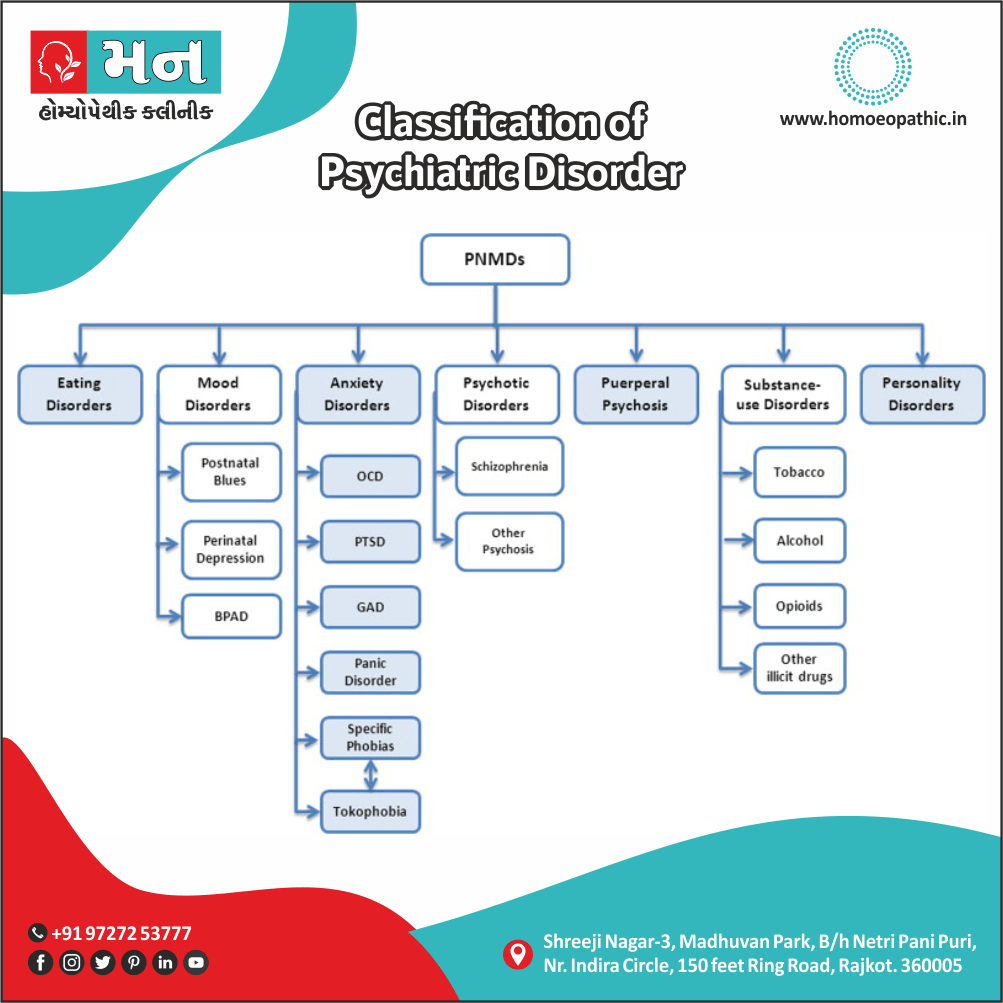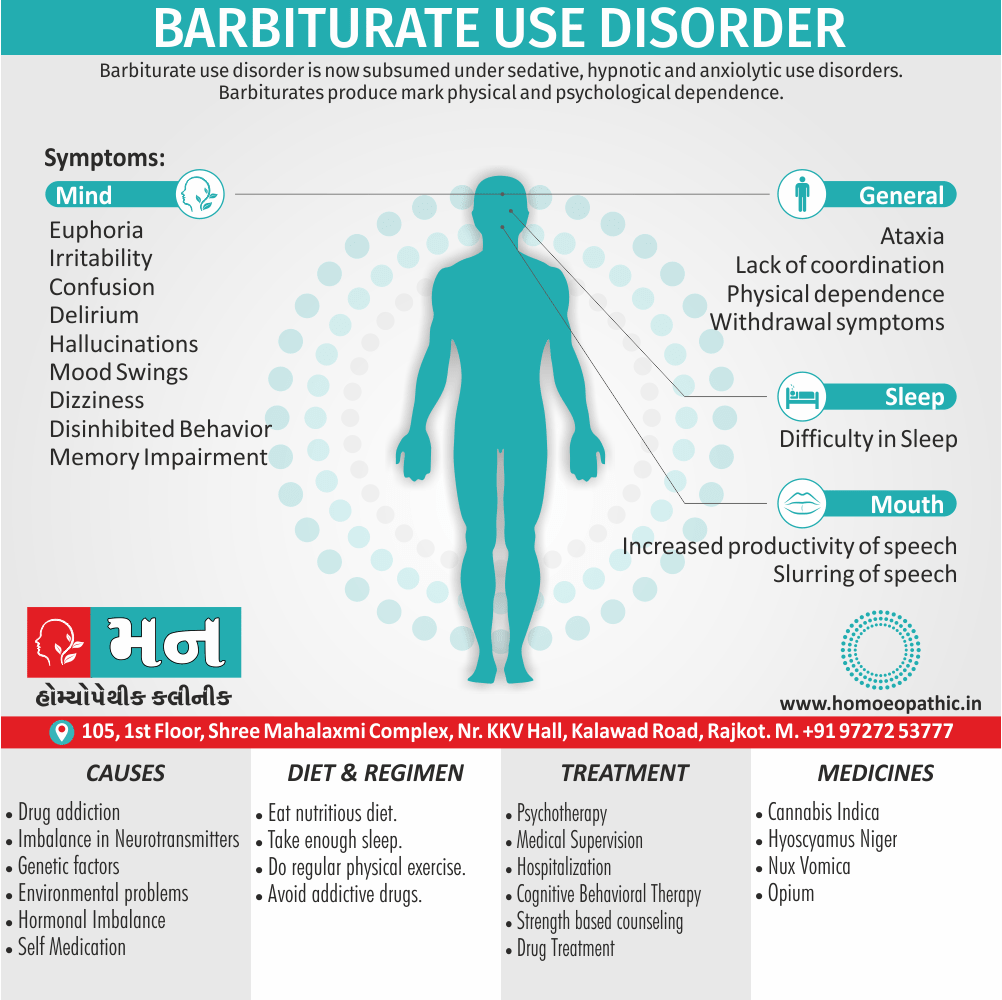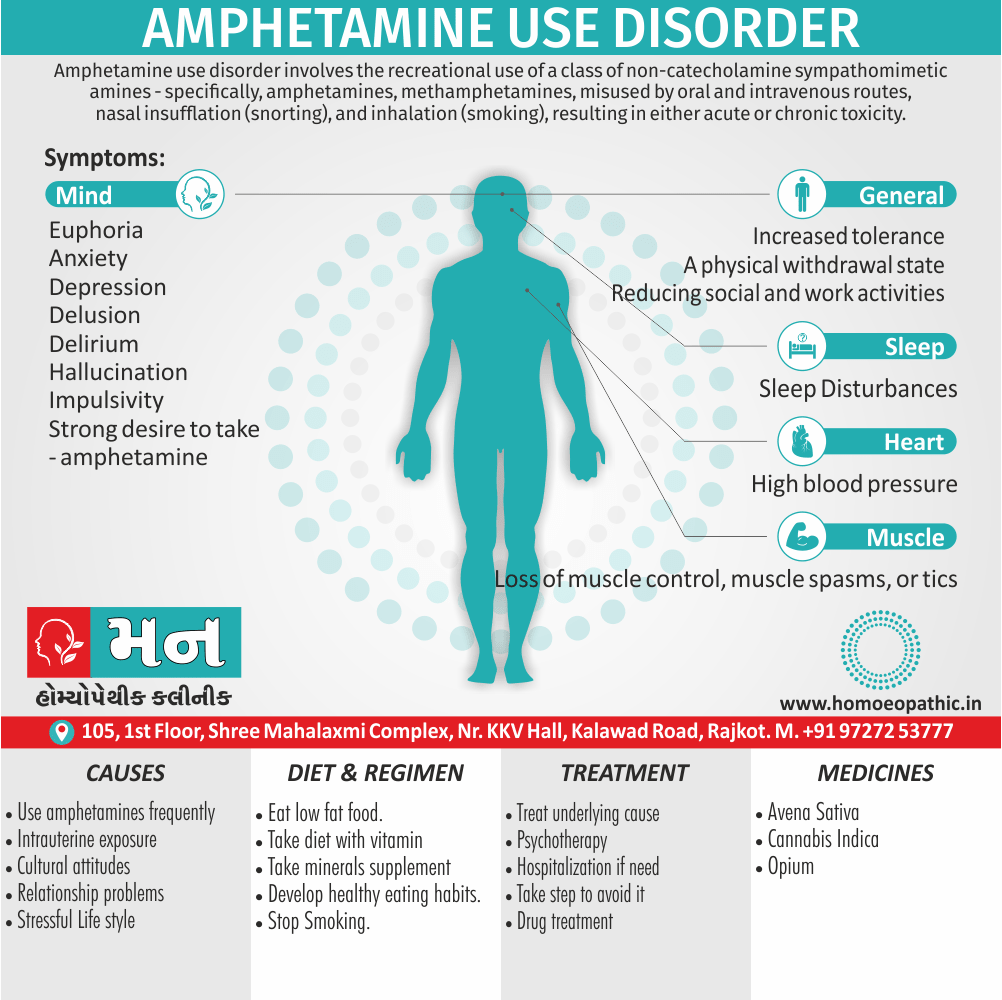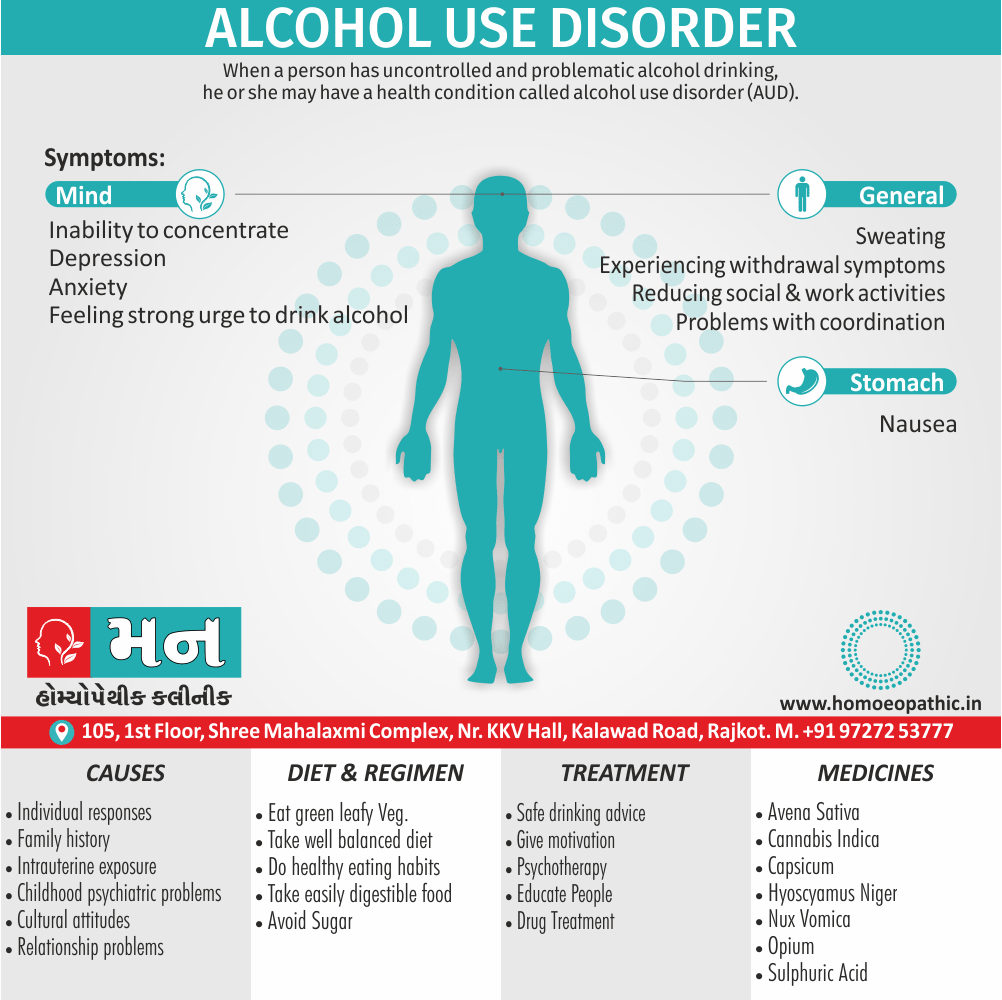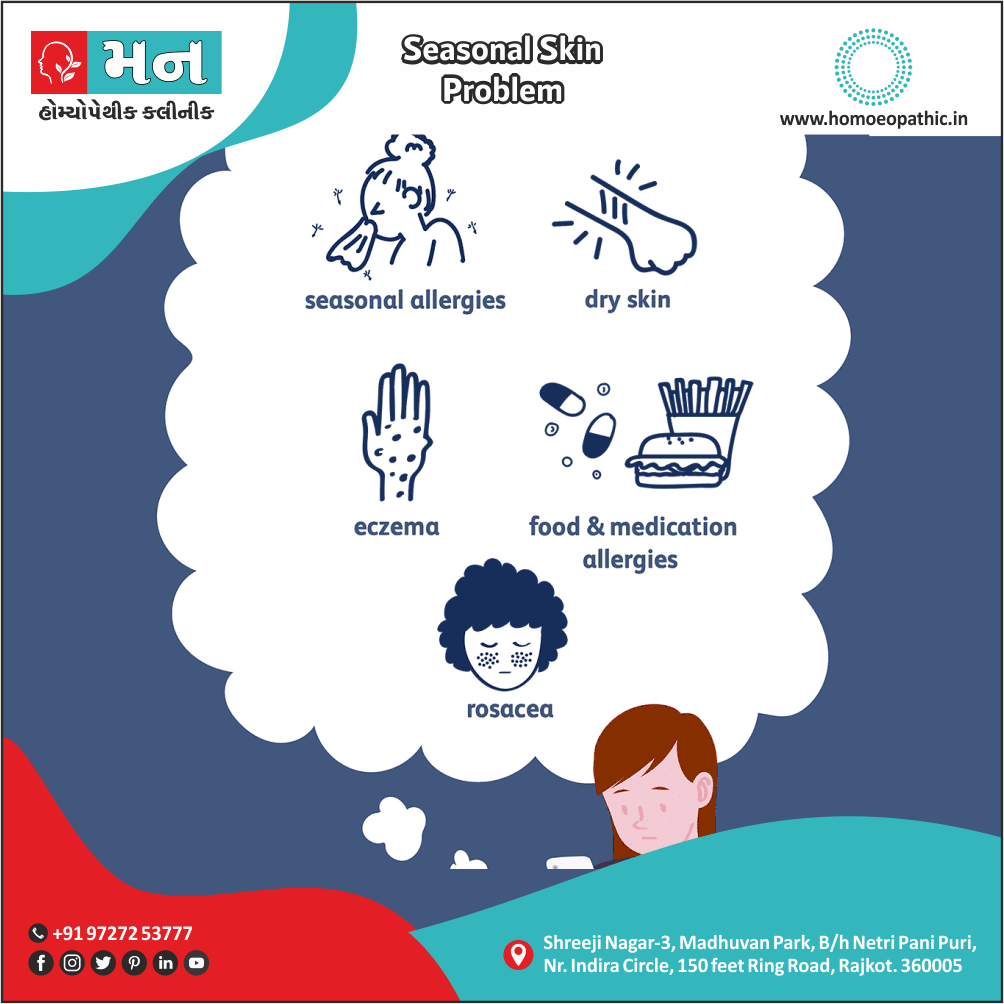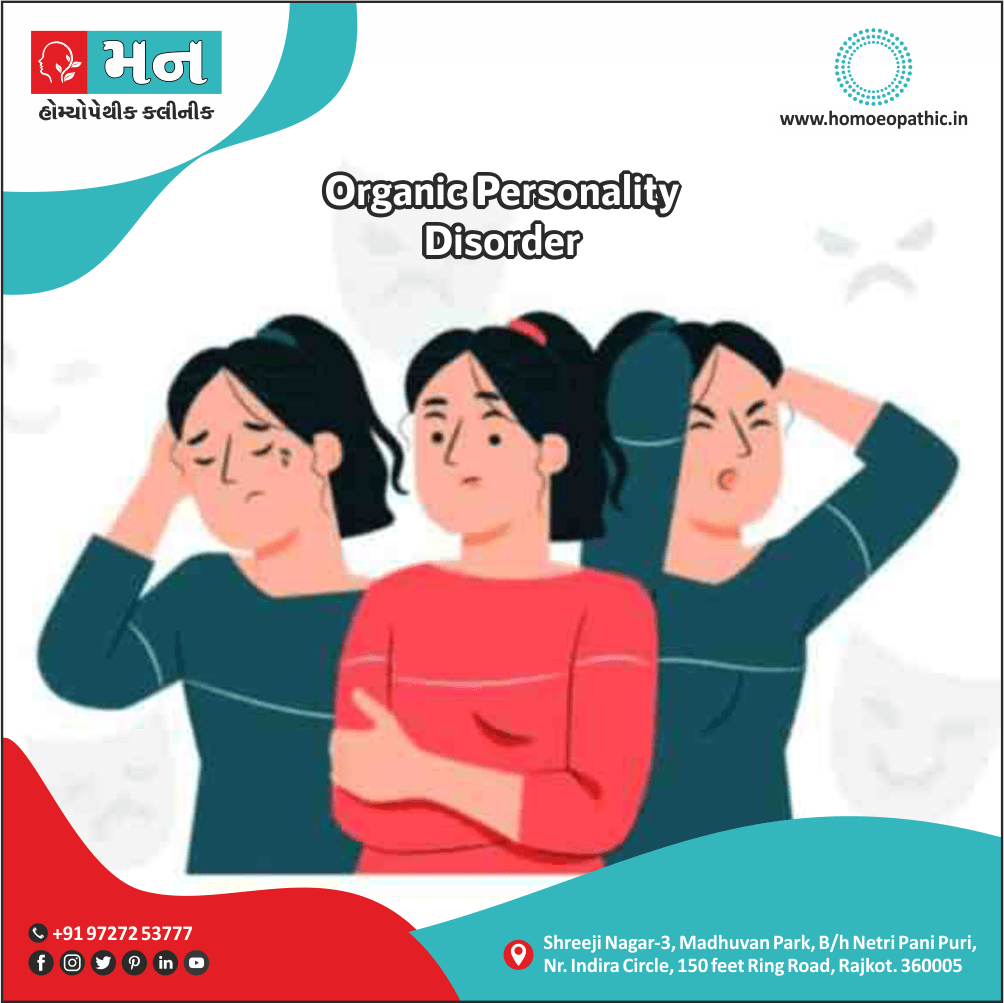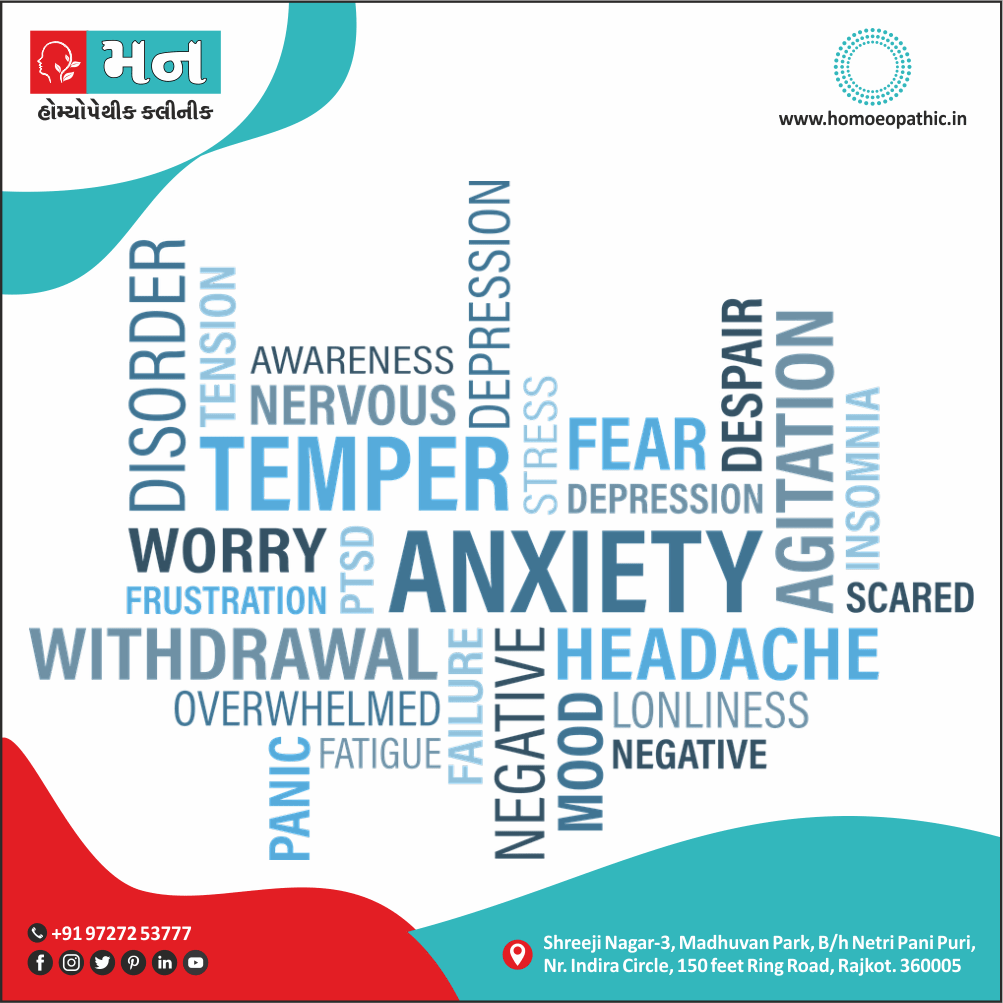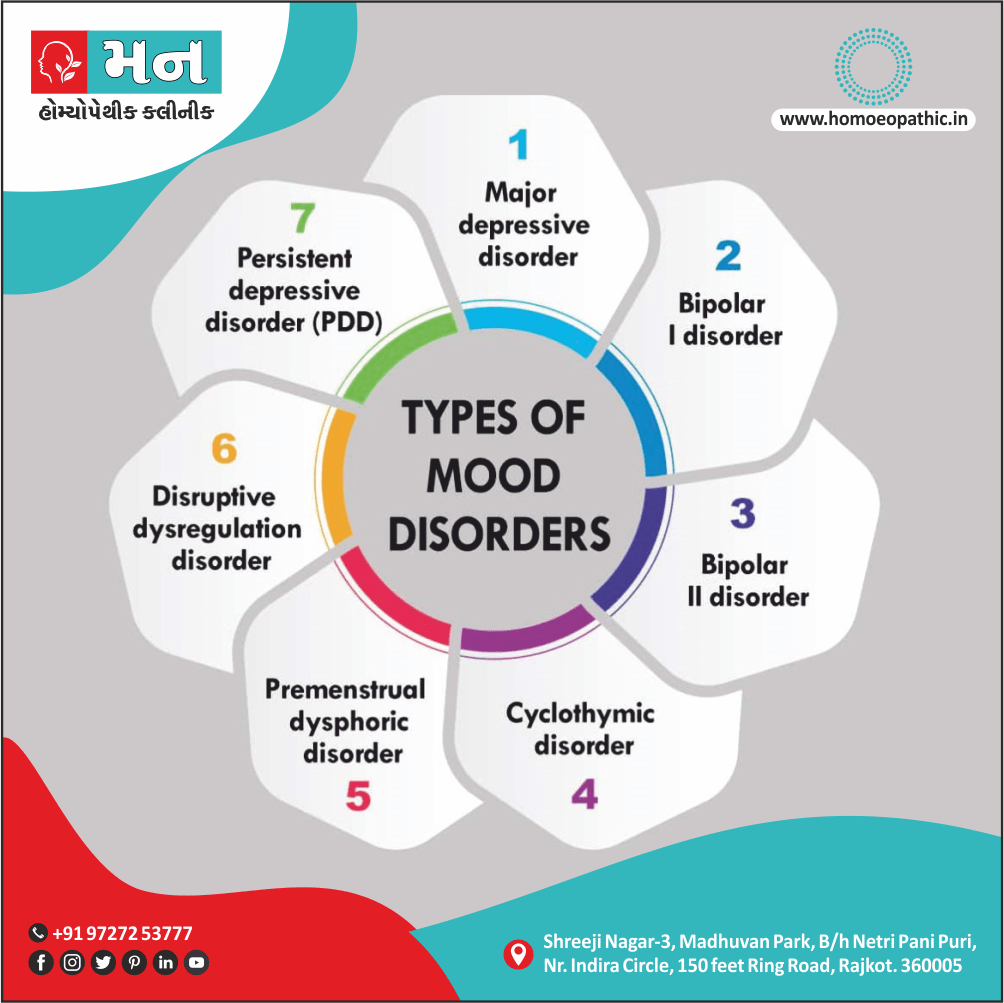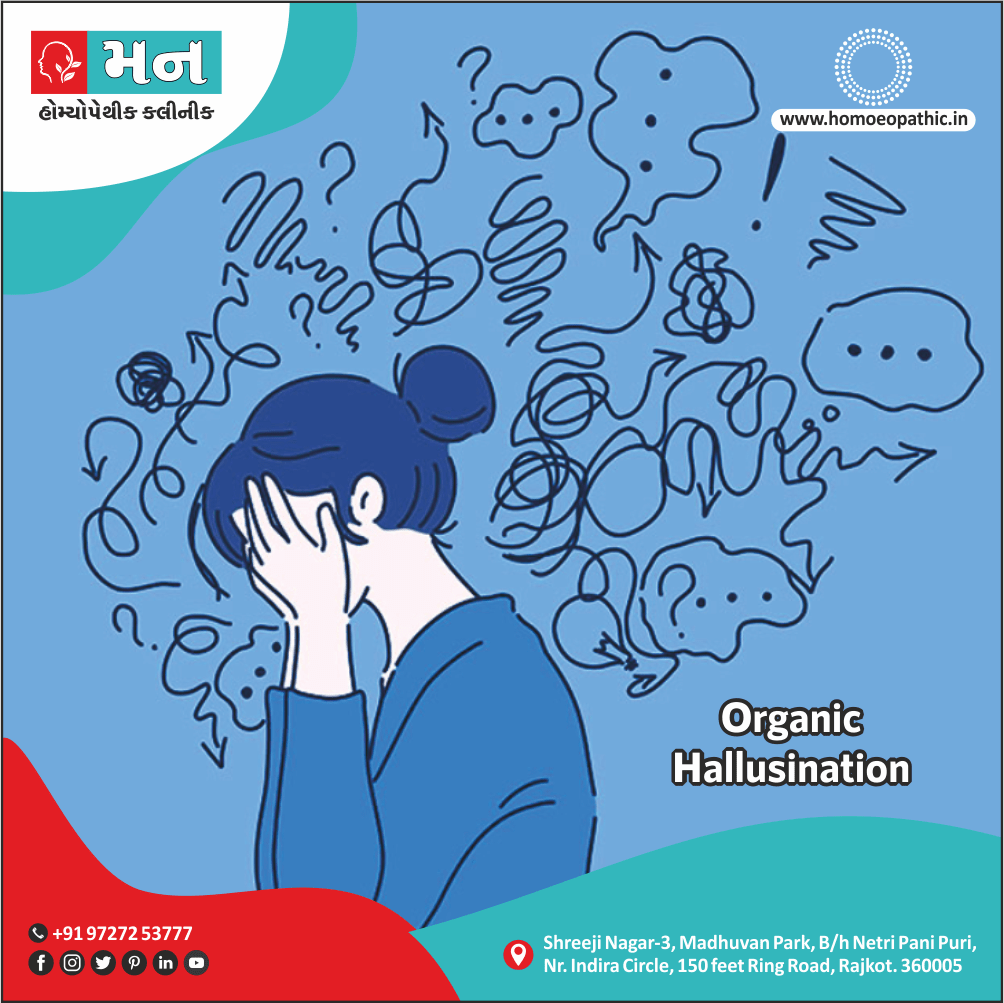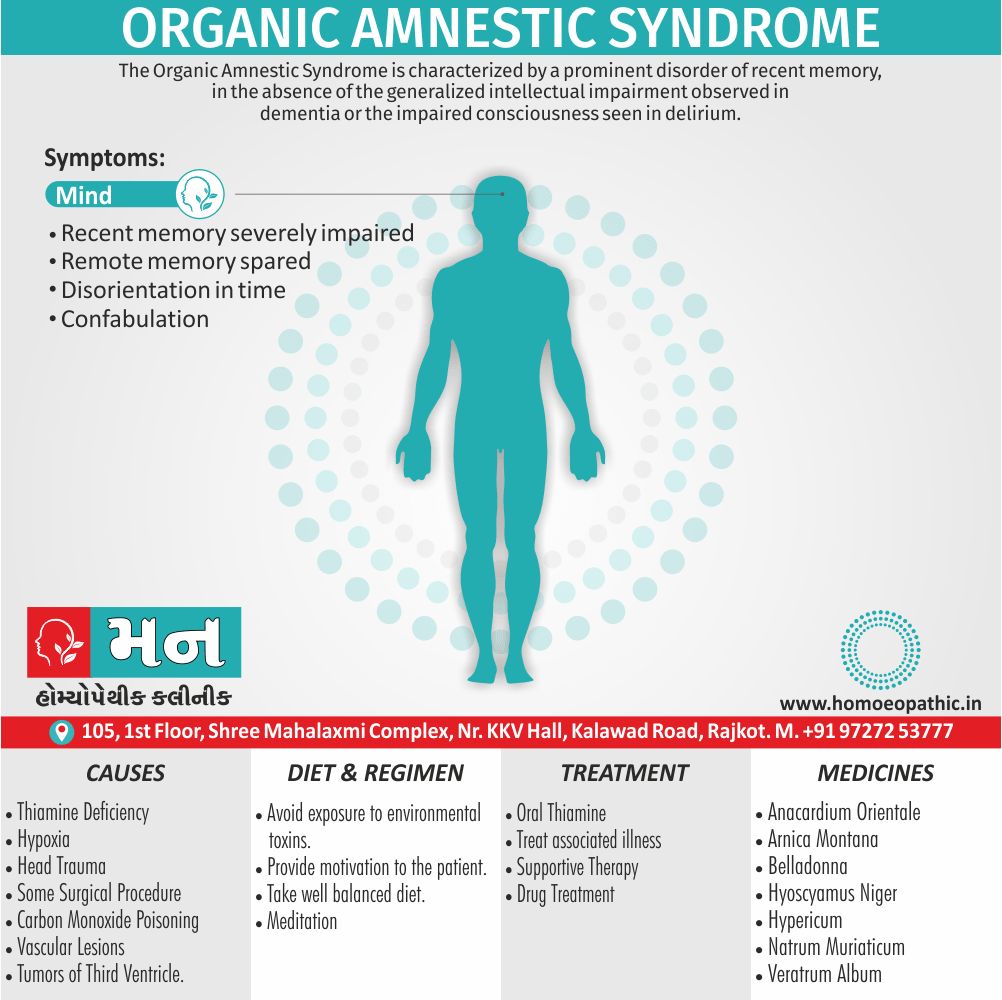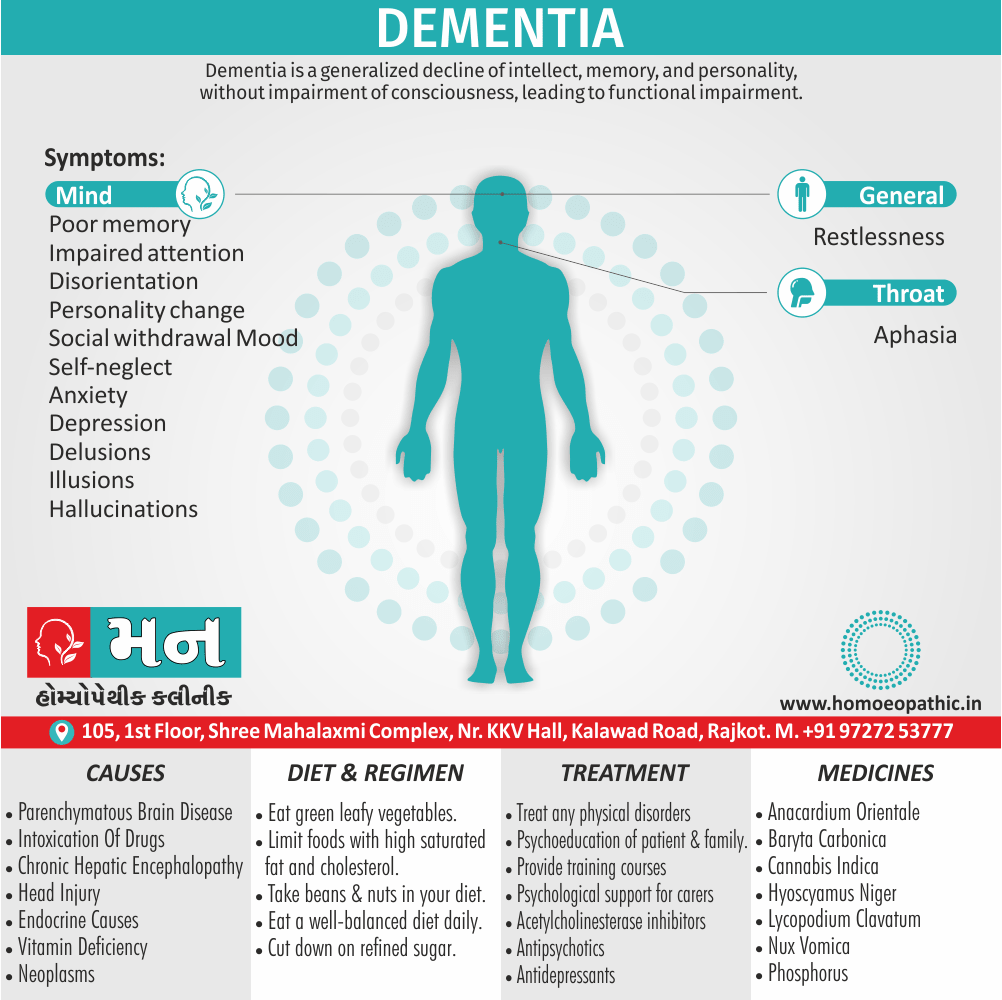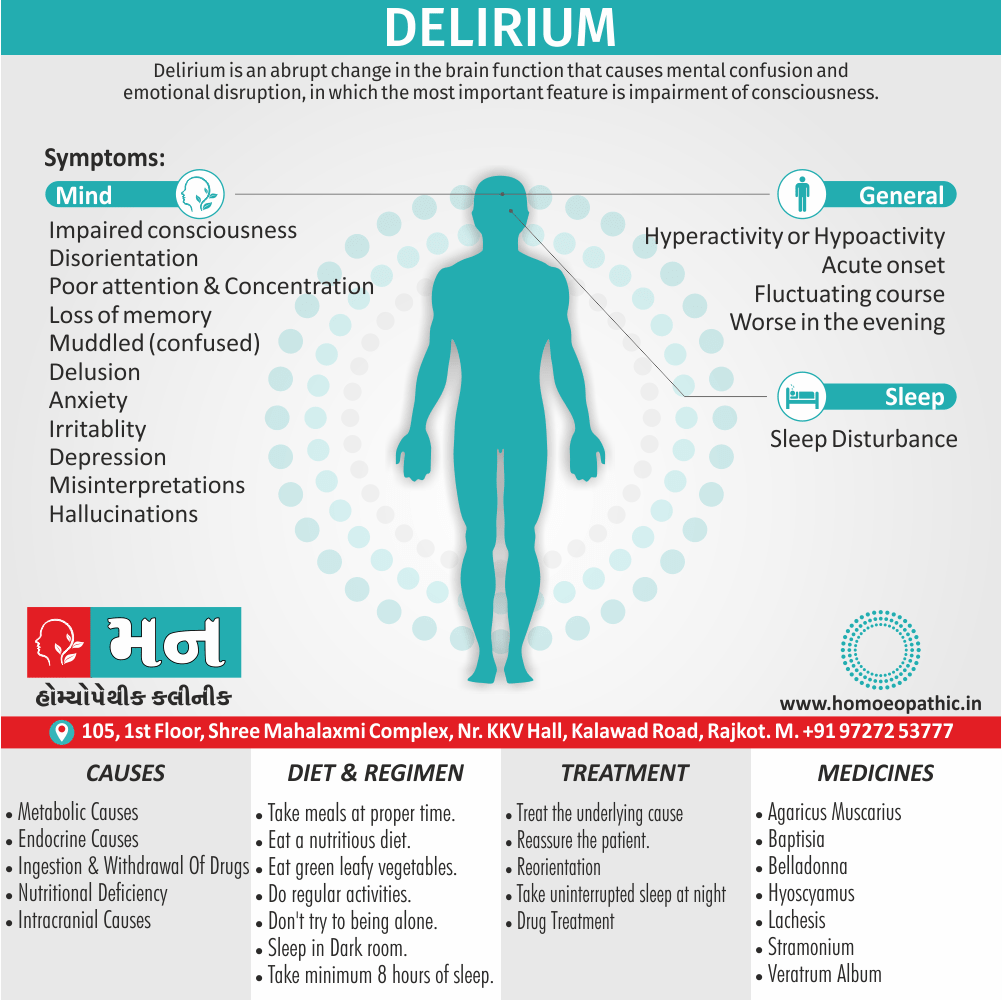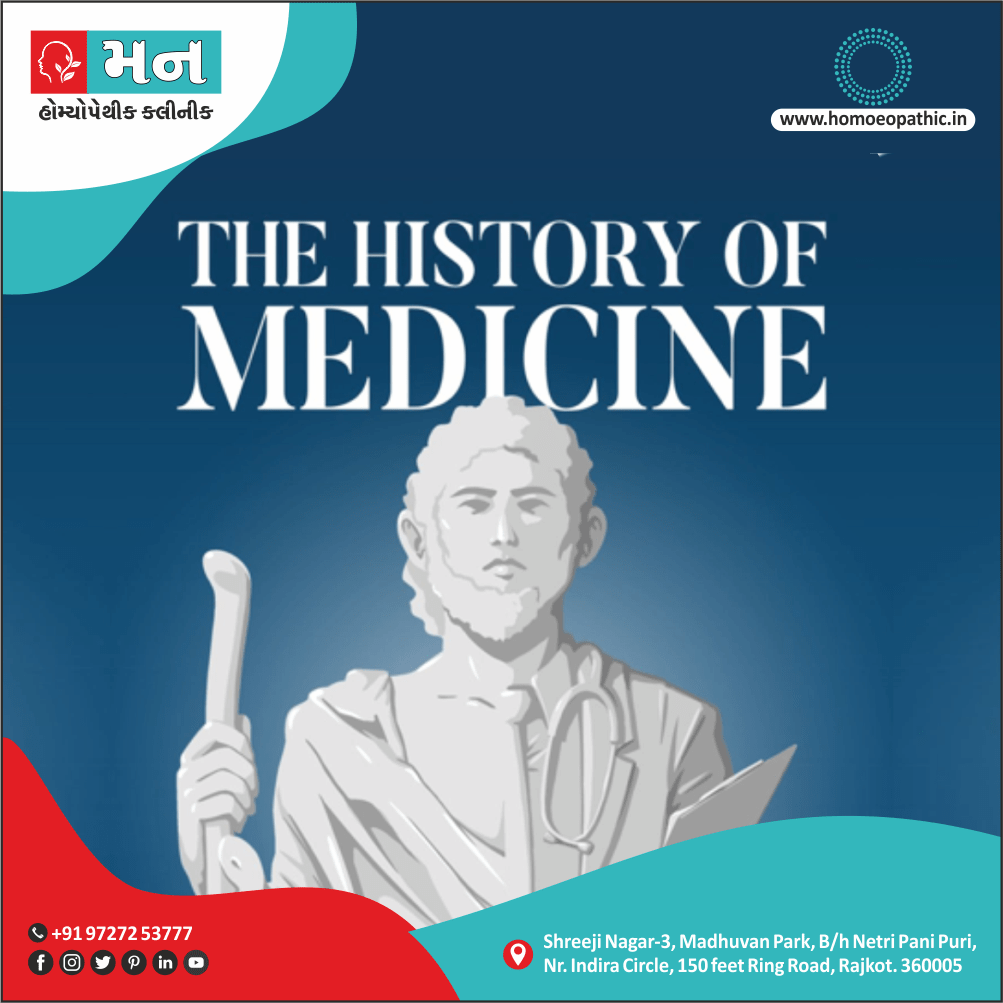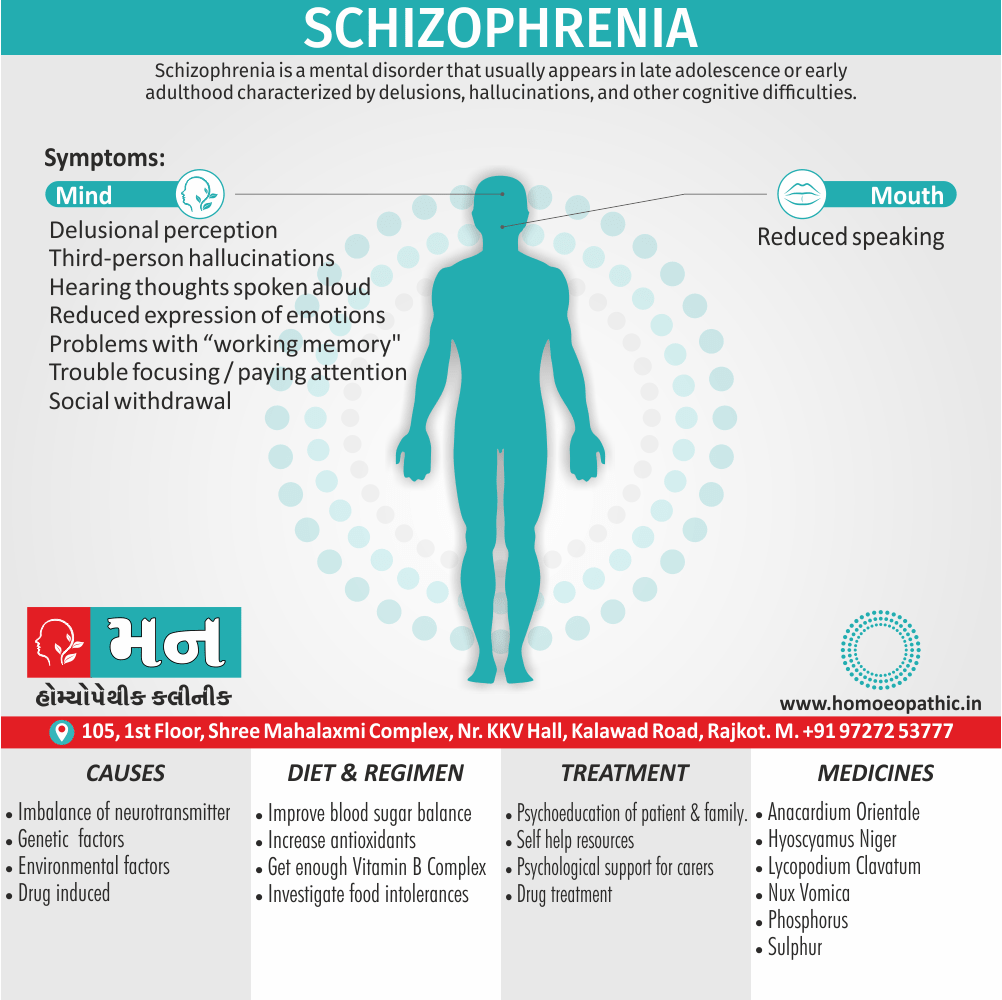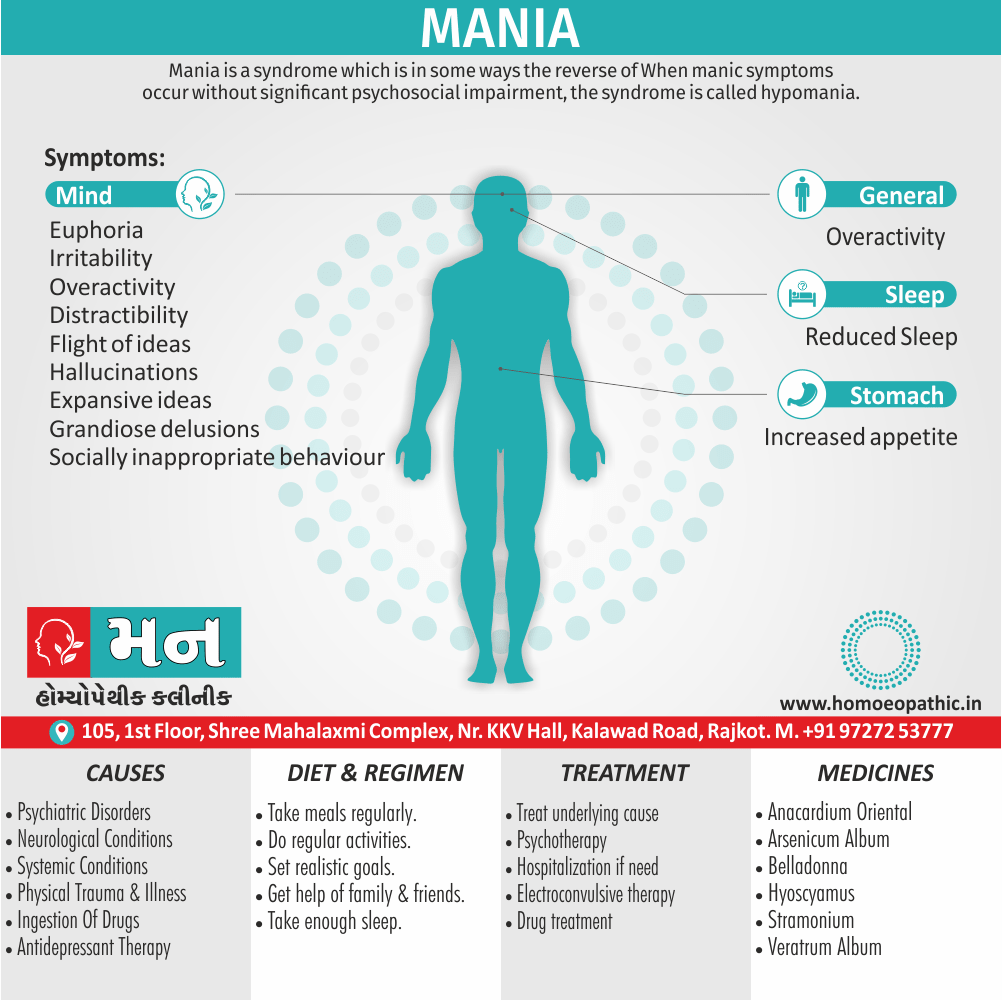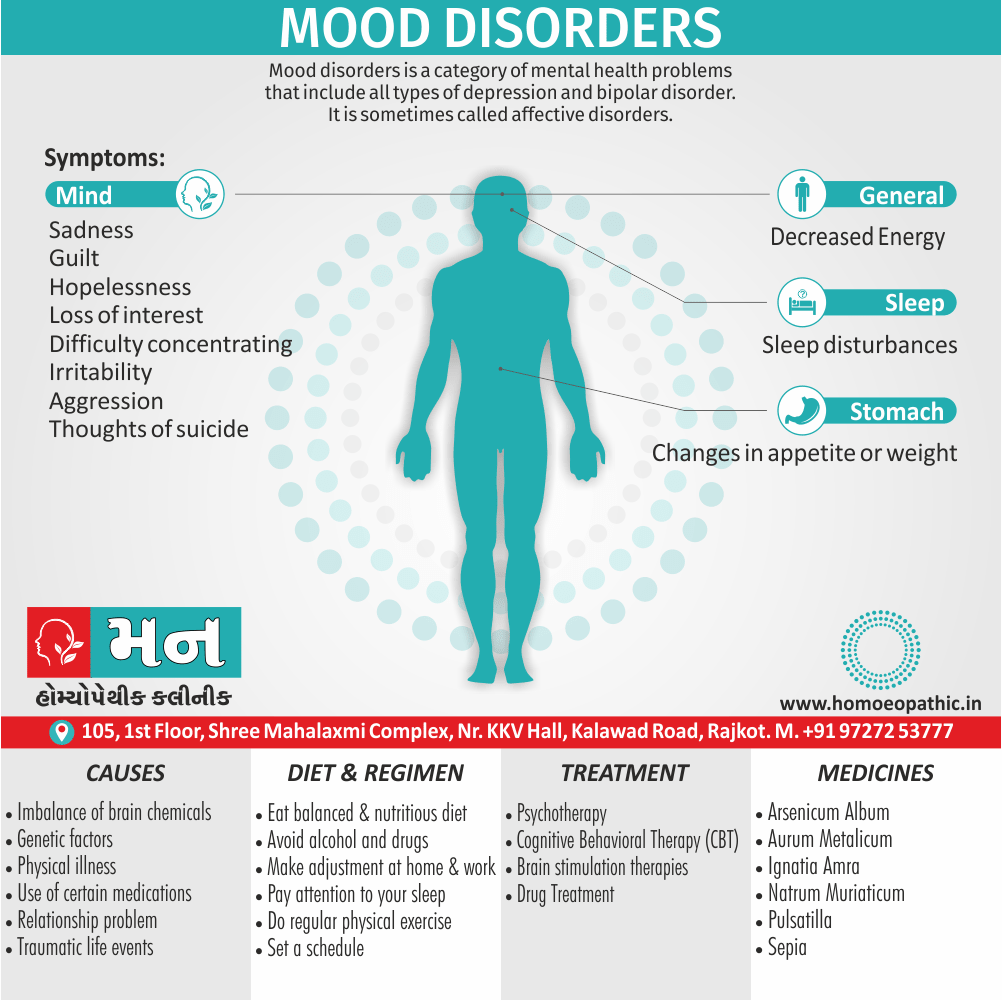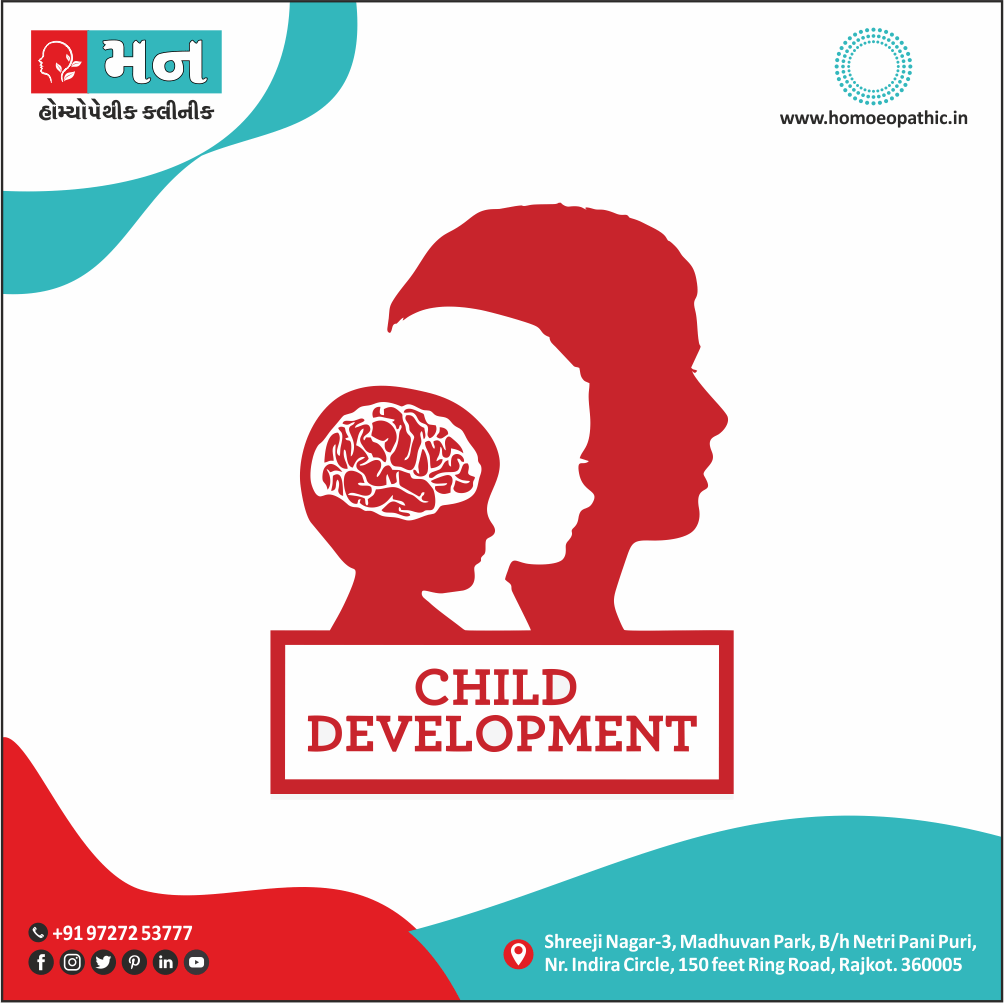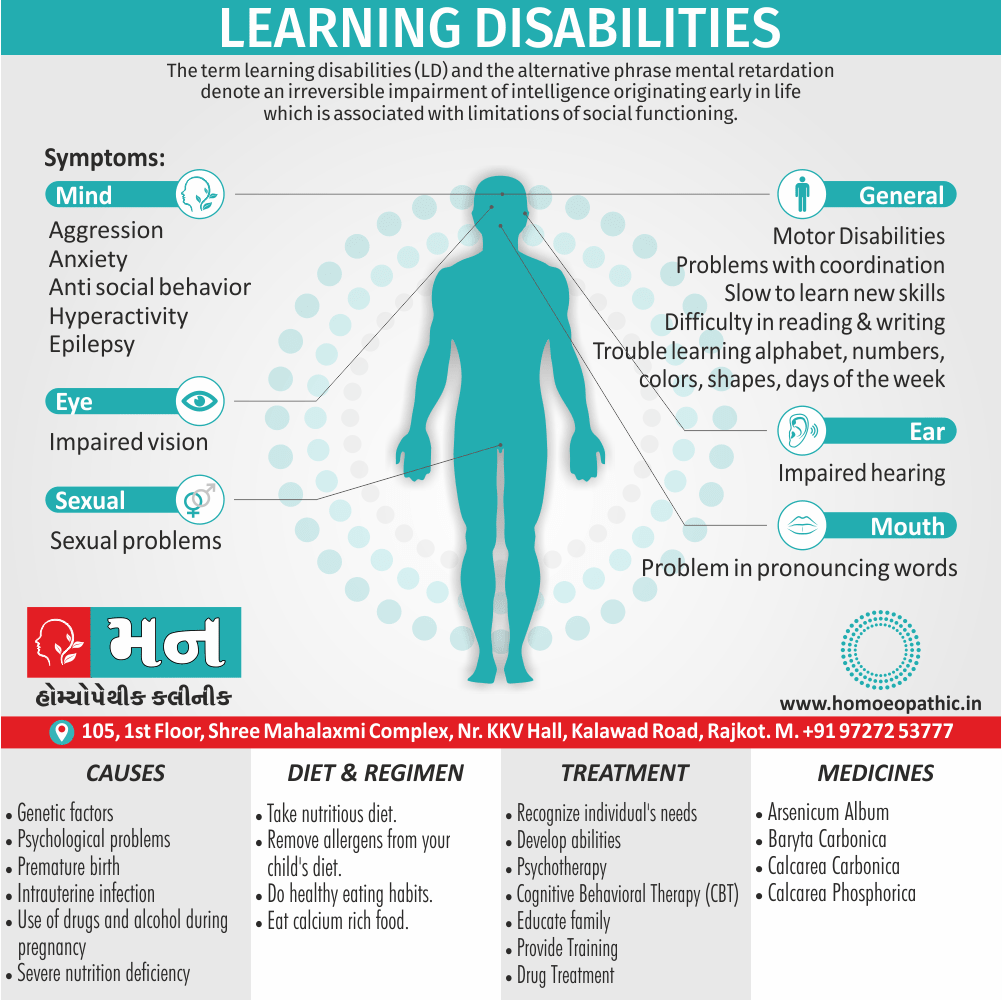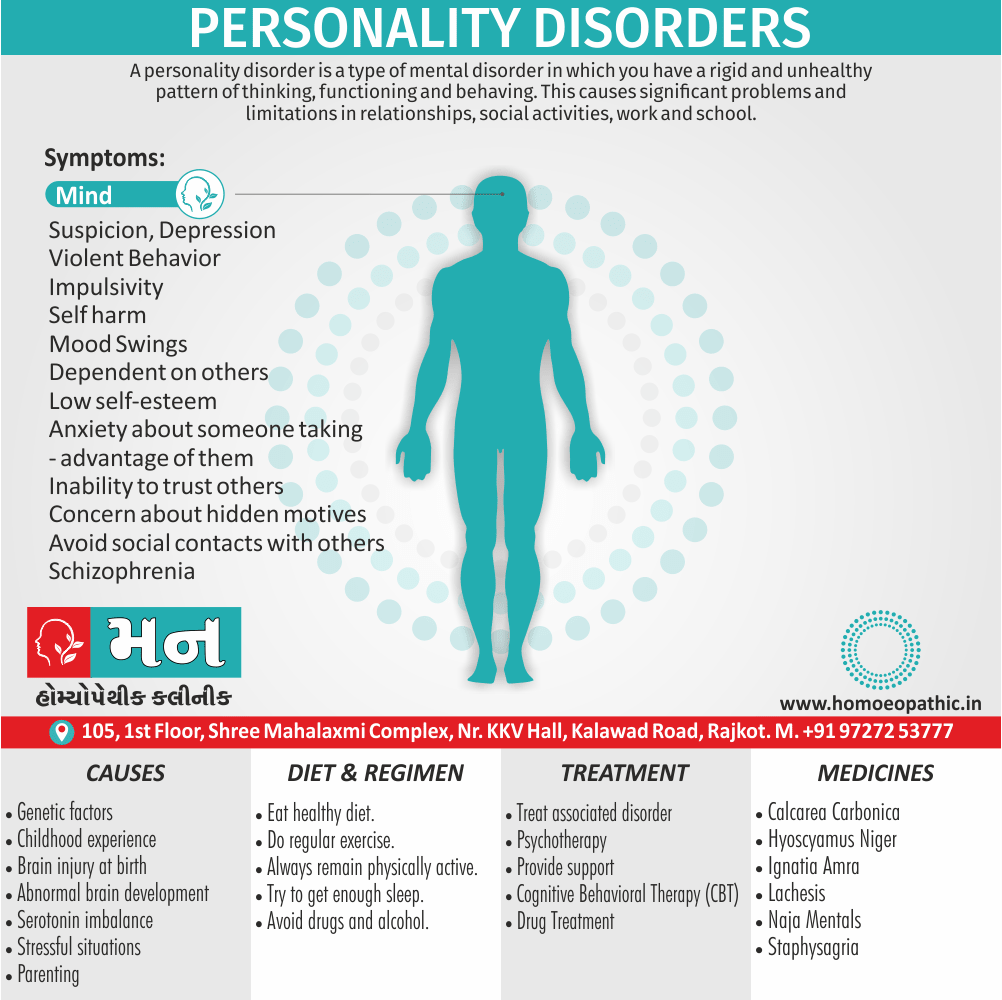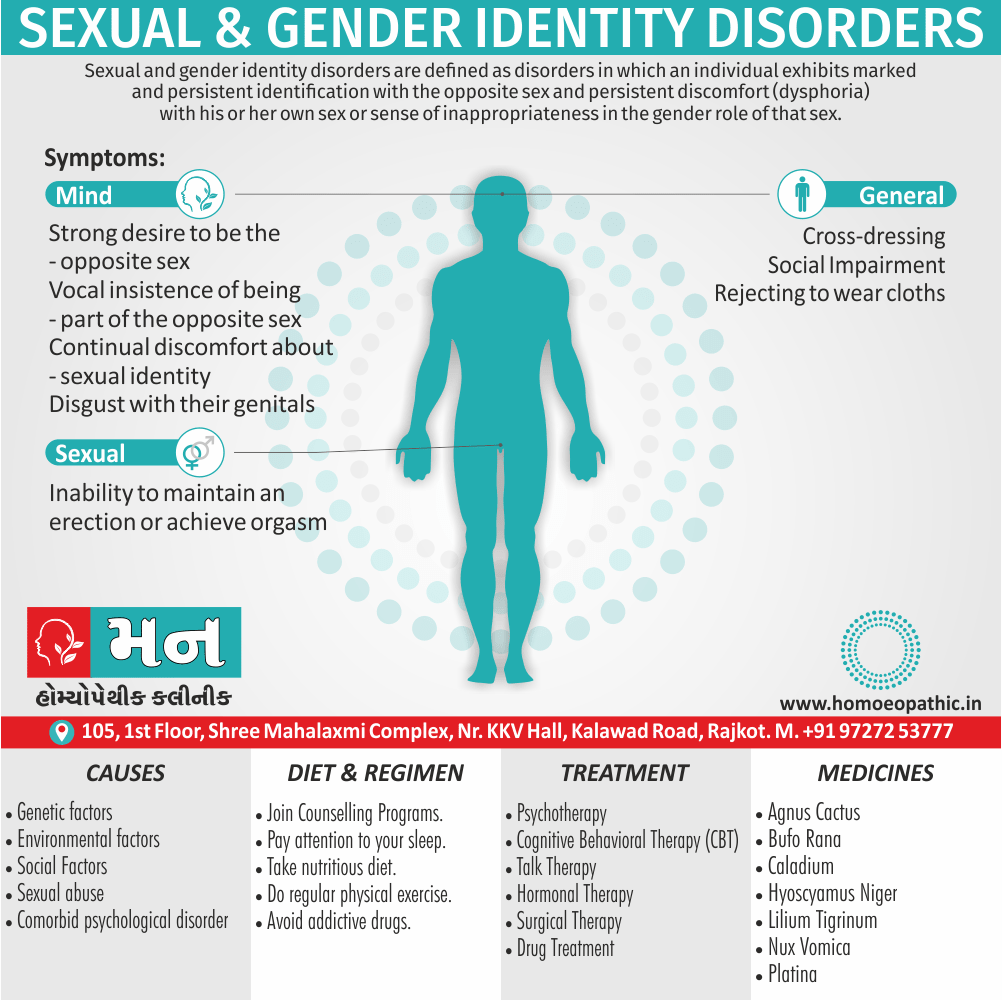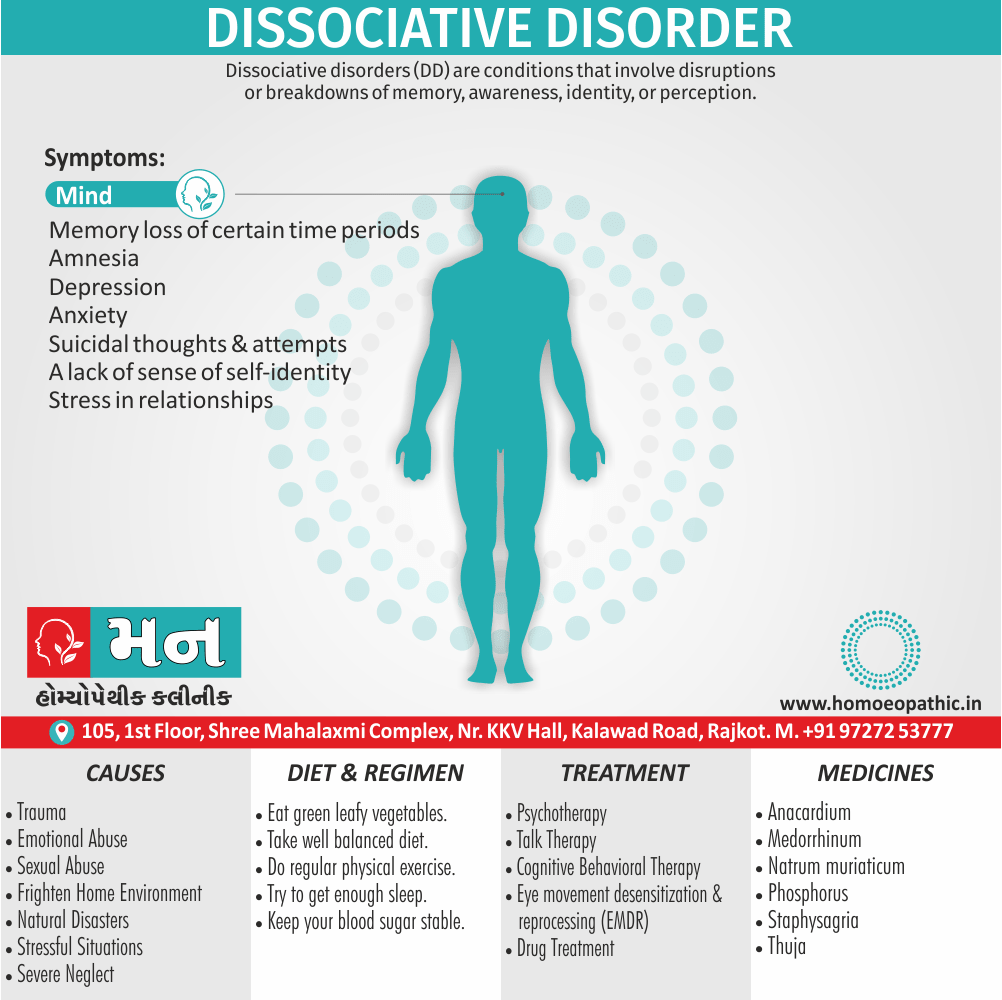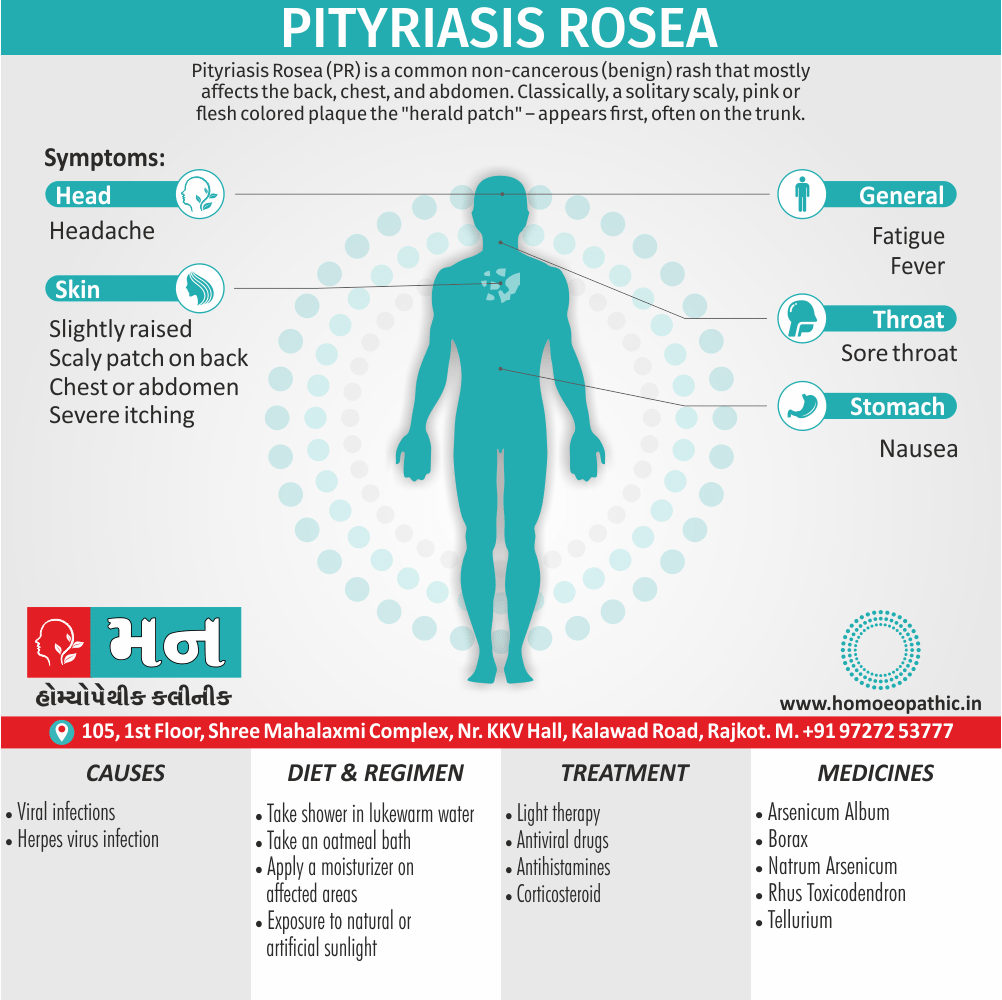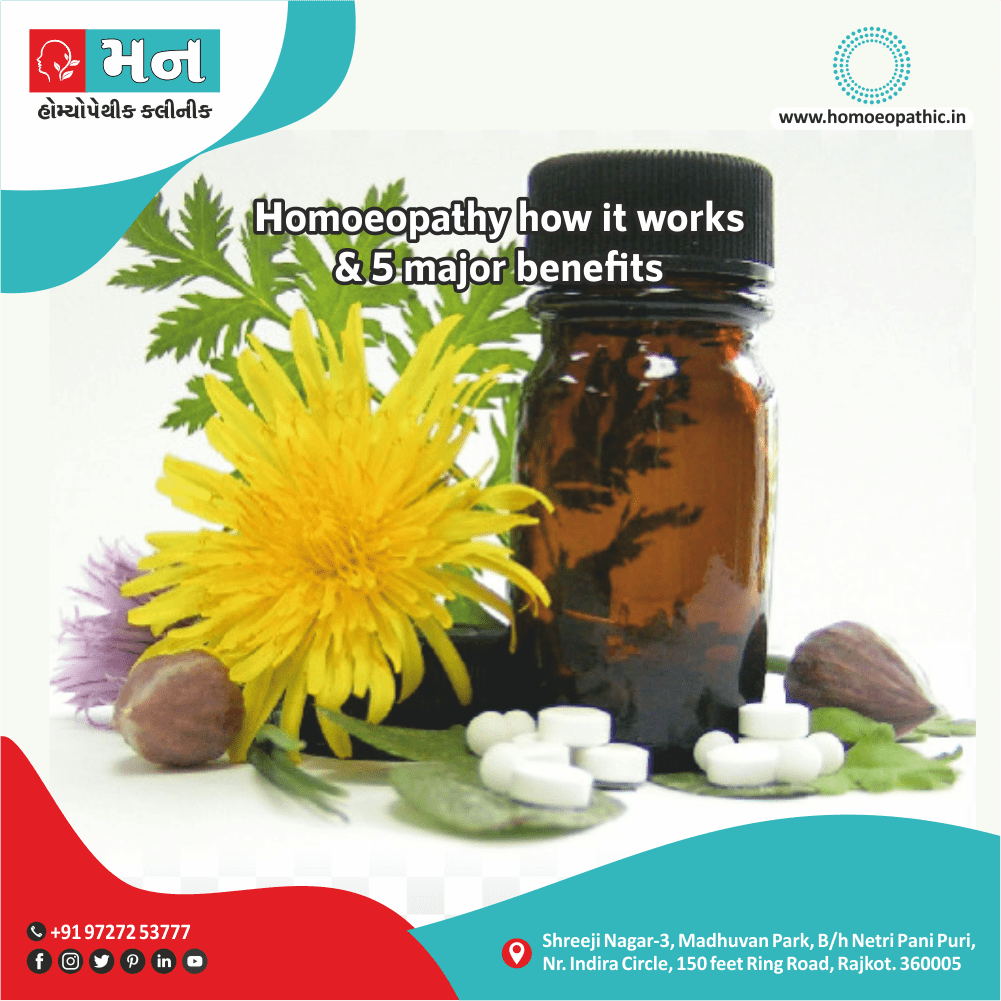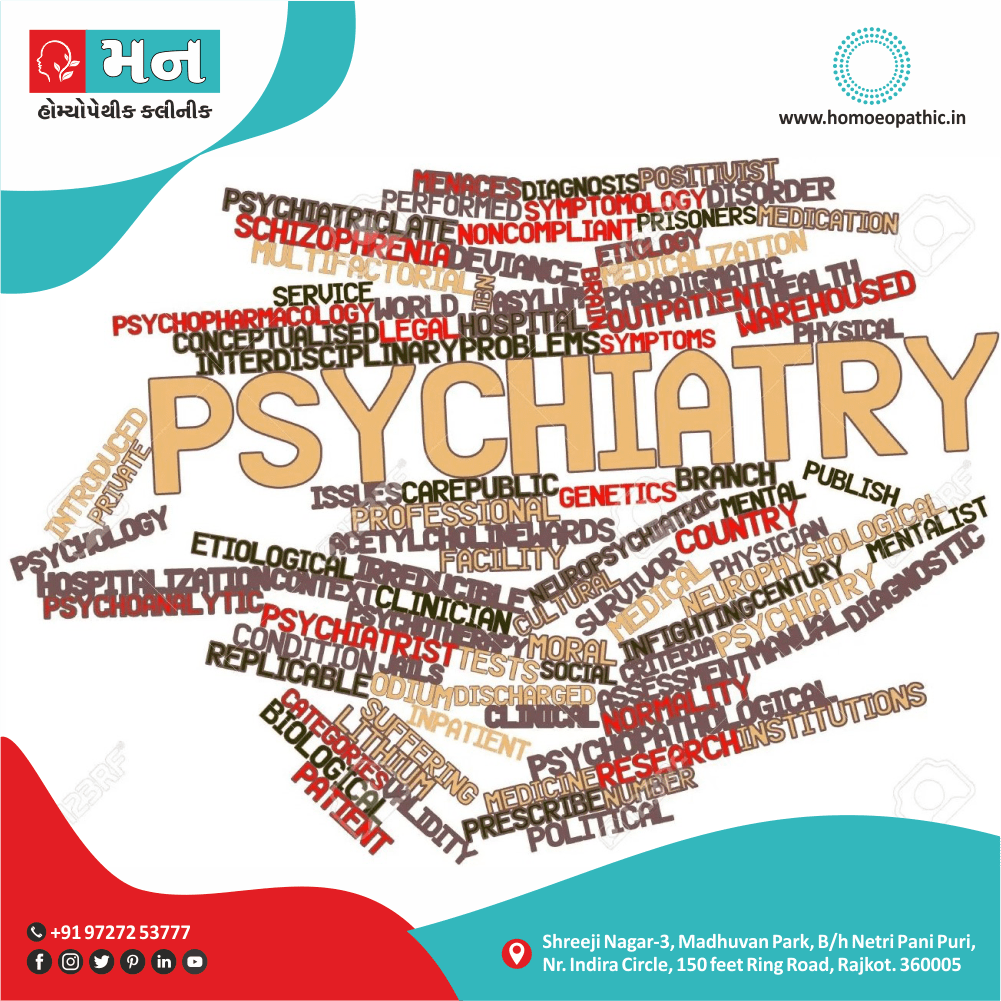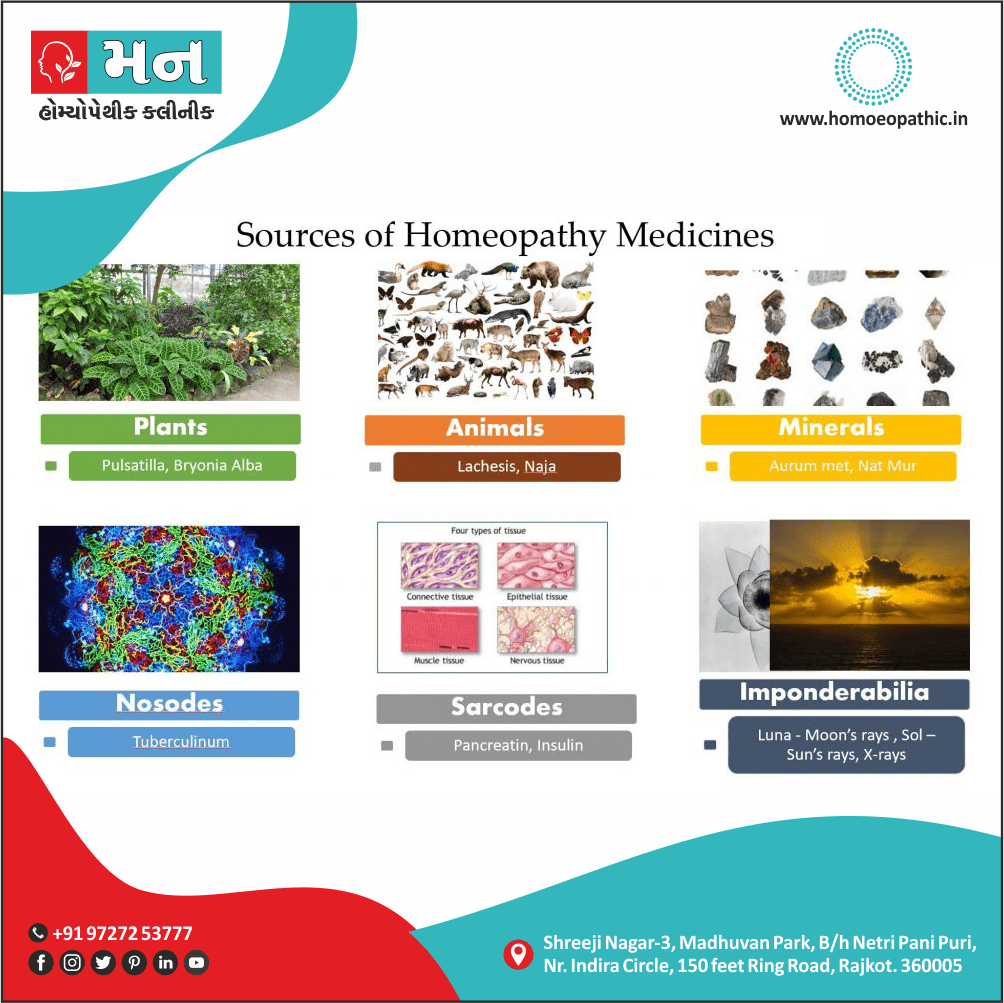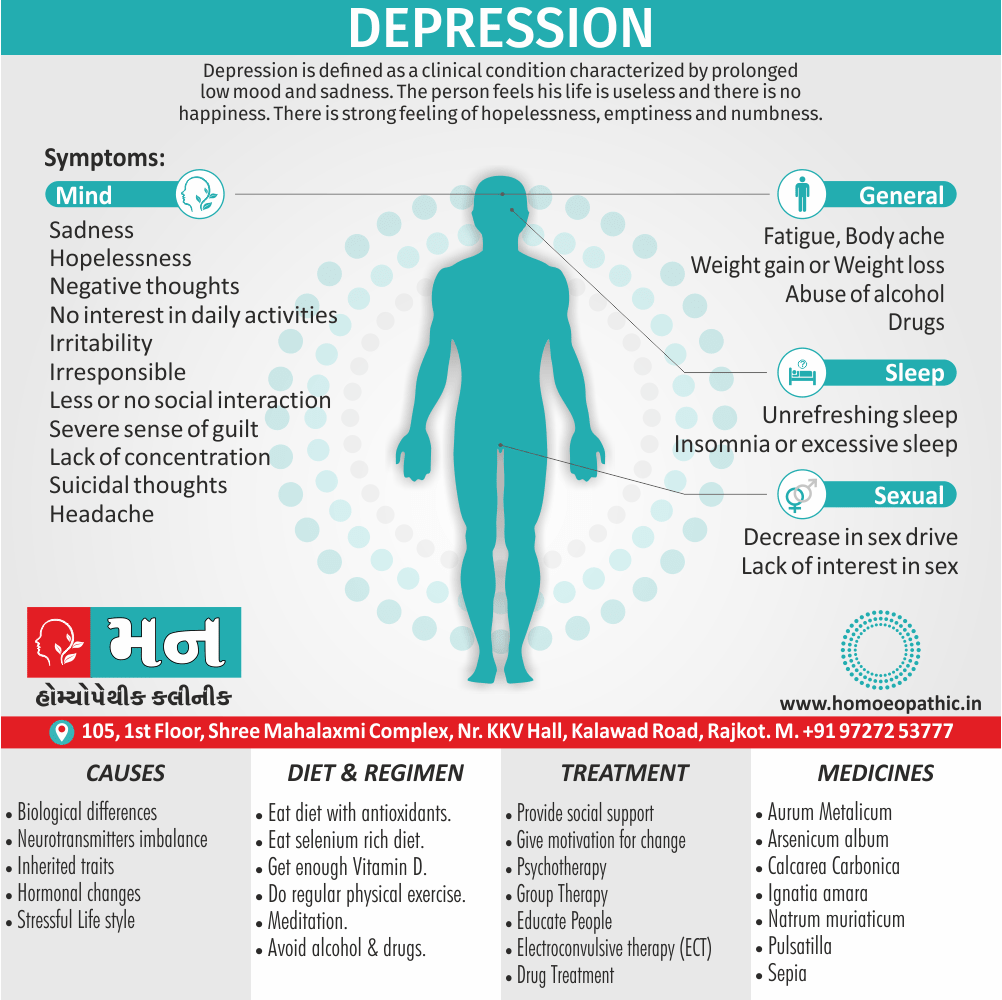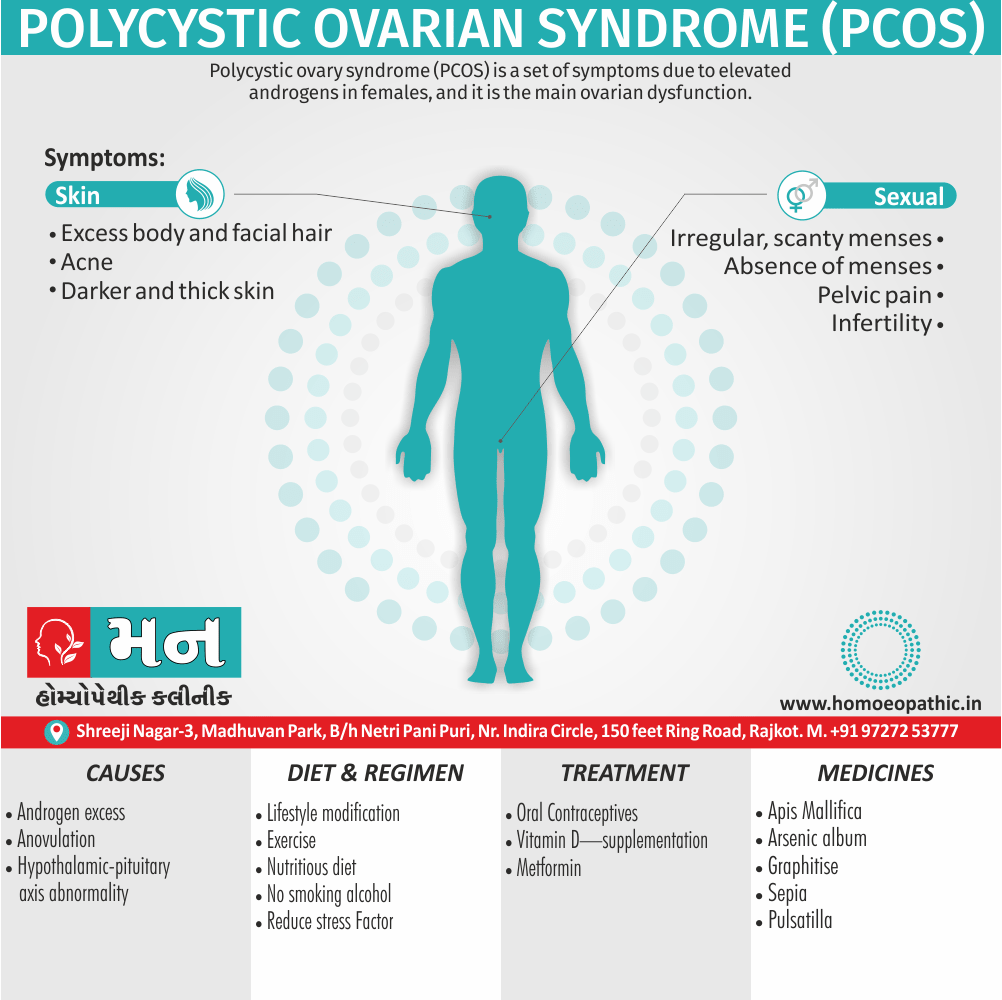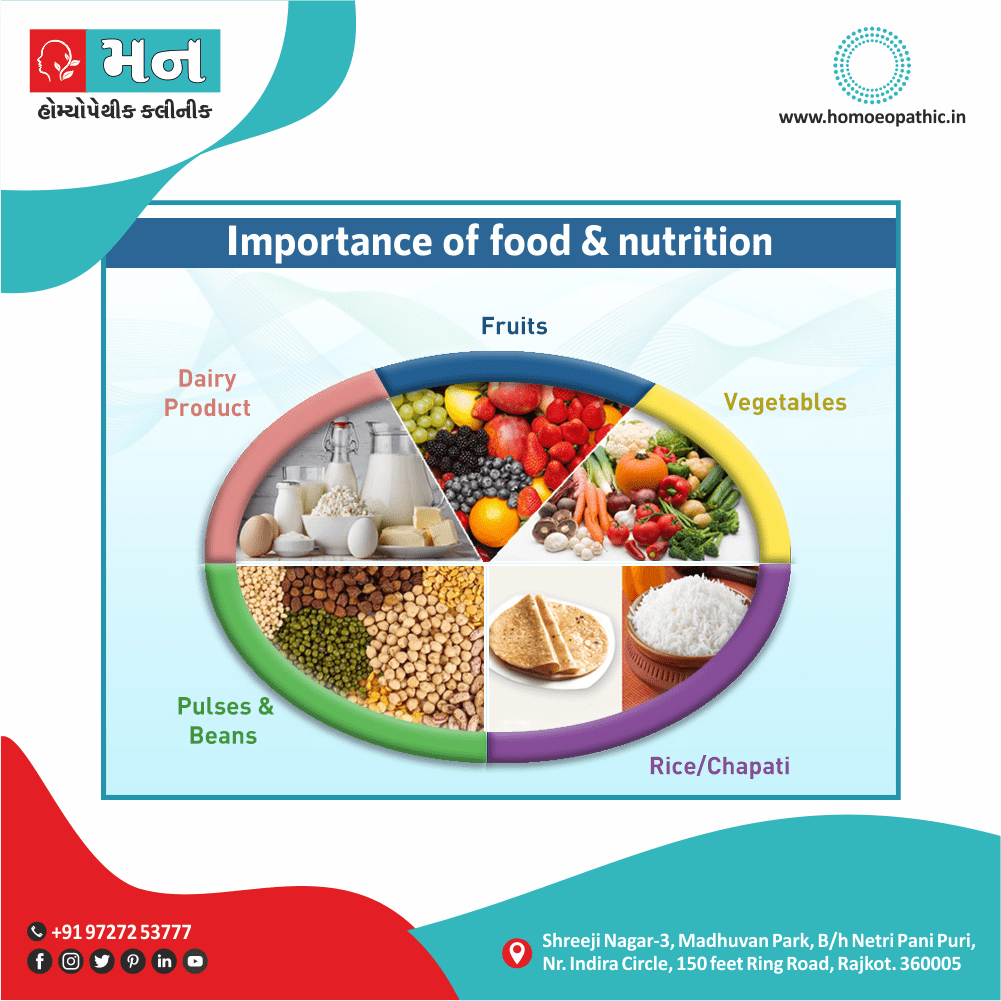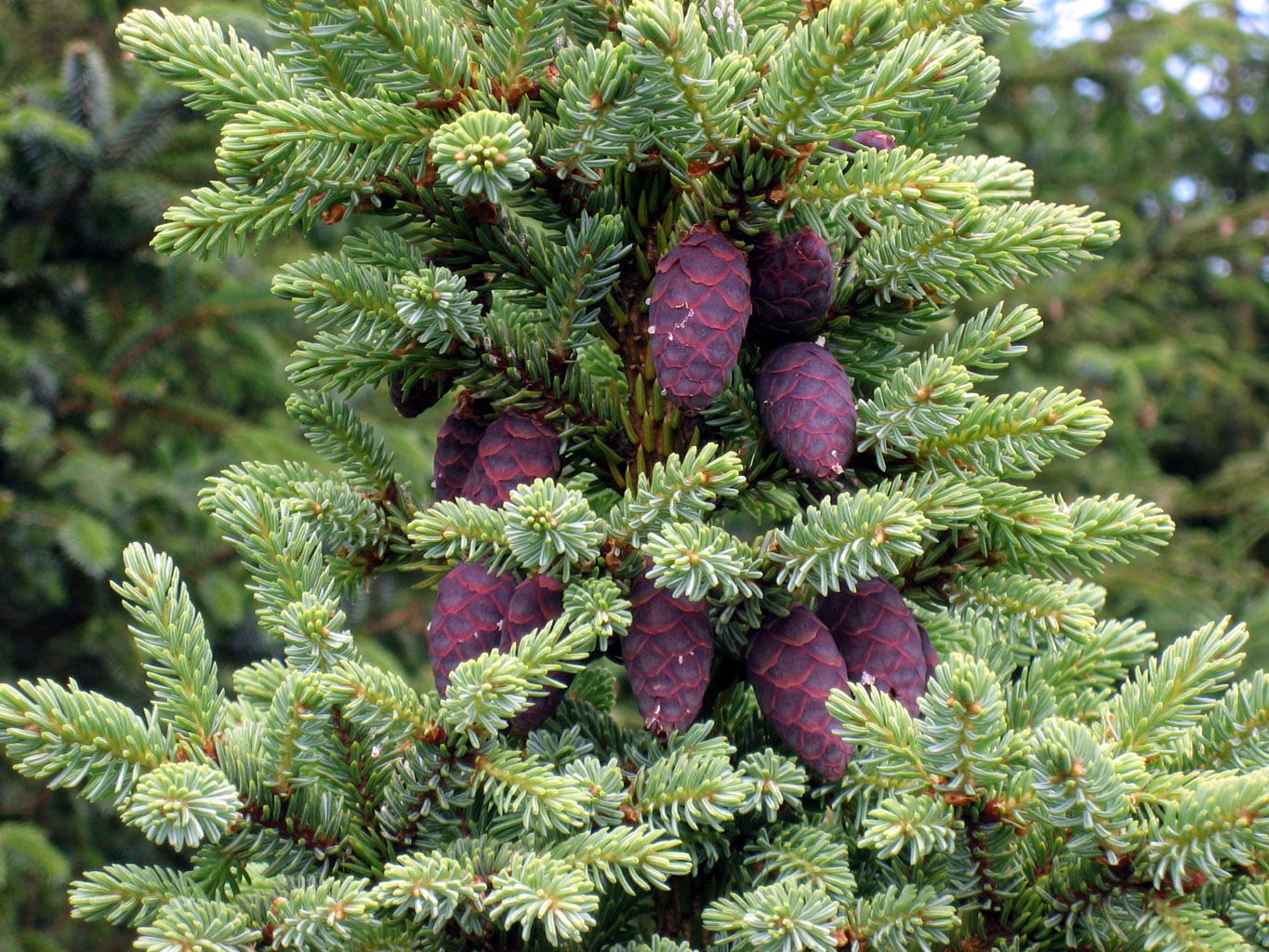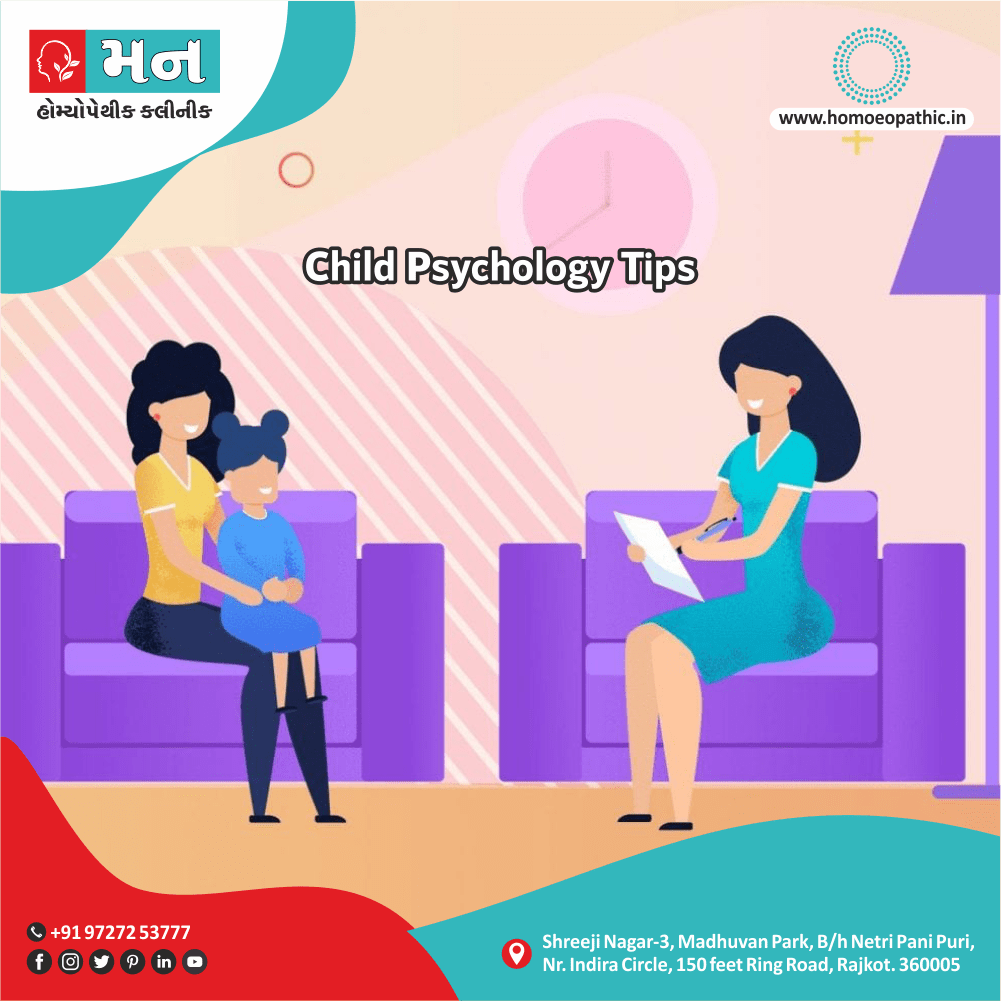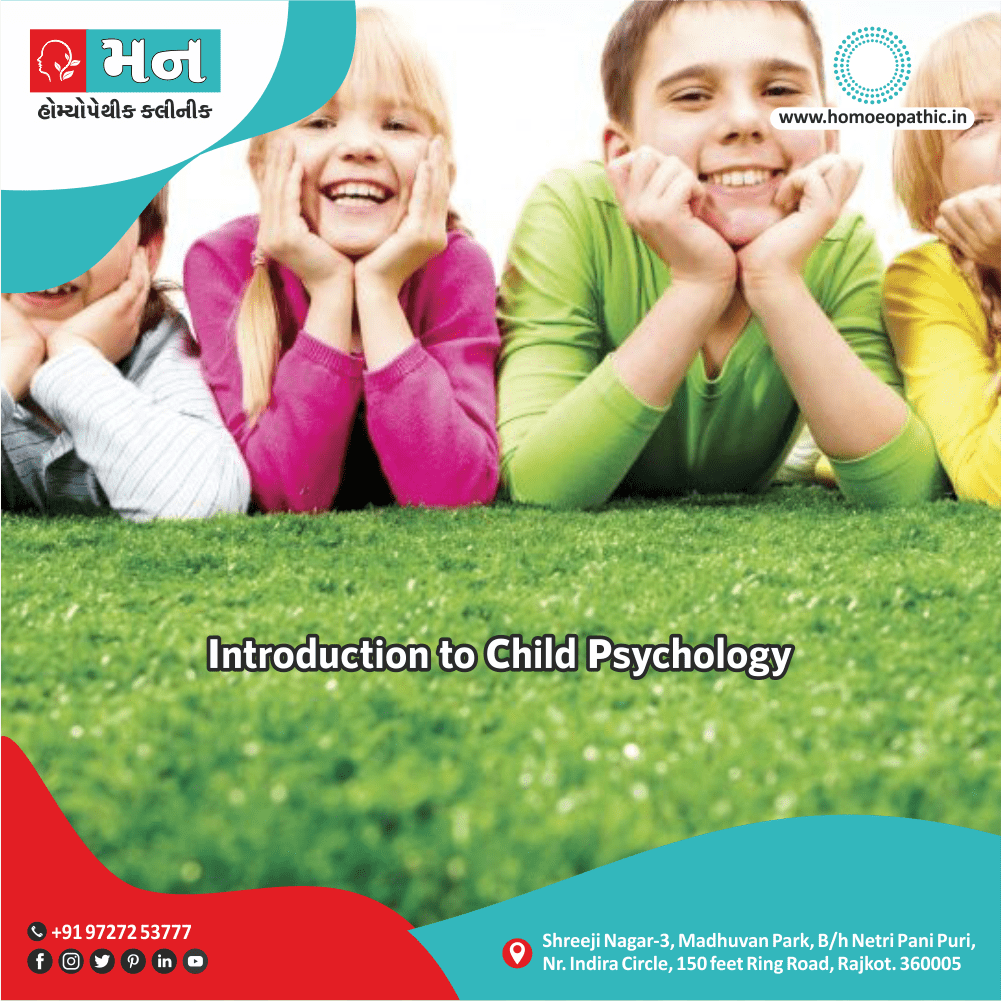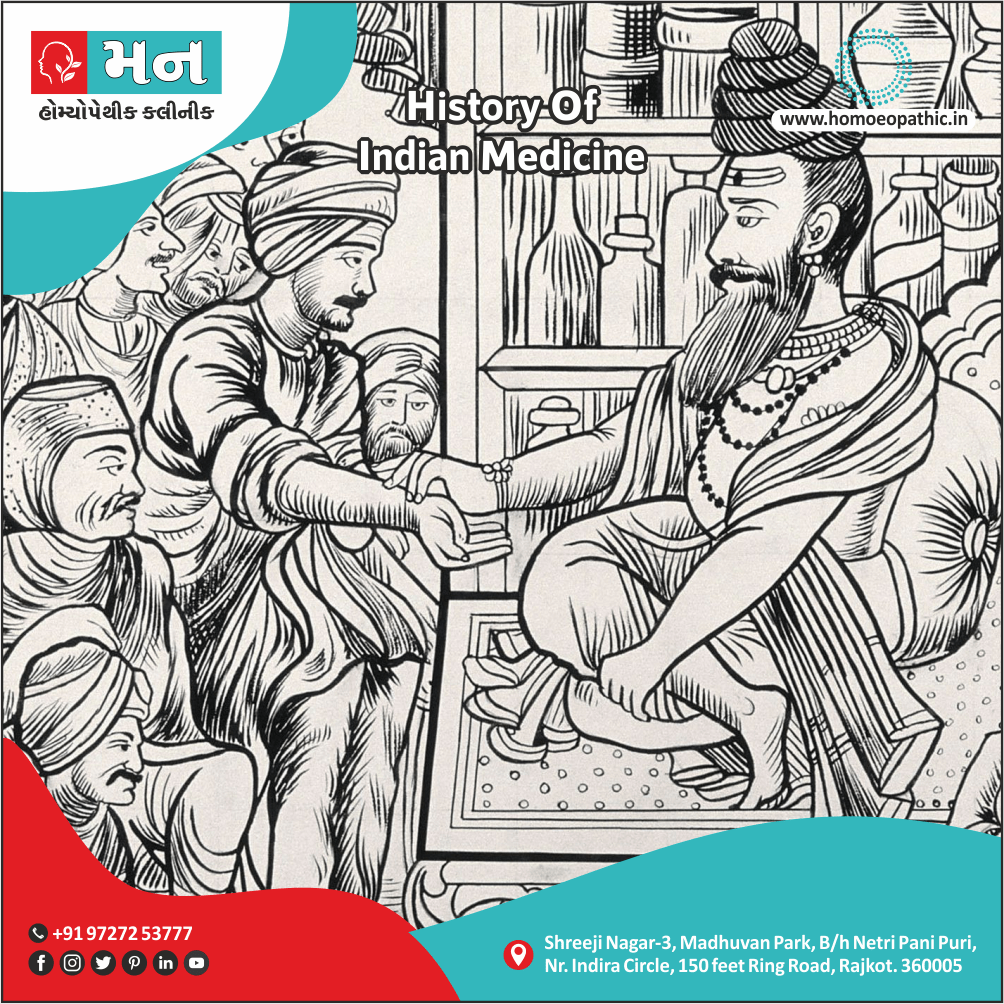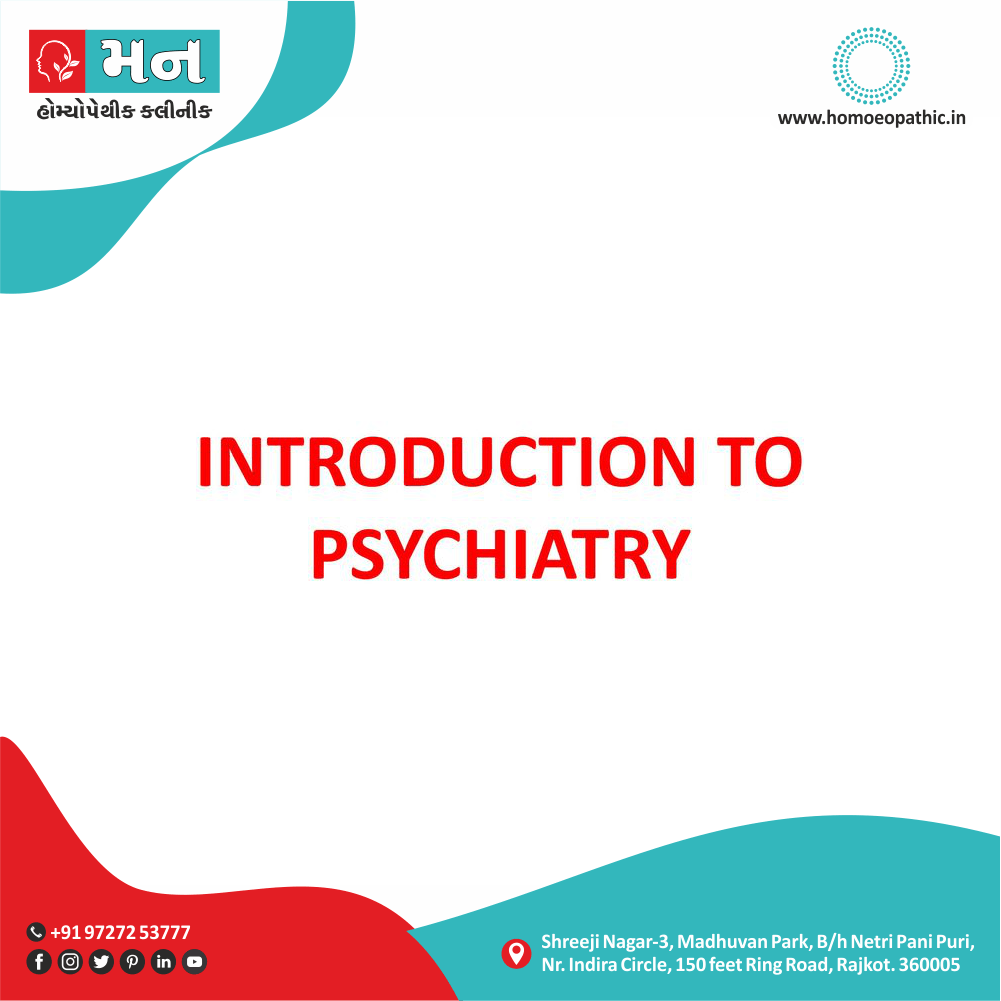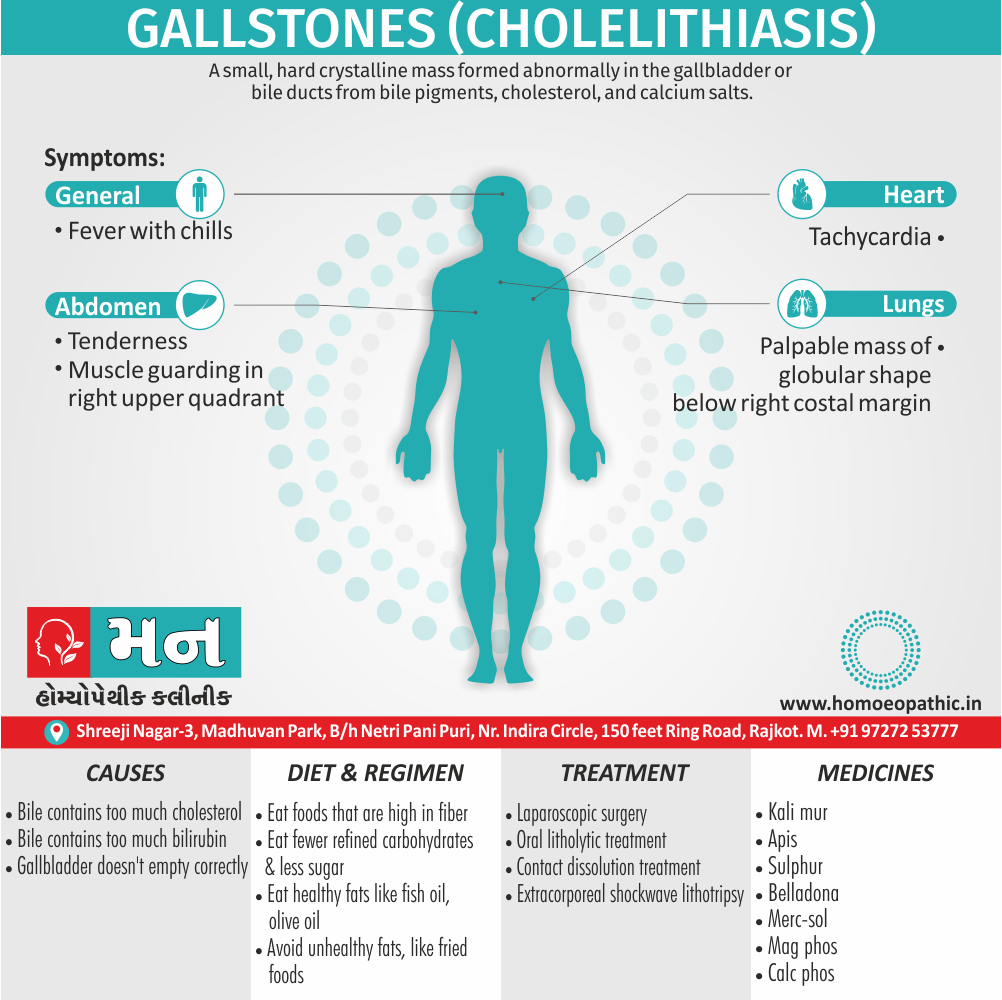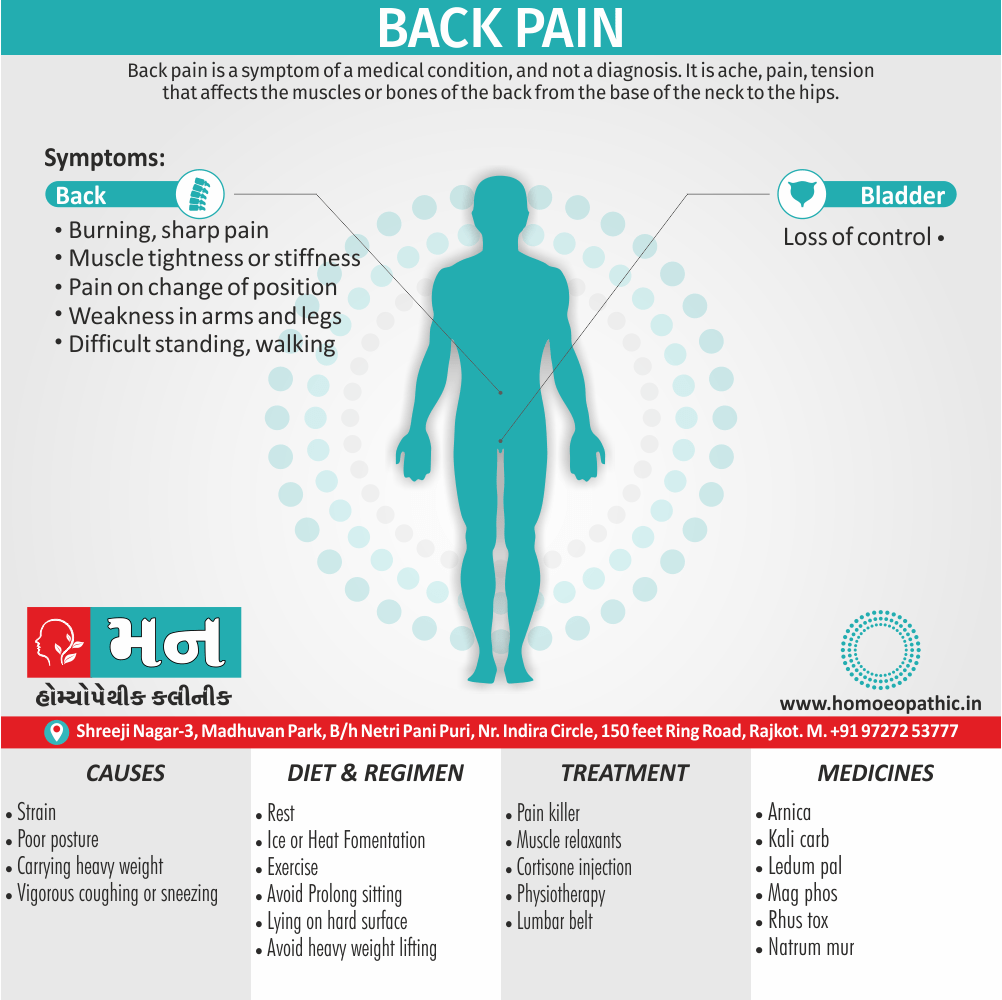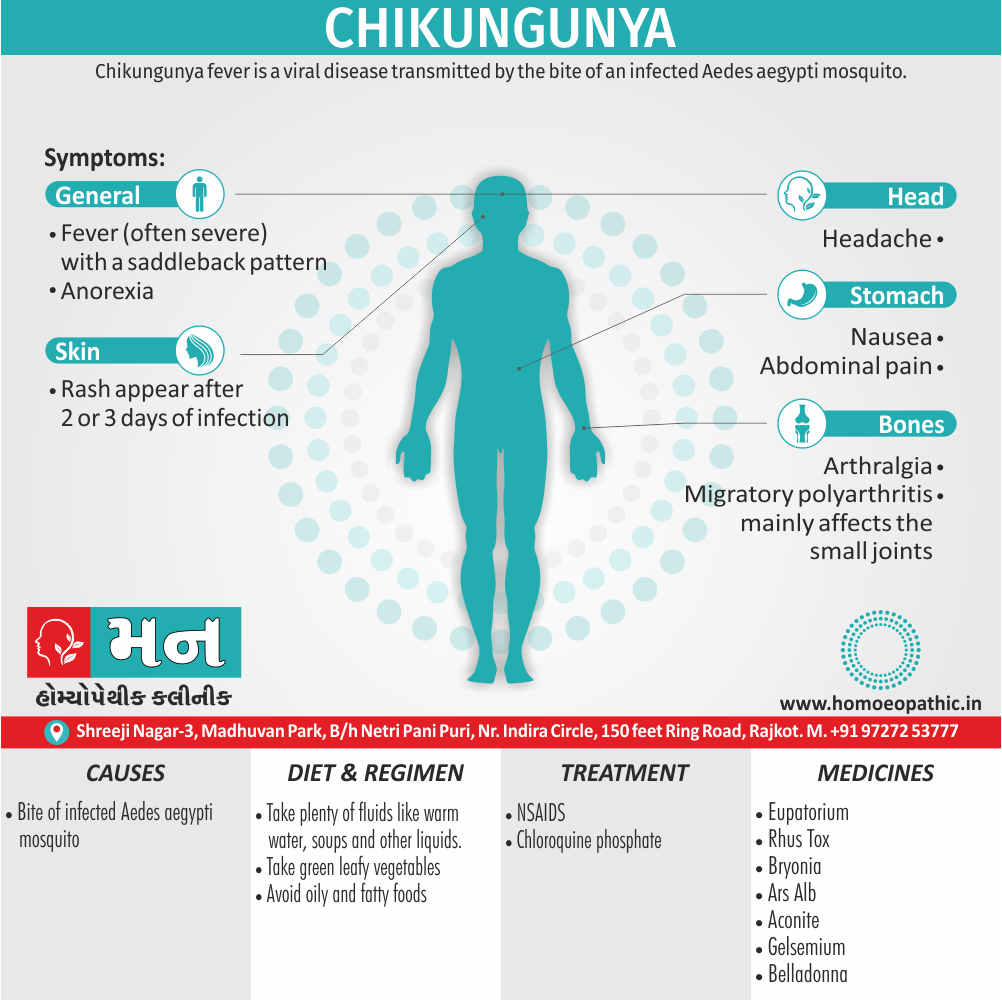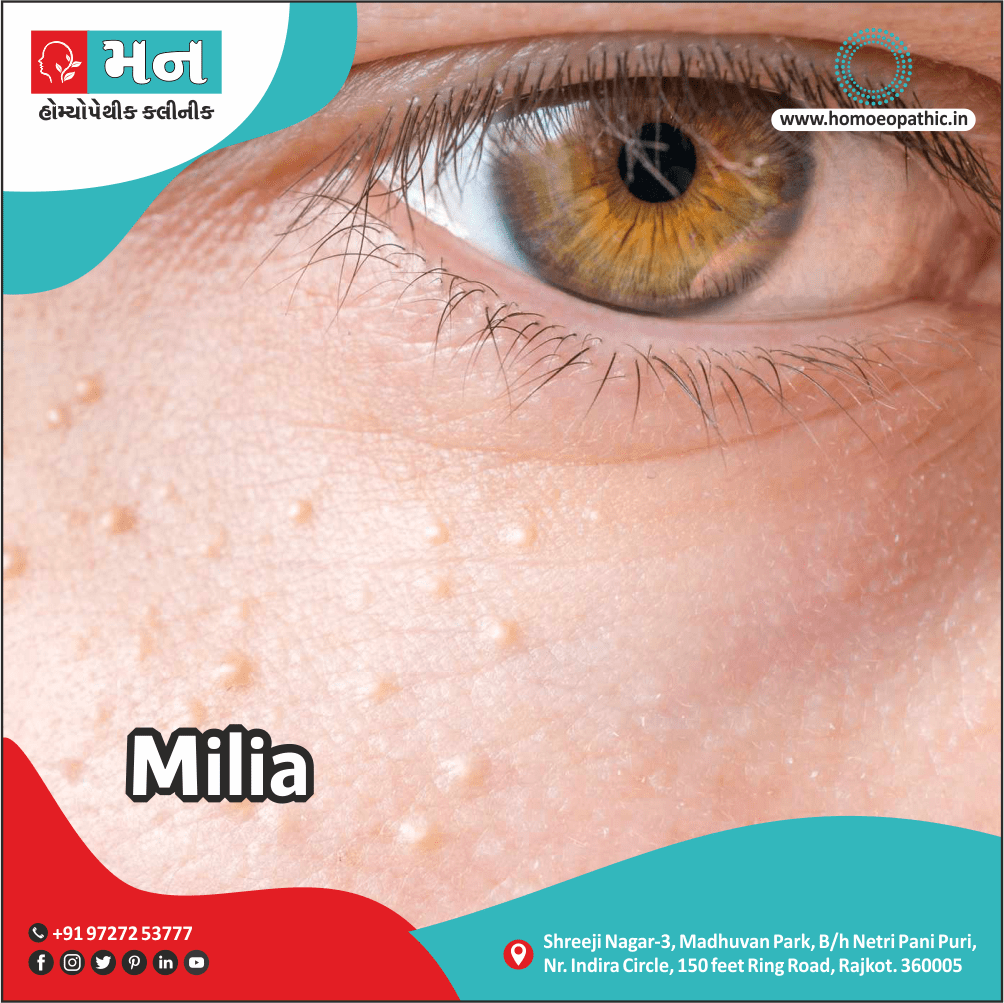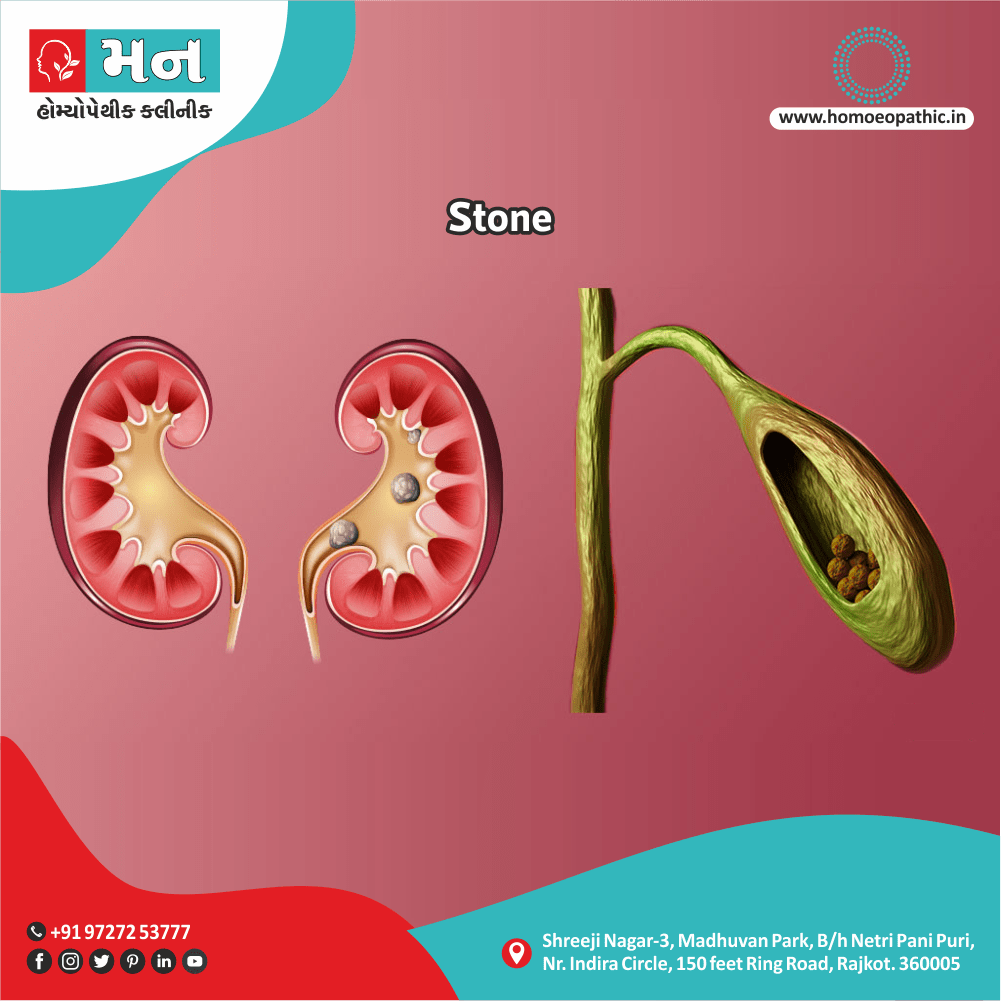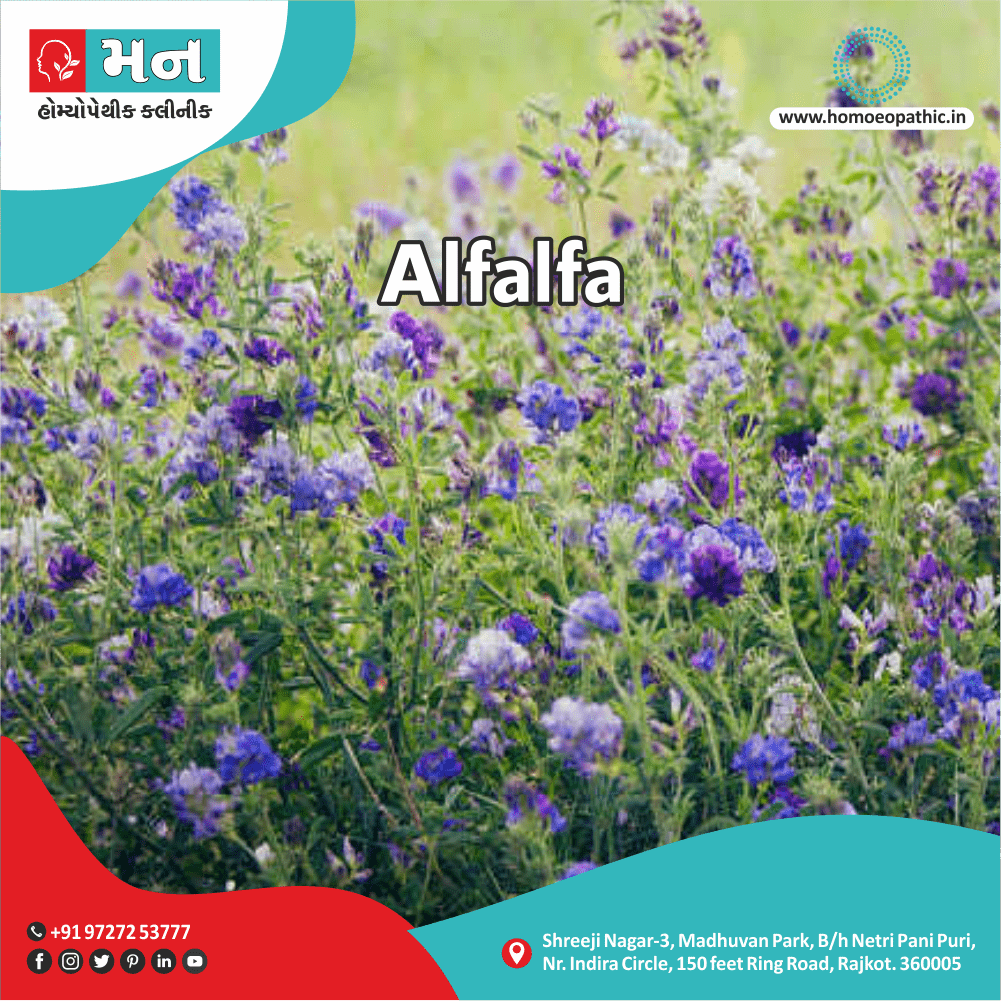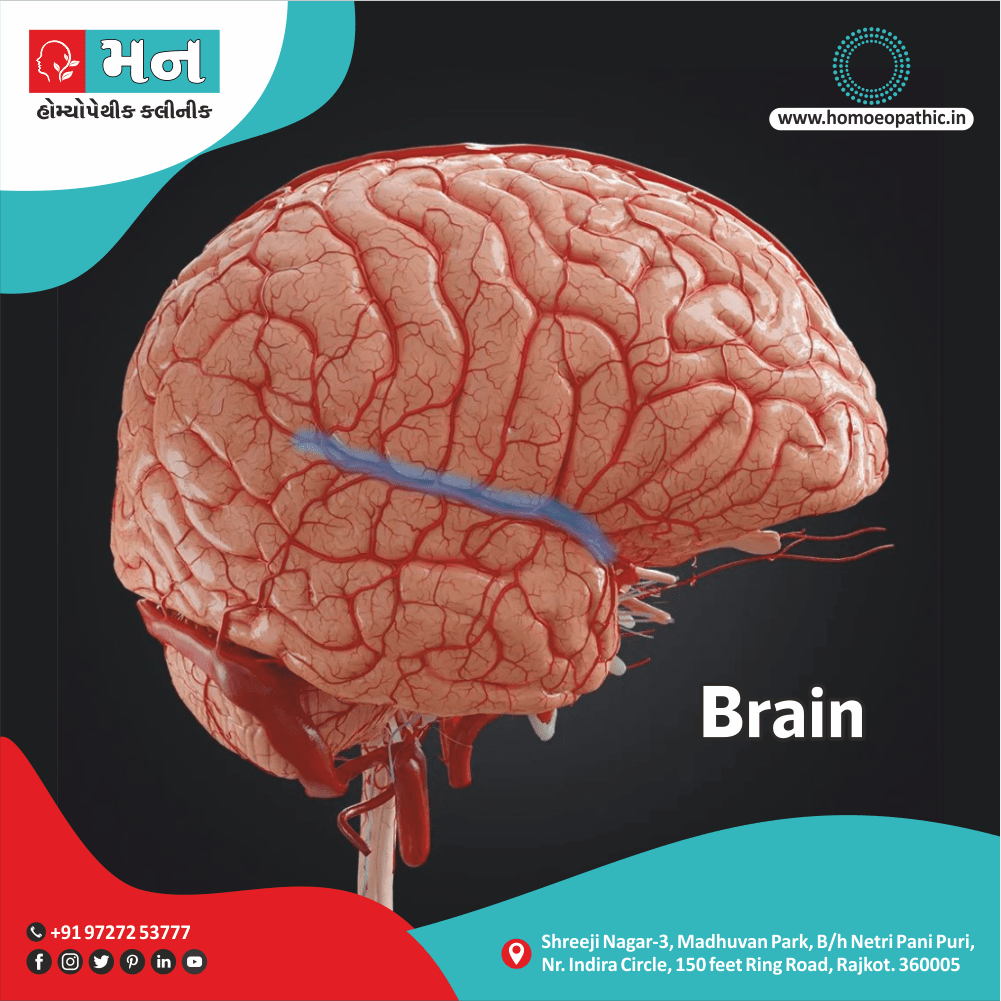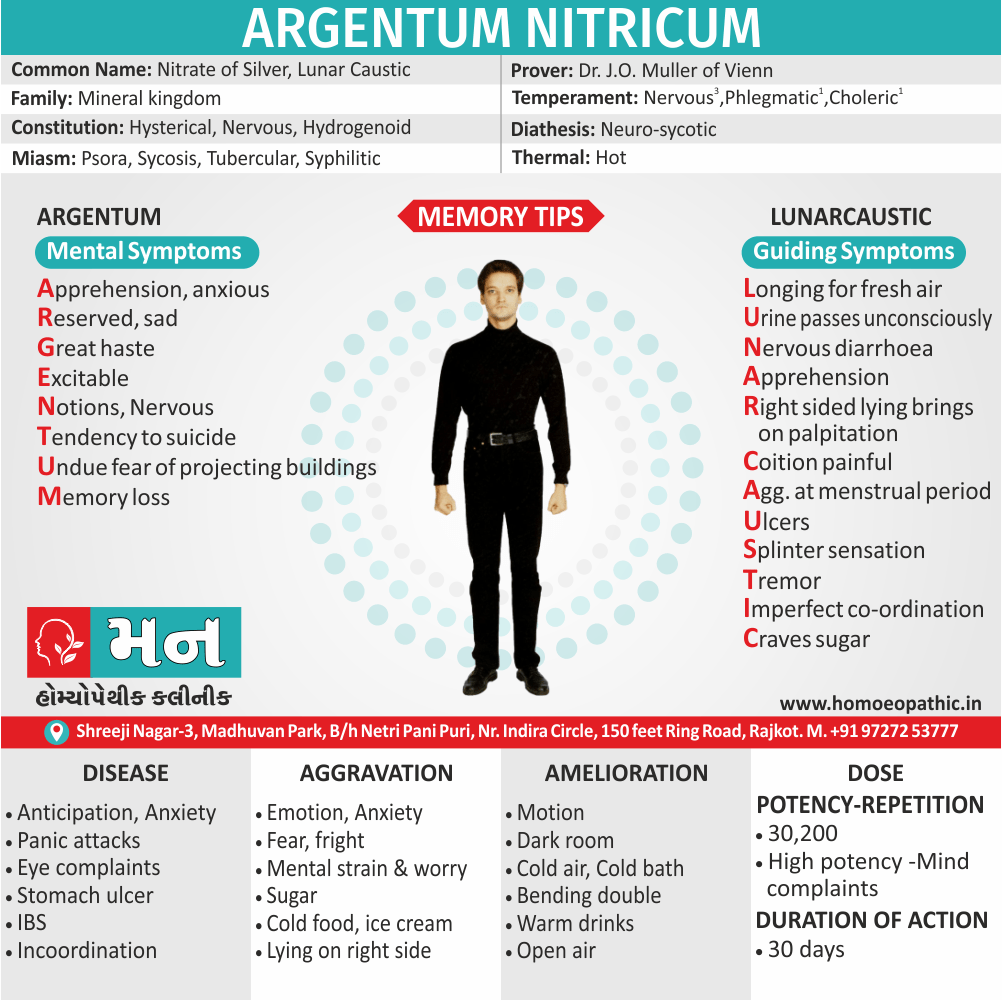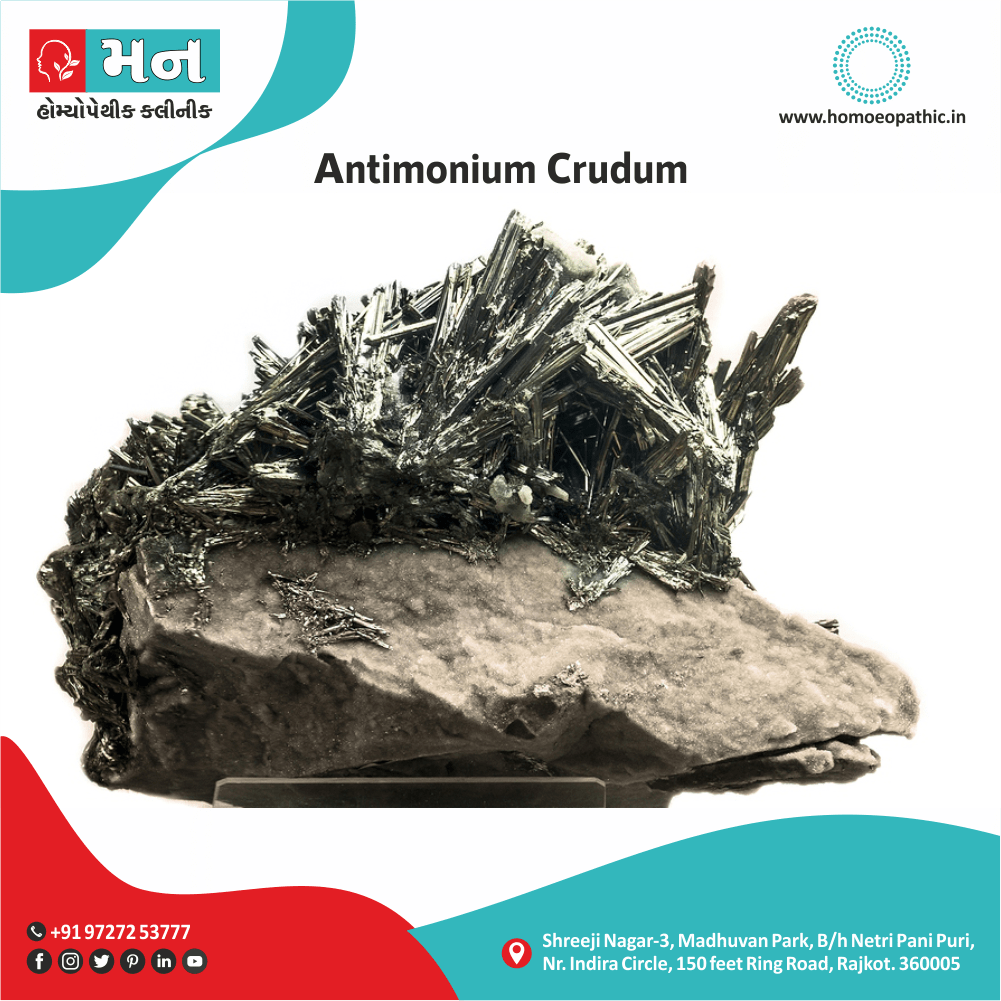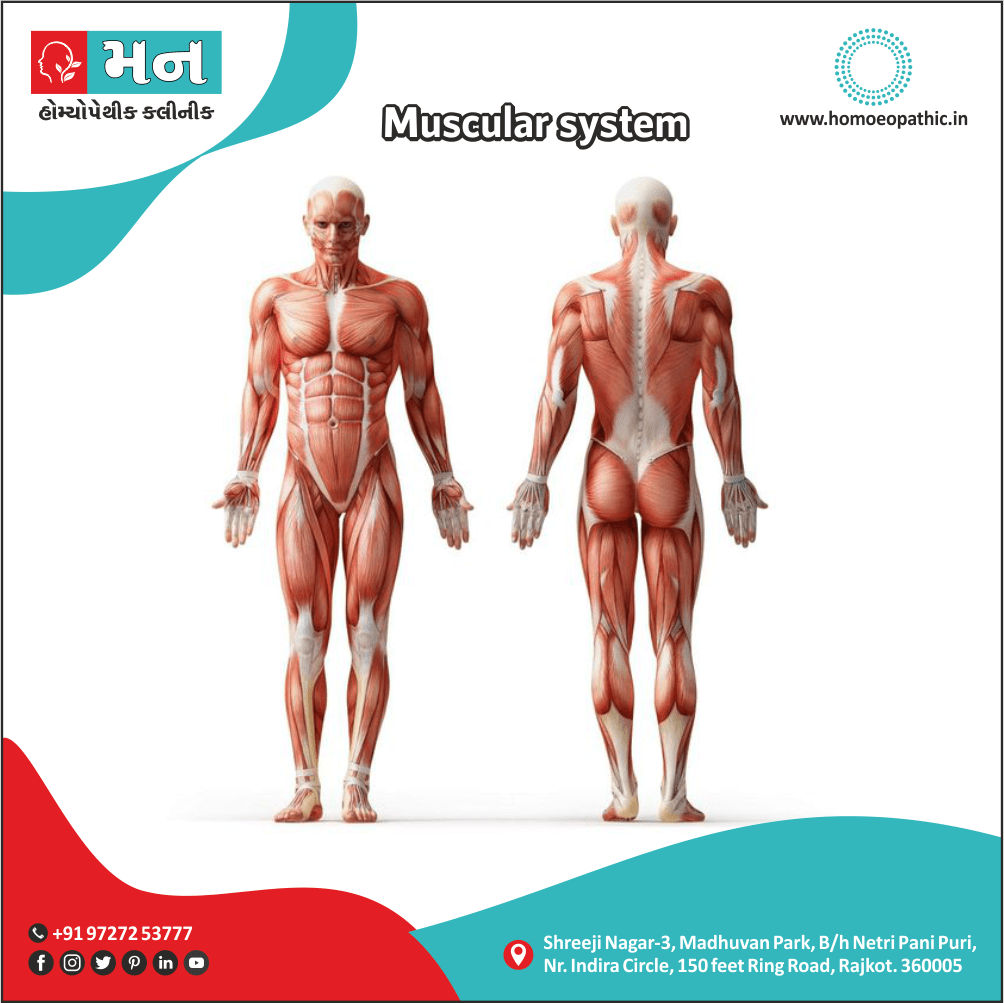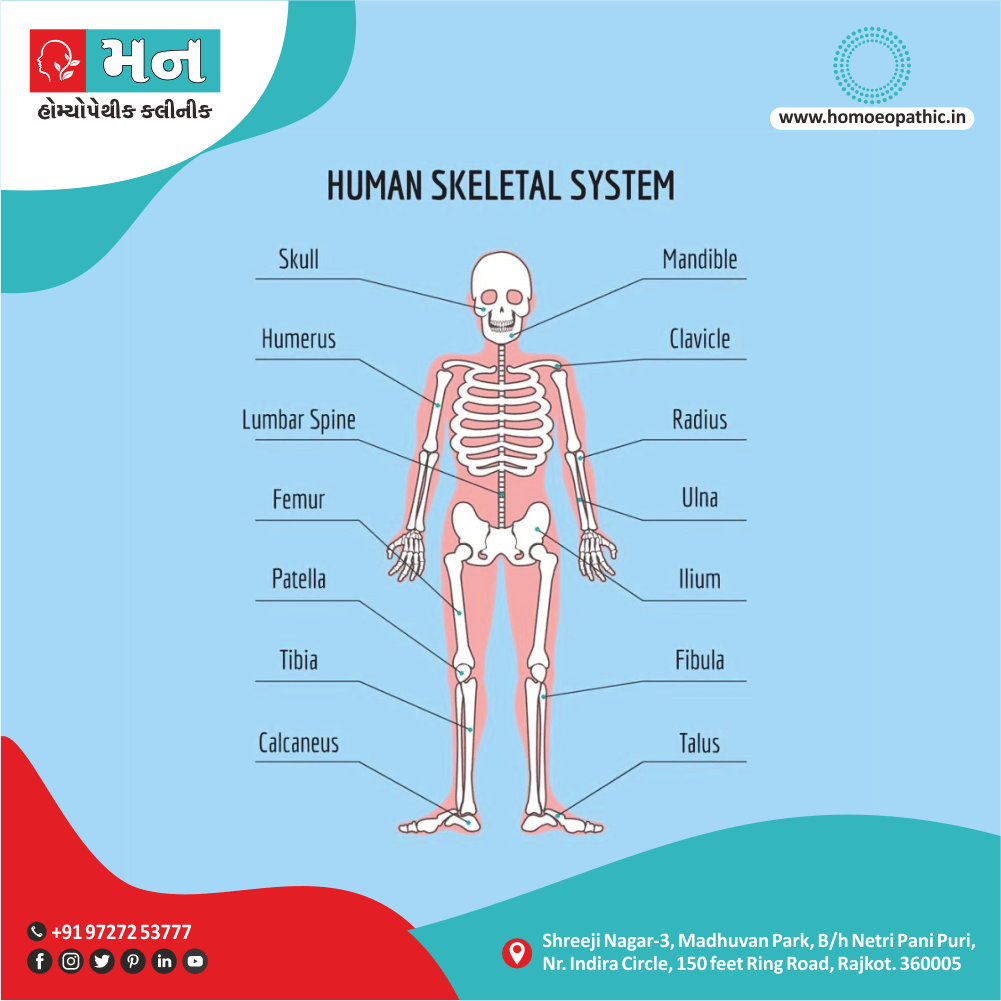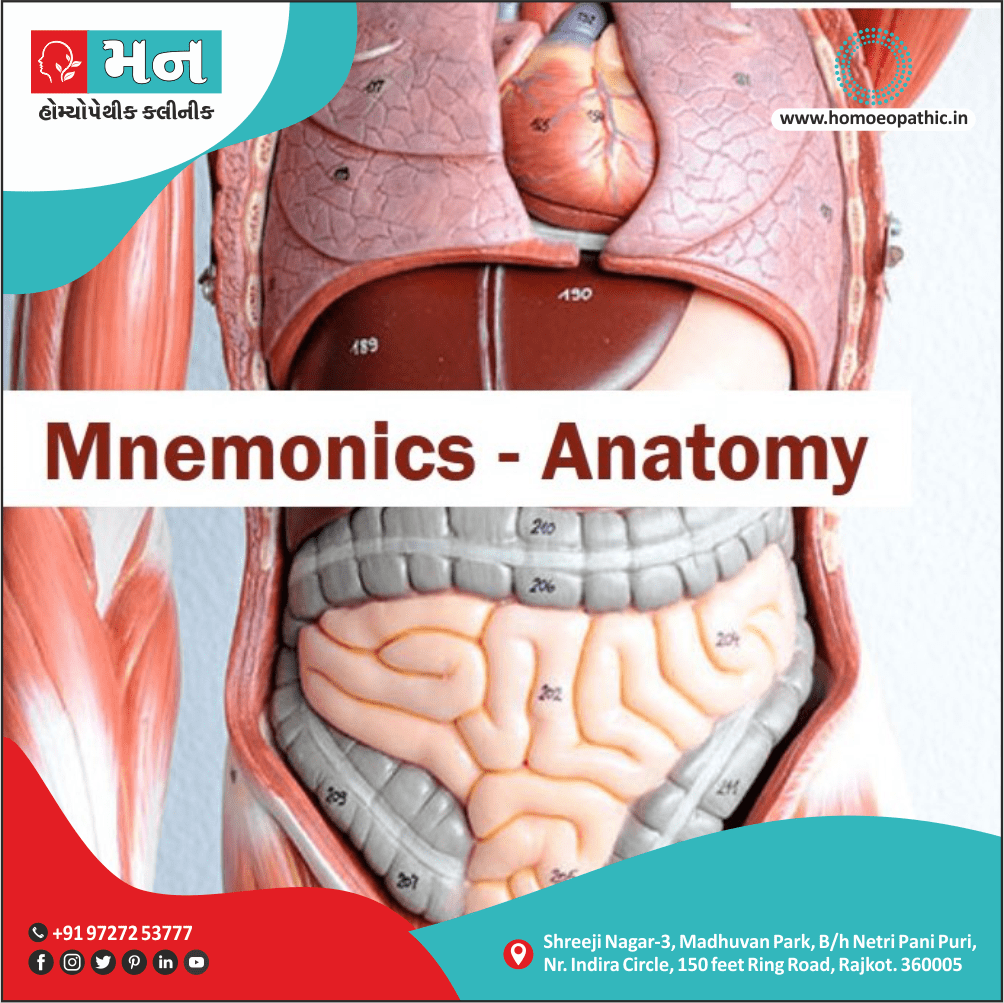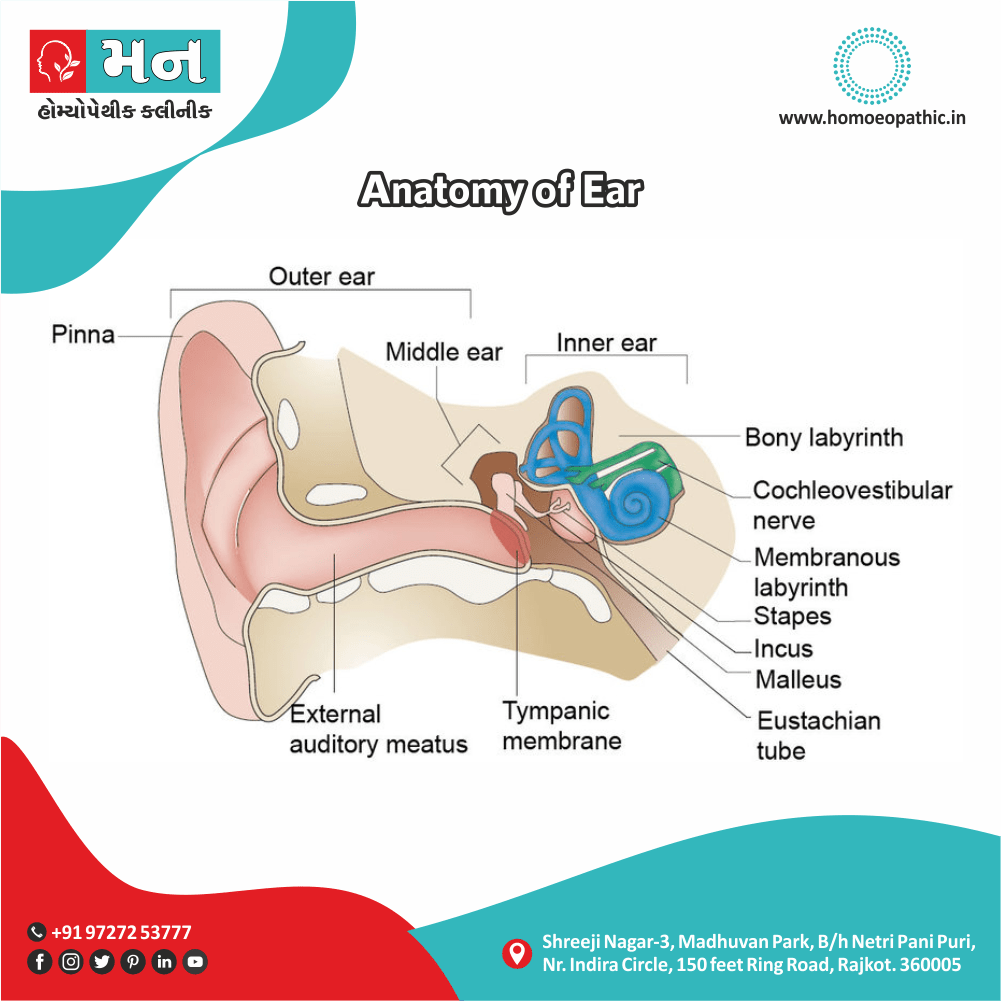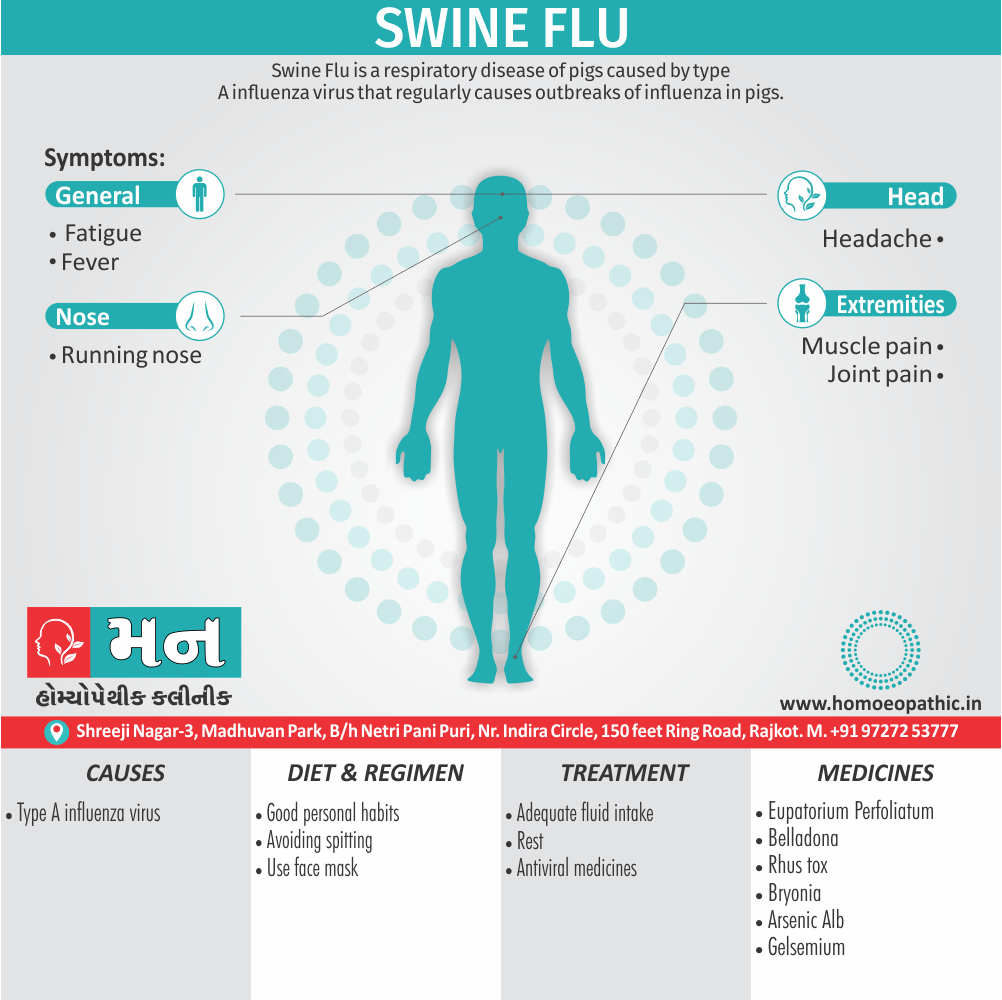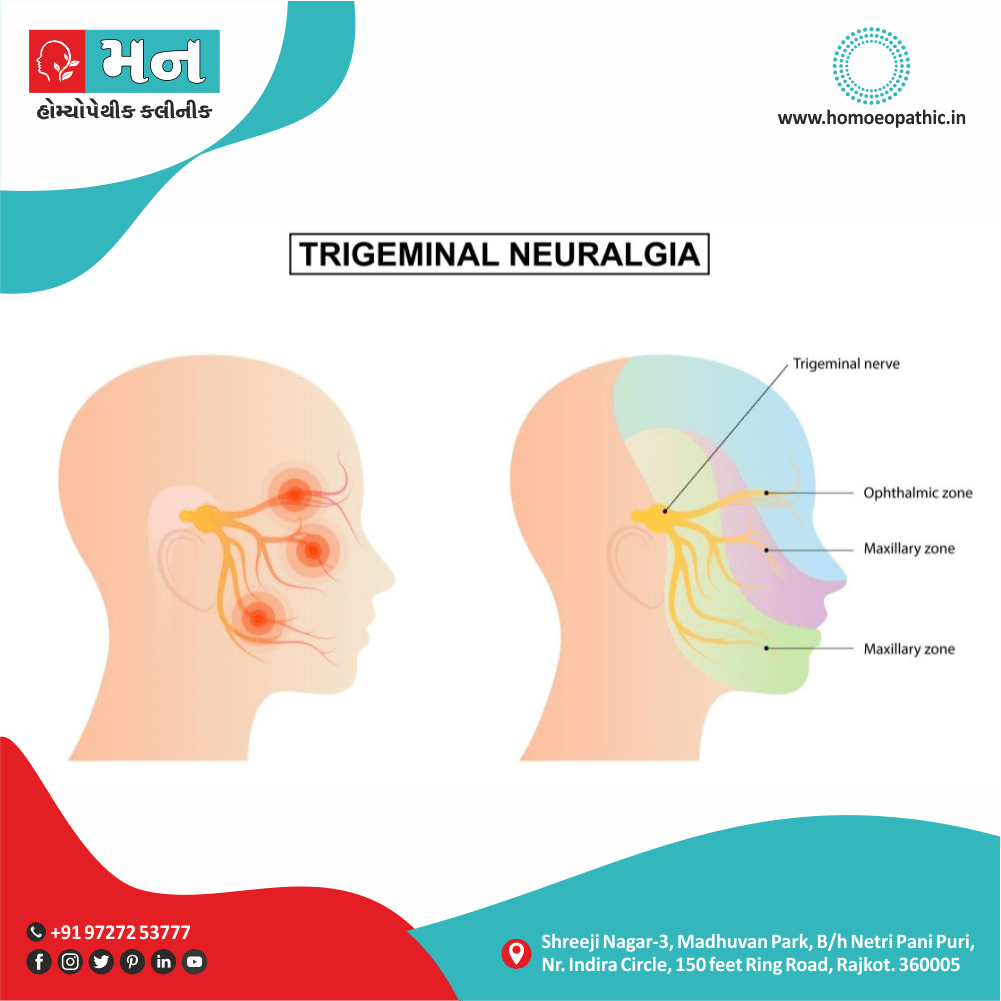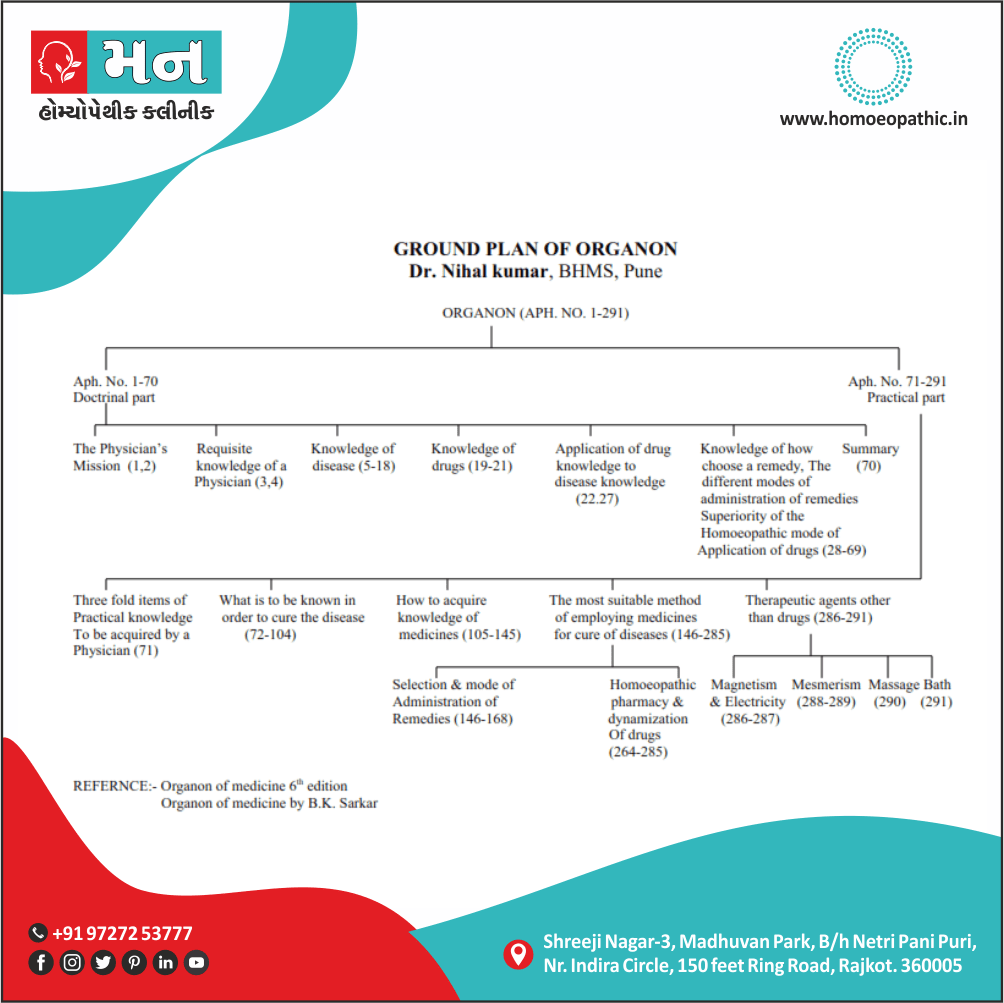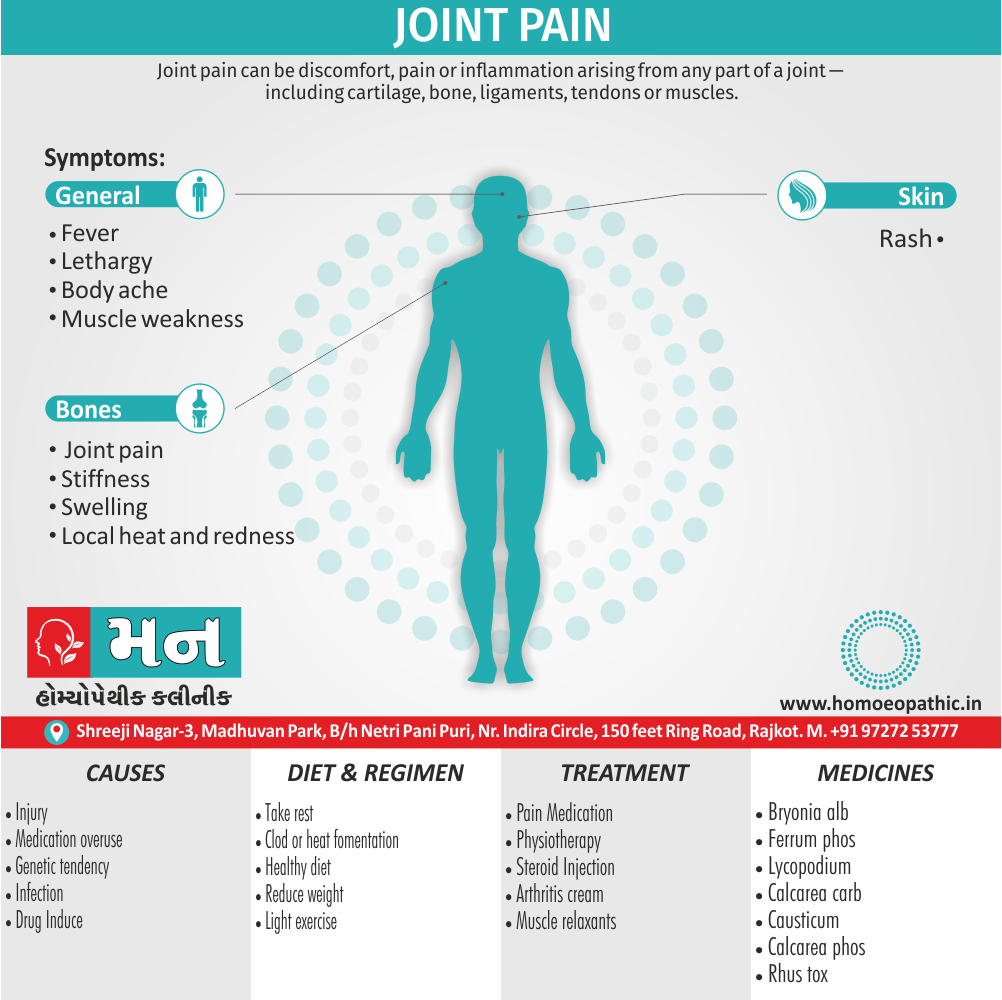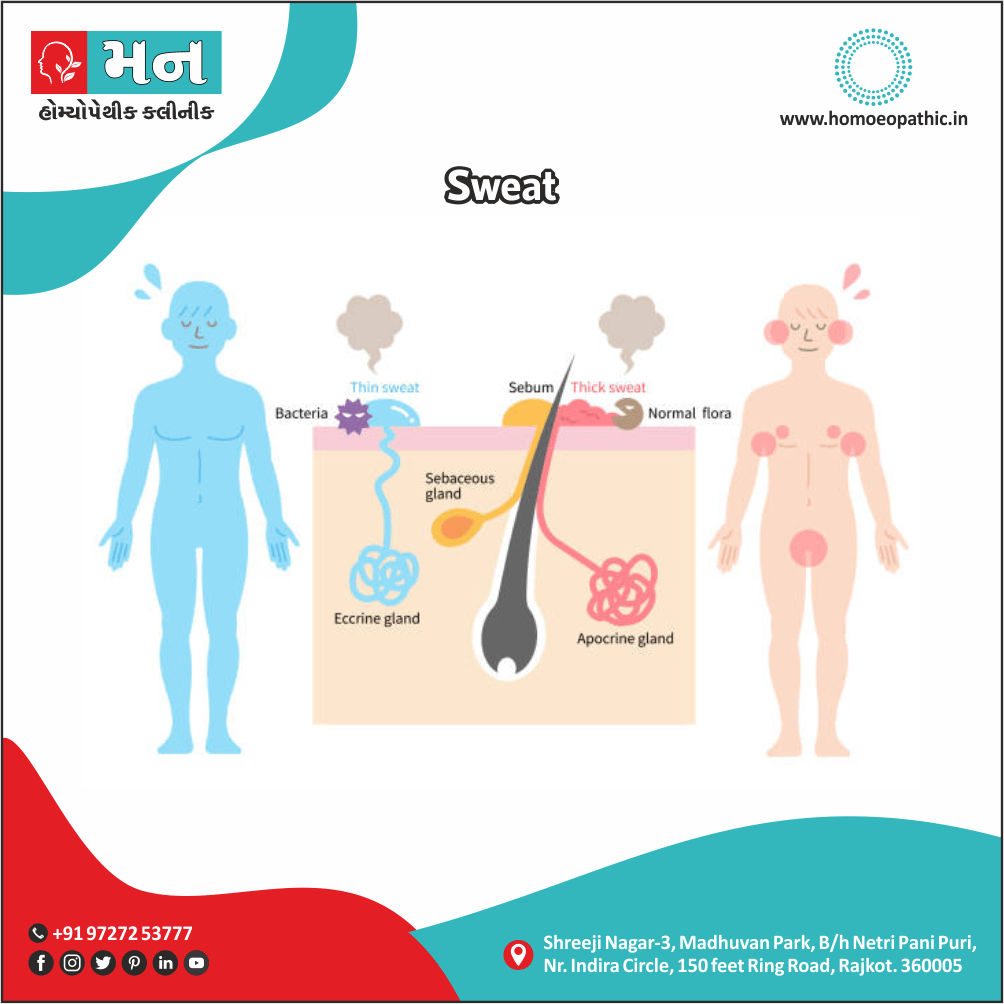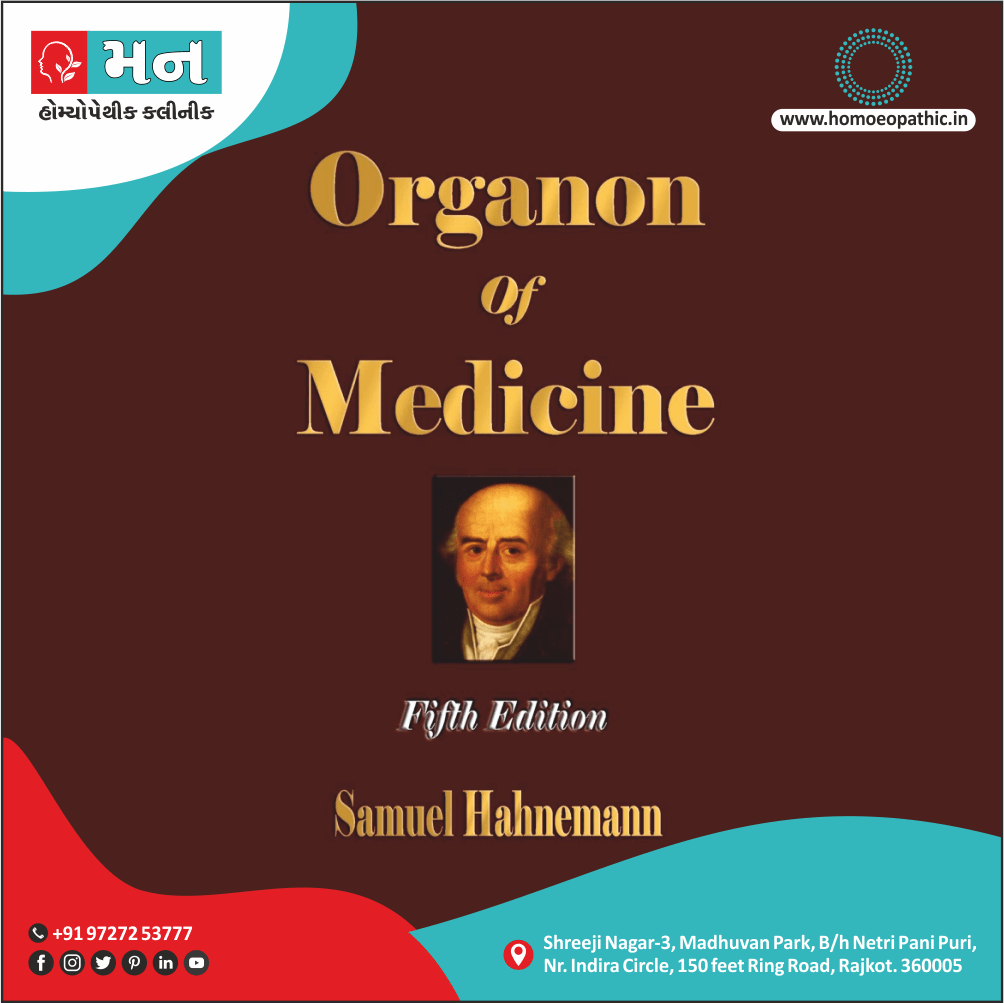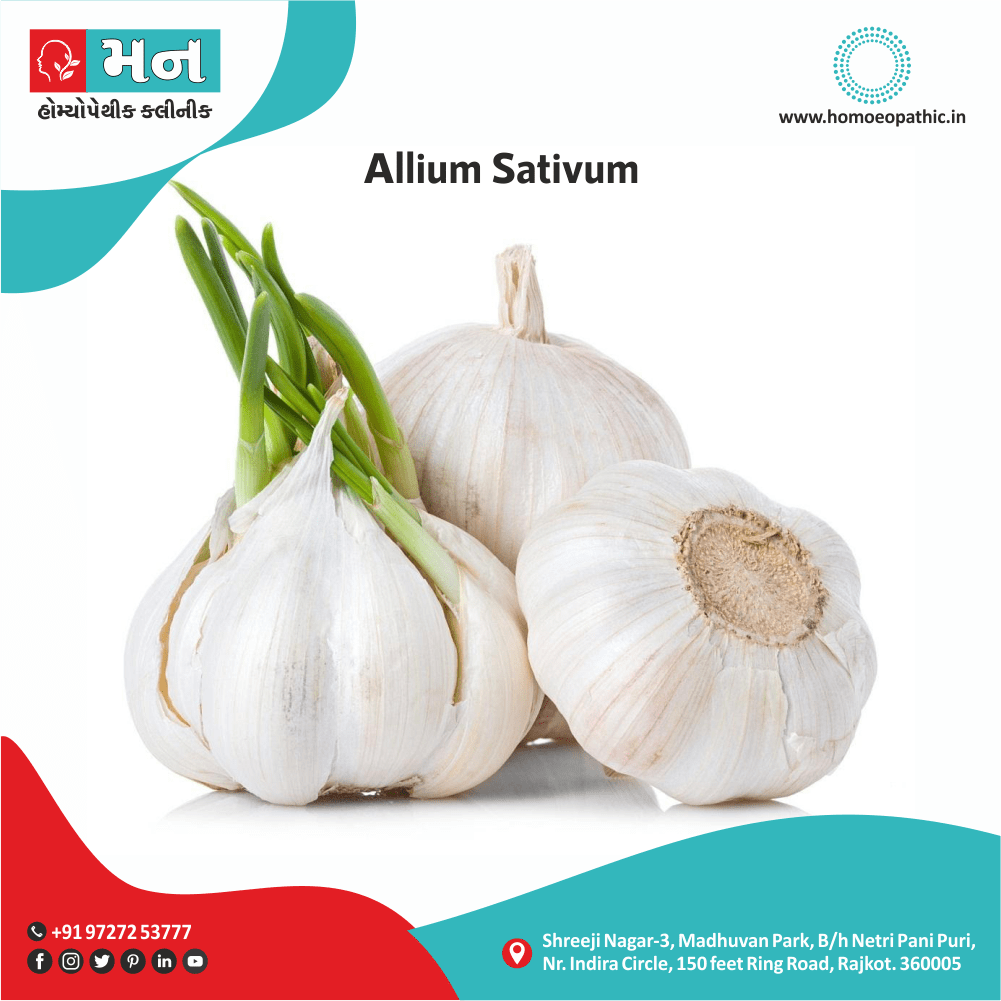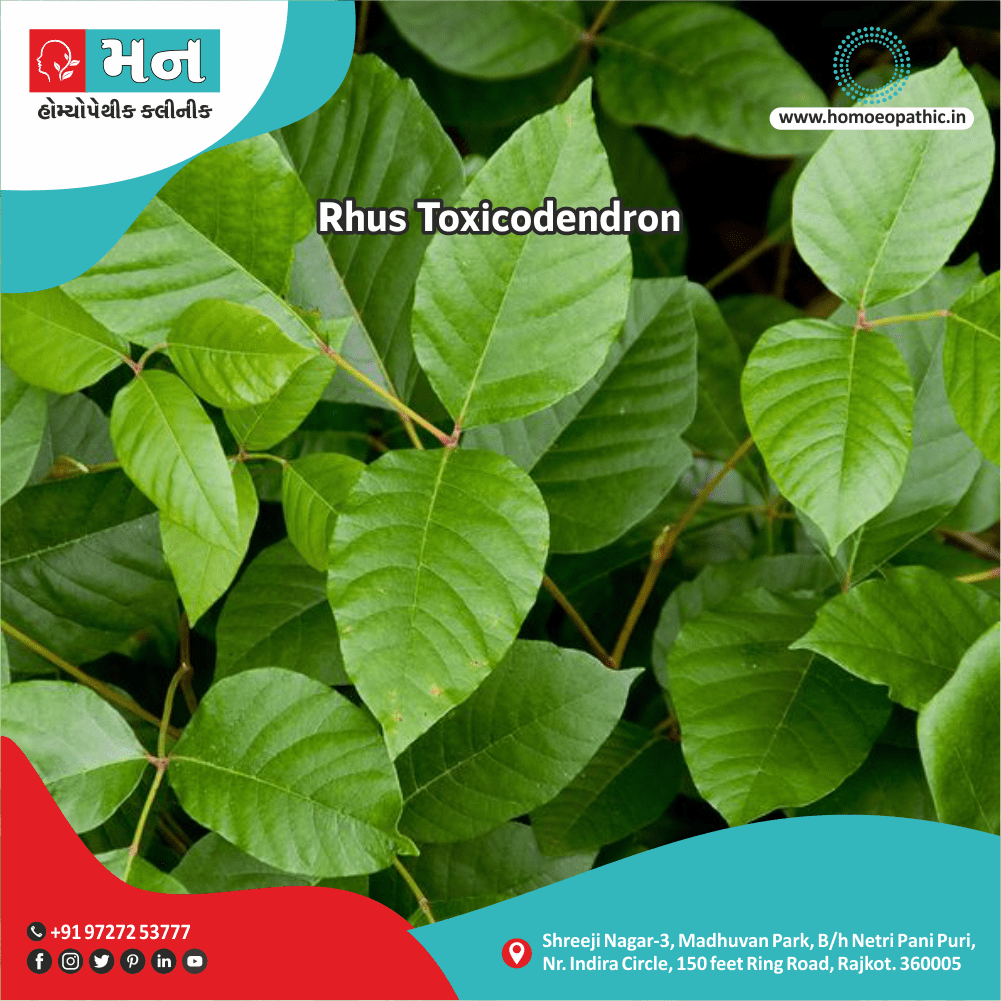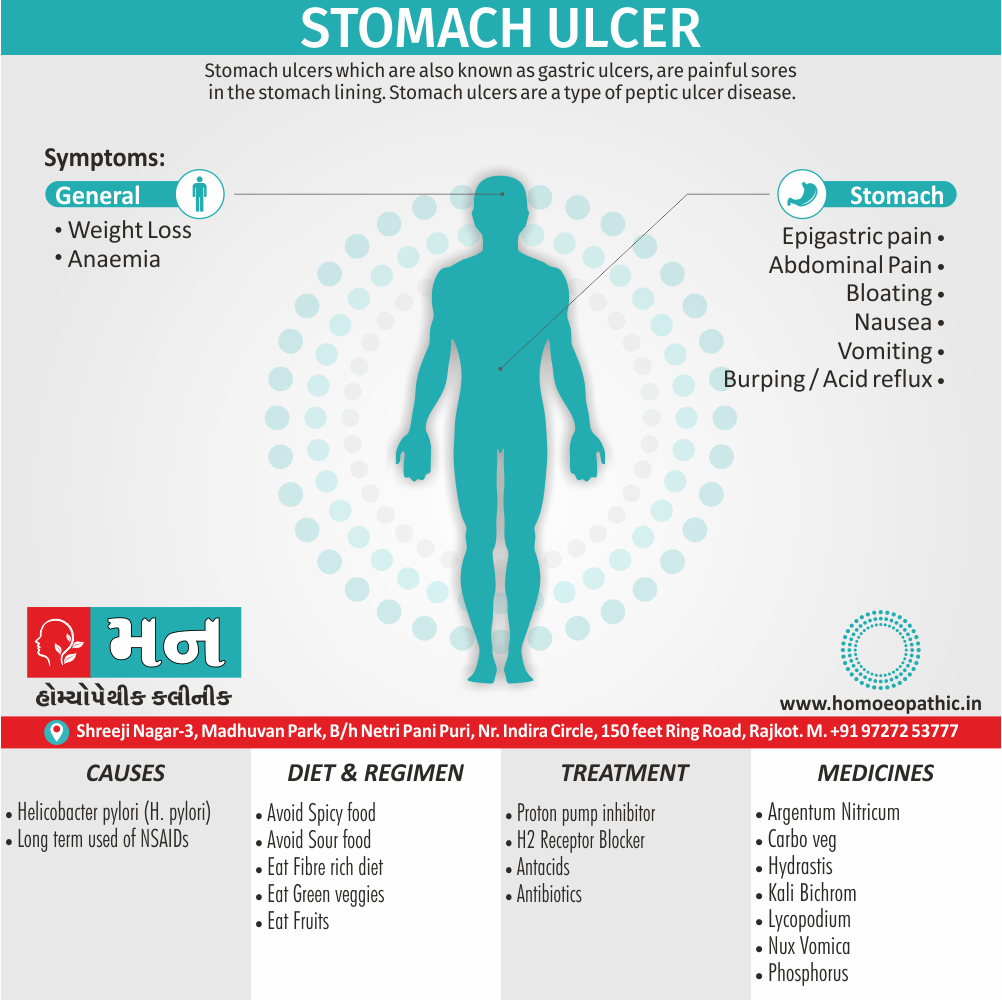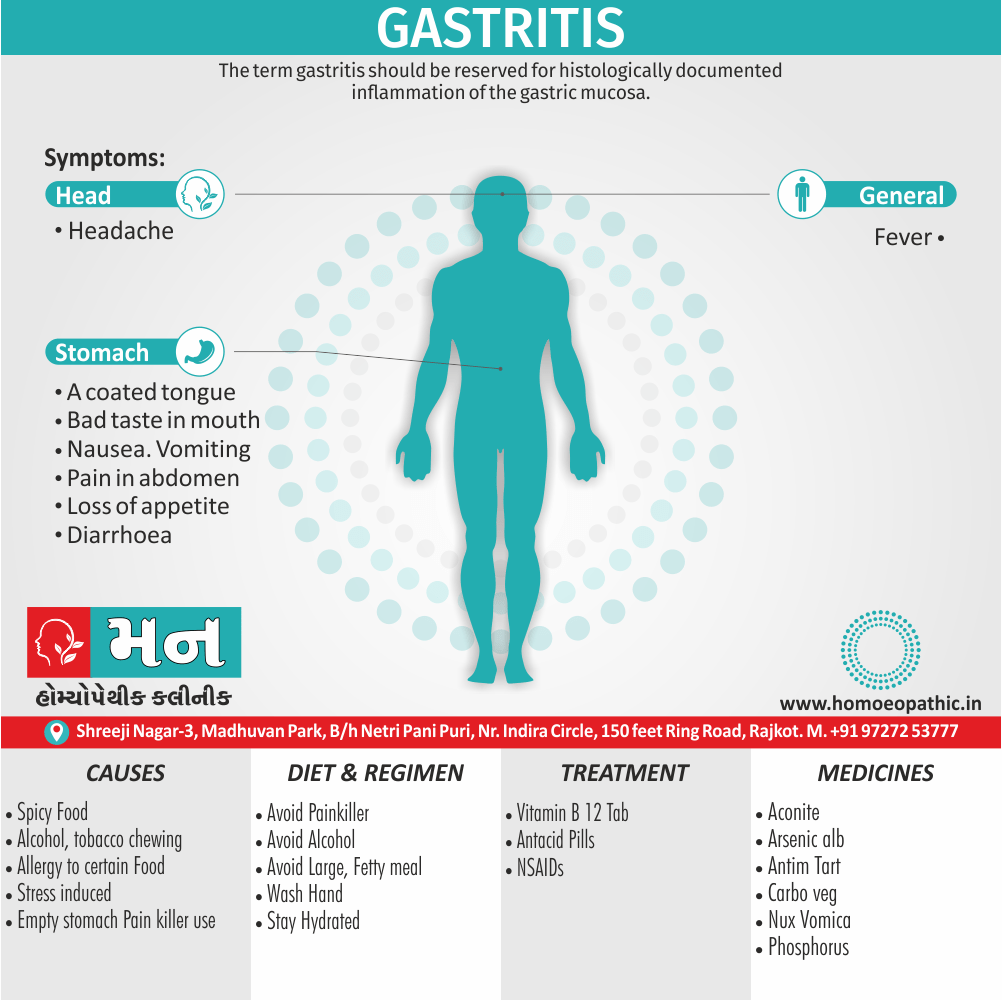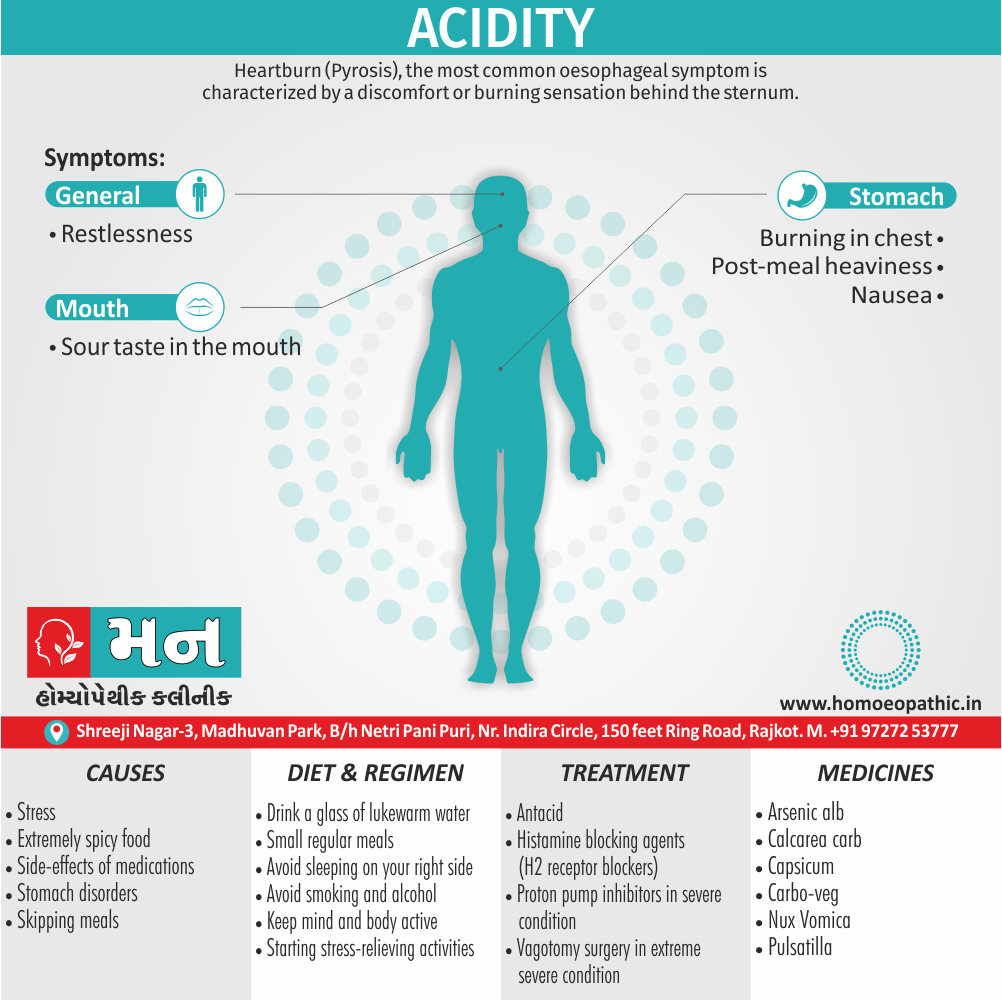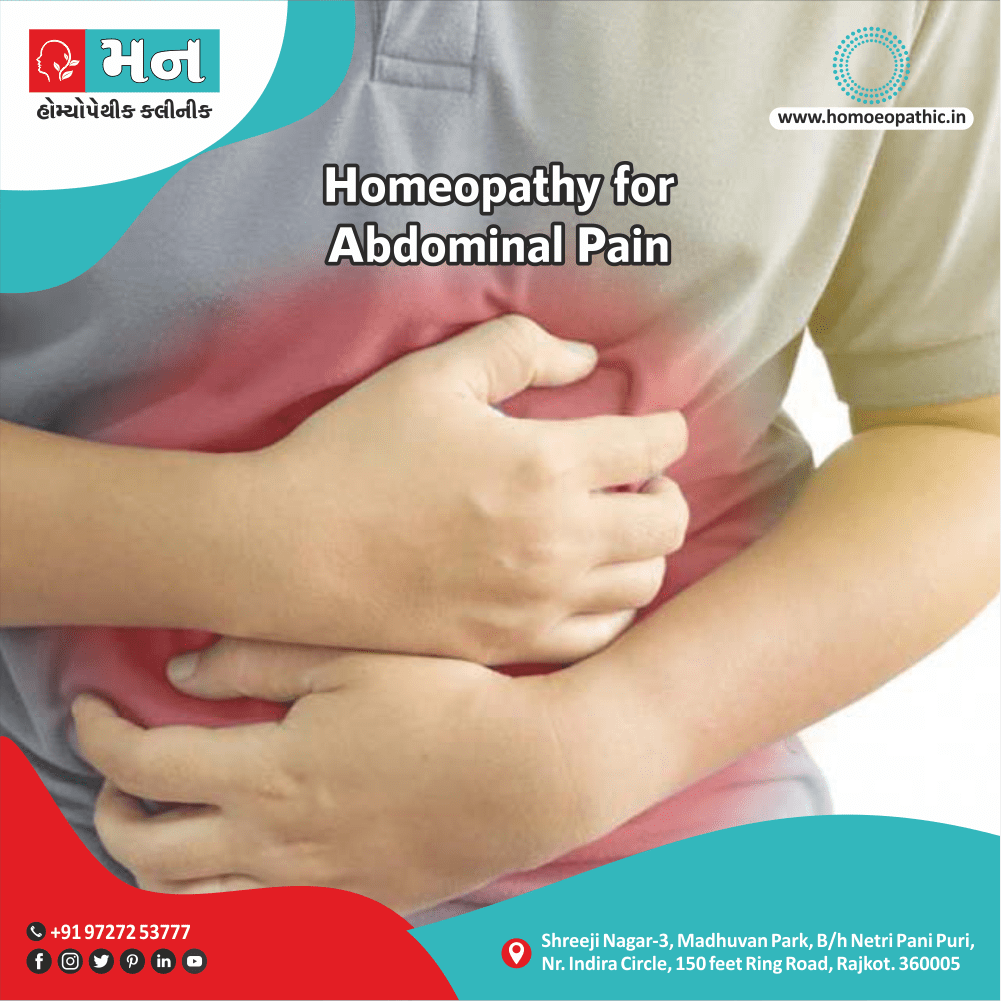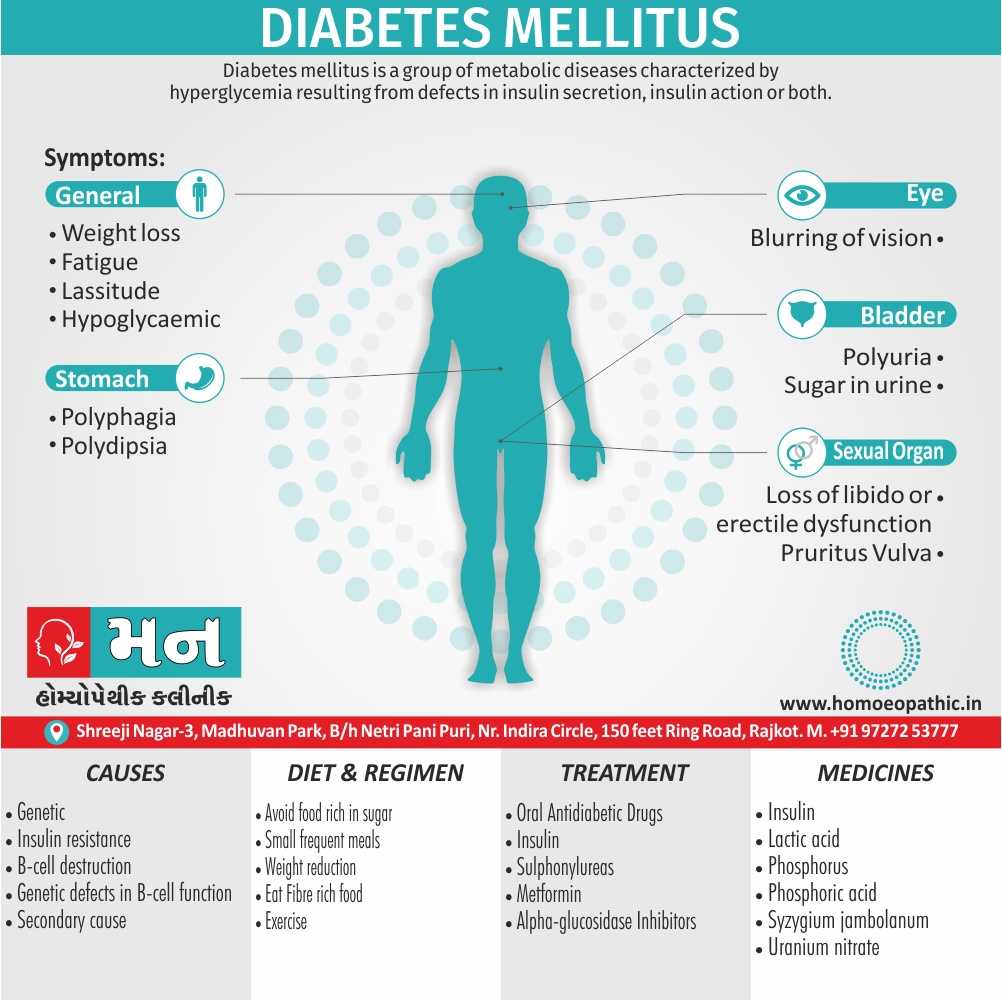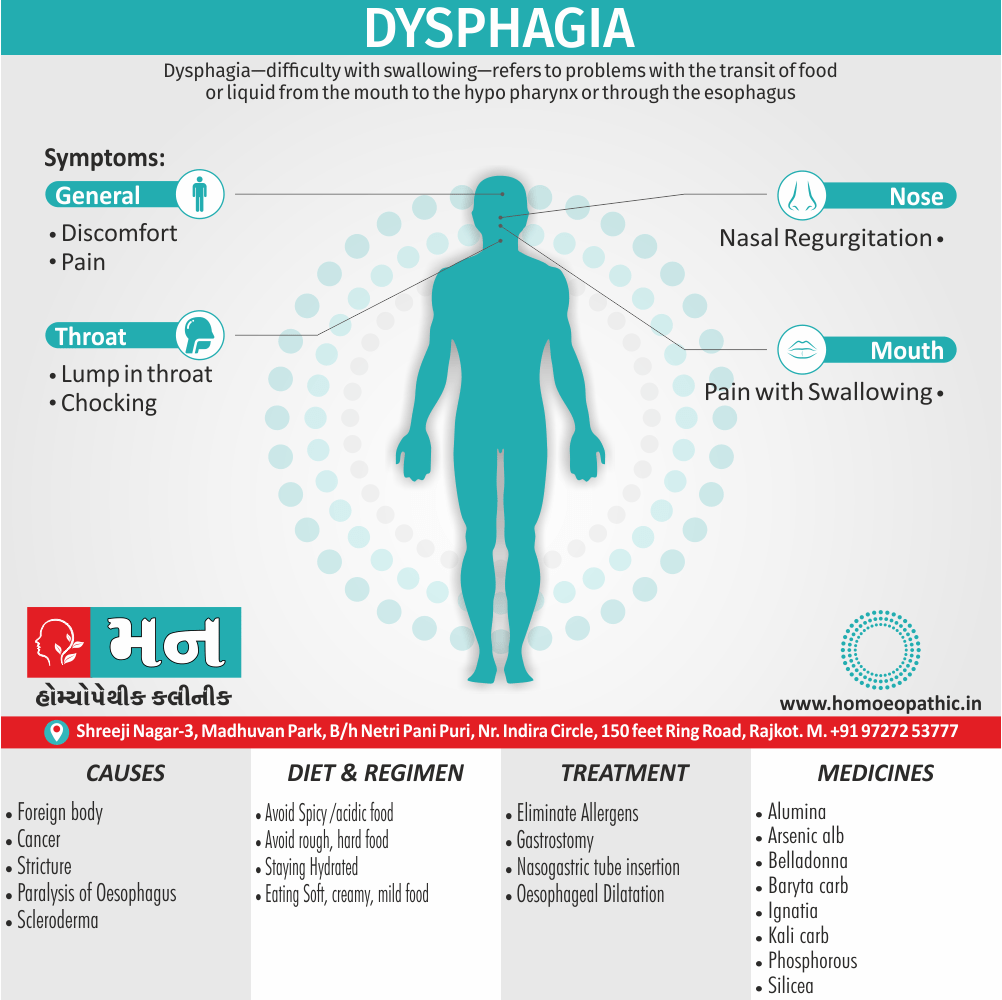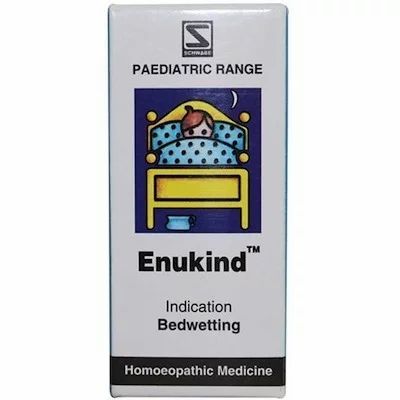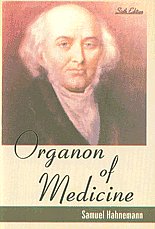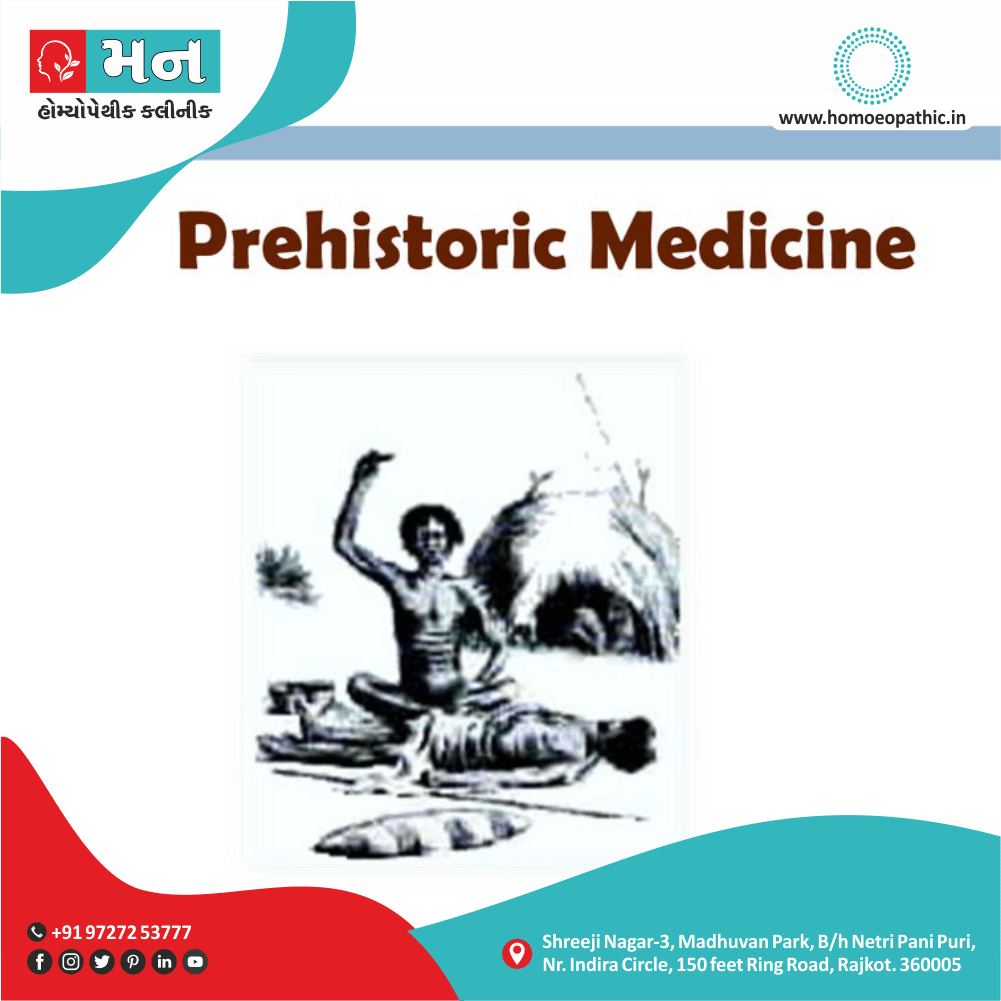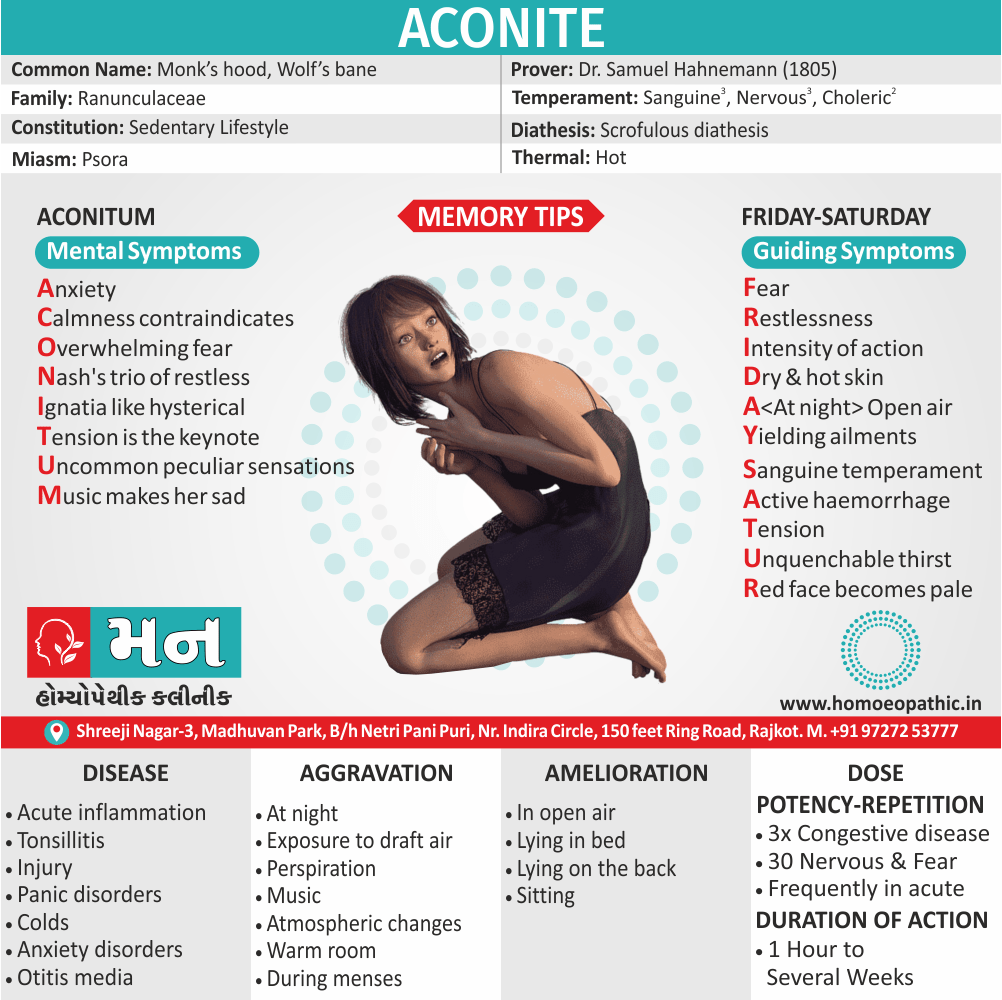Memory Tips for Mental Symptoms
Hi Friends Let’s memorize mental symptoms of Lycopodium through name of Medicine ‘LYCOPODIUM’.
Loss of self-confidence, yet finishes the job with competency:
- It has loss of confidence (+++) (Anac 1, Aur 2, Baryta 2, Bry 2, China 2, Lyco 2, Puls 2, Sil 2).
- Kent said. pt. has a tired state of the mind, a chronic fatigue, forgetfulness, aversion to undertaking anything new, aversion to appearing in any new role, aversion to his own work.
- Dreads lost something will happen, least he will forget something. Often in professional man, like lawyers and ministers, who have to appear in public, there is a feeling of incompetence, a feeling of inability to undertake his task although he has been accustomed to it for many years.
- A lawyer can’t think of appearing in court, he procrastinates, he delays until is obliged to appear, because he has a fear that he will stumble, that he will make mistakes, that he will forget and yet when he undertakes it, he goes through with ease and comfort.
- Tyler reports the dreaded moment arrives, he gets on to his legs, warms to his work, sails along in blissful self-forgetfulness, to sit-down feeling that he has made the speech of his life.
- It was all joy and fluency; he not only remembered all his points but made new once as he went along. But he will have the same terror next time, unless he gets his stimulus because he is Lycopodium.
- Farrington said the patient frequently mistakes in speech. The patient forgets words or syllables, he can’t find the right words while speaking, but if the subject is very important so as to call forth his utmost energy, words flow with ease.
Cries when thanked:
- N. M. Chowdhury described that a prominent symptom is the lachrymal mood. The patient weeps all day and can’t calm herself by any means. She cries even when she is thanked.
- This is different from Nat. Mur., where sympathy elicits tear. With this lachrymal mood, however there is a sort of imperiousness in Lycopodium.
- We find her always assuming air of command. She is stiff pretentious. She does not hesitate even to strike her attendant when thwarted.
- Kent said the Lyco. patient often weeps in the act of receiving a friend or meeting an acquaintance. An unusual sadness with weeping comes over the patient on receiving a gift.
- At the slightest joy she weeps, hence we see that the Lyco. patient is a very nervous, sensitive, emotional patient.
Opposition Unbearable:
- Amativeness, amorousness, sensitive, irritable, peevish & cross on waking. Easily excited to anger, cannot bear opposition and is speedily beside herself.
- Becomes confused about everyday things (Tyler). Haughty disposition, when sick, mistrustful, slow in comprehension, weak memory, weak children, well-developed heads but punny, sickly bodies, irritable nervous and unmanageable when sick, after sleep cross, pushing away everyone angrily: old women & child (Clarke), i.e., dry temperament.
Picks quarrel, Pusillanimous:
- N. M. Chowdhury illustrates that Lyco. patients are greedy, avaricious, malicious and parsimonious as is always true with such temperament, they are generally pusillanimous i.e., mean-minded.
- Lyco patient on the other hand will go a long distance out of his way to pick quarrel with his neighbour. They are fault finding. domineering, vehement and intolerant of contradiction. They are discontented, impatient and misanthropic.
Obstinacy. Oversensitive:
- Clarke reports that the patient has irascibility, obstinacy estrangement and frenzy which manifest themselves by envy, reproaches, arrogance, and overbeating conduct.
- Clarke again said that excessive sensitiveness is a note of Lyco. patient. Cannot bear any strong smells. Can’t endure noise. Sensitiveness to sound has curious development in this symptom.
- Irritability before menstrual period>by the flow.
- Oversensitive to pain, patient is beside himself. (Kent)
Dreads solitude:
- The patient has dread of solitude (Coni 2, Nat.C.2, Sep.2) yet has aversion to (company Anac. 1, Baryta 1, Chamo.1, Gels 1, Ign.1, Nat M.1, Nux. Vom 1).
- Dr Kent gives a picture of this. He said the patient very often has aversion to company and yet he dreads solitude. “Dread of men & dread of solitude, imitability & melancholy the patient wants to feel that there should be somebody else in the house, but does not want company, doesn’t want to be talked to or forced to do anything, does not make any exertion, yet at times when forced to do so she a relieved. “Taciturnity, desire to be alone“.
- If there were two adjacent rooms in the house you would commonly find the Lyco patient go into one and stay there, but very glad to have somebody in the other
- Tyler says that Lyco desire for solitude (is in italics), he fears when alone (is in black type).
Intellectually keen, but physically weak:
- Tyler said that Lyco. is an intellectual, as we said, with self-distrust and Lyco. has intellectual sufferings and failures and confusions when ill. Loss of memory.
- It is suited for intellectuals (rather skinny and old looking intellectuals) with more mental then bodily vigur.
- Hence it proves subversive and especially curative of mentality, affecting memory and restoring those who, after sickness or strain are affected with confusion and mental tiredness and incompetence.
Ugly:
- N. M. Chowdhury said that, it is ugly in their build and mentality.
- Tyler said that Lyco. is in almost everything. <in the evening and >in the morning, except as one discovered over this case, that it is (mentally)-“Ugly on waking.
Miserly, Malicious, Melancholy:
- is a remedy for misers (Clarke), silent, melancholy. peevish humour, despair of eternal salvation (Sulph. Ver. Alb.) desponding, grieving mood, sadness when hearing distant music.
- Anguish, esp. in region of epigastrium, with melancholy, and disposition to weep esp. after a fit of anger or on the approach of another person.
- Kent said, Lyco. also has a religious insanity, which has a mild & simple beginning a matter of melancholy. The religious melancholy grows greater and greater until he sits and broods. A condition of insanity-“despondent”.
- The Lyco. “Patient wakes up in the morning with sadness. This state precedes conditions of insanity and finally a suicidal state comes, an aversion to life. It is a perversion of everything that makes the man, the destruction of his will.
- Apprehensive, difficult breathing and fearfulness. Anxious thoughts as if about to die.
- Extreme despondency and melancholy, would have nothing to do with her friends (Clarke).
Note:
- Boericke said failing brain-power (Anac., Phos… Baryta), can’t bear to see anything new. Little things annoy. Hurried when eating constant fear of breaking down under stress.
- Dr. Clarke said apprehension of losing senses (Calc., Nux., Sil.). Acquisitiveness (Ars., Puls.). Nervous before under taking anything (Ars., Arg. N.). Laughs & cries alternately (Aur., Puls., Alum., Stram., Bov., Caps, Graph., Phos., Sep., Sul., Ver.). Globus hystericus (Ign., Lach., Puls) restlessness> by motion.
- Dr. Talcott said that melancholia accompanied with gastric complaints & mental disturbances in the later stage c phthisis pulmonalis.
- Dr. Hering said in his “Condensed Materia Medica” that patient is absent minded, thinks he is in two places, at the same time; after a fright liver complaint starts. [6]
Memory Tips for Guiding Symptoms
Hi Friends Let’s memorize guiding symptoms of Lycopodium through the word ‘CLUB-MOSS’.
Canine hunger:
- Canine hunger: The more he eats, the more he craves; headache if he doesn’t eat.
- Kent said that Lyco. patient says “everything I eat turns into wind”. After a mere mouthful he becomes flatulent and distended, so that he can’t eat any more. He says a mouthful fills him up to the throat.
- Kent also said that oysters seem to be poison to Lyco. patient, just as onions to Thuja patient and the strawberries to Oxalic Acid pt.
- According to Master Kent this hunger can be aptly discussed in three phases: i) eating increases the hunger; ii) canine hunger, but few mouthfuls feel up to the throat; iii) aggravation after eating.
Left foot cold, right foot hot, -leading right sided:
- Text says, “one foot hot and the other cold” (China., Dig. Ipec.), is the characteristic of Lyco. patient.
- Kent illustrated that a child whose left foot is cold and the other warm with capricious appetite and great thirst yet losing steadily-give the drug-he’ll be cured.
- Again Dr. Kent said in the throat symps. that the right is cold and the left is warm.
- Clarke reports burning pain like red-hot coals between scapulae. (Phos.). (-burning pains>by heat. Ars.). Burning, stinging in breasts.
- Clarke have discussed the key-note is in direction, — right to left. Any affection commencing on the right side and spreading to the left (-opp., Lach.) is likely requires Lyco. whether it be headache, sore-throat. chest affection, abdominal affection, pain in ovaries etc.
- Kent said that there is a predominance of symptoms on the right side of the body, and they are likely to travel from right to left or from above down-wards e.g., from head to the chest.
Urine red sand like particles present:
- Red sand in urine, on child’s diaper (Phos.) child cries before urinating (Bor.).
- Aching in kidneys <before, and> after urinating (Ref: Clarke).
Bloating:
- Lyco, is adapted in gastric affections: excessive accumulation of flatulence, good appetite, constant sensation of satiety, but a few mouthfuls fill up to the throat and he feels bloated.
- It is one of the trios of tympanitic & flatulent drugs of Dr. E. B. Nash, others are China & Carbo. Veg., in case of Lycopodium the lower part of abdomen is full of gas and distended. (-but the whole abdomen, China; -upper abdomen, Carbo, Veg).
- Kent says the noise of the crackling of paper, ringing of bells or slamming of door goes through him and causes fainting. Little things annoys and cause distress. Abdomen is distended like a drum, so that he can hardly breathe.
- This fullness, is not>by belching (China). Dr. E. B. Nash said, with Lyco. pt. this flatulent condition is very apt to occur in connection with chronic liver troubles. Rumbling and flatulent is often found particularly in the region of the splenic flexure.
Modalities:
- <From 4 to 8 P.M. esp. in gouty attacks, in rheumatic fevers, in inflammatory conditions, in pneumonia, in acute catarrh (Ref: Kent).
- The grand characteristic of Lyco. is becoming worse in this fixed time.
Note: Dr. Kent have discussed the pains are ameliorated from warmth except head and spine.
Over sensitiveness:
- <From 4 to 8 P. M. esp. in gouty attacks, in rheumatic fevers, in inflammatory conditions, in pneumonia, in acute catarrh (Ref: Kent).
- The grand characteristic of Lyco is becoming worse in this fixed time.
- Kent have discussed the pains are ameliorated from warmth except head and spine.
- Kent said that externally there is sensitiveness to a warm atmosphere, when there are head and spine symptoms. as those are aggravated.
- Clarke said great sensitiveness in liver region esp., in case of right-sided sciatica, the patient can’t bear to lie on painful side it is so sensitive. Gums, epigastrium, abdomen. right side of chest. eruption round the arms: all soft parts are sensitive.
- Touch and pressure <.
Note: Text says the patient weeps all day, can’t calm herself, very sensitive, even cries when thanked. Dr. Clarke said can’t bear any strong smell: can’t endure noise.
Sourness of discharges, suitability:
- Everything tastes sour, eructation, heartburn, water brash, sour vomiting. Thus, the sourness of discharges is the characteristic of Lyco. patient.
- Clarke, the one of the pioneers of the homoeopathic world has said, “It is particularly suited to persons of keen. intellect, but feeble muscular development, upper part of the body becomes wasted, lower part semi-dropsical, lean and predisposed to lung and hepatic conditions, herpetic and scrofulous constitutions, hypochondriac, subjected to skin diseases. lithic and uric acid diathesis.”
- Kent said, Lyco. is anti-psoric, anti-syphilitic and anti sycotic & its sphere is broad & deep.
- It is one of the trios of Master Hahnemann’s antipsoric remedies (others being Sulph., and Calc. Carb).
Sweet desires:
- Tyler said the Lyco. food cravings are for sweet things (Cina, Sulph., Arg. N.), for hot drinks (Chel., Sab., Spig.).
- loves, but is made ill by oysters. Dr. Tyler said that Lyco. has> from warm drinks, though sometimes > from cold drinks (throat).
Note: The patient hates coffee and meat. (7)
Lycopodium Introduction
Hi Friends, Now we describing Drug picture of Lycopodium.
Common name :
- Club moss, Stag’s-horn Clubmoss, Ground Pine
Synonyms :
- Wolf’s foot, Wolf’s claw, Witch Meal, Vegetable Sulphur,
- Latin: Lycopodium Inflexum
Family / Group / Class / Order :
- Vegetable kingdom
- Lycopodiaceae
Habit and habitat / Description :
- It is found in Europe, Russia, Finland, North America, from Kumaon eastwards in Bengal, Sikkim, Assam, Manipur and in the Western ghats. It is a small plant growing mostly in dry woods and in hilly pastures in all parts of the world.
- Lycopodium spore is yellow and mobile.
- It floats upon water and is not wetted by it.
- It is tasteless and odorless.
- It sinks in the water when boiled with it.
- It burns quickly. The spores are three-sided pyramids.
Name of prover :
- Dr Hahnemann in 1828
Introduction and history :
- Lycopodium is a magical, constitutional, deep acting remedy for chronic diseases. It is also called ‘Vegetable Sulphur’.
- The name Lycopodium is derived from the word ‘lucos’ which means wolf and ‘pes’ meaning the foot, since the shoots appear like wolf’s foot.
- Clavatum is derived from the Latin word ‘clavatus’ meaning club-like.
- The fertile spikes look like the club. Until 1828, it was used only as an absorbent and to prevent pills from adhering. (1)
Doctrine of signature :
- It is prepared from the spores of Club moss.
- The spores are externally hard but once broken, they are very soft internally.
- Similarly, the patient does not give his/her full cooperation to the physician in the beginning, but once he starts believing in the physician, he is very cooperative.
- Similarly, while giving a speech, his speech is not fluent in the beginning but after a while, as the speech continues, it becomes more fluent. (1)
Parts used & Preparation:
- The spores are used in the preparation of the mother tincture. Spores of the moss are triturated with sugar of milk from which higher potencies are prepared in alcohol. (1)
Active principles :
- It contains 50 per cent of fat, mixture of oils, hexadecanic, dehydro- caffeine acid, aluminum as the trace elements besides palmetic acid, myristic and lycopodium acids. (1)
Constitution
Physical make up :
- Lycopodium is best suited to the carbo-nitrogenoid constitution; those who are intellectually keen but physically weak. The upper part of the body is emaciated whereas the lower part of the body is characterized by the collection of an excess of watery fluid. Such people usually have a dry temperament and dark complexion.
Temperament :
- Choleric 3, Nervous2, Phlegmatic1 (5)
Diathesis :
- Uric acid and Lithic
Relation with heat & cold :
- Chilly
Miasm :
- Psora, syphilis and sycosis.(1)
Clinical Features
Clinical conditions of Lycopodium Clavatum
In Homeopathy Lycopodium medicine use by Homeopathic Doctors in treatment of following Disease Conditions
- Acidity, bloating, colitis, constipation, corns, emaciation, flatulence, food allergies, hair loss, haemorrhoids, indigestion, liver-derangements, malnutrition, kidney colic, kidney disorders,
Sites of action / Pharmacodynamics of Lycopodium Clavatum
- Lungs, liver, sex organs, digestive tract, mucous membranes, skin, urinary tract, nutrition and throat.(1)
Causation (Causes / Ailments from) of Lycopodium Clavatum
- Mortification, anger, vexation, fright, tobacco chewing and smoking, liquors, wine, onions, masturbation, riding in a carriage, over lifting, oysters.(1)
Physiological action of Lycopodium Clavatum
- Moderate doses of the tincture produce nervous excitement, quickened action and circulation, headache, increased appetite, diarrhoea and increased sexual desire; also frequent, painful urination; cloudy urine depositing much sediment sometimes with mucous and even blood. (1)
Patho-physiological changes / Pathogenesis of Lycopodium Clavatum
- The chief action of the drug is on the gastrointestinal tract. It reduces the process of digestion and thereby causes flatulence and constipation.
- Lycopodium acts powerfully upon the vegetative system depressing its action and causing a slowly advancing weakness of the functional power and decay of tissues.
- It acts upon the mucous membranes of the respiratory tract producing respiratory disturbances.
- It acts upon the lymphatic and glandular system where it produces congestion, atony and induration.
- It acts upon the liver where it produces a hepatic congestion and later on hypertrophy.
- Acts upon the genitourinary tract and kidneys, causing uric acid diathesis.
- It acts upon the skin causing sluggish, unhealthy skin and weakness of the muscular tissue. (1)
Characteristic mental symptoms (psychology) of Lycopodium Clavatum
- The chief action of the drug is on the gastrointestinal tract. It reduces the process of digestion and thereby causes flatulence and constipation.
- Lycopodium acts powerfully upon the vegetative system depressing its action and causing a slowly advancing weakness of the functional power and decay of tissues.
- It acts upon the mucous membranes of the respiratory tract producing respiratory disturbances.
- It acts upon the lymphatic and glandular system where it produces congestion, atony and induration.
- It acts upon the liver where it produces a hepatic congestion and later on hypertrophy.
- Acts upon the genitourinary tract and kidneys, causing uric acid diathesis.
- It acts upon the skin causing sluggish, unhealthy skin and weakness of the muscular tissue.
- Extremely sensitive. Averse to undertaking new things. Headstrong and haughty when sick. (1)
Guiding Symptoms
The popular common name of Lycopodium is ‘ Club- Moss’ will be my
tips for Lycopodium totality.
- C- Canine hunger: the more he eats, the more he craves.
- L- Lithic and uric acid diathesis.
- U-Upper part emaciated, lower part semi dropsical.
- B-Bloating: excessive accumulation of flatulence: Nash’s trio of tympanic and flatulent (Carbo veg. & China)
- M-Modality: 4-8 P.M. aggravation
- O-Over sensitive: cries when thanked.
- S-Sour taste and discharge.
- S- Sweet desire.
Generalities of Lycopodium Clavatum
- Sudden failing of strength.
- Emaciation, also in children. Sub – acute and gradually advancing chronic diseases.
- Great emaciation of the upper part of the body and distention of the lower.
- Desire to go into the open air.
- Diseases are worse from 4 to 8pm, better from uncovering, getting cold.
Head of Lycopodium Clavatum
- Shakes head without apparent cause. Twists face and mouth. Pressing headache on vertex; worse from 4 to 8 p.m. and from lying down or stooping, if not eating regularly. [CACT.]
- Throbbing headache after every paroxysm of coughing. Headaches over eyes in severe colds; BETTER, UNCOVERING. [SULPH.]
- Vertigo in morning on rising.
- Pain in temples, as if they were screwed toward each other.
- Tearing pain in occiput; better, fresh air.
- Great falling out of hair.
- Eczema; moist oozing behind ears. Deep furrows on forehead. Premature baldness and grey hair.
Eye of Lycopodium Clavatum
- Styes on lids near internal canthus. Day-blindness. [BOTHROPS.]
- Night-blindness more characteristic.
- Sees only one- half of an object.
- Ulceration and redness of lids. Eyes half open during sleep.
Ears of Lycopodium Clavatum
- Thick, yellow, offensive discharge.
- Eczema about and behind ears.
- Otorrhoea and deafness with or without tinnitus; after scarlatina.
- HUMMING AND ROARING WITH HARDNESS OF HEARING; every noise causes peculiar echo in ear.
Nose of Lycopodium Clavatum
- Sense of smell very acute. Feeling of dryness posteriorly.
- Scanty excoriating, discharge anteriorly.
- Ulcerated nostrils. Crusts and elastic plugs. [KAL. B., TEUC.]
- Fluent coryza. NOSE STOPPED UP.
- Snuffles; child starts from sleep rubbing nose.
- FAN-LIKE MOTION OF ALAE NASI [KALI. BROM.; PHOS.]
Face of Lycopodium Clavatum
- Greyish-yellow Color of face, with blue circles around eyes.
- Withered, shrivelled, also emaciated; copper-coloured eruption.
- DROPPING OF LOWER JAW, in typhoid fever. [LACH.; OPIUM.]
- Itching; scaly herpes in face also corner of mouth.
Mouth of Lycopodium Clavatum
- Teeth excessively painful to touch.
- Toothache, with swelling of cheeks; relieved by warm application.
- Dryness of mouth and tongue, without thirst.
- Tongue dry, black, cracked, swollen; oscillates to and from Mouth waters.
- BLISTERS ON TONGUE. Bad odor specifically from mouth.
Throat of Lycopodium Clavatum
- Dryness of throat, without thirst. Food and drink regurgitate through nose.
- Inflammation of throat, with stitches on swallowing; BETTER, WARM DRINKS.
- Swelling and suppuration of tonsils.
- Ulceration of tonsils, BEGINNING ON RIGHT SIDE.
- Diphtheria; DEPOSITS SPREAD FROM RIGHT TO LEFT; WORSE, COLD DRINKS.
- Ulceration of vocal bands. Tubercular laryngitis, especially when ulceration commences.
Stomach of Lycopodium Clavatum
- Dyspepsia due to farinaceous and fermentable food, cabbage, beans, etc.
- Excessive hunger, Aversion to bread, etc. Desire for sweet things.
- FOOD TASTES SOUR. Sour eructation.
- Great weakness of digestion.
- Bulimia, with much bloating.
- After eating, pressure in stomach, with bitter taste in mouth.
- EATING EVER SO LITTLE CREATES FULLNESS.
- Cannot eat oysters. Rolling of flatulence. [CHIN.; CARB.]
- Wakes at night feeling hungry. Hiccough.
- INCOMPLETE BURNING ERUCTATIONS RISE ONLY TO PHARYNX, THERE BURN FOR HOURS.
- Likes to take food and drink hot. Sinking sensation; worse especially at night.
Abdomen of Lycopodium Clavatum
- Immediately after a light meal, abdomen is BLOATED, FULL.
- Constant sense of fermentation in abdomen, like yeast working; upper left side. Hernia, right side. Liver sensitive.
- Brown spots on abdomen.
- Dropsy, due to hepatic disease. Hepatitis, atrophic form of nutmeg liver.
- Pain shooting across lower abdomen from right to left.
Rectum & Anus of Lycopodium Clavatum
- Protruding haemorrhoids, with burning also sticking; painful.
- Anus painfully closed.
Stool of Lycopodium Clavatum
- Inactive intestinal canal. Ineffectual urging.
- Stool HARD, DIFFICULT, SMALL, incomplete.
- HAEMORRHOIDS; VERY PAINFUL TO TOUCH, ACHING. [MUR. AC.]
Urinary Organ of Lycopodium Clavatum
- Pain in back before urinating; ceases after flow; SLOW IN COMING, must strain. Retention.
- POLYURIA DURING THE NIGHT. HEAVY RED SEDIMENT.
- Child cries before urinating. [BOR.]
Sexual Organ of Lycopodium Clavatum
- Male: No erectile power; IMPOTENCE. Premature emission. [CALAD.; SEL.; AGN.] Enlarged prostate. Condylomata.
- Female: Menses too late; last too long, too profuse. Vagina dry. Coition painful. Right ovarian pain. Varicose veins of pudenda. Leucorrhoea, acrid, with burning in vagina. Discharge of blood from genitals during stool.
Respiratory System of Lycopodium Clavatum
- Tickling cough. Dyspnoea. Tensive, constrictive, burning pain in chest.
- Cough worse going downhill. Cough deep, hollow.
- Expectorations grey, thick, bloody, purulent, SALTY. [ARS.; PHOS.; PULS.]
- Night cough, tickling as from Sulphur fumes.
- Catarrh of the chest in infants, seems full of mucus rattling.
- Neglected pneumonia, with great Dyspnoea, flying of alae nasal also presence of mucous rales.
Heart & Pulse of Lycopodium Clavatum
- [BARYTA CARB.] Aortic disease.
- Palpitation at night.
- Cannot lie on left side.
Neck & Back of Lycopodium Clavatum
- BURNING between scapulae as of hot coals.
- Pain in small of back.
Extremities of Lycopodium Clavatum
- Numbness, also drawing and tearing in limbs, especially while at rest or at night.
- Heaviness of arms. Tearing in shoulder and elbow joints. One foot hot, the other cold.
- Chronic gout, with chalky deposits in joints.
- Profuse sweat of the feet. In detail, Pain in heel on treading as from a pebble.
- Painful callosities on soles; toes and fingers contracted.
- SCIATICA, WORSE RIGHT SIDE. CANNOT LIE ON PAINFUL SIDE.
- Hands and feet numb.
- Right foot hot, left cold.
- Cramps in calves also toes at night in bed. Limbs go to sleep. Twitching and jerking.
Skin of Lycopodium Clavatum
- Abscesses beneath skin; worse warm applications.
- Hives; worse, warmth.
- Violent itching; additionally fissured eruptions. ACNE.
- Chronic eczema associated with urinary, gastric and hepatic disorders; bleeds easily.
- Skin becomes thick also indurated.
- Varicose veins, naevi, erectile tumors. Additionally Brown spots, freckles worse on left side of face and nose.
- DRY, shrunken, especially palms; hair becomes prematurely grey. Dropsies.
- Offensive secretions; VISCID AND OFFENSIVE PERSPIRATION, especially of feet and axilla. Psoriasis.
Sleep of Lycopodium Clavatum
- Drowsy during day.
- Starting in sleep.
- Dreams of accidents.
Fever of Lycopodium Clavatum
- Chill between 3 and 4 p.m., followed by sweat. Icy coldness.
- Feels as if lying on ice. One chill is followed especially by another. [CALC.; SIL.; HEP.] (3)
Important characteristic features of Lycopodium Clavatum
Keynote/Redline symptoms:
- Complaints < 4-8 p.m.
- Excessive hunger, but little food overfills. Furthermore, Wakes up at night feeling hungry.
- Noisy flatulence < lower bowels.
- Red sand in urine, child cries before urinating.
- In detail, Baby cries all day, sleeps all night.
- Cries when thanked.
- Fan like motion of alae nasi with all complaints.
- Discharge of blood especially from genitals with every stool.
- One foot hot, the other cold. Besides this, One foot or hand much colder than the other.
- Eyes half open during sleep.
- Craves everything warm, intolerant to cold drink.
- Lastly, Backache > urination. (2)
Guiding symptoms:
- Flatulent distension of stomach and abdomen, with sensitiveness of overlying integuments; borborygmi, colic pains, relieved especially by passage of flatus downwards.
- Acid dyspepsia; additionally hunger with quick repletion; distension, heartburn.
- Nightly polyuria.
- Uric-acid crystals, “red sand” in the urine.
- Fan-like movement of the alae nasi.
- Time and aggravation of symptoms 4 to 8 p.m., especially 5 p.m.
- Alternation of symptoms: catarrh and headache; sand in urine and rheumatic or gouty symptoms; hunger also satiety; relaxation and contraction of muscles.
- Besides this, Sensitiveness to touch also pressure: head, abdomen, anus, ulcers.
- Burning, as of hot coals, between the scapulae (phos.).
- Stiffness also muscular pains, better for continuous movement (rhus.).
- All in all, One foot warm (usually the right), the other cold (chel.).
Other Guiding Symptoms
- Great weakness also prostration (ars.).
- Exhaustion and sleepiness, worse after a meal.
- Emaciation, most marked in the upper portion of the body.
- General aggravation especially from cold food and drinks, amelioration from warm.
- Impotence.
- Left-sided hemiopia.
- Symptoms also pains come and go suddenly, Direction of pains and symptoms from right to left.
- People of feeble muscular development but keen intellect.
- People who are lean and predisposed to lung and hepatic affections.
- People who are lazy, apprehensive, fearful (of darkness, ghosts, death, and of crowds), miserly.
- Has been used in diphtheria and pneumonia, where the similarity of drug and disease features is very marked. (4)
PQRS symptoms:
- Complaints worse 4-8 pm
- Excessive hunger, but little food overfills.
- Wakes up at night feeling hungry) Noisy flatulence, worse in lower bowels).
- Red sand in urine, child cries before urinating. (1)
Confirmatory symptoms:
- Right sided remedy.
- < 4-8 p.m.
- Easy satiety, a few mouthfuls fill him up.
- Bloated, full of gas, especially lower abdomen.
- Urinary complaints, with red sand in urine.
- Anticipation. Lack of self-confidence. (2)
Therapeutic value of Lycopodium Clavatum
- Abdomen distended, Biliousness, Cancer, Colic, Constipation, Cough, Dysentery, Dyspepsia, Flatulence, Gall stones, Gout, Heartburn, Hysteria, Impotency, Liver affections, Locomotor ataxia, Male and female sexual organs, Menstrual disorders, Renal colic, Throat affections, Urinary troubles, Whooping cough. (1)
Modality of Lycopodium Clavatum
Aggravation:
- Pressure of clothes
- Warmth
- Awakening
- Eating
- Indigestion, Fasting
- 4-8 p.m.
- Wet, weather stormy weather
- Before menses
- From suppressed menses
- Milk, vegetables, beers, bread, pastry
- Missing a meal
Amelioration:
- After midnight
- Warm drinks, food
- Cold application, open air
- Being uncovered
- Motion
- Eructation
- Urinating (1)
Remedy Relationship of Lycopodium Clavatum
Complimentary
- Chel, Ign, Iod, Ip, Kali-i, Lach, Puls.
Follows Well
- Bell, Bry, Calc, Carb-v, Graph, Hyos, Lach, Led, Merc, Nux-v, Phos, Puls, Rhus-t, Sep, Sil, Stram, Sulph, Verat.
Inimical
- Coff.
Antidoted By
- Acon, Camph, Caust, Cham, Cinch, Coff, Graph, Puls.
It Antidotes
- Chlor, Cinch, Merc.
Comparison
- Acet-ac, Aesc, Aloe, Alum, Am-c, Anac, Ant-t, Apis, Arg-n, Arn, Ars, Aur-s, Bar-c, Bell, Bism, Bor, Bov, Brom, Calc, Camph, Cann-i, Caps, Carb-an, Carb-v, Caust, Cham, Chel, Chlf, Cinch, Coloc, Con, Cur, Cycl, Eupi, Ferr, Fl-ac, Gad, Glon, Graph, Hell, Ign, Ind, Iod, Ip, Jug-r, Kali-c, Kali-i, Kreos, Lac-c, Lach, Lil-t, Lith-c, Mag-c, Mag-p, Nat-c, Nat-m, Nit-ac Puls, Nux, Nux-m, Nux-v, Phos, Phyt, Pic-ac, Plat, Pso, Rhus-t, Rob, Samb, Sang, Sars, Sep, Sil, Staph, Stram, Sulph, Tarent, Thuj, Titan, Vacc, Verat.(2)
Posology of Lycopodium Clavatum
Dose
- Lowest to highest. Single dose.
Potency
- 3x, 6x, 12x, 30, 200, 1000, 10M, CM.
Repetition
- No need of repetition.
Duration of action
- 40 to 50 days. (1)
Frequently Asked Questions
Q 1. Lycopodium is used for which disease ?
Ans.
In Homeopathy Lycopodium medicine use by Homeopathic Doctors in treatment of following Disease Conditions
- Acidity, bloating, colitis, constipation, corns, emaciation, flatulence, food allergies, hair loss, hemorrhoids, indigestion, liver-derangements, malnutrition, kidney colic, kidney disorders.
Q 2. Use of Lycopodium in Gastritis.
Ans.
1) Causation i.e.:
i) Firstly, After a light meal.
ii) Secondly, Lycopodium patient can’t eat oysters, which seems to be poison (Ref. Kent).
2) Character i.e.:
- There is canine hunger.
- Headache if the patient does not eat.
- But despite of insatiable appetite a few mouthfuls fill up to the throat.
- There is excessive accumulation of gas also flatulence especially in the lower abdomen. (Nash’s trio of tympanitic and flatulent: upper end. Carb Veg-whole Abd. China), with loud rumbling, rolling of the flatus as though fermentation were going on but not amel, by passing flatus and eructation.
- Lycopodium patients are always belching.
- They have eructation that are sour also acrid. sour stomach, sour vomiting, sour flatus, eructation, heart-burn, water brash etc.
3) Sensation i.e.:
- Master Kent says, the abdomen is distended like a drum so that he can hardly breathe.
- Everything he eats turns into gas (Ref. Kent).
- After a mere mouthful he becomes flatulent also distended so that he can’t eat any more.
- Whilst the abdomen is distended the patient is so nervous that he can’t endure also noise.
4) Location i.e.:
- Distension is generally in the lower part of abdomen with Lycopodium generally the distension also flatulent condition very apt to occur in connection with chronic liver trouble (Ref. Nash). Rumbling and flatulence is often found particularly in the region of splenic flexure. Generally affecting right side; Symptoms proceed right to left.
5) Digestion i.e.:
- Digestion is impaired which is manifested by ins tant fermentation after taking food.
6) Pain i.e.:
- The more he eats, the more he craves: in this phase there might be some gastric colic, which is agg. after eating.
7) Mouth and Taste i.e.:
- It is more of a sour taste with its belching (Ref.Farrington). Sour taste, everything tastes sour.
8) Modalities i.e.:
- by cold drinks, agg. 4-8 P.M.
- after eating (Kent).
- from warm drinks,
9) Concomitant i.e.:
- Fan like movements of the alae-nasi. Sour sweat, sour discharges, vomiting etc. Dr. N.M. Chowdhury says, patient is generally costive. Dryness of mouth also tongue without thirst
10) Desires and Aversion i.e.:
- Desire for sweet things, warm food and drinks.
- Aversion to tobacco, bread, coffee.
Q 3. State the urinary symptoms of Lycopodium.
Ans.
Introduction:
- It is a leading medicine of lithic and uric acid diathesis also commonly indicated in right sided renal colic.
a) Character of Urine i.e.:
- Red sand in the urine.
- Scanty, dark red, albuminous, with strangury.
- Deposition of Calculi in the urine.
- Scanty urine during day but copious and frequent urination during night.
- Master Kent says, inactivity of the bladder Lycopodium Clavatum as in rectum. Urine is slow to flow and flows in a feeble stream.
b) Before Urination i.e.:
- Child cries before urination due to pain in the back.
- Terrible pain in the right kidney, generally referred as renal colic, which passes along the course of right ureter, up to urethra.
- Drawing, aching pain, starts from umbilicus goes to the right ureter, extends up to urinary bladder and then to right thigh.
c) During Urination i.e.:
- Pain in back, especially in right kidney.
d) After Urination i.e.:
- Back pain relieved by profuse urination.
- Deposits of Calculi or red sand in the urine.
e) Modalities i.e.:
Agg. i) Firstly, 4 to 8 P.M, ii) Secondly, At night. iii) Thirdly, Before urination.
f) Concomitants i.e.:
- Backache
- Renal stone: renal colic.
Q 4. Use of Lycopodium in case of Constipation.
Ans.
a) Causation i.e.:
- Since puberty.
- Since her last confinement.
- When away from the home.
- Of infants.
b) Character of Stool i.e.:
- Hard, scanty stool.
- Stool passes with great difficulty.
- Ineffectual desire for stool.
c) Modalities i.e.:
- from 4 to 8 P.M.
d) Concomitants i.e.:
- Rectum contracts also protrudes during stool.
- With constipation there is tendency to develop piles.
- Discharge of blood from genitals with every stool
Note: Dr. E. B. Nash refers that Nux Vomica constipation is caused by irregular peristaltic action where as that of Lycopodium seems to be caused by a spasmodic contraction of the anus.
Q 5. Dose Lycopodium can cure Gas ?
Ans.
- FOOD TASTES SOUR. Sour eructation.
- Great weakness of digestion.
- Bulimia, with much bloating.
- After eating, pressure in stomach, with bitter taste in mouth.
- EATING EVER SO LITTLE CREATES FULLNESS.
- Cannot eat oysters. Rolling of flatulence. [CHIN.; CARB.]
- INCOMPLETE BURNING ERUCTATIONS RISE ONLY TO PHARYNX, THERE BURN FOR HOURS.
- Likes to take food and drink hot. Sinking sensation; worse especially at night.
Q 6. Mention six right-sided medicines?
Ans. i) Firstly, Apis Mel., ii) Secondly, Belladonna., iii) Thirdly, Bryonia, iv) Fourthly, Causticum. v) After that, Lycopodium, vi) Lastly, Rhus Toxicodendron.
Q 7. Mention three medicines where complaints aggravate in the evening, around 4 to 8 p.m.
Ans. i) Firstly, Colocynth, ii) Secondly, Halleborus, iii) Thirdly, Lycopodium.
Q 8. Mention three ‘miser’ remedies.
Ans. i) Firstly, Arsenicum Alb, ii) Secondly, Lycopodium, iii) Thirdly, Sepia
Q 9. Name three medicines those seek dispute, quarrelsome.
Ans. i) Firstly, Chamomilla, ii) Secondly, Lycopodium., iii) Thirdly, Nux Vomica.
Q 10. Mention five medicines of lachrymal disposition with their indications?
Ans.
i) Apis Mel:
- Weeping disposition.
- Cannot help crying, discouraged also despondent.
ii) Graphites:
-
- Music makes her sad, causes weeping.
iii) Lycopodium:
- Weeps all day, cannot calm herself.
- Very sensitive, even cries when thanked.
iv) Natrum Mur:
- Marked disposition to weep.
- Sad, weeping mood, without any cause.
- Consolation from others, aggravates her troubles, others.
v) Pulsatilla:
- Weeps easily.
- Almost impossible to detail her ailments without weeping.
Q 11. Name three medicines for sour discharges.
Ans. i) Firstly, Calcarea Carb., ii) Secondly, Hepar Sulph., iii) Thirdly, Lycopodium.
Q 12. Name three medicines for canine hunger and state their indications.
Ans.
i) Cina i.e.: Canine hunger: hungry soon after a full meal; craving for sweets and indigestible things.
ii) Lycopodium i.e.: Canine hunger; the more he eats, the more he craves.
iii) Secale Cor i.e.: Un-natural ravenous appetite; even with exhausting diarrhoea; craves acids, lemonades.
Q 13. State the differentiating features of Lycopodium and Natrum Mur. sexual symptoms in male.
Ans. i) Firstly, Lycopodium: Pre-mature emission.
ii) Secondly, Natrum Mur: irrational emission.
Q 14. Name two medicines for bad-effects of onion.
Ans. i) Firstly, Lycopodium, ii) Secondly, Thuja.
Q 15. What caution will you mind regarding treating chronic cases with Lycopodium?
Ans.
i) Firstly, Lycopodium is indicated in deep-seated progressive chronic diseases.
ii) Secondly, But it is rarely advisable to begin the treatment of a chronic disease with Lycopodium, unless clearly indicated; it is better to give first another antipsoric.
Q 16. State the respiratory symptoms of Lycopodium.
Ans.
a) Nose i.e.:
- Alae nasi: flapping, fan-like motion.
- Dry nose with catarrh.
- Nose stopped at night, must breathe through the mouth.
- Snuffles, child awakes from sleep also rubs nor its nose.
b) Throat:
1) Location i.e.:
i) Firstly, Right side is affected and complain goes from right to left.
ii) Secondly, Affections proceed from above downwards.
2) Sensation i.e.:
i) Constriction feeling in the throat.
3) Character of pain i.e.:
i) Stitching pain in the throat, aching and drawing type of pain.
4) Look-up of the throat i.e.:
Brownish-red colour of the membrane amply singles out Lycopodium.
5) Modalities i.e.:
Agg. i) Firstly, From 4 to 8 P.M, ii) Secondly, From cold drinks.
Amel. i) From warm drinks.
c) Cough i.e.:
1) Character of Cough:
i) Firstly, Deep, hollow, dry cough.
ii) Secondly, Raising of mucus in large quantities, but it affords little relief.
2) Modalities i.e.:
Agg.
- From 4 to 8 P.M.
- In alternate days.
- From stretching out of arms.
- From stooping or lying-down.
- In a warm room.
d) Diphtheria:
1) Fauces i.e.:
Brownish red membrane.
2) Spread i.e.:
i) Firstly, Deposits spread from right tonsil to the left.
ii) Secondly, Descends from nose to right tonsil.
iii) Thirdly, Affection proceeds from above downwards.
3) Modalities i.e.:
Agg. i) Firstly, After sleep, ii) Secondly, From cold drinks, iii) Thirdly, 4 to 8 P.M.
Amel. i) from warm food.
e) Pneumonia i.e.:
1) Introduction i.e.:
- Neglected or maltreated pneumonia.
- In advanced or resolution stage of pneumonia.
2) Stage i.e.:
- In advanced stage.
3) Site i.e.:
- Lower lobe of the right lung is affected.
4) Character of Cough i.e.:
- Deep, hollow, shattering cough.
- Dry, teasing cough.
- Dry cough in emaciated boys.
- There is extreme dyspnoea. the cough sounds as if entire parenchyma of the lung were softened. (Ref. Nash)
5) Character of Sputa i.e.:
- Profuse, yellowish, thick, purulent mu cous, affording little or no relief.
- Sputa is greenish, yellow, dirty or foetid.
- Rattling in the chest, flapping of the wings of the nose also inability to expectorate. (Ref. Kent)
6) Look-up of the face i.e.:
i) Firstly, Cyanosed.
ii) Secondly, Shallow and unhealthy complexion with cold-face.
7) Concomitants i.e.:
i) Fan like motion of the alae-nasi with furrowing of the forehead.
Q 17. State the mental symptoms of Lycopodium.
Ans.
1) Precocious Mentality i.e.
i) Mentality precocious: -intellectually keen but physically weak.
2) Wants to be Alone i.e.
- Wants to be alone, does not like company but fear of being alone; dread of solitude, wants someone be present nearer.
3) Weeping Mood i.e.
- Even cries when thanked.
- Weep all day (in case of children).
- Cannot calm herself without weeping.
4) Mental Causations i.e.
- From fright.
- From anger.
- From mortification.
- From vexation.
- From reserved displeasure.
5) Greedy: Miser i.e.
- Avaricious, greedy, miser, malicious, pusillanimous i.e., mean-minded.
6) Irritable i.e.
- Irritable, peevish and cross on contradiction. In a Dr. N. M. Chowdhury refers Lycopodium patient will go a long distance out of his way to pick quarrel with neighbour.
7) Fears i.e.
- Feeling of complete incompetence and inability to undertake the task, although he has the ability to do so.
- Dread of appearing in public; often hesitates, mumbles and stumbles but finishes the job with competency.
- Loss of self-confidence.
Q 18. State the child symptoms of Lycopodium.
Ans.
1) Constitution:
a) Physical make-up i.e.:
- Old looking baby; weak and emaciated with well-developed head, but punny, sick body. (Ref. Nash)
- The characteristic feature is upper part of the body is emaciated also lower part is semi dropsical.
- Unhealthy complexion, anaemic and pale. Master Kent says: sallow, sunken also premature lines in face-i.e., why the baby looks older than he is (Arg. Nit., Se cale., Sanicula, Kreosote, Fluoric acid).
b)Temperament i.e.:
- Nervous but keen temperament (intellectually keen but physically weak).
c) Miasm i.e.:
- Covers all the 3-miasms. Still predominantly anti-psoric and one of the Master Hahnemann’s trios of anti-psorics (Lycopodium, Sulph., Calc.).
d) Relation to Heat and Cold i.e.:
- The child is sensitive to cold also there is marked lack of vital heat. Master Kent says, Agg. in general, from cold, cold air, cold food etc. Though Kent comments that pains are amel. from warmth except the head also spine. Patient desires open air which is a characteristic (Ref. Dr. J. H. Clarke).
e) Diathesis i.e.:
- Lithic and uric acid diathesis, predisposed to lung also hepatic affections. Dr. Clarke says, it is a lithaemic neurasthenic remedy’ (Lith emic causing an abnormally large amount of uric acid in the circulation of blood).
2) Side of Affections i.e.:
- Predominantly affects the right side. Com plaints starts from right also proceeds towards left Kent says symptoms proceeds from above downwards, from head to chest. (Ref. Kent)
3) Mind i.e.:
- Mentally the baby is very much irritable, peevish, cross, ugly, kicks off and screams. Dr. Nash says, baby pushes away the nurse or parents.
- A peculiarity is that baby cries all day also sleeps all night.
- The baby does not want to be alone also has dread of solitude.
- The child dreads the presence of new person or visitors.
- Child is greedy, very much sensitive also even cries when thanked.
- Farrington says. Child suddenly becomes obstinate; awakens cross Lycopodium will go a long distance out of his way to pick quarrel (Nux vomica, snappish when you go near him). (Ref. Dr. N.M. Chowdhury).
4) Symptomatology:
i) Nasal i.e.
- Snuffles of children. Nose stops at night also must breathe through mouth. Child starts rubbing his nose during sleep. Dr. Farrington reports, Lycopodium has cured dry cough in feeble emaciated children, often there is sensation that lung is full of mucous also the child has marked rattling while asleep. (Ref. Dr. Farrington’s Comparative Materia Medica)
ii) Urinary i.e.
- Child cries before urination (Borax). The urine is dark; red sand in the urine, may be associated with right sided renal colic. Kent says, due to inactivity of the bladder urine is slow to flow. Flows in a feeble stream. Master Kent says, polyuria (frequent micturition) during night, whilst scanty during day. Backache ameliorated after urination (Medo).
iii) Gastro-Intestinal i.e.
- Child is prone to suffer from hepatic diseases, jaundice, infective hepatitis, whence liver is very much sensitive, dry ness of the mouth with sour taste.
- There is canine hunger but a few mouthfuls fill up to the throat. Master Kent explains that after a mere mouthful what he eats turns into wind and fermentation occurs, hence excessive accumulation of gas also flatulence. Nash points. gas esp. in lower abdomen (-whilst upper abdomen, Carbo Veg. and entire abdomen, China).
- Canine hungeràEats àFew mouthfuls fill up to the throatà Fermentationà Gasà Distentionà Sour Stomach à Sour eructation also Vomitingà Canine hunger.
- from 4-8 P.M
b) Stool i.e.:
- Infantile constipation (Ref. Dr. Farrington). Spasmodic contraction of the anus, leads to constipation (Ref. Nash).
iv)Desires and Aversions i.e.:
a) Desires, rather intense craving for sweet,
v) Skin i.e.:
- Abscess beneath the skin. Dr. Farrington in Comparative Materia Medica reports of pedunculated warts.
- Dropsy especially of the ankles goes from right to left.
- Viscid also offensive perspiration (++) (Ref. Dr. Boericke).
5) Causative Factors i.e.:
- Fright, anger, mortification, reserved displeasure etc.
6) Modalities i.e.:
- From 4-8 p.m.
- From warm food and drinks, amel. in open air.
Q 19. State the characteristic symptoms of Lycopodium.
Ans.
i) Side Predominancy i.e.:
- Right sided medicine, complaints begin in the right side, then traverses to the left side.
ii) Modalities i.e.:
- All complaints are agg. from 4 to 8 P.M. and ameliorated by warm food also warm drinks.
iii) Hunger i.e.:
a) Firstly, Canine hunger, but a few mouthfuls fill up to the throat.
b) Secondly, Canine hunger: more he eats, more he craves.
iv) Mind i.e.:
- Nervous, miser, sensitive, cries when thanked dread of appearing in public. Wants to be alone yet dreads solitude. Intellectually keen but physically weak.
v) Discharges i.e.:
- Sourness of all the discharges. Additionally, Everything tastes sour.
vi) Desire i.e.:
- Great desire for sweets, warm foods also drinks. (8)
Reference of Lycopodium Clavatum:
- Homoeopathic Materia Medica by Dr. J.D.Patil, 2013, Section-II Chap> Lycopodium
- Zomoeo Lane> Materia Medica> Keynotes> Chap Lycopodium
- MM by W. Boricke Chap > Lycopodium
- Manual of Hom theraoeutic by Neat by E. Chap > Lycopodium
- Temraz MM by Dr. Parinaz Humranwala Chap > Lycopodium
- Synoptic Memorizer of MM by Dr. S.k.Banerjea ,2001, Vol-1,Chap-1,Lycopodium
- Synoptic Memorizer of MM by Dr. S.k.Banerjea ,2001, Vol-1,Chap-2,Lycopodium
- Synoptic Memorizer of MM by Dr. S.k.Banerjea ,2001, Vol-2,Part- 1,Lycopodium
